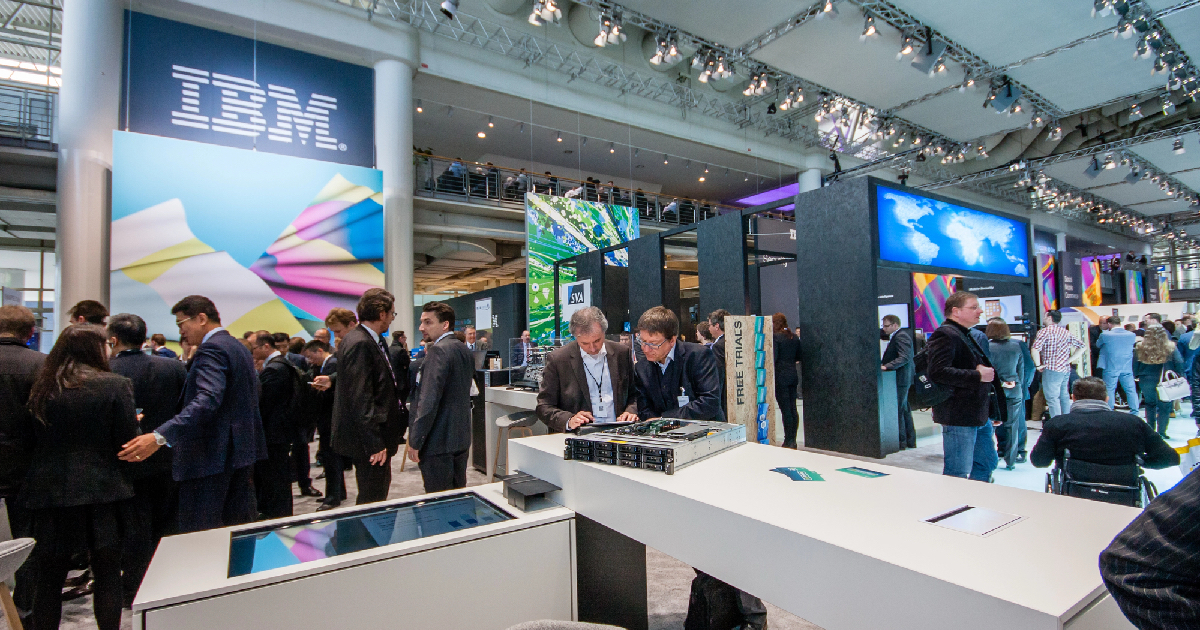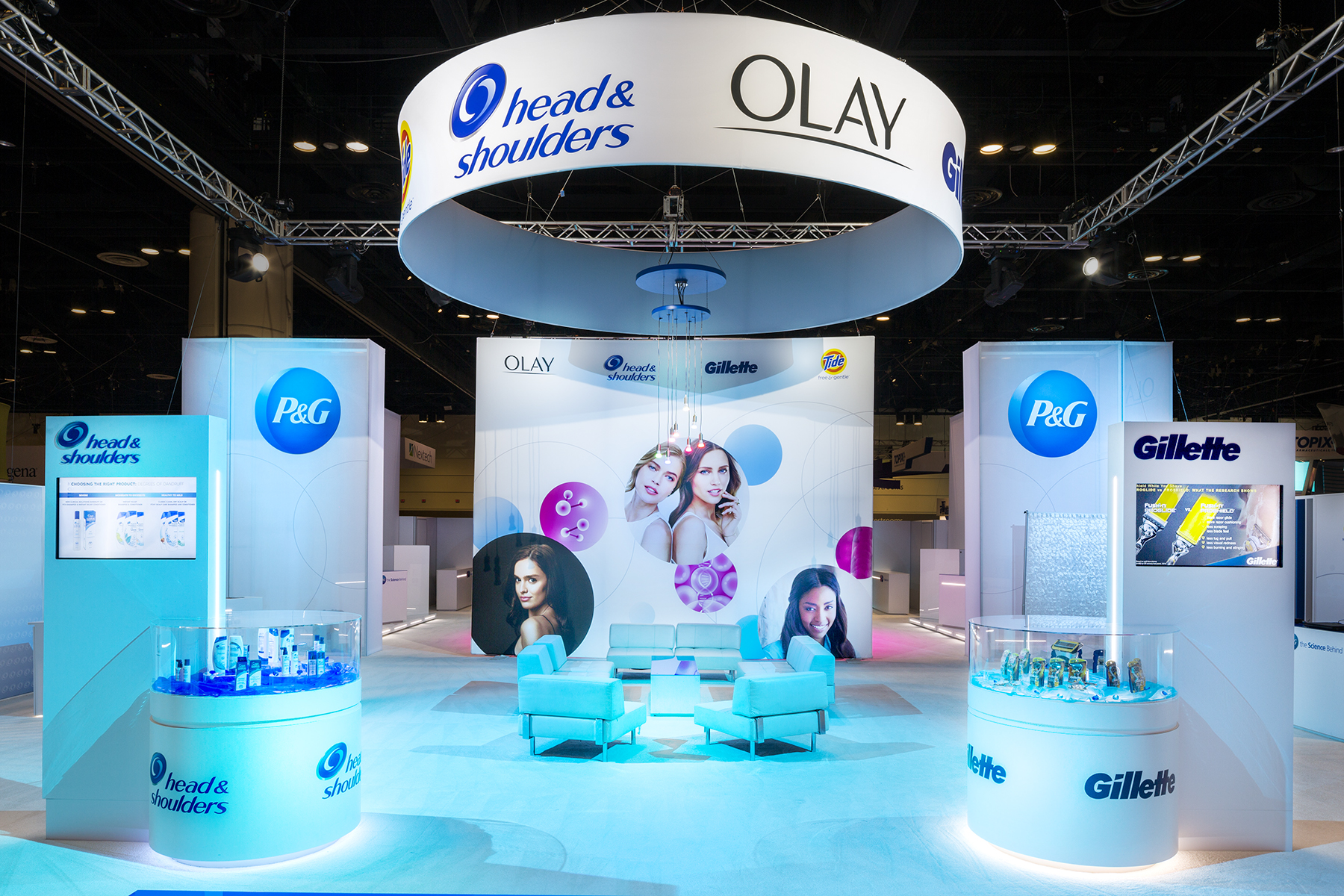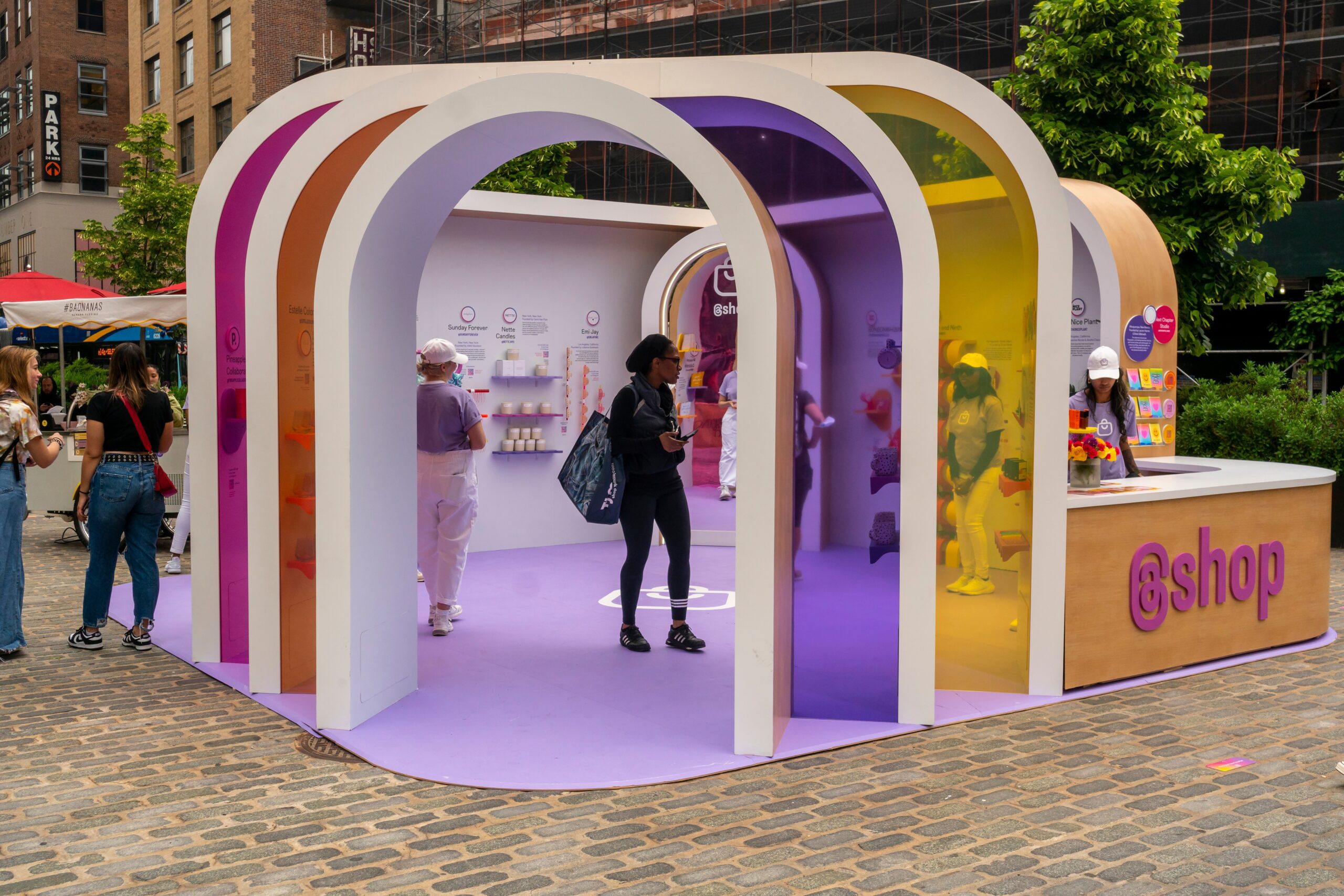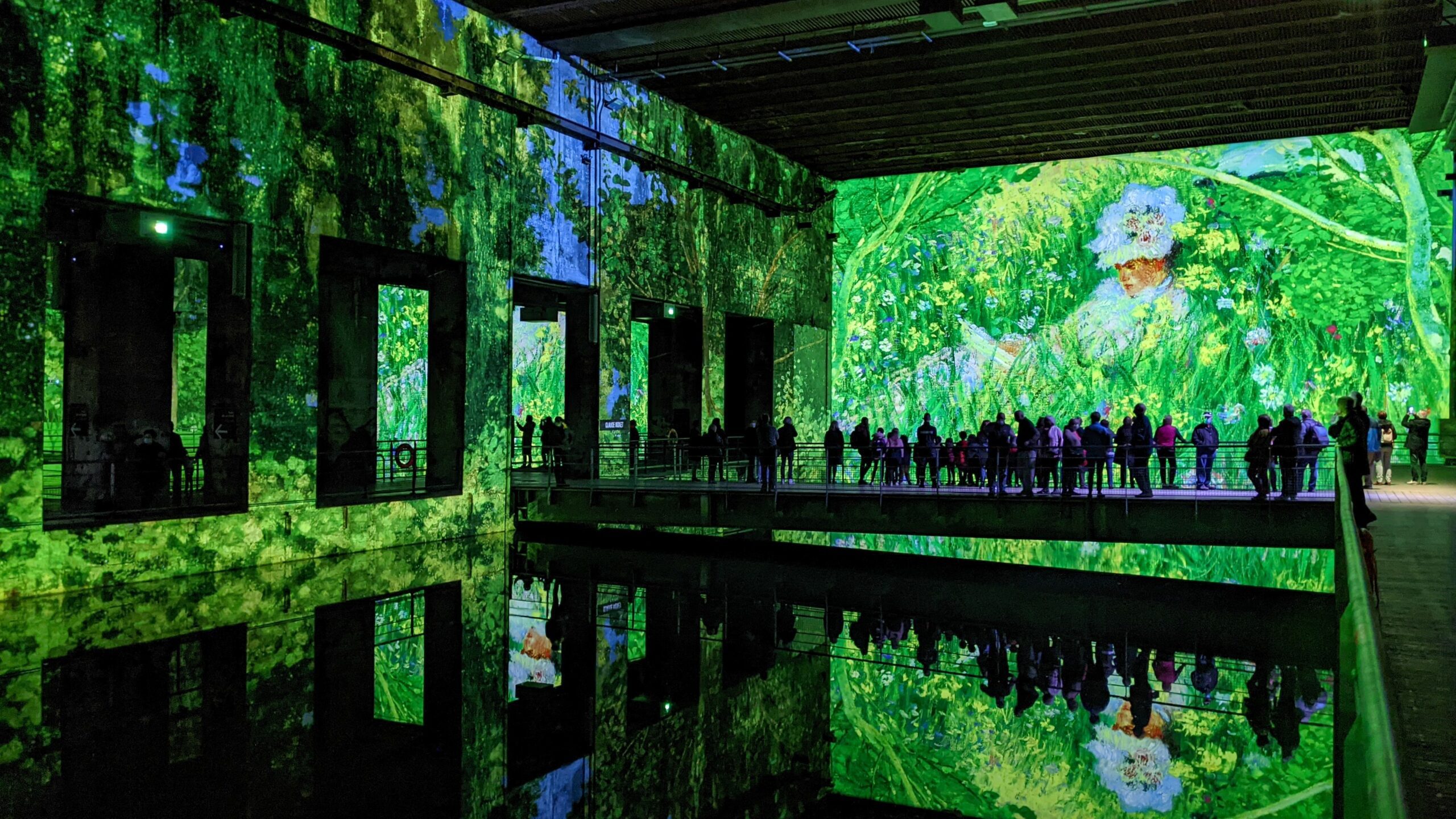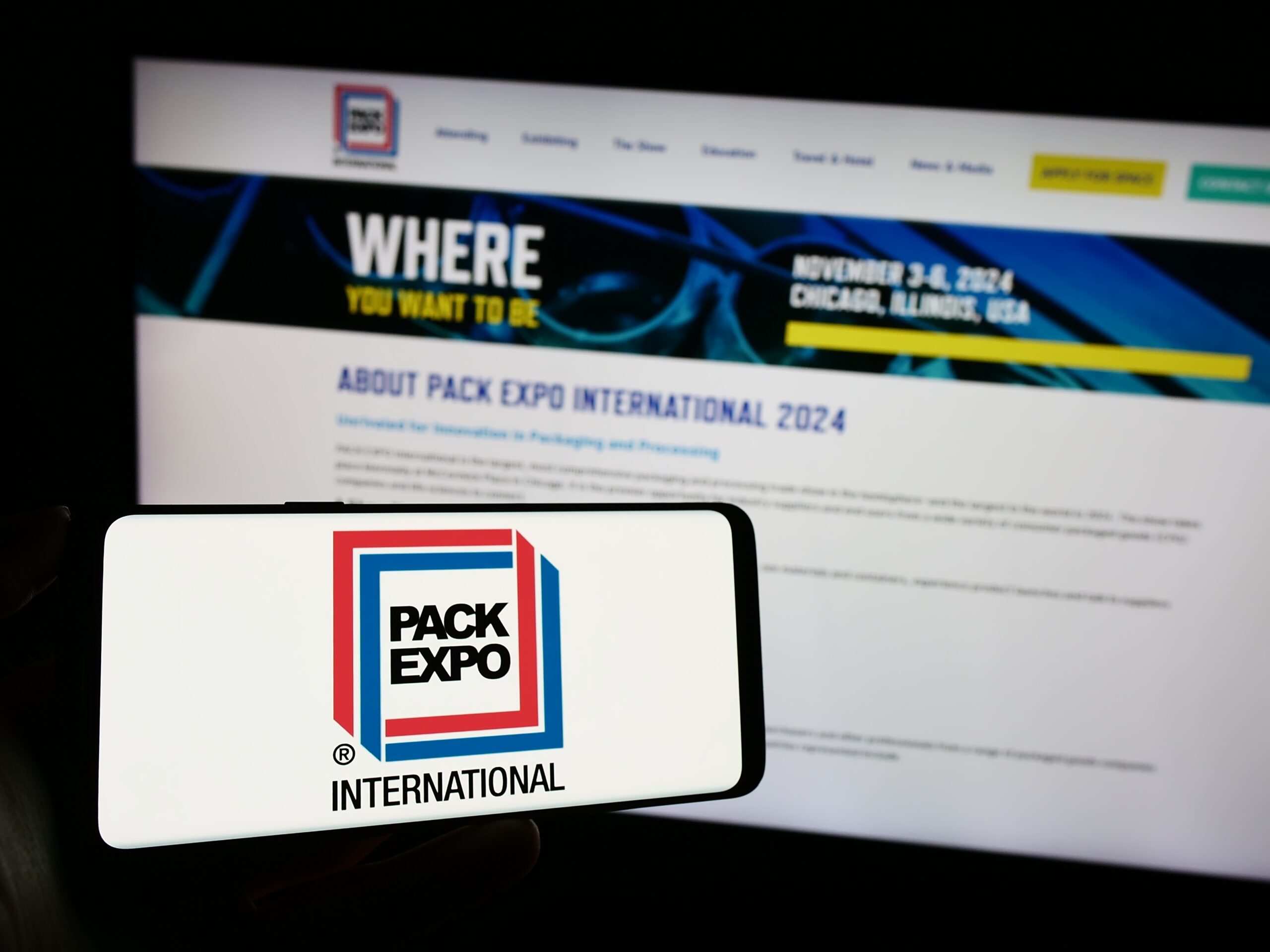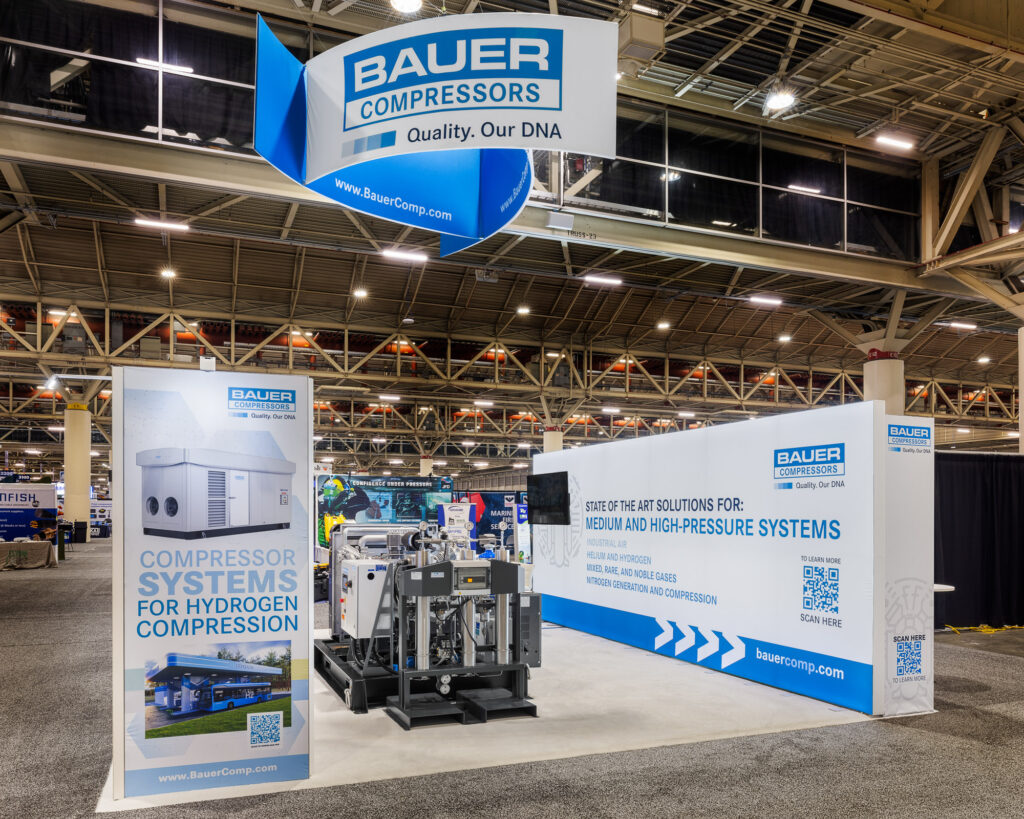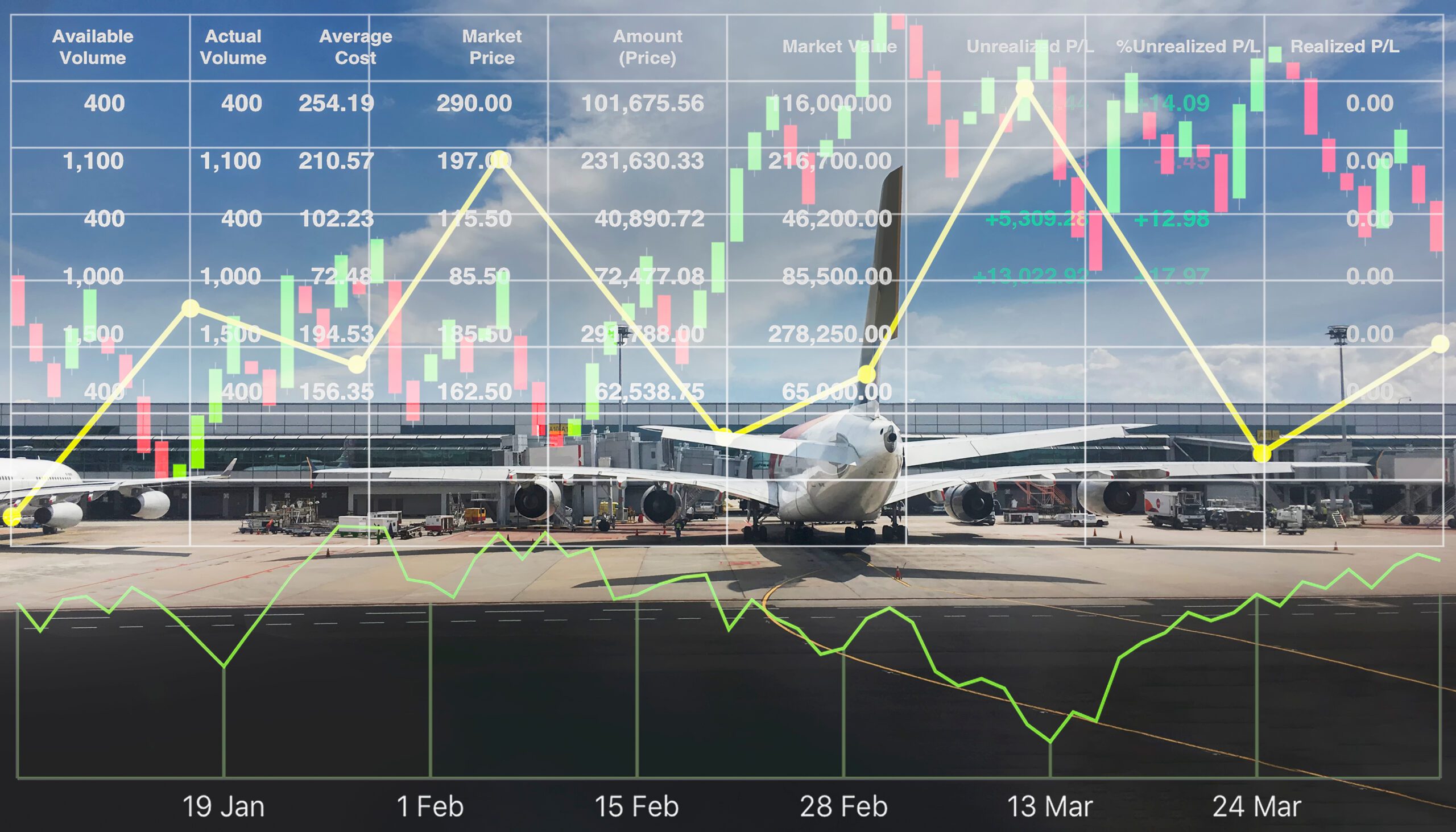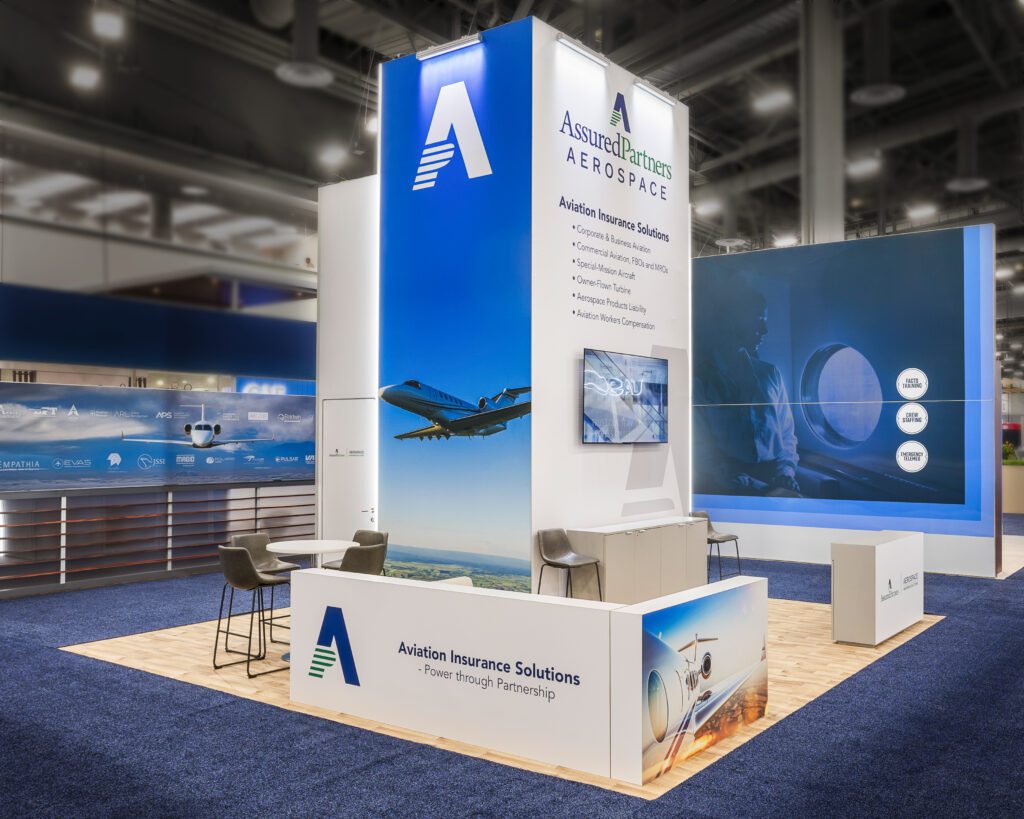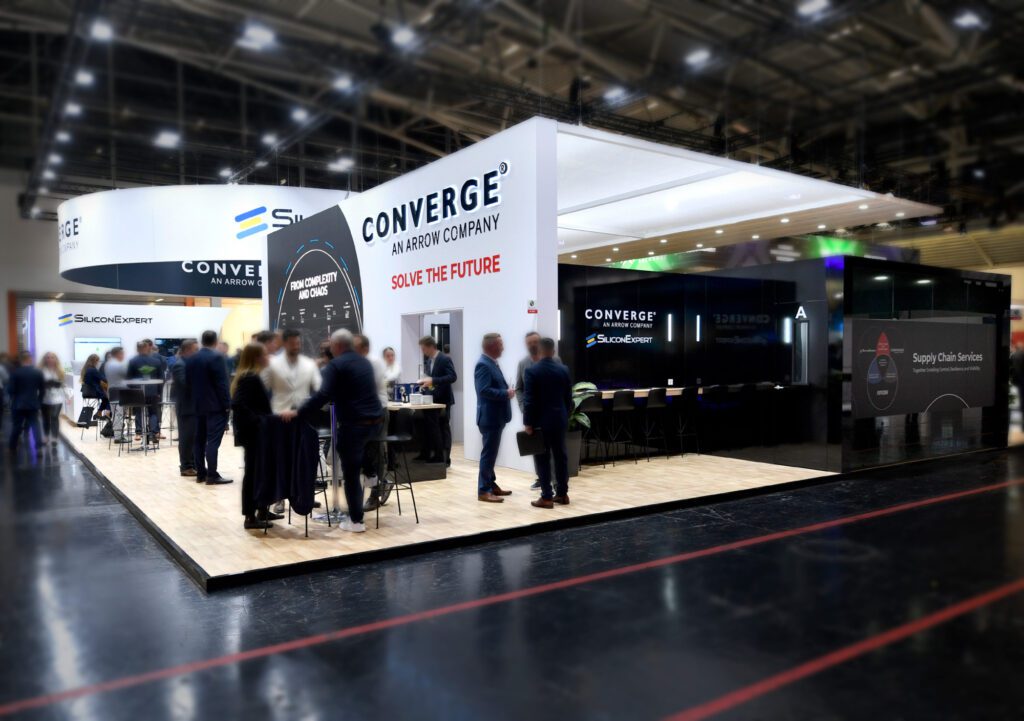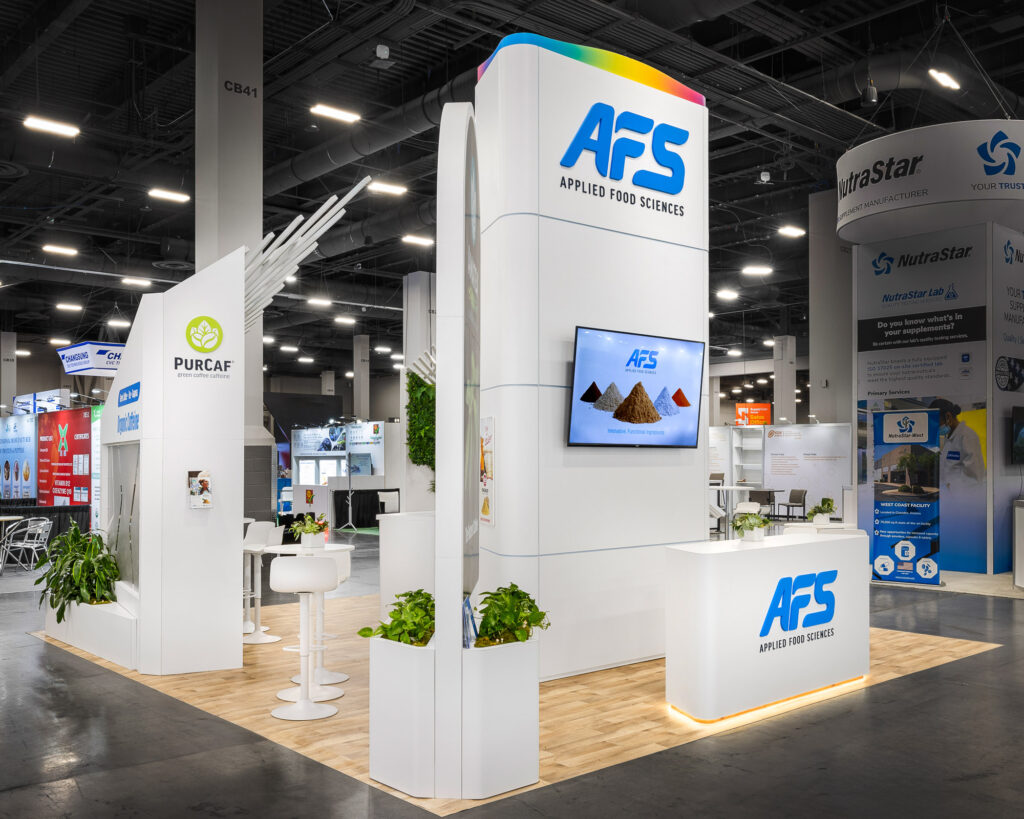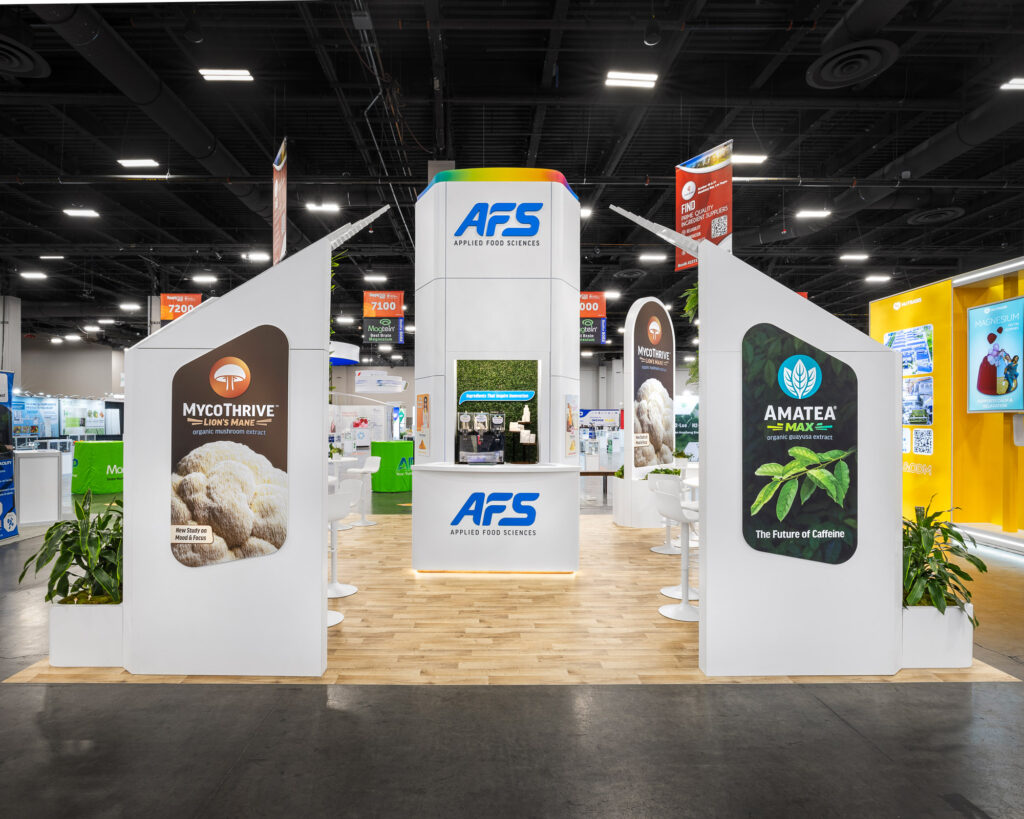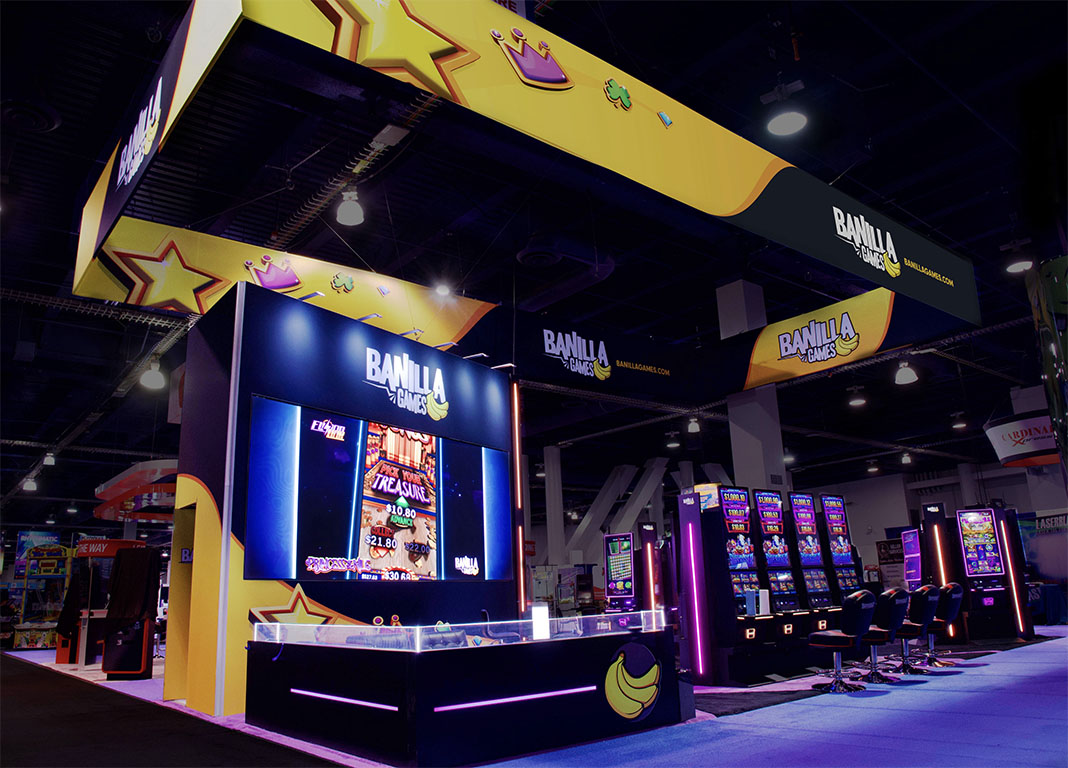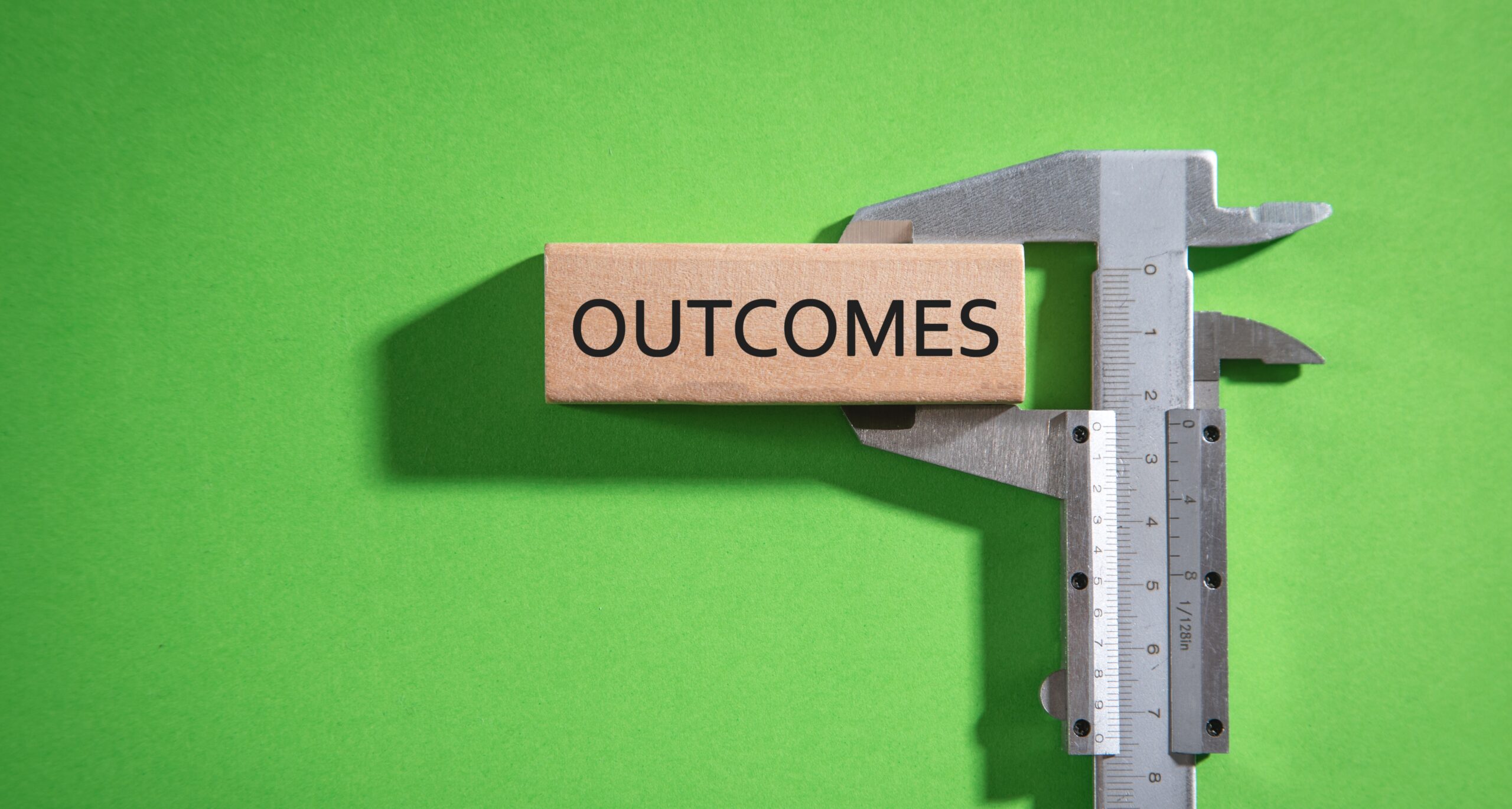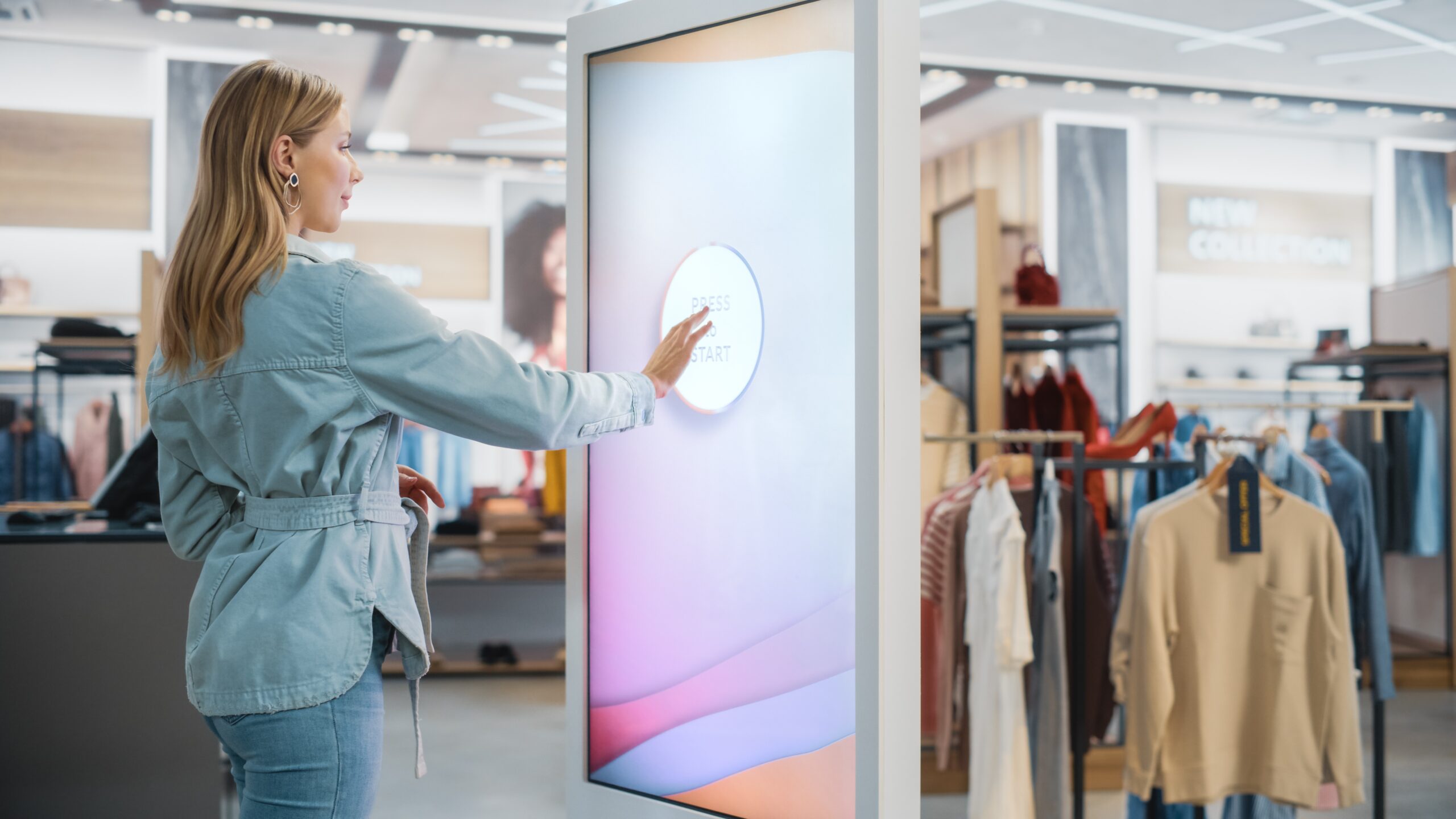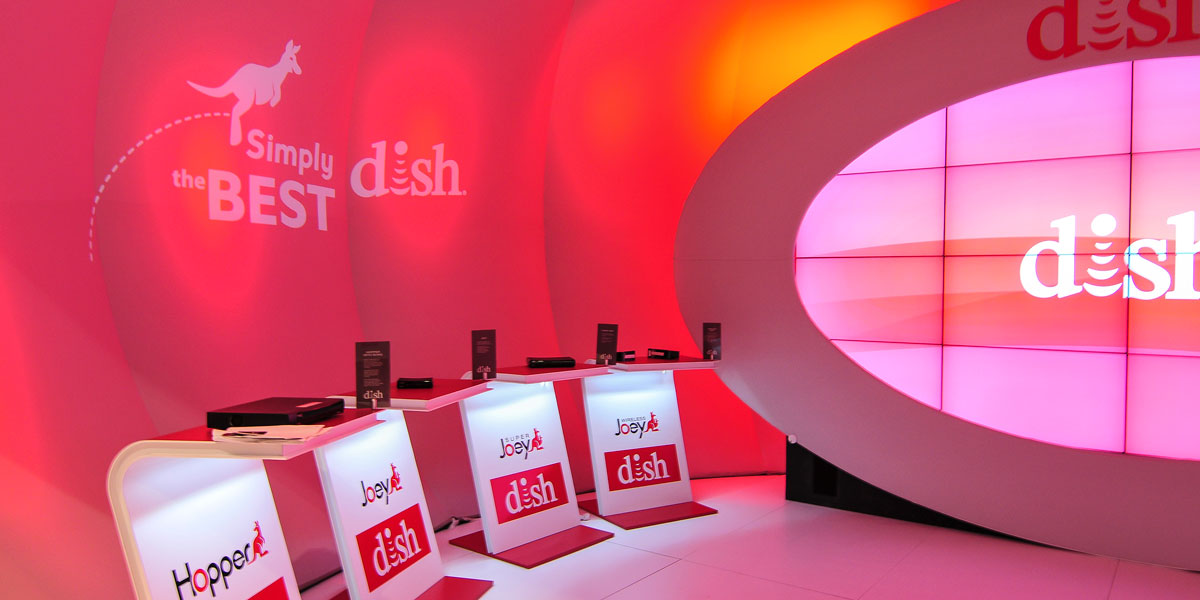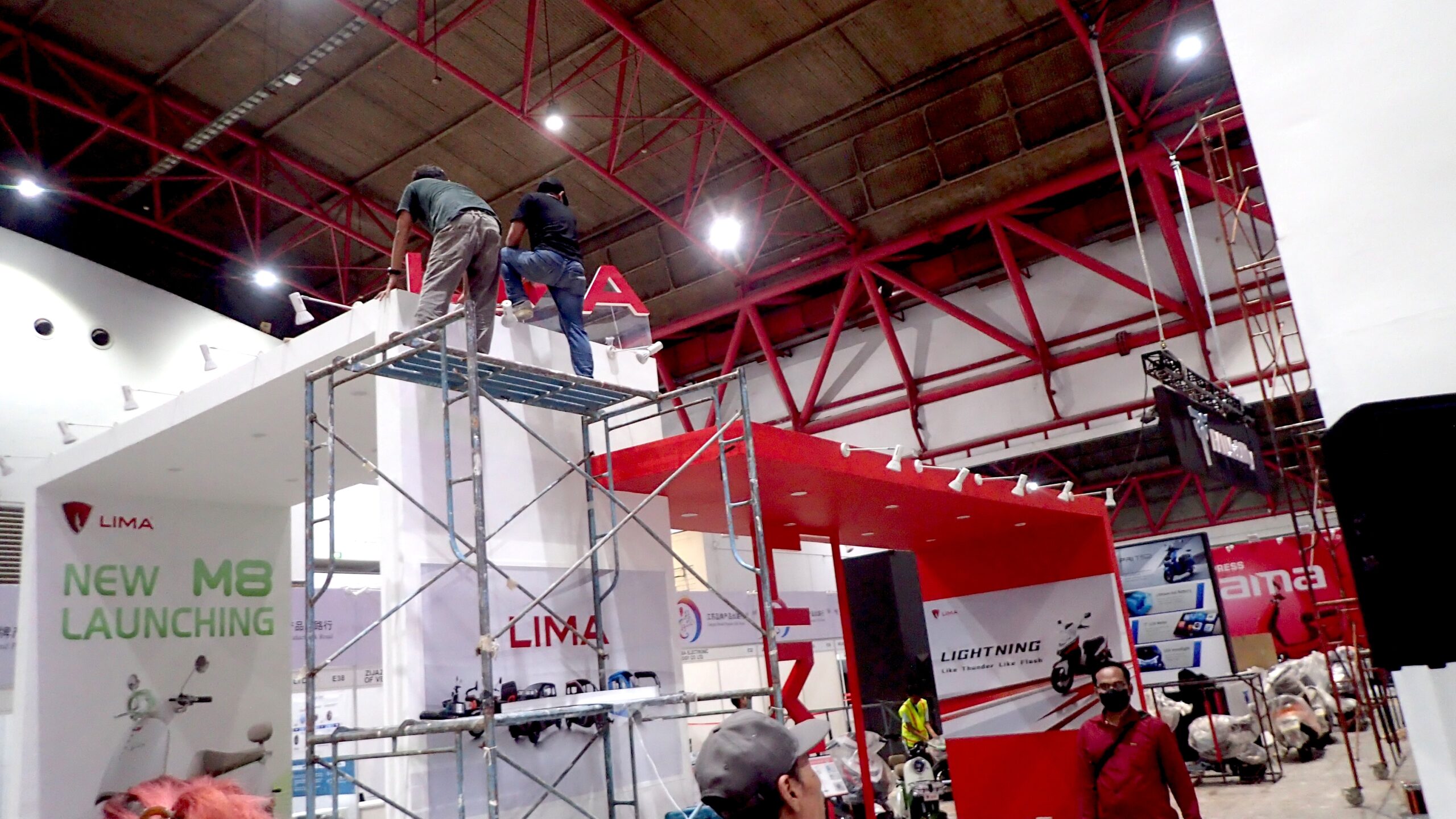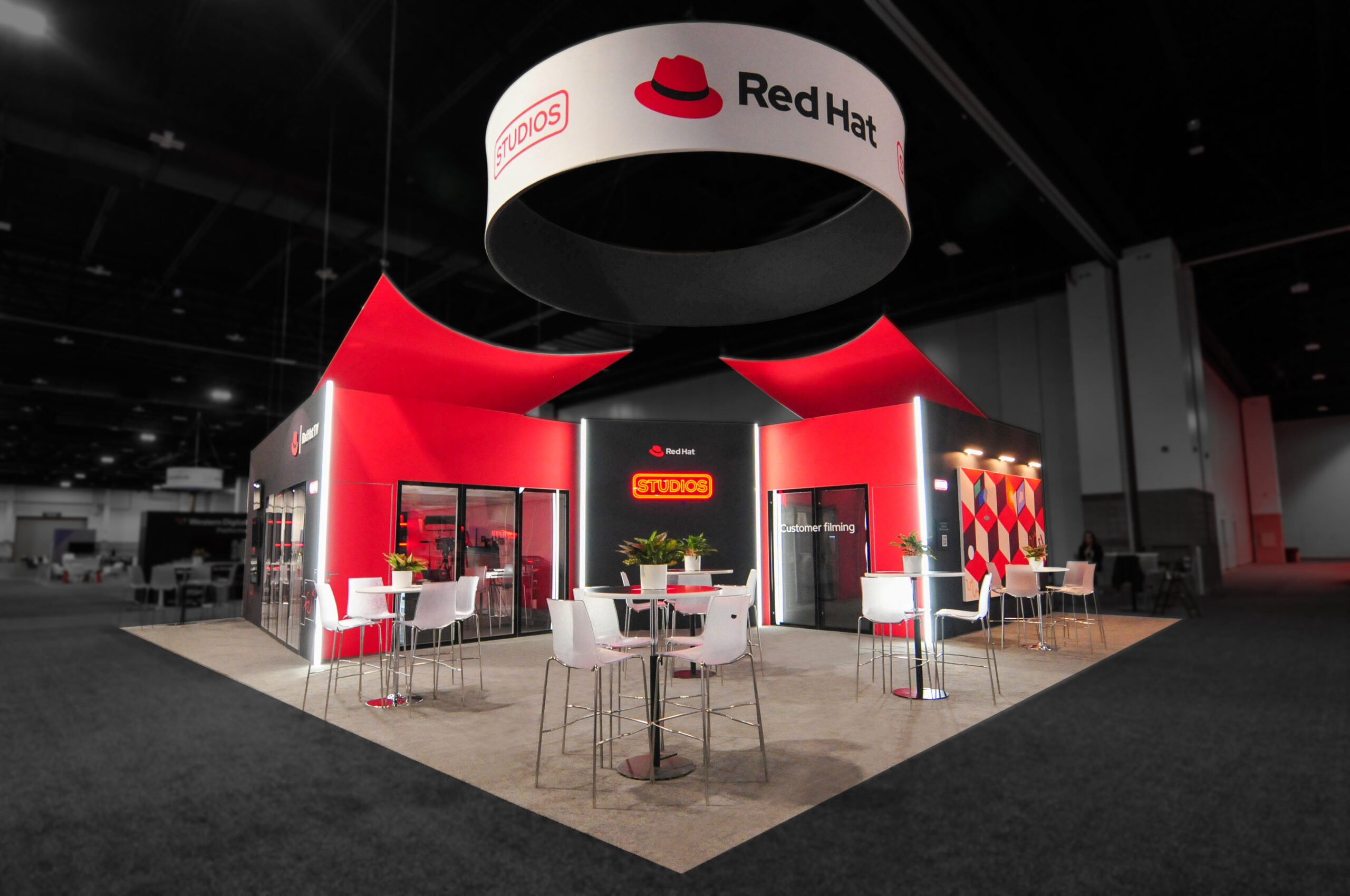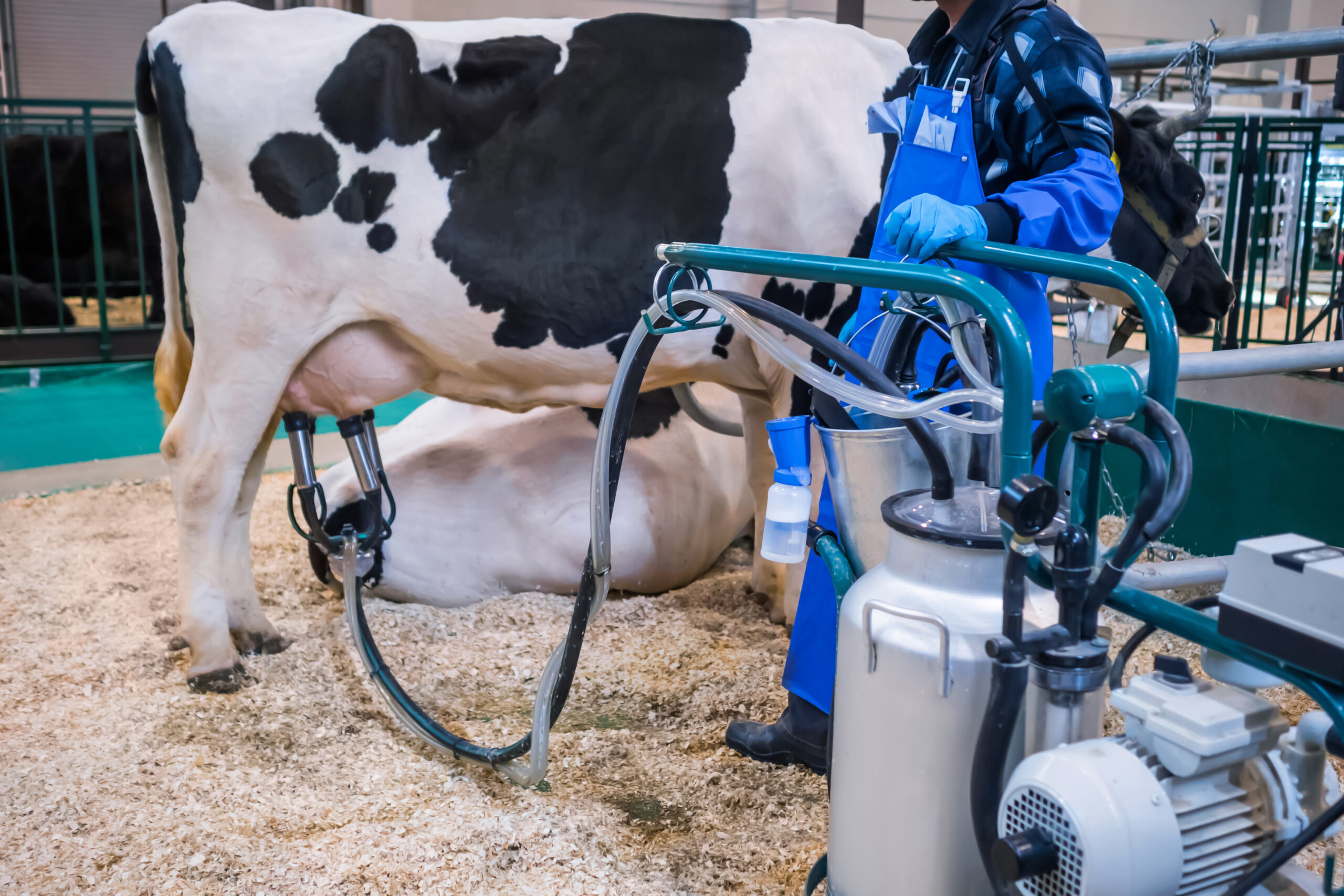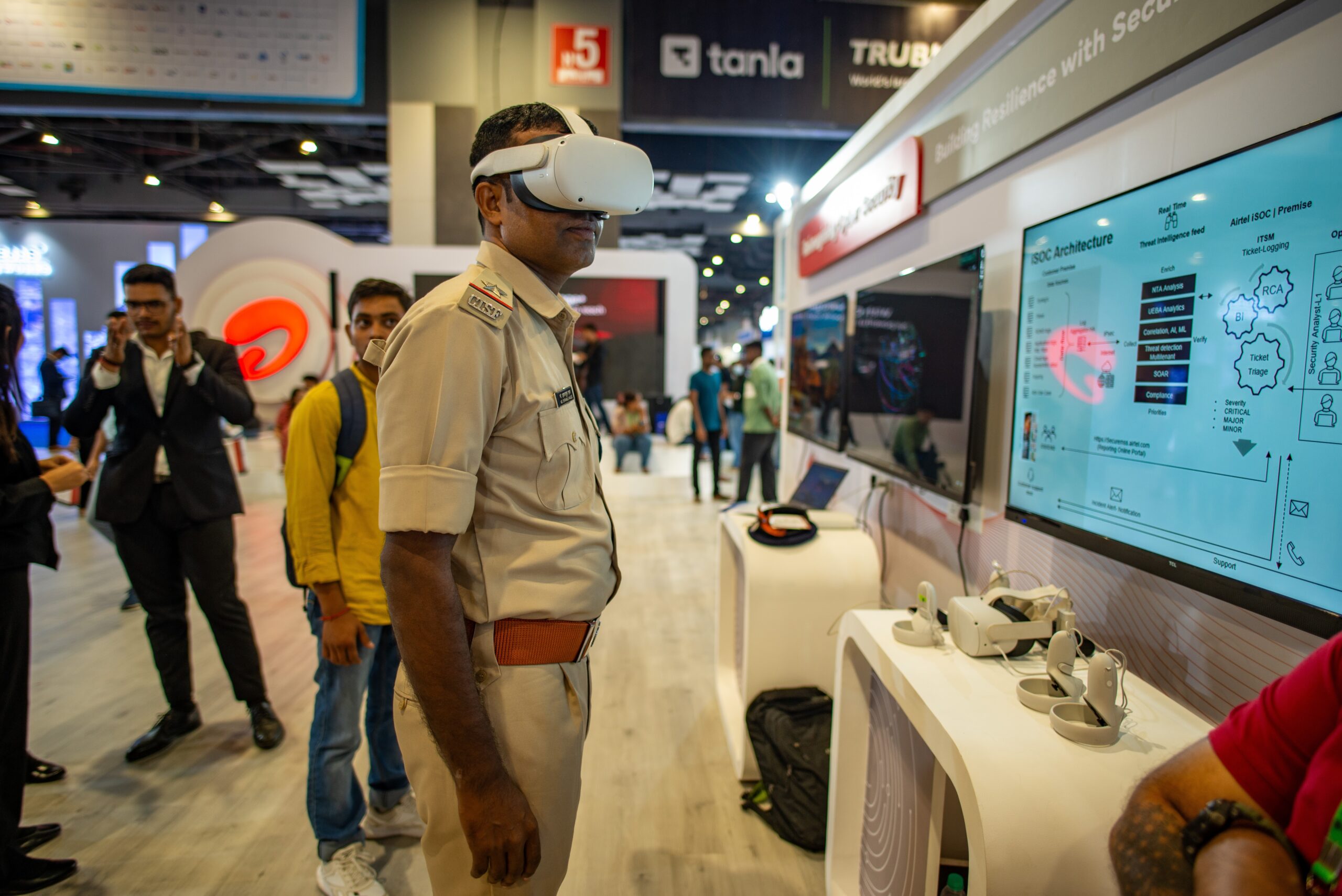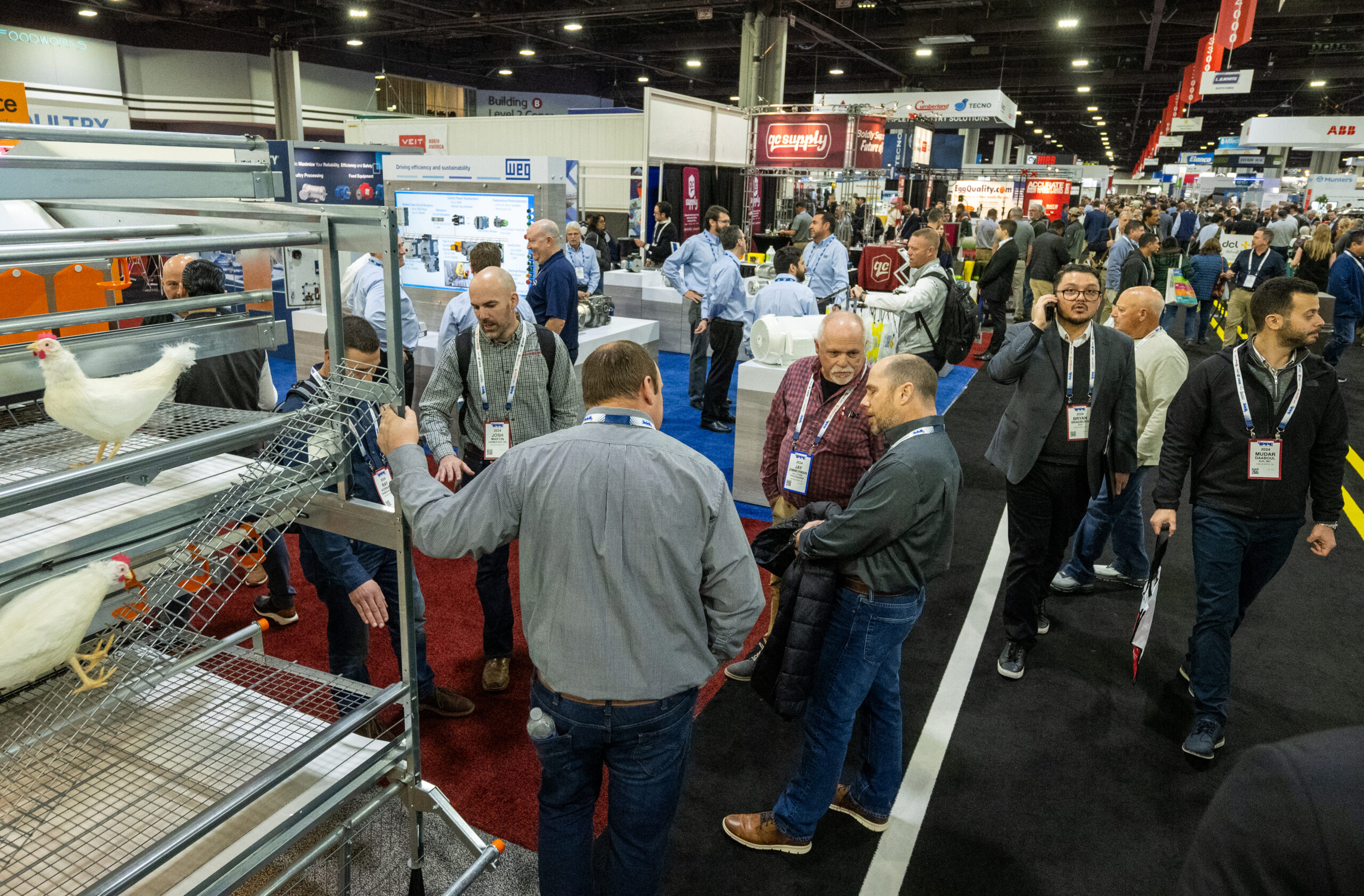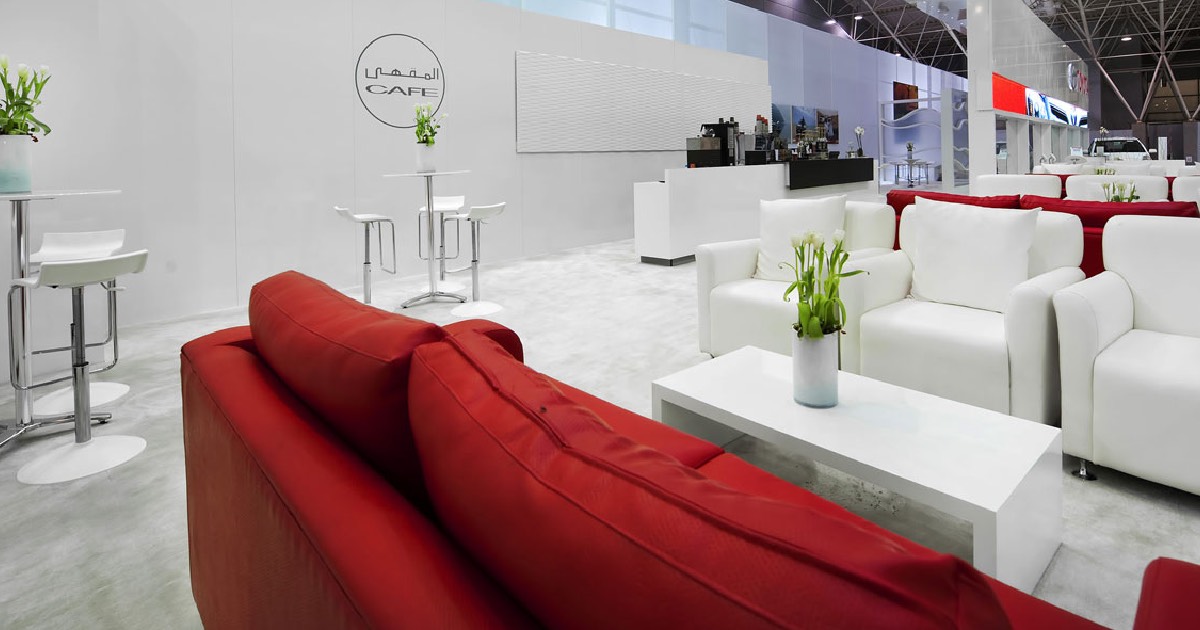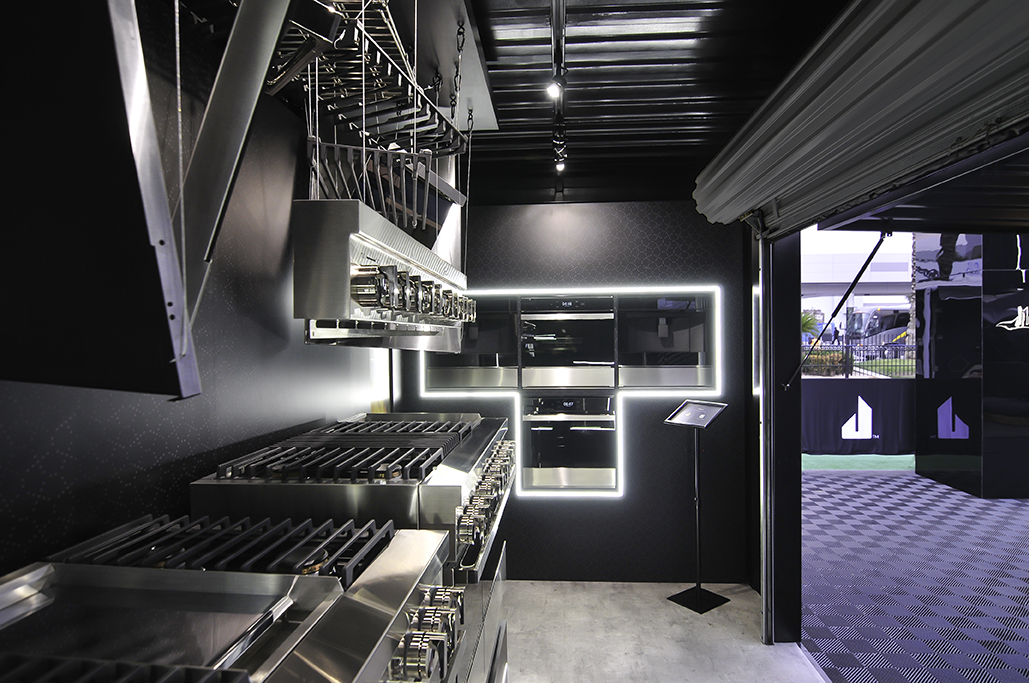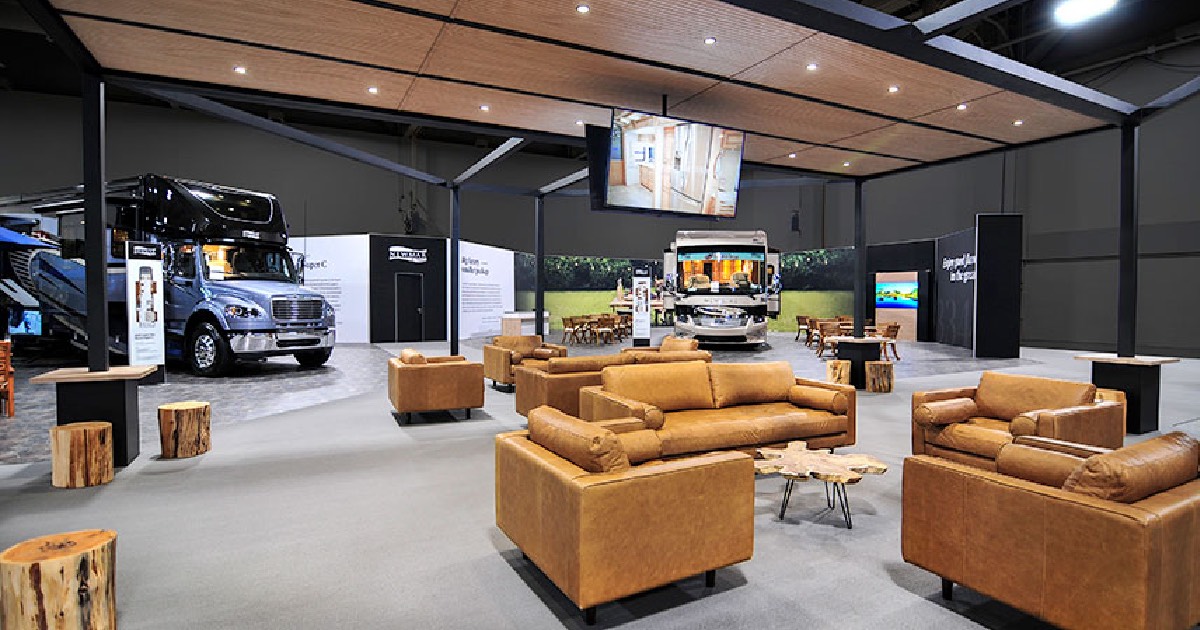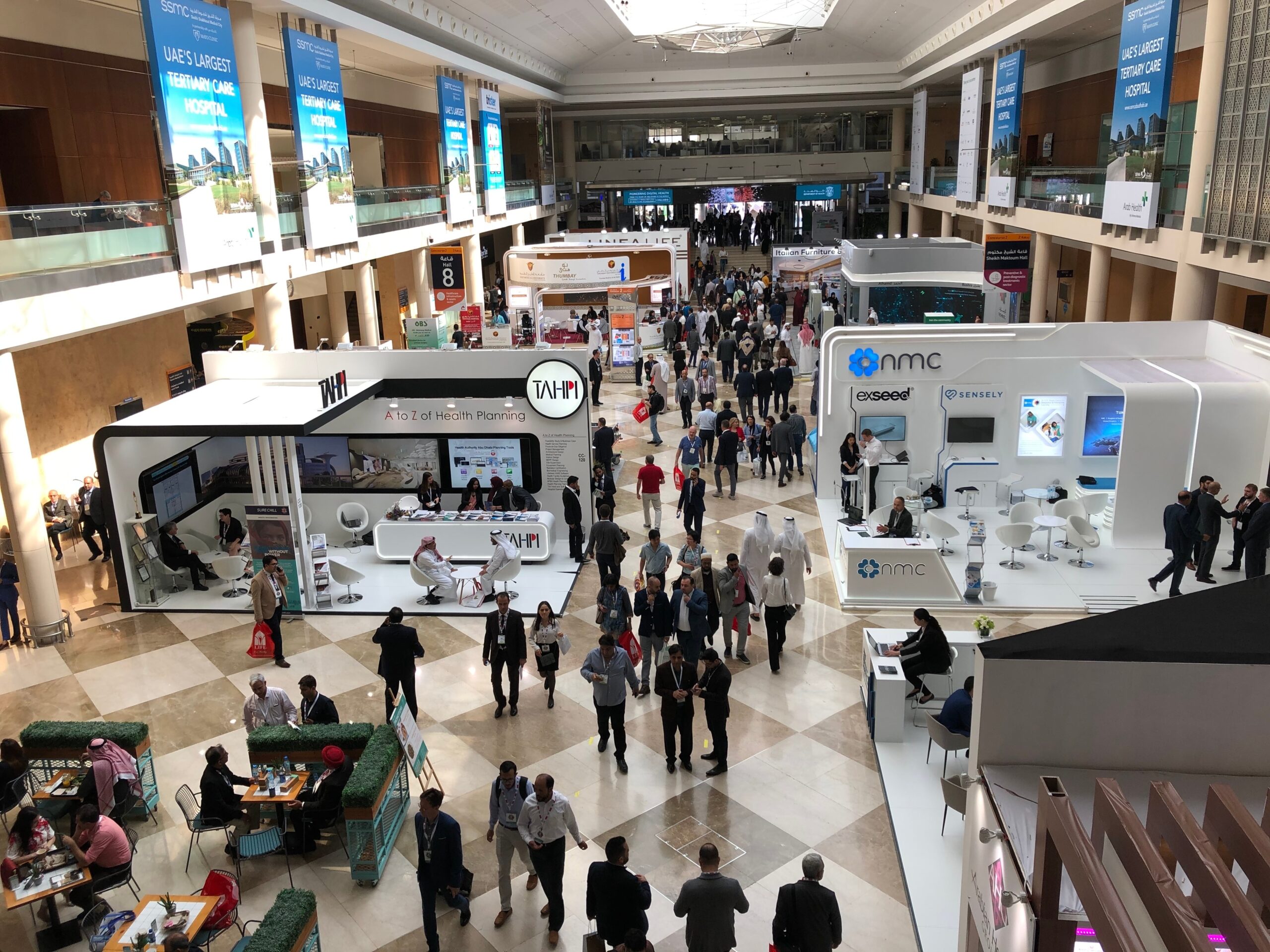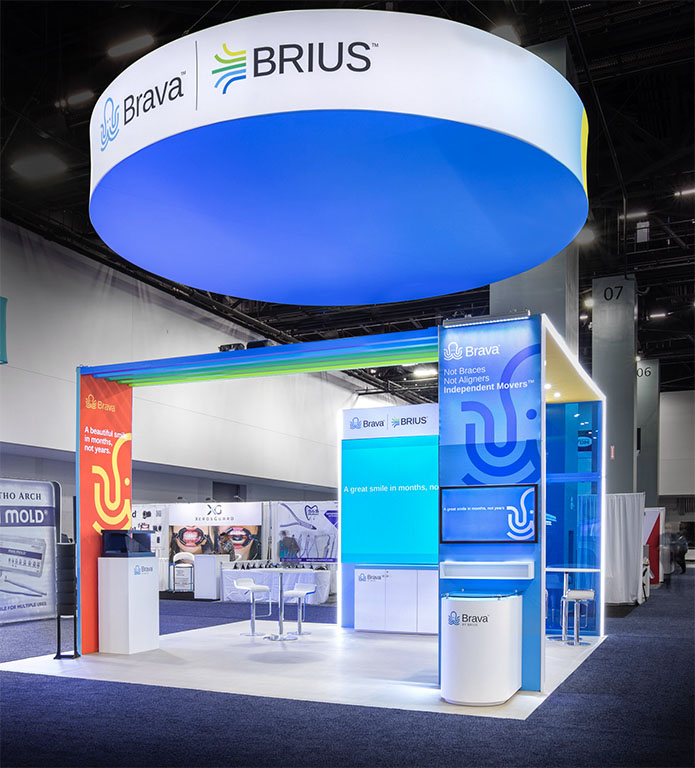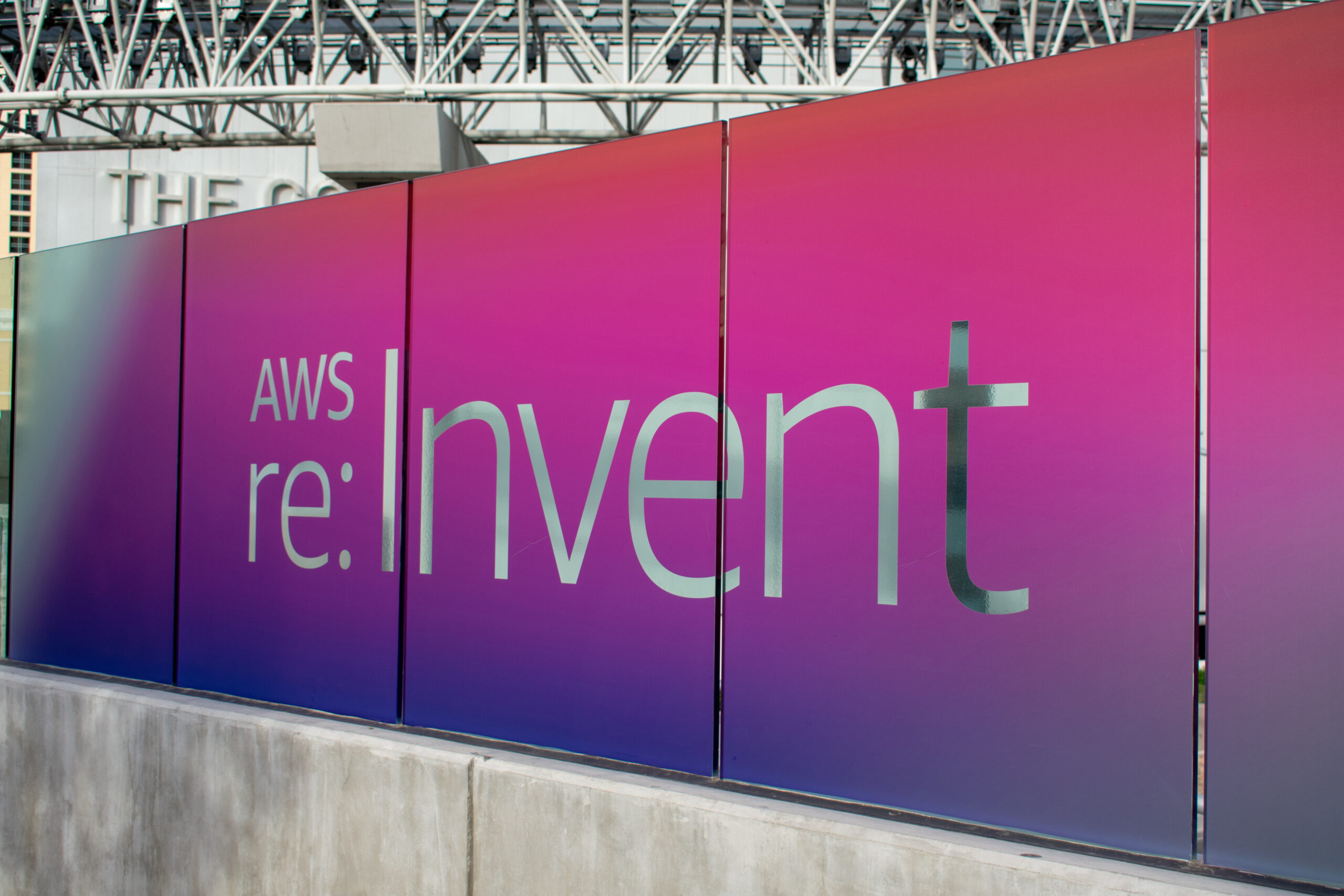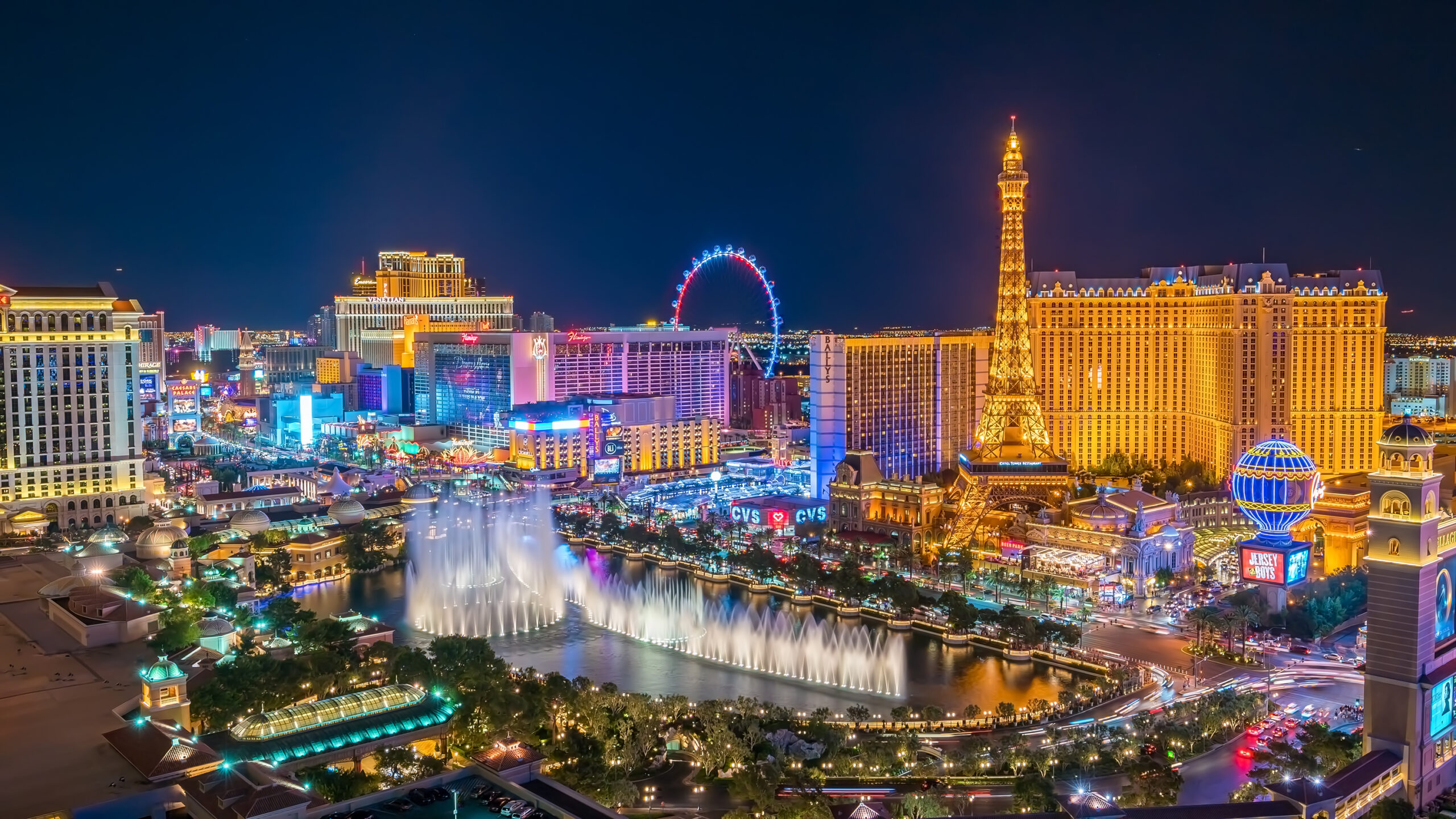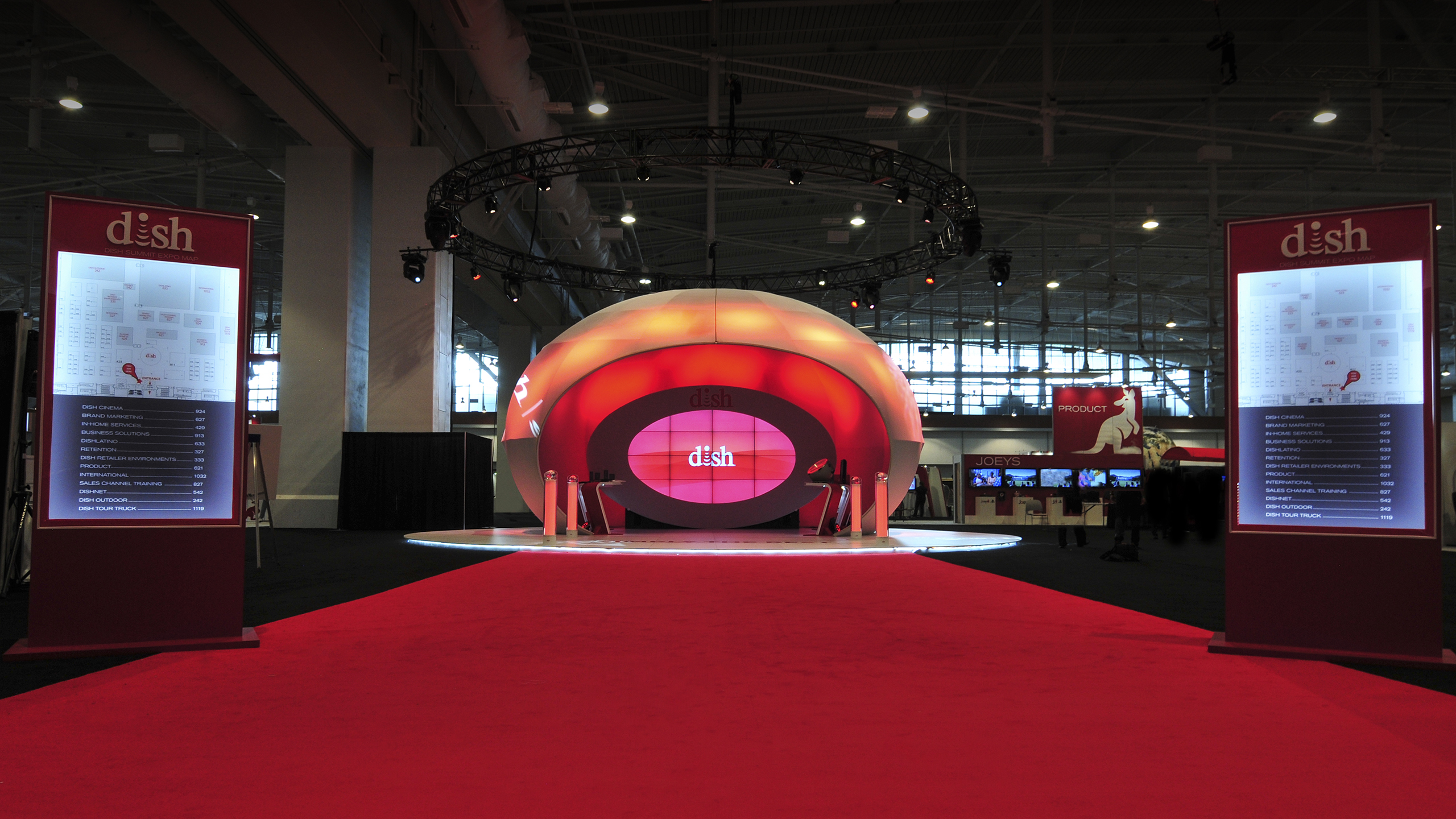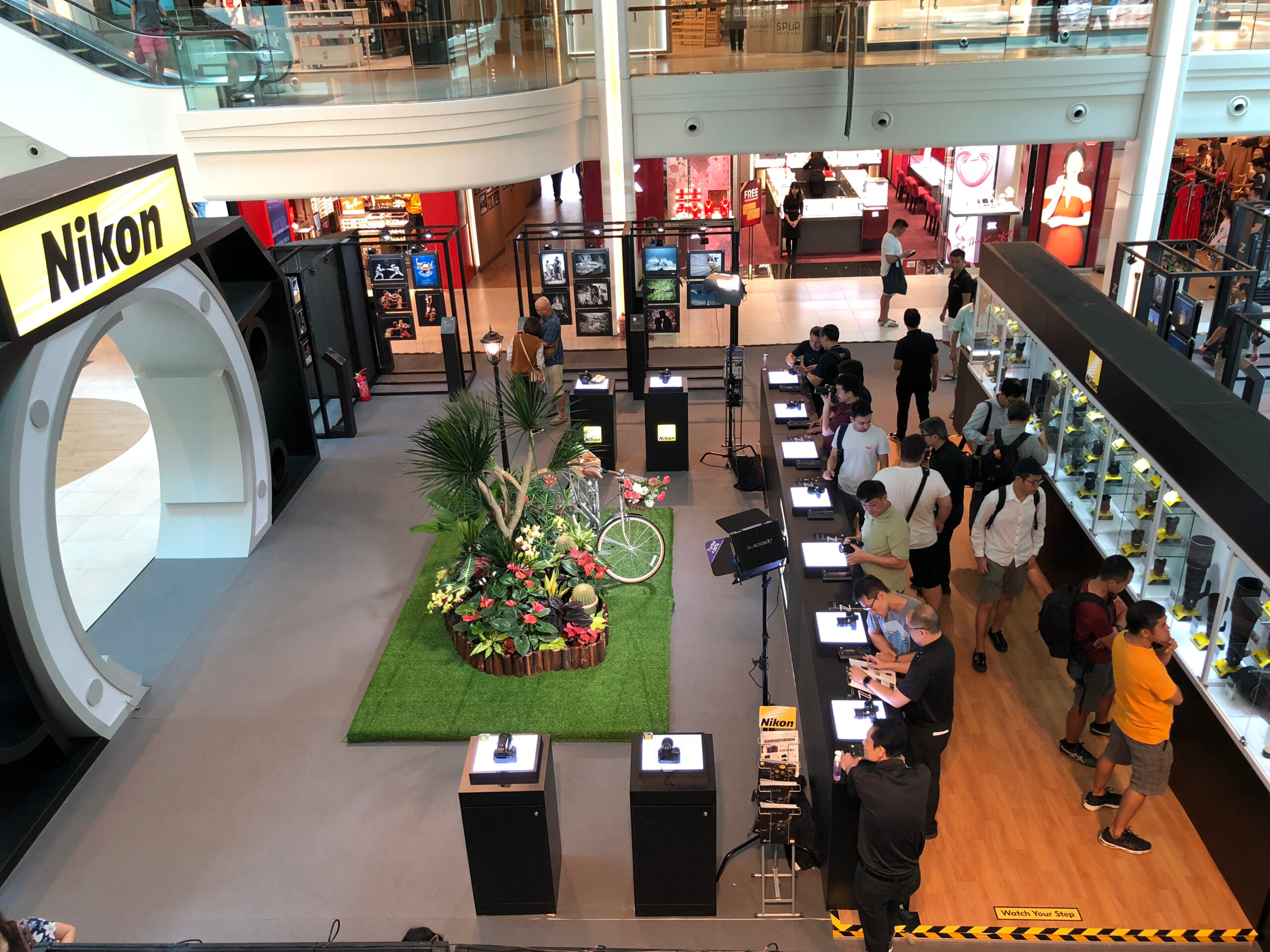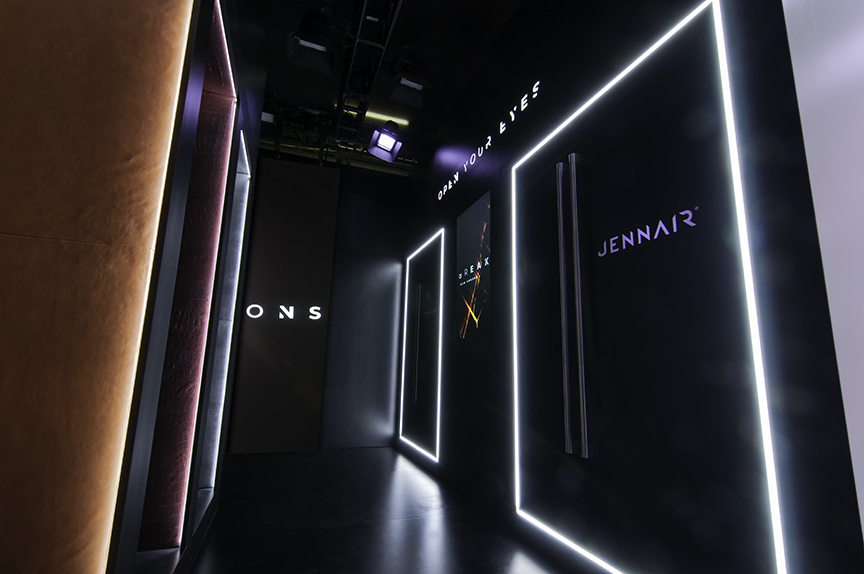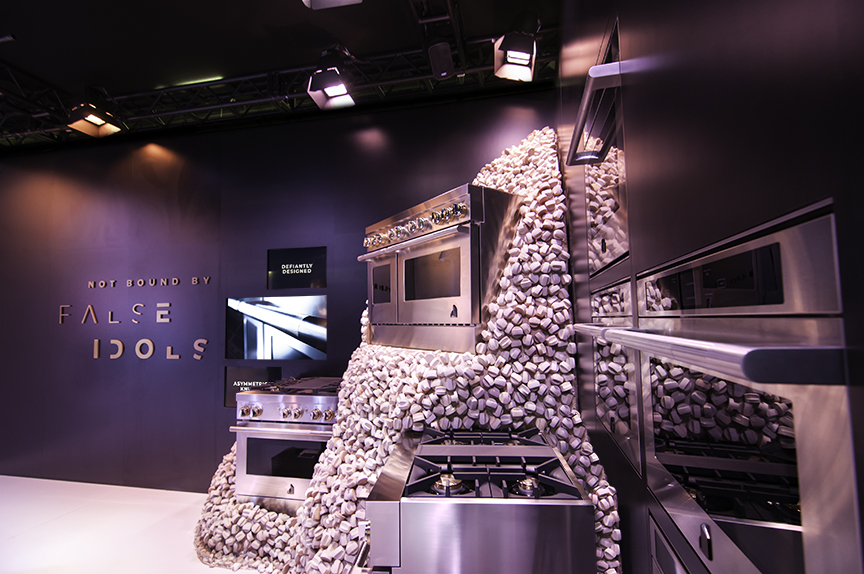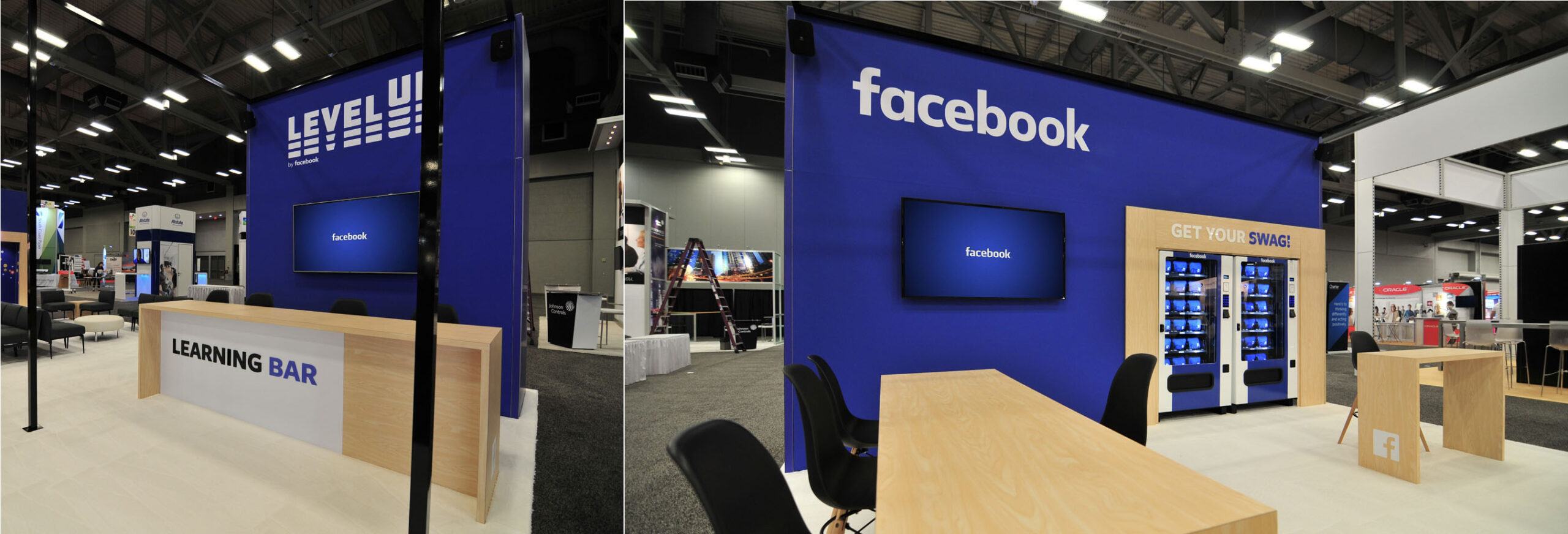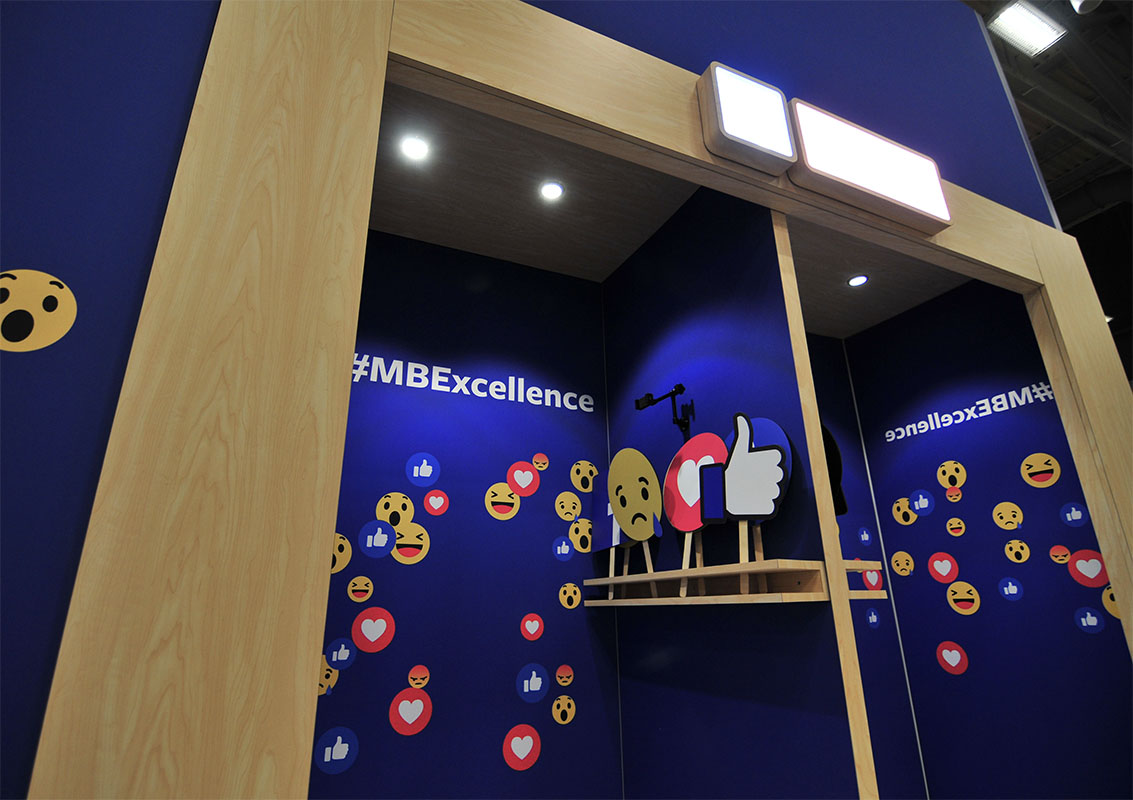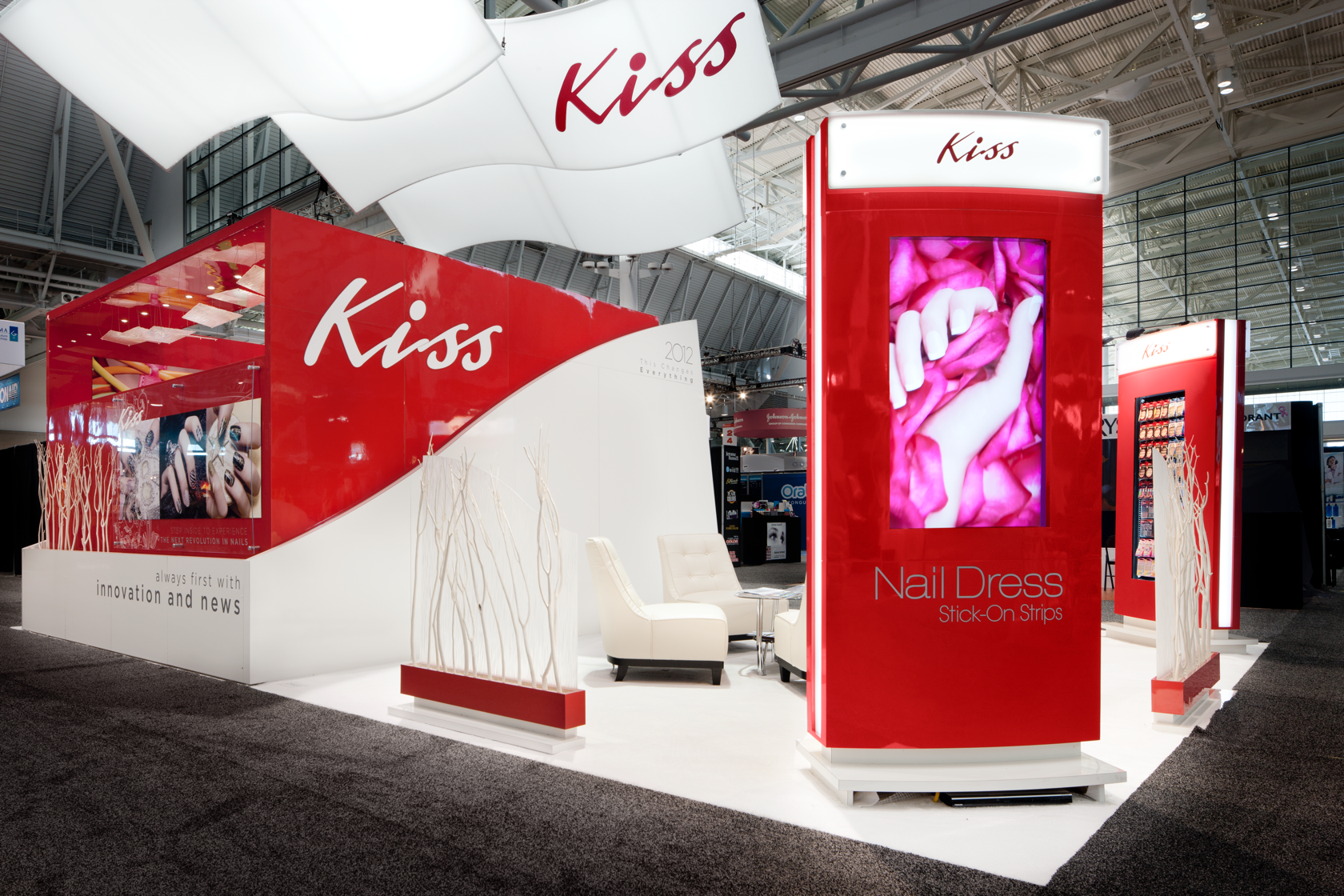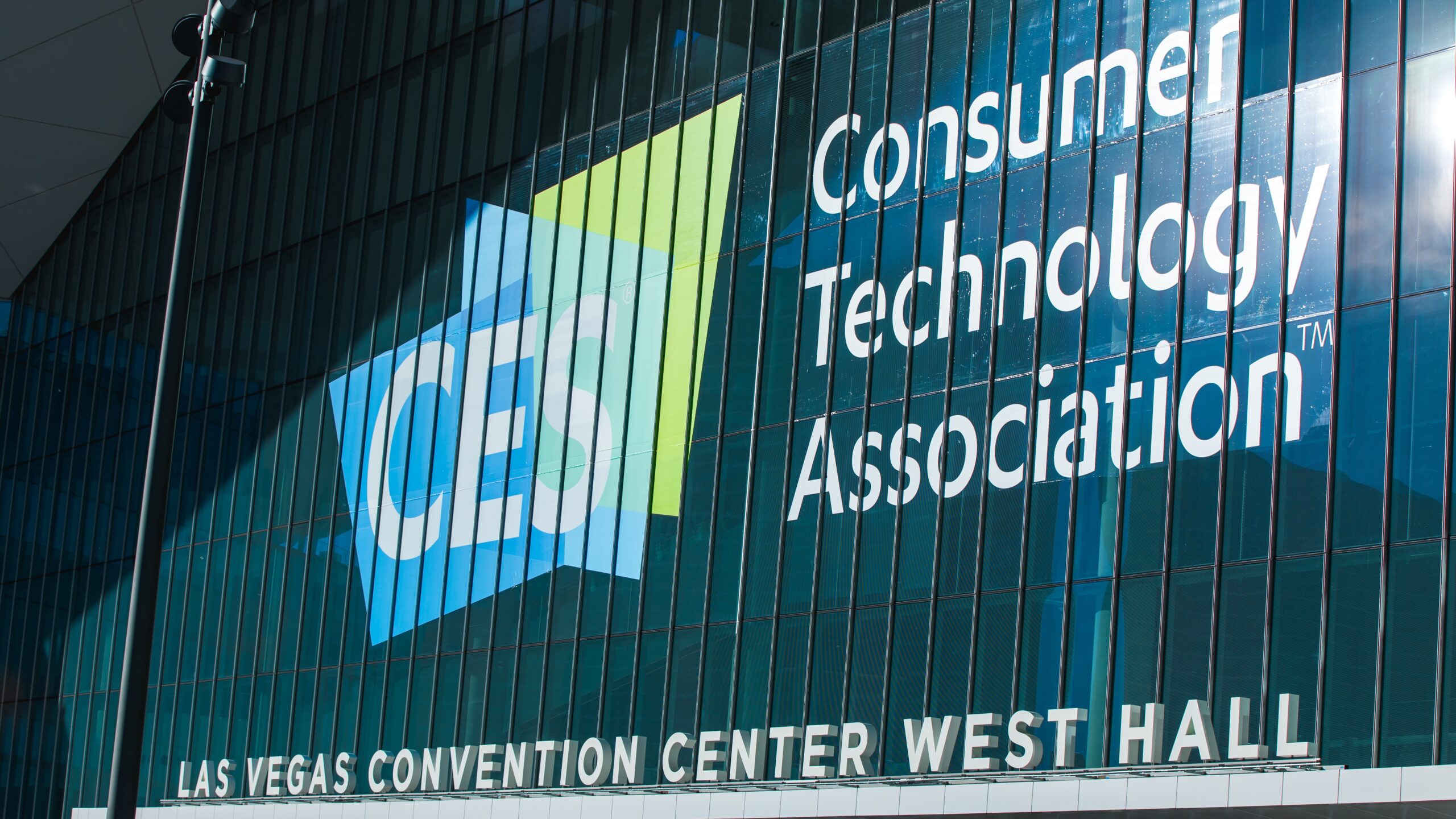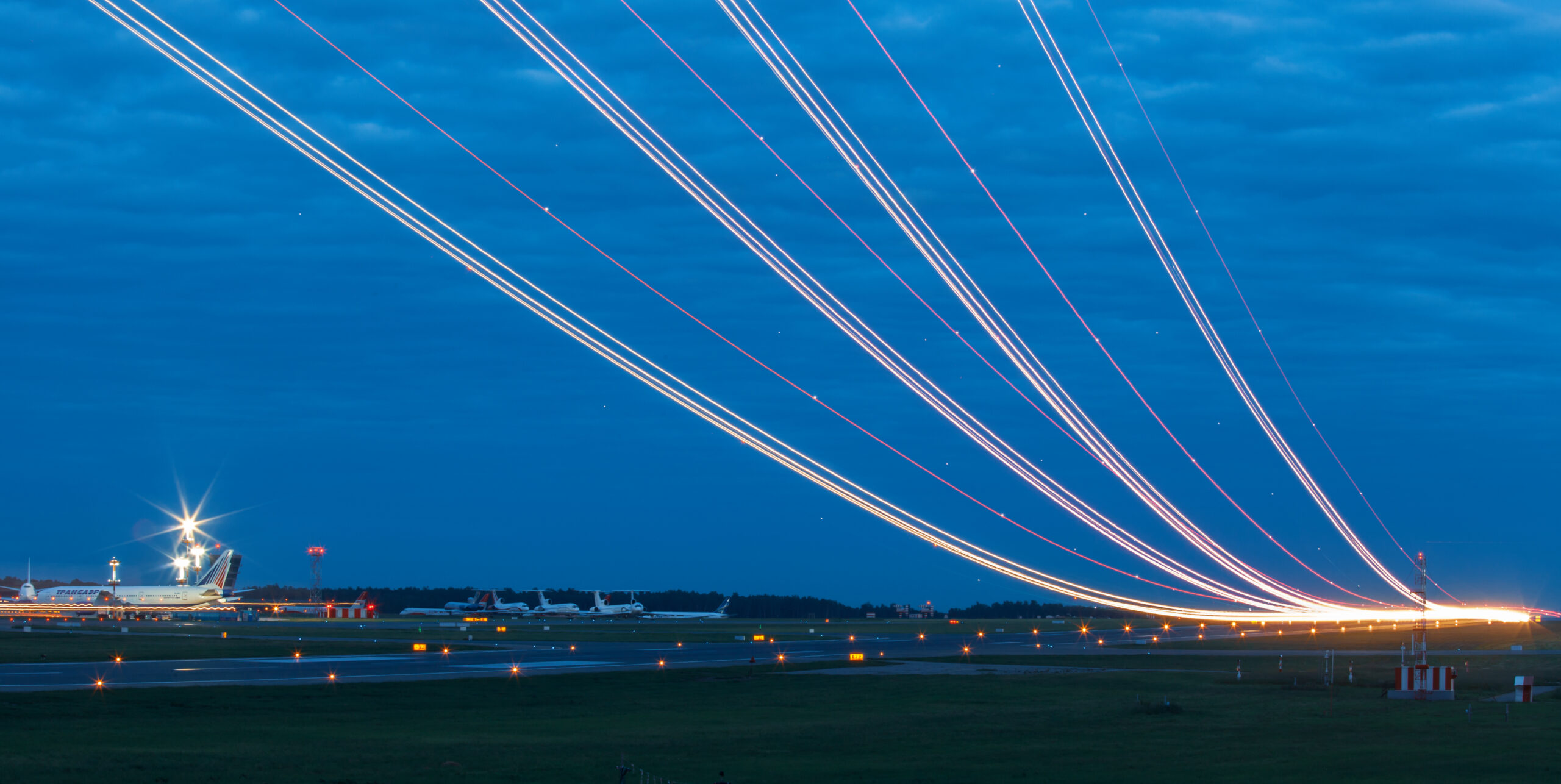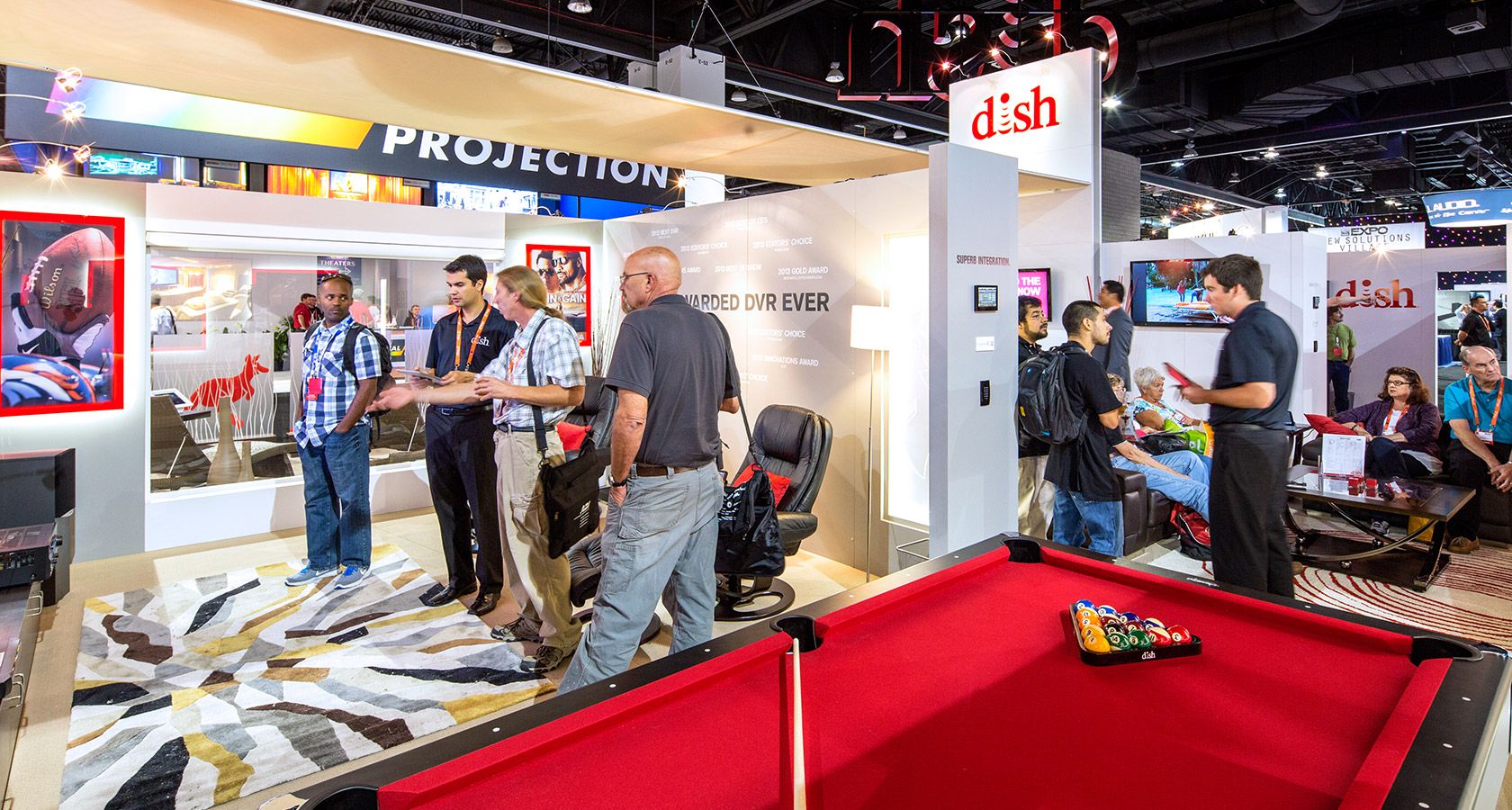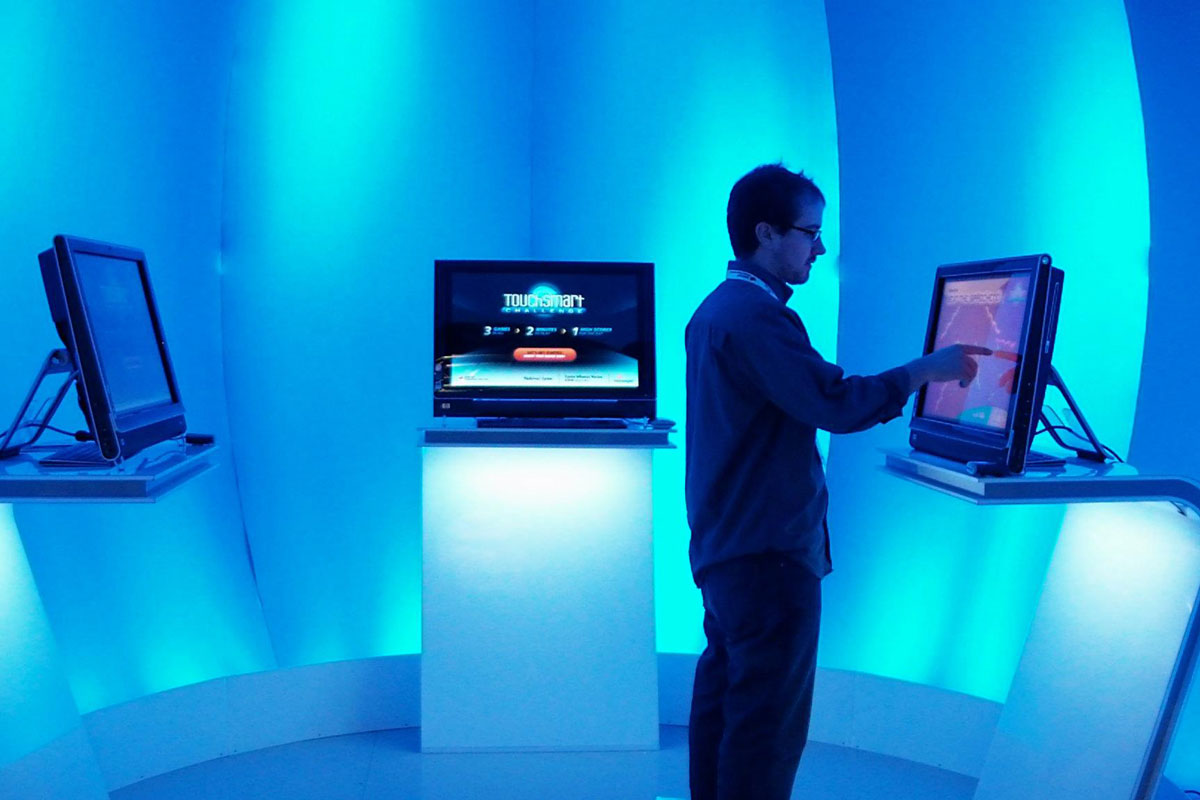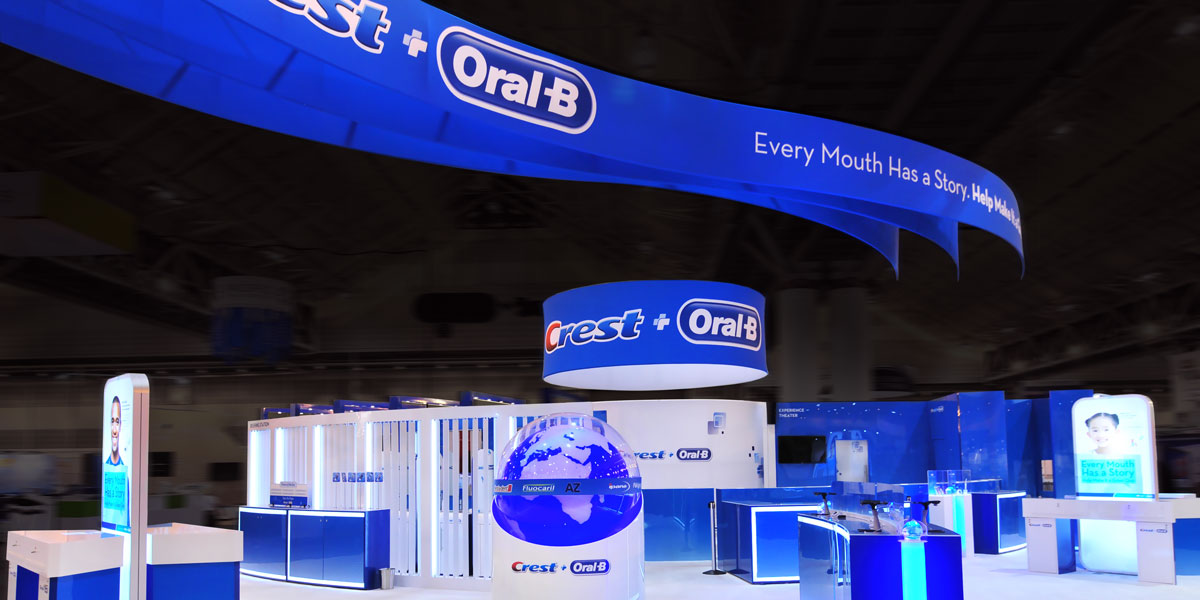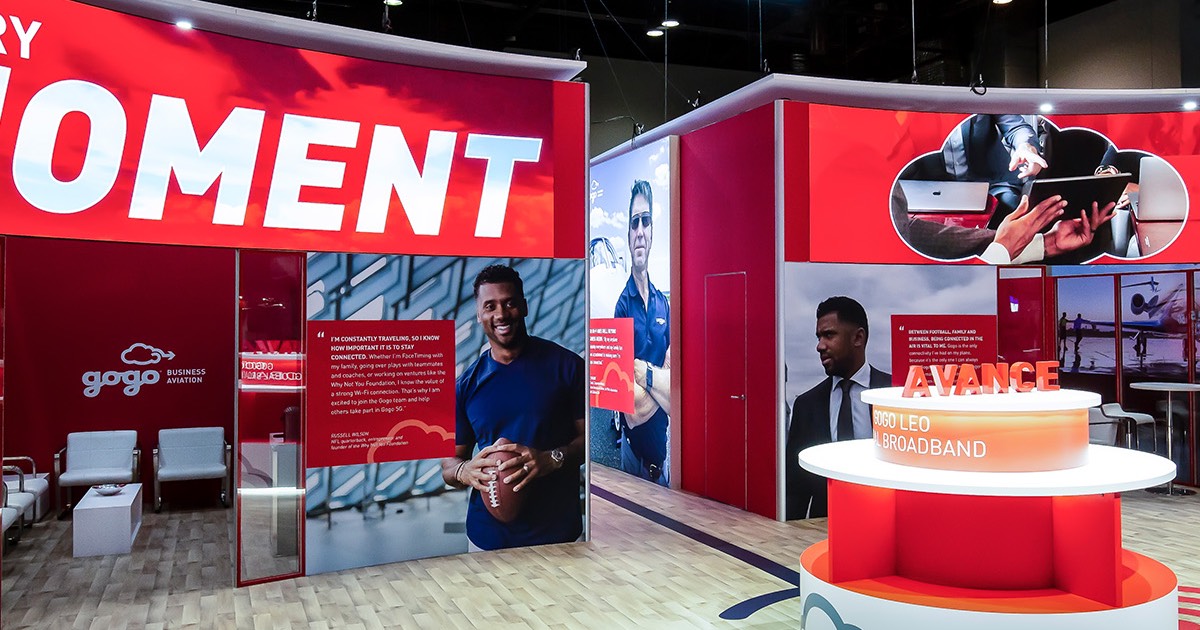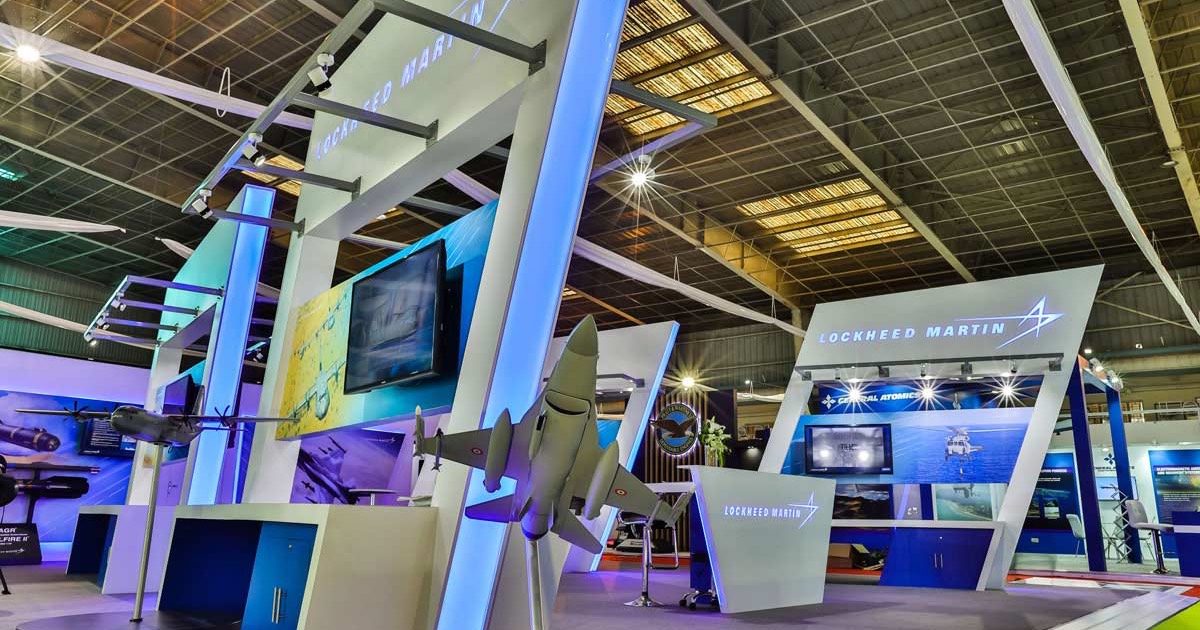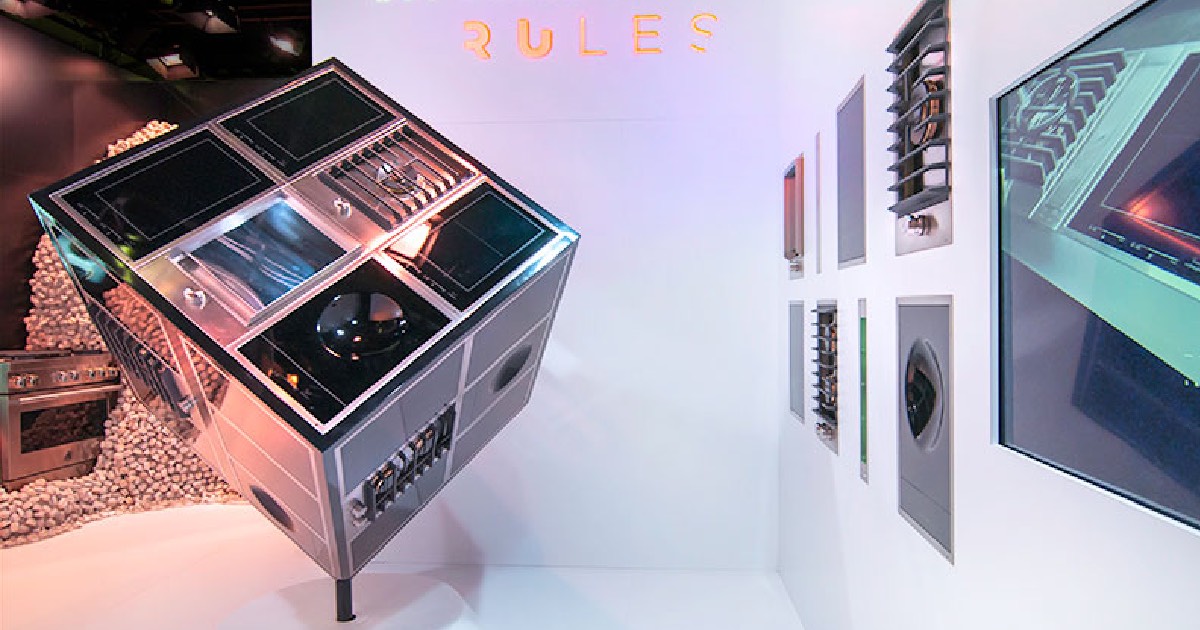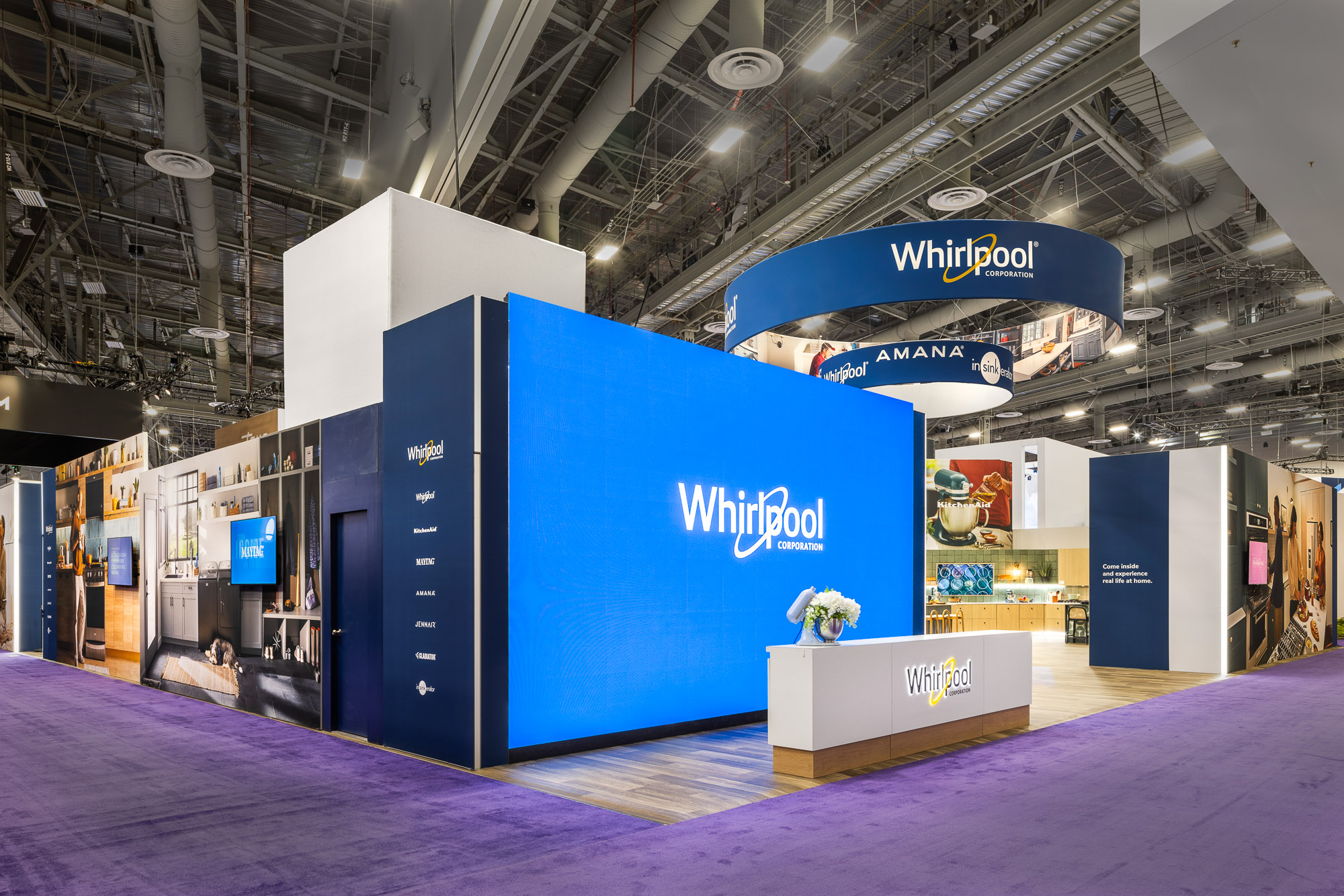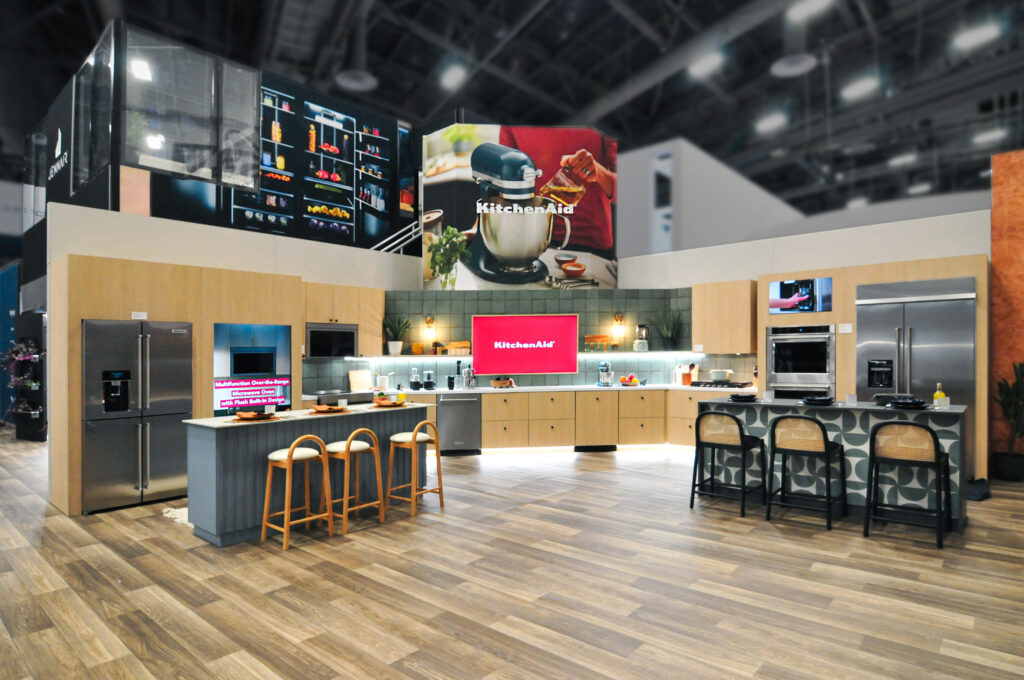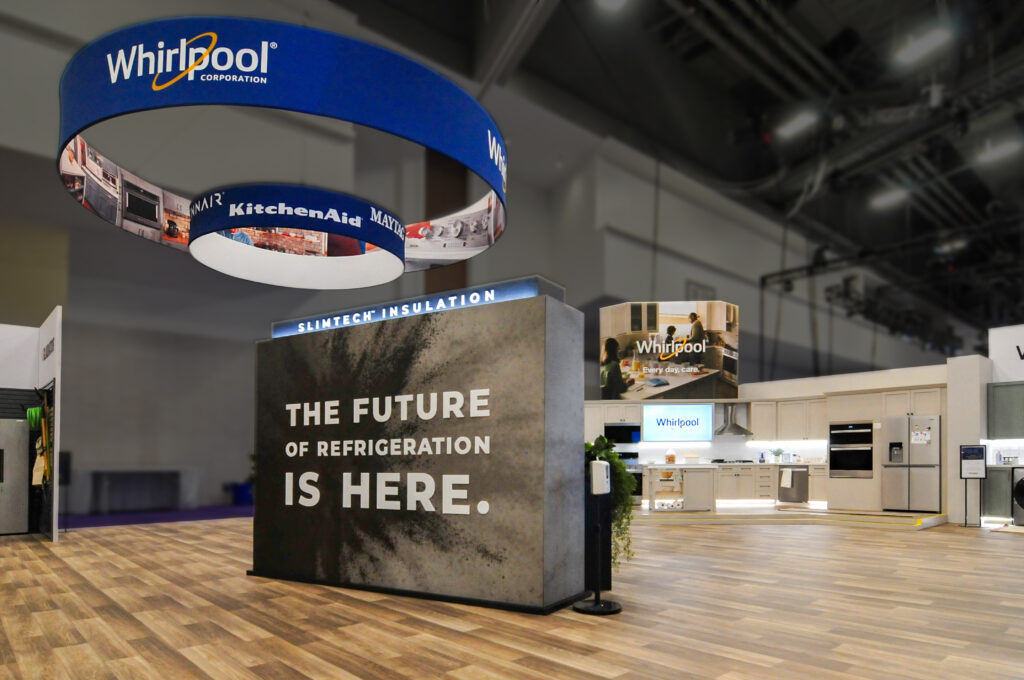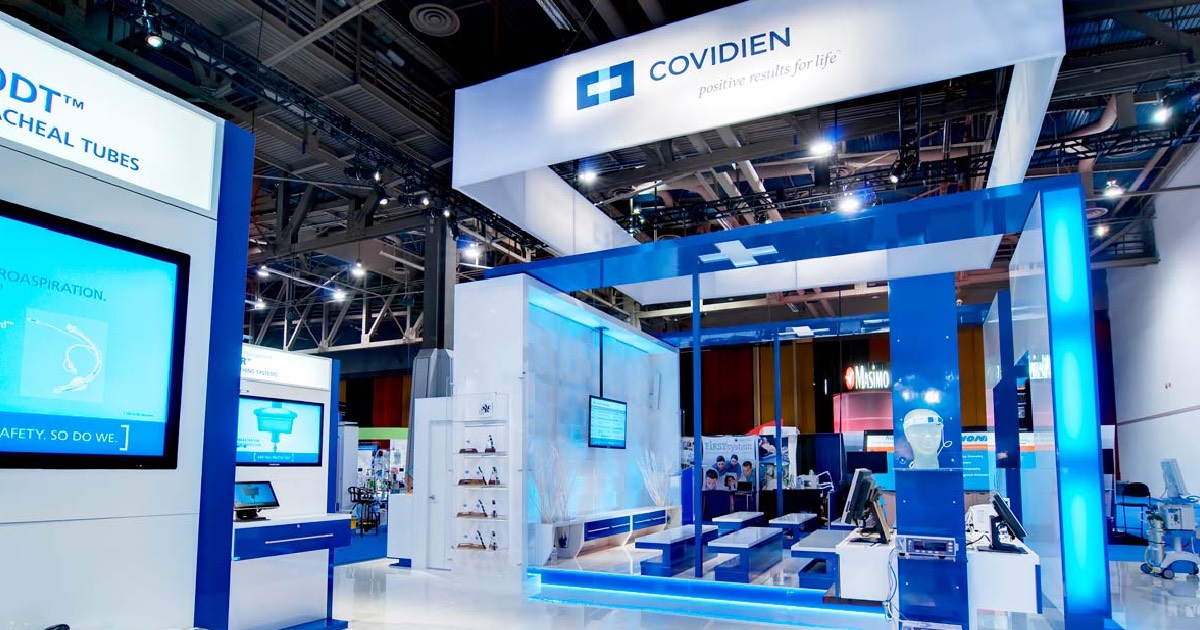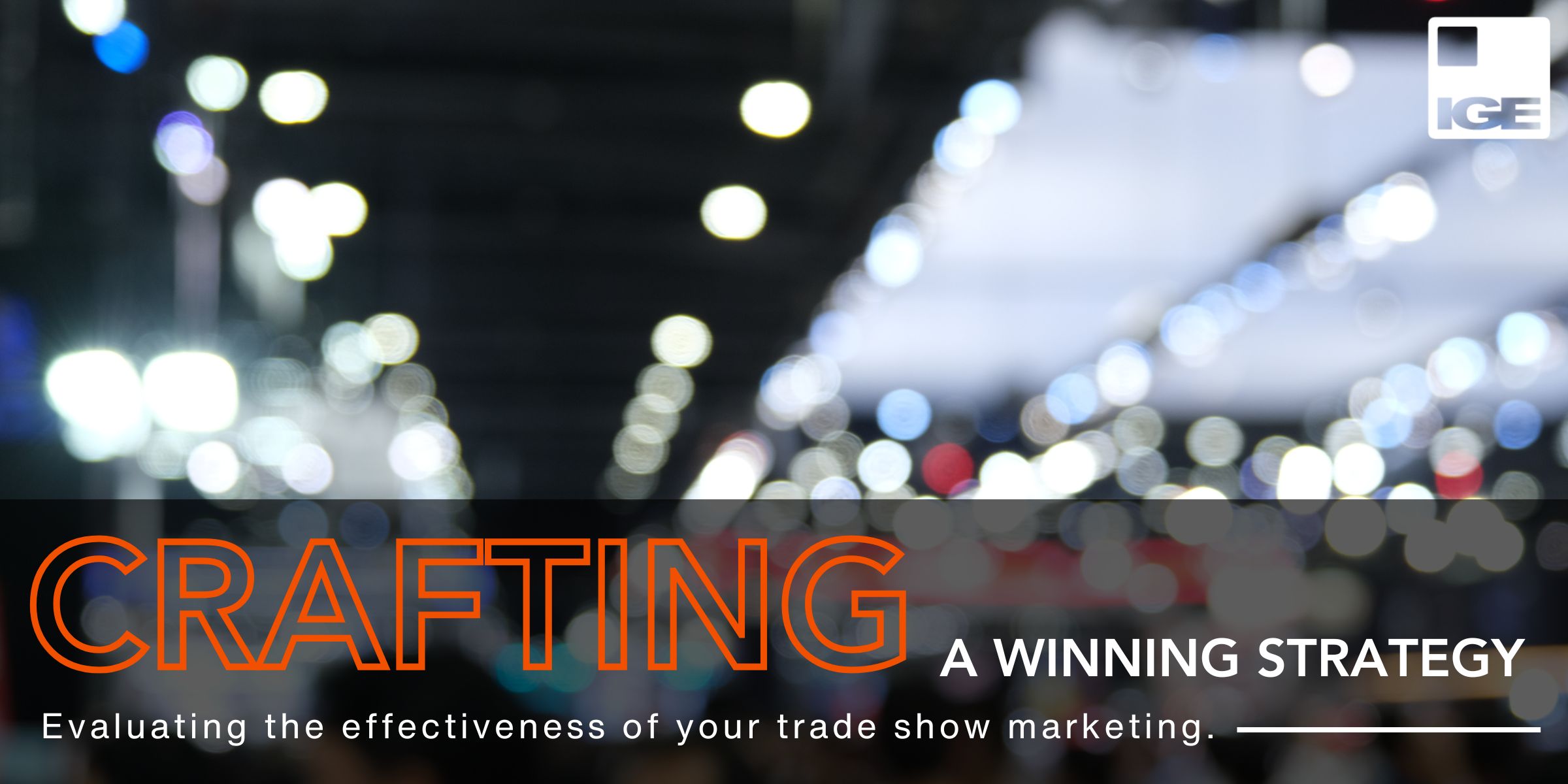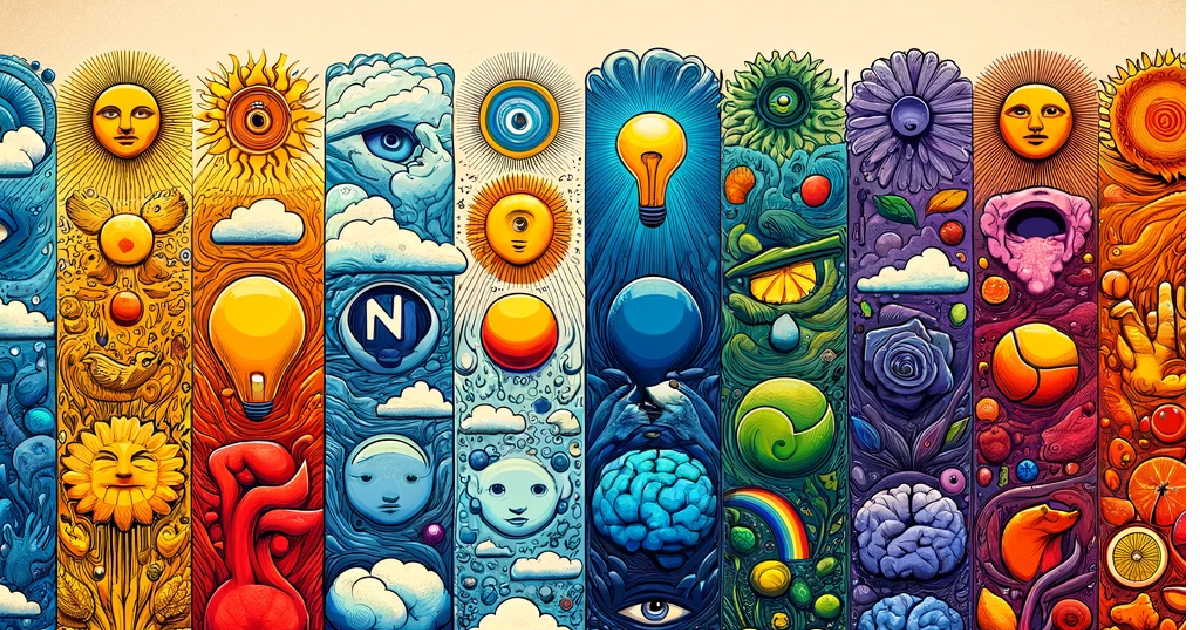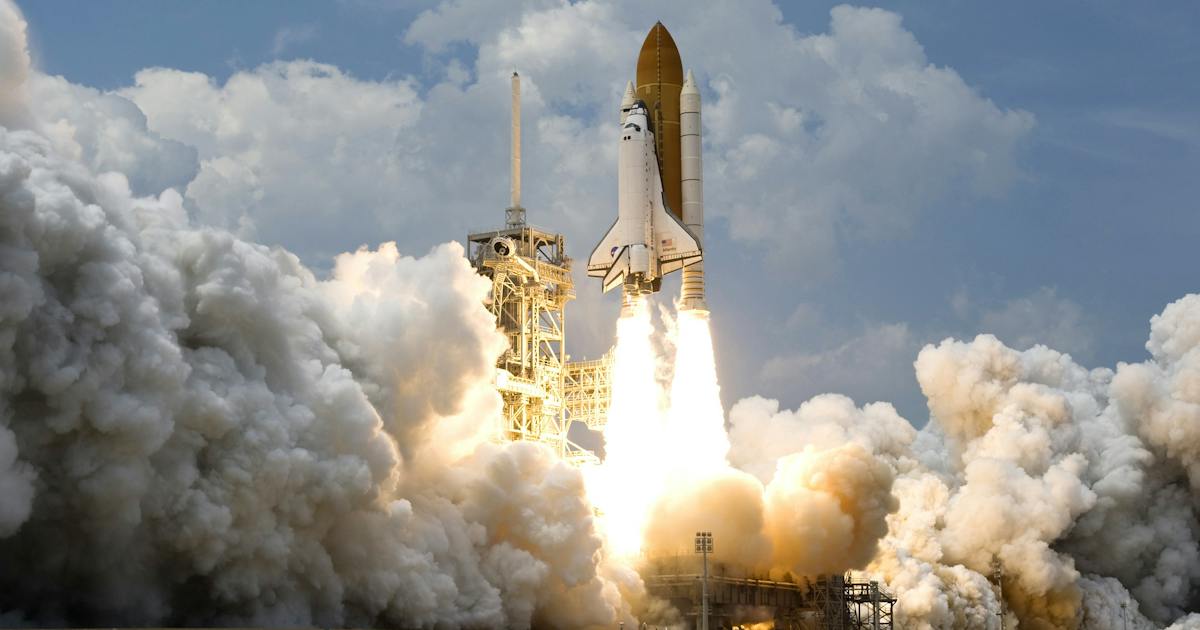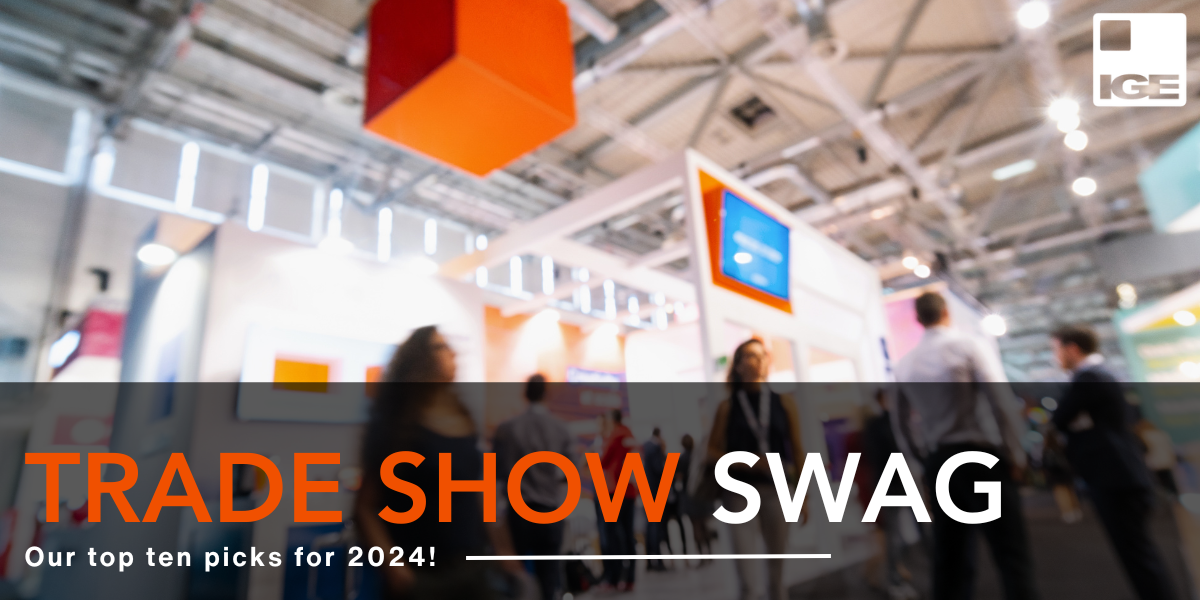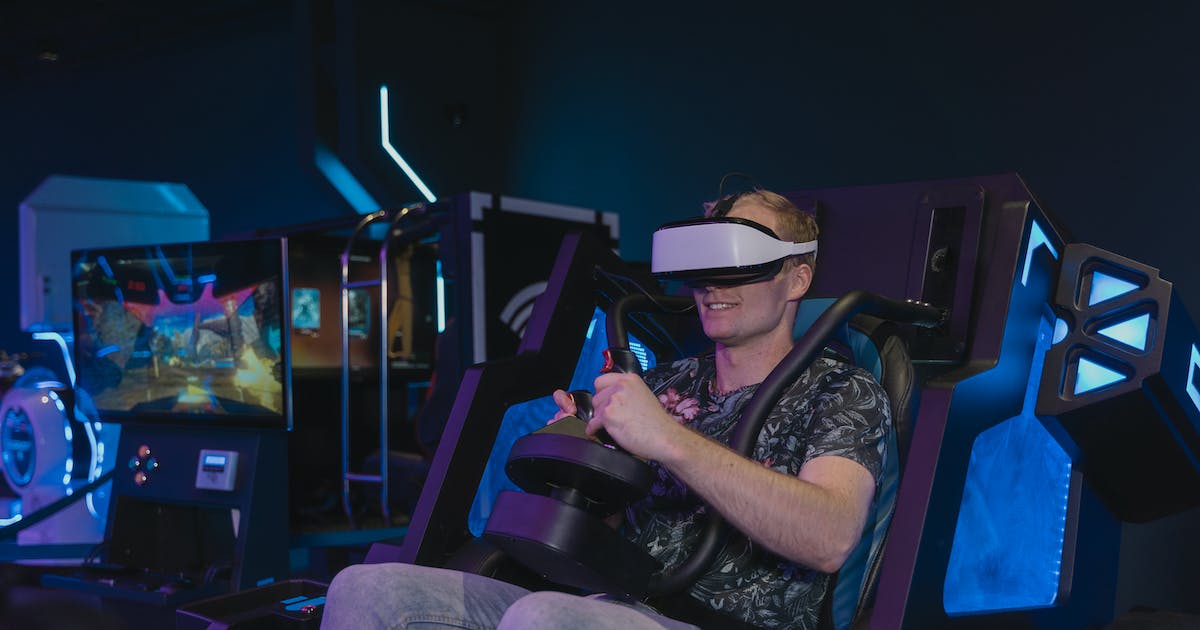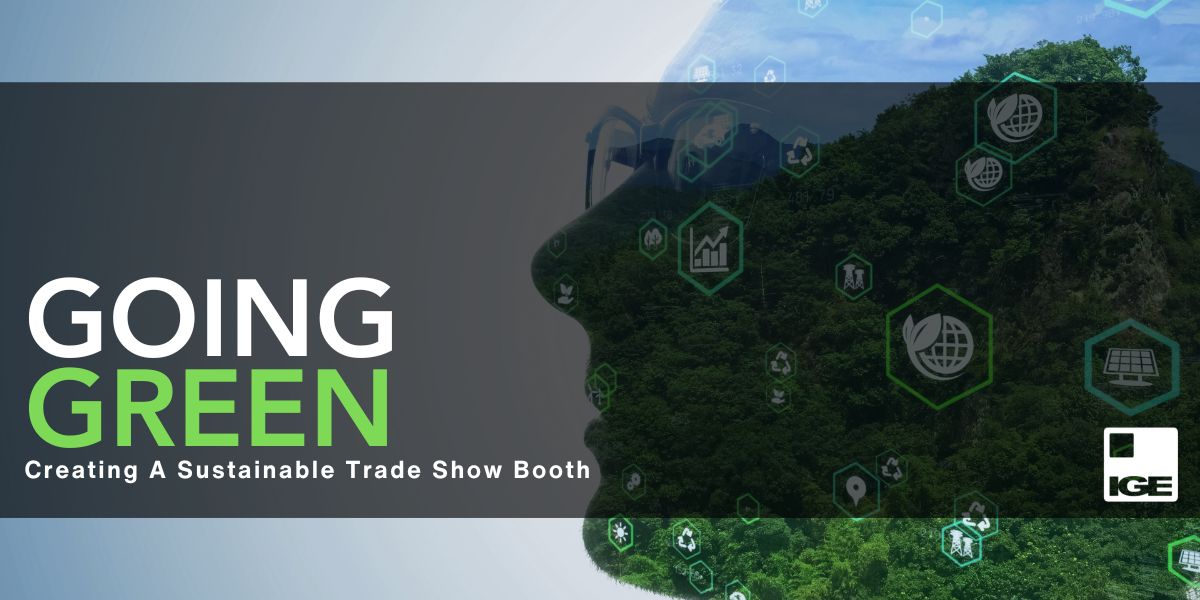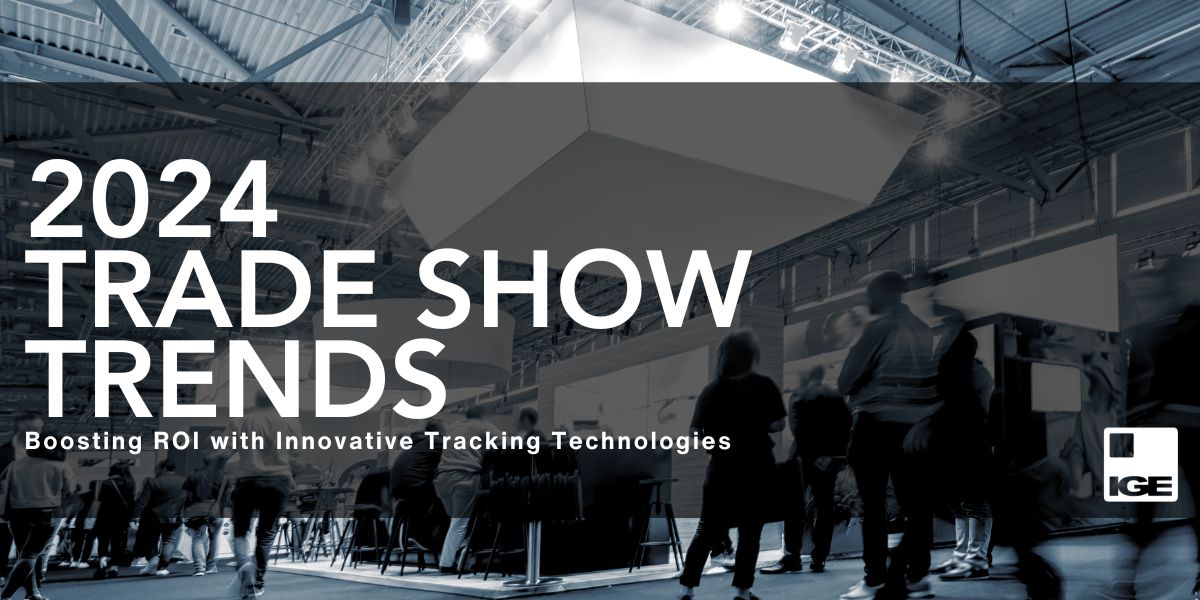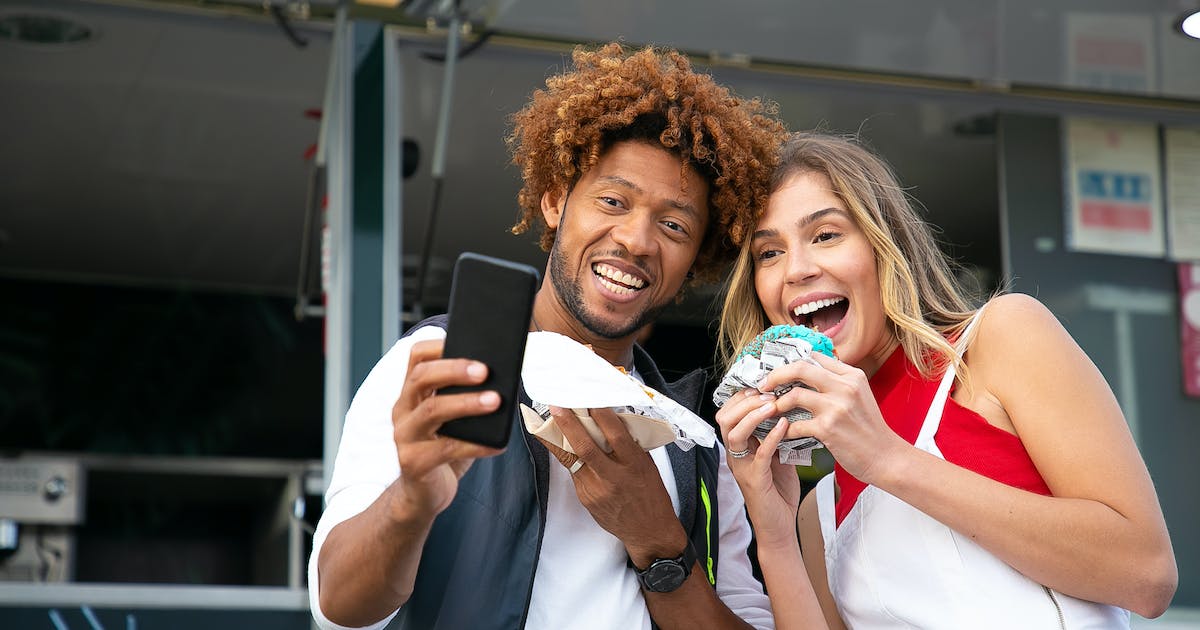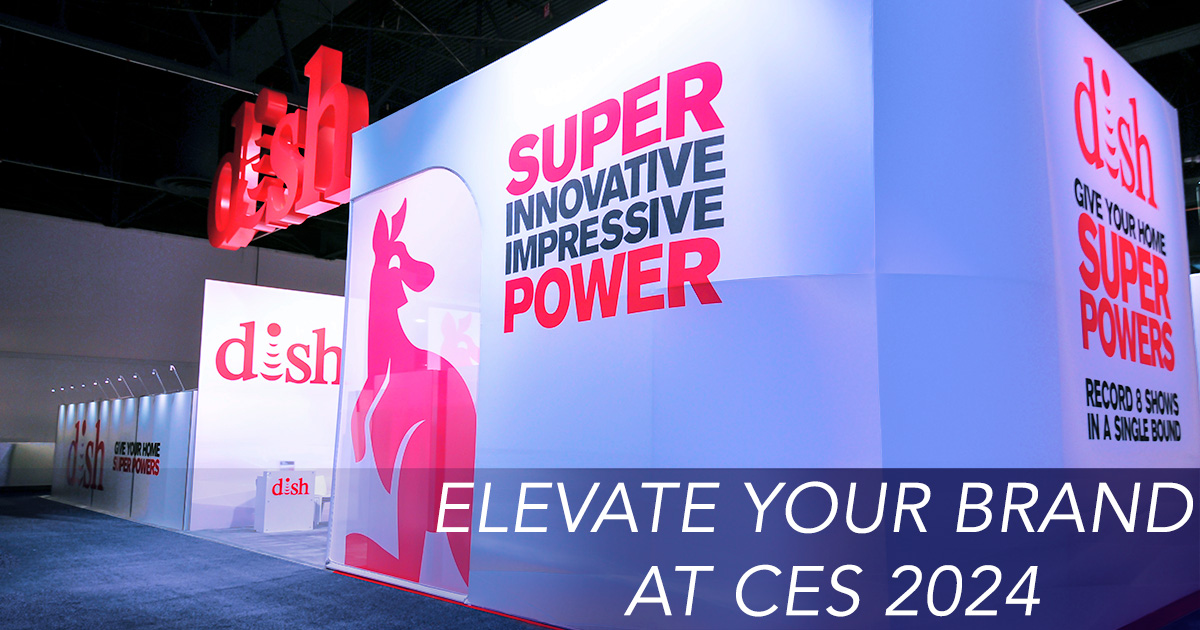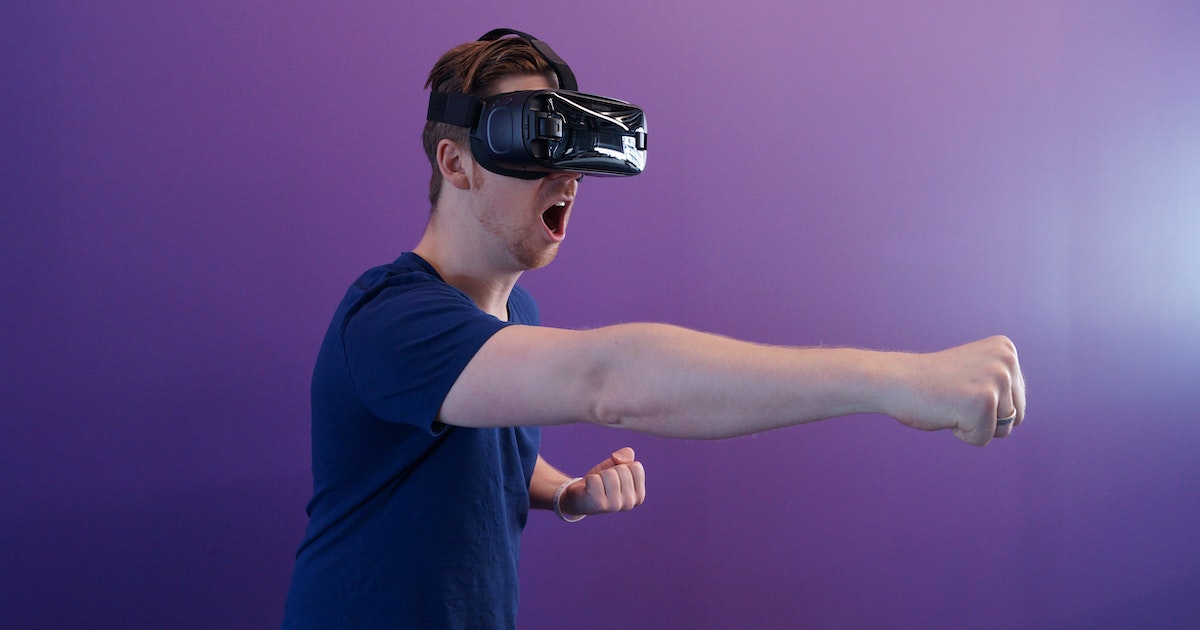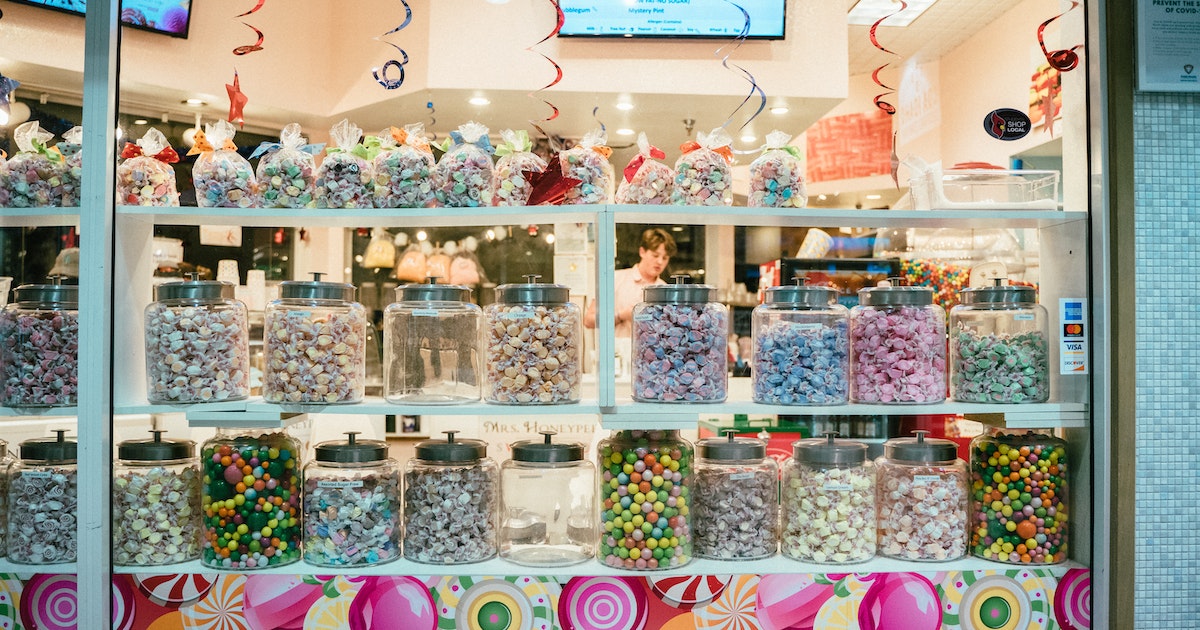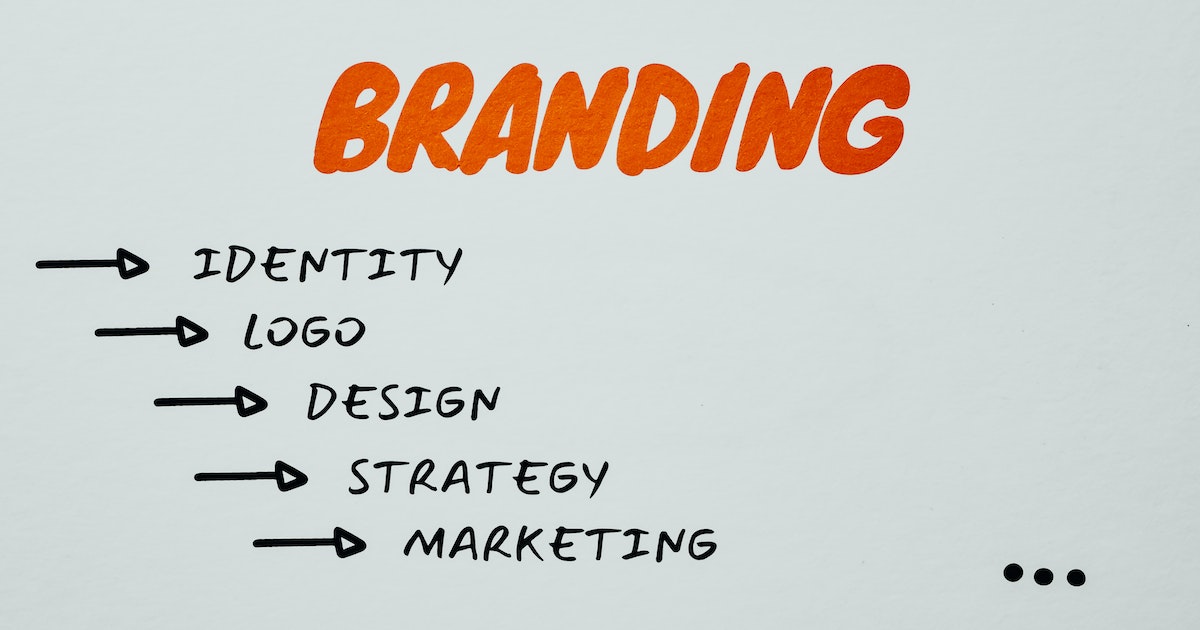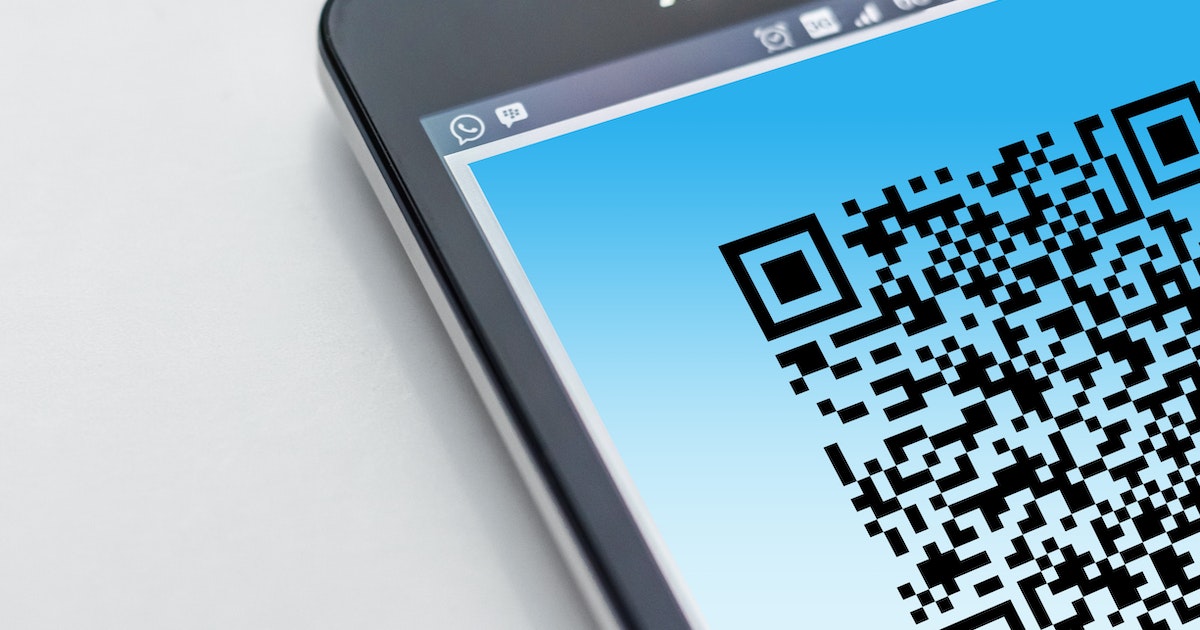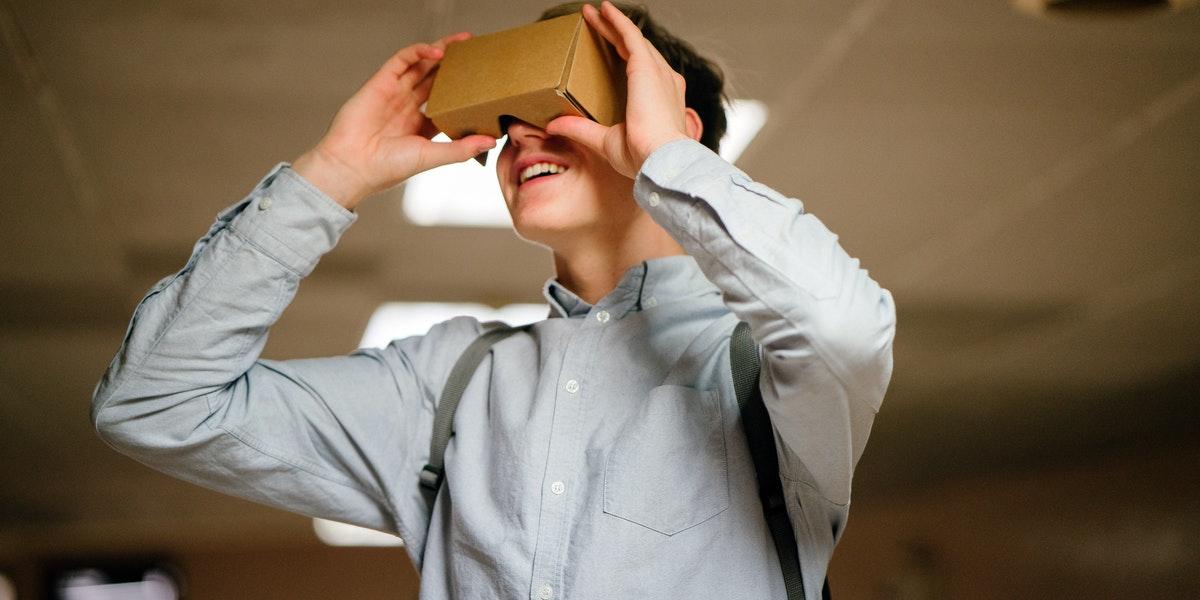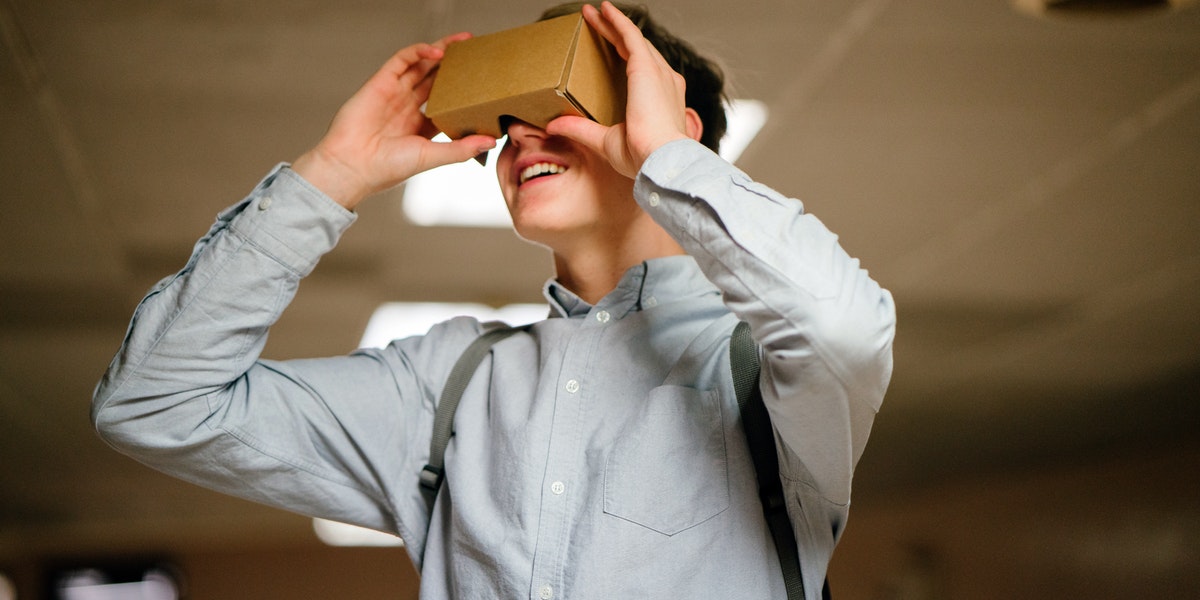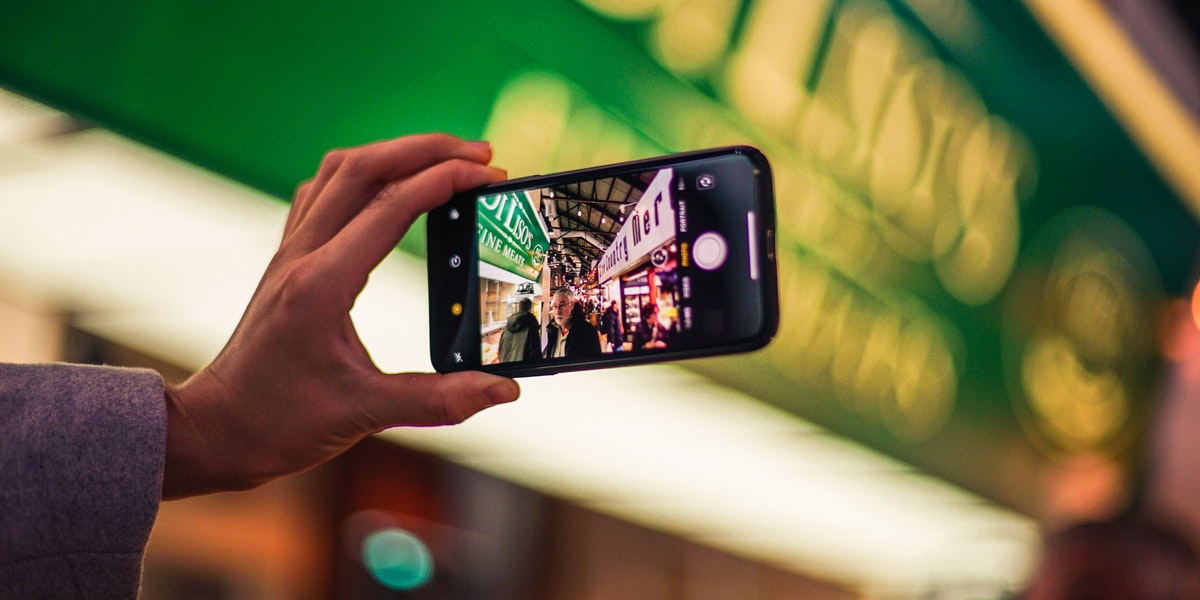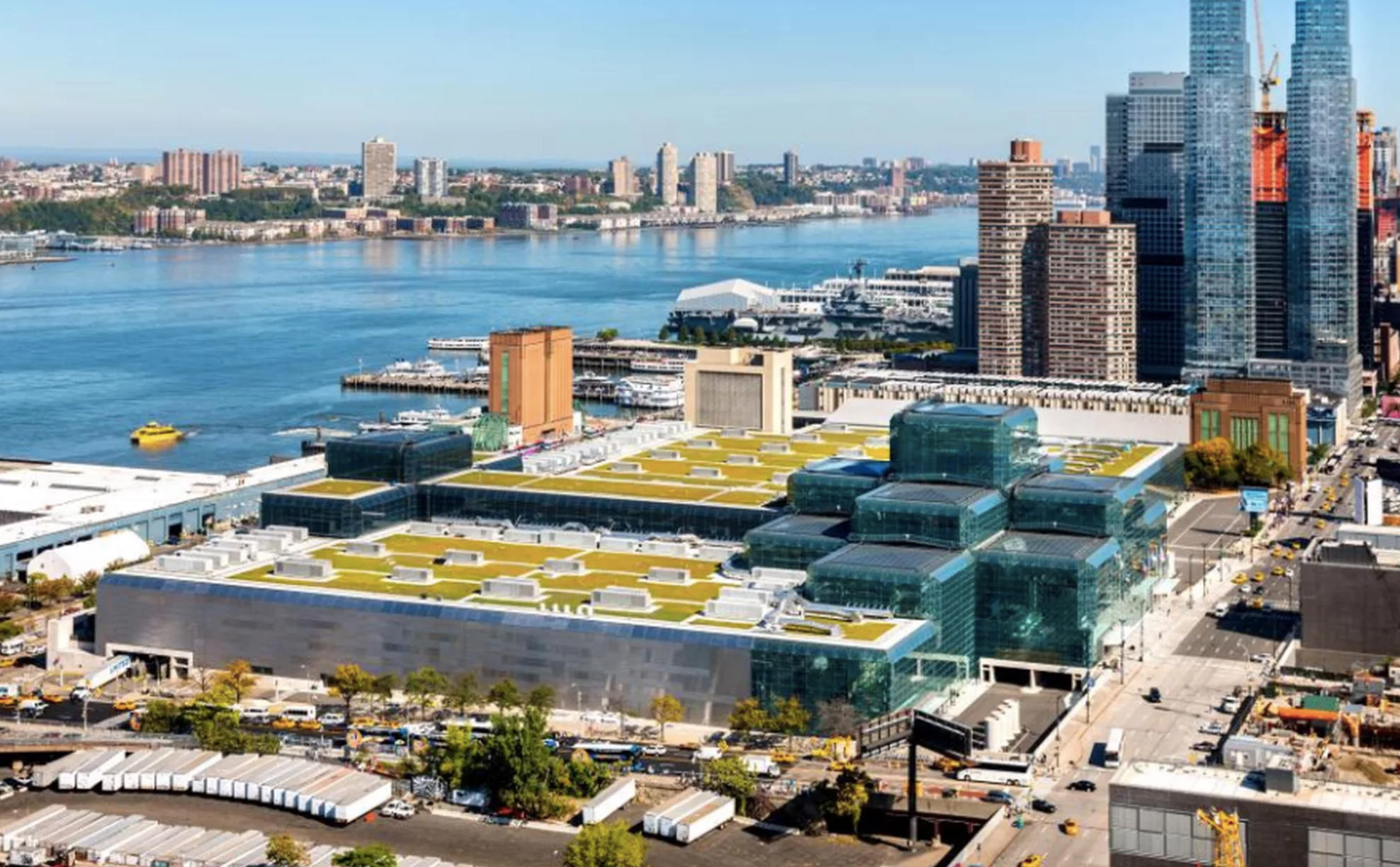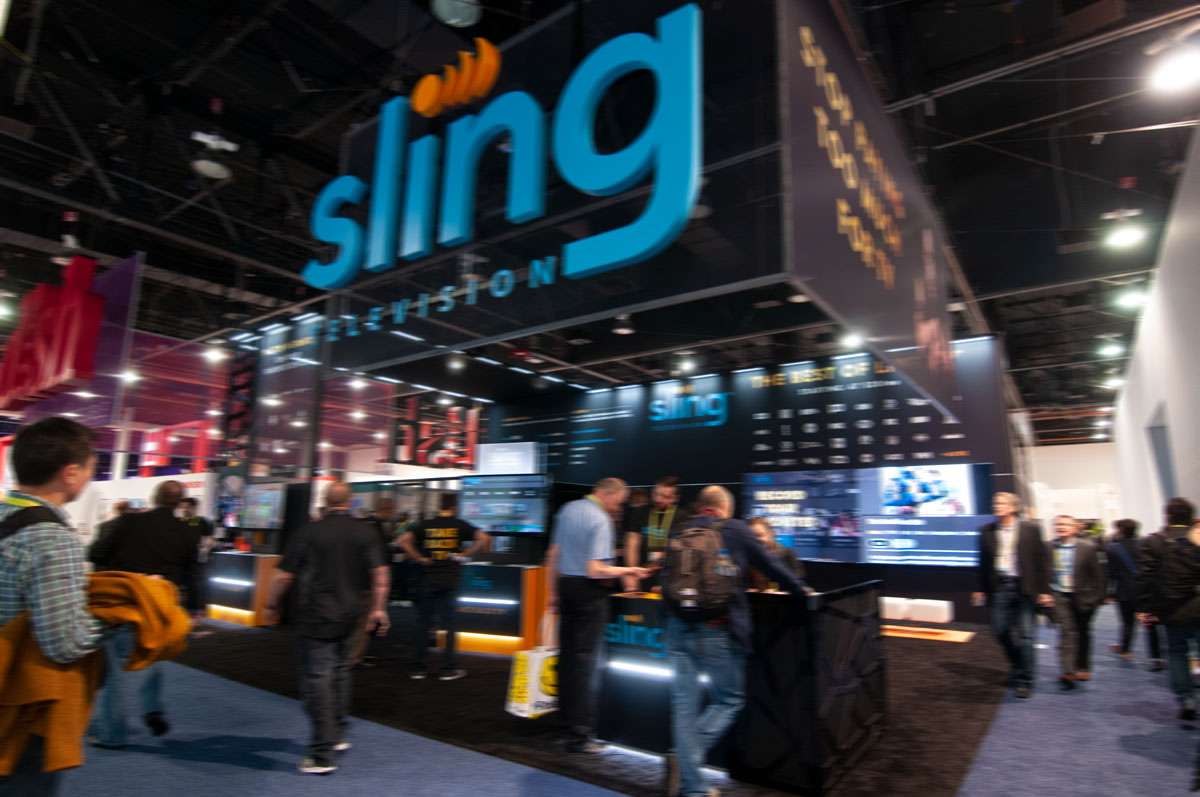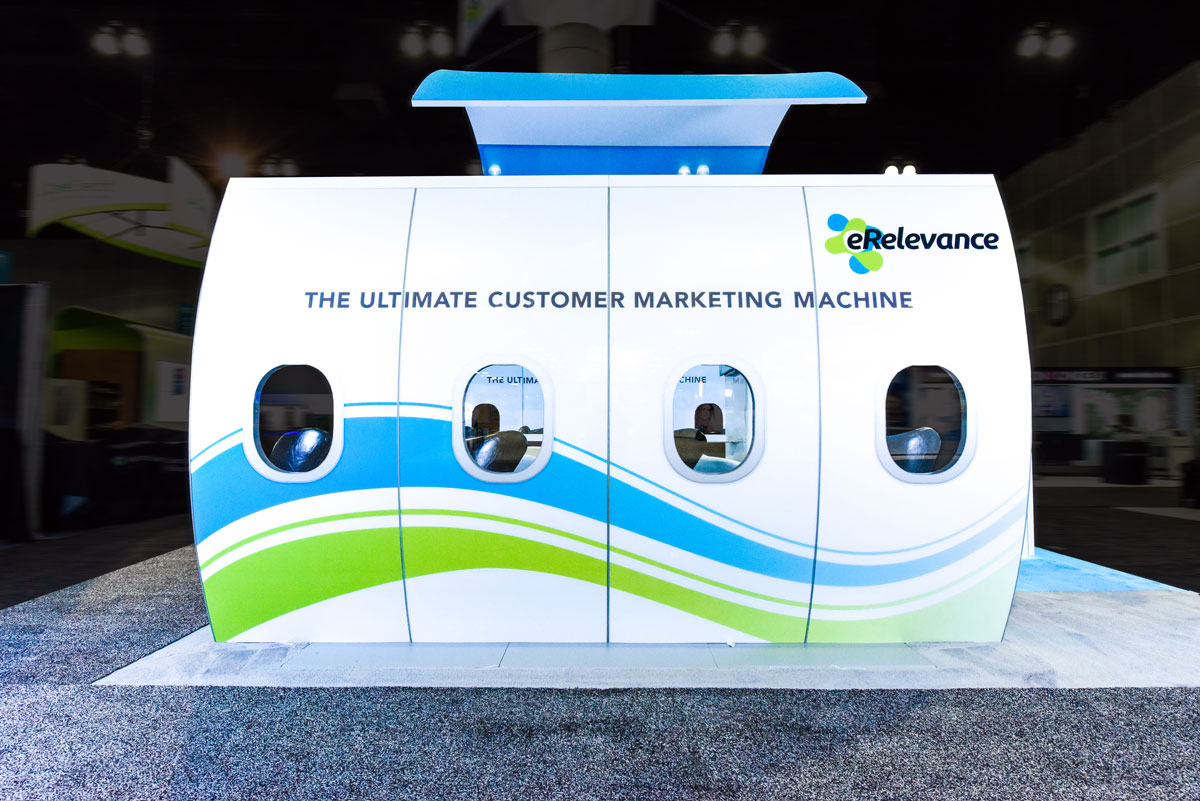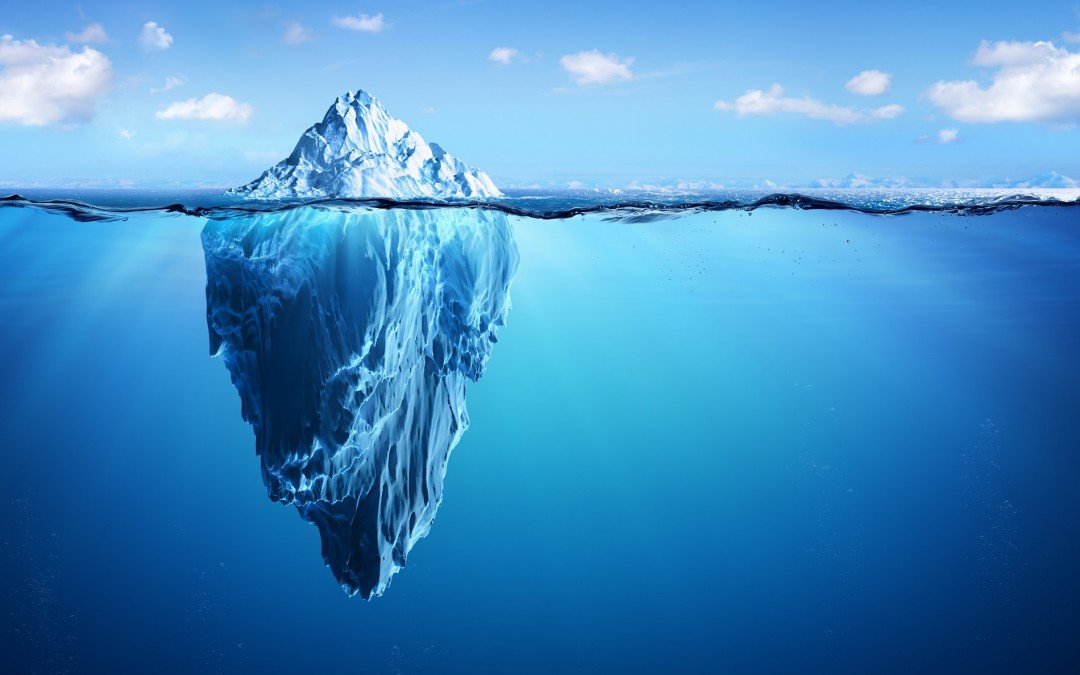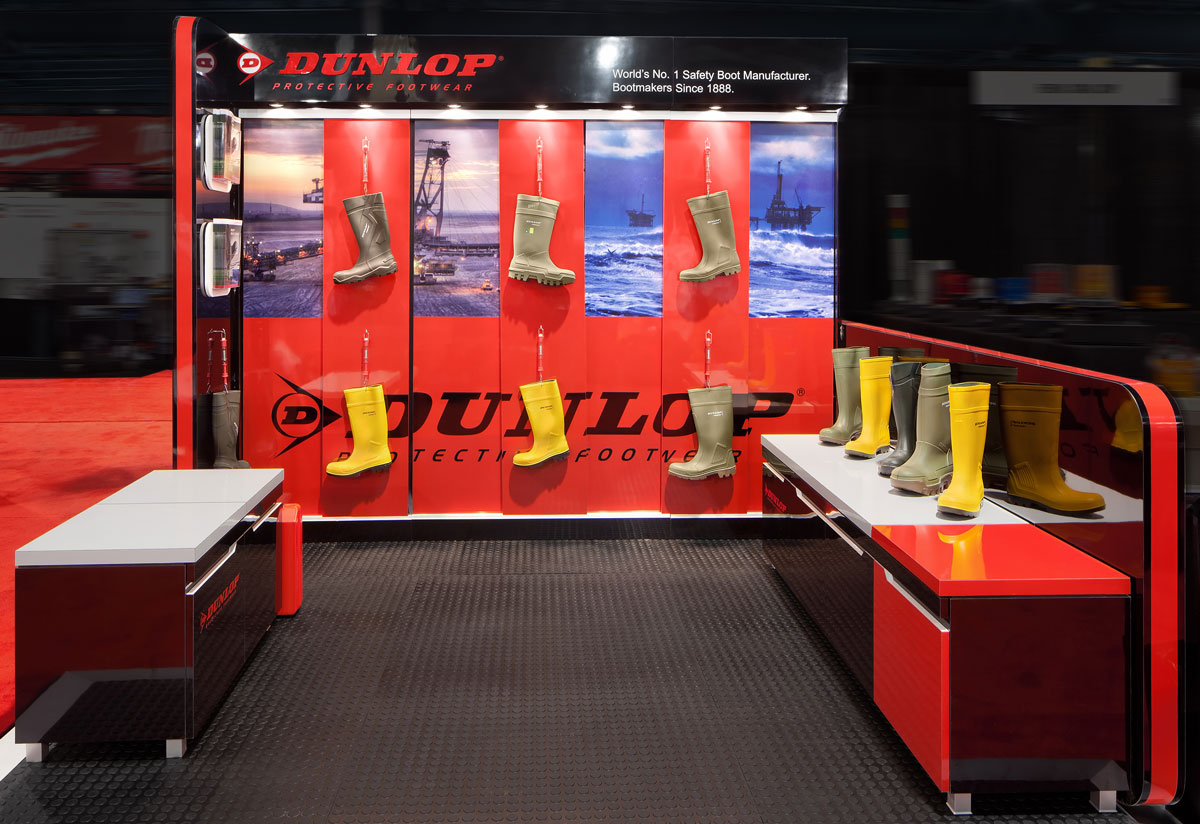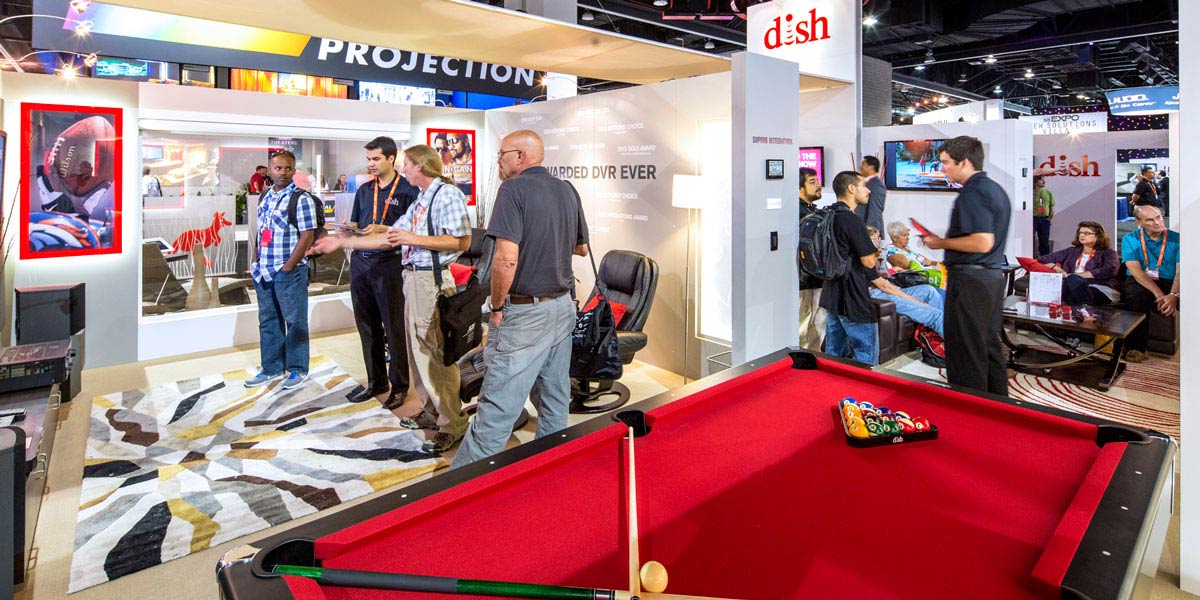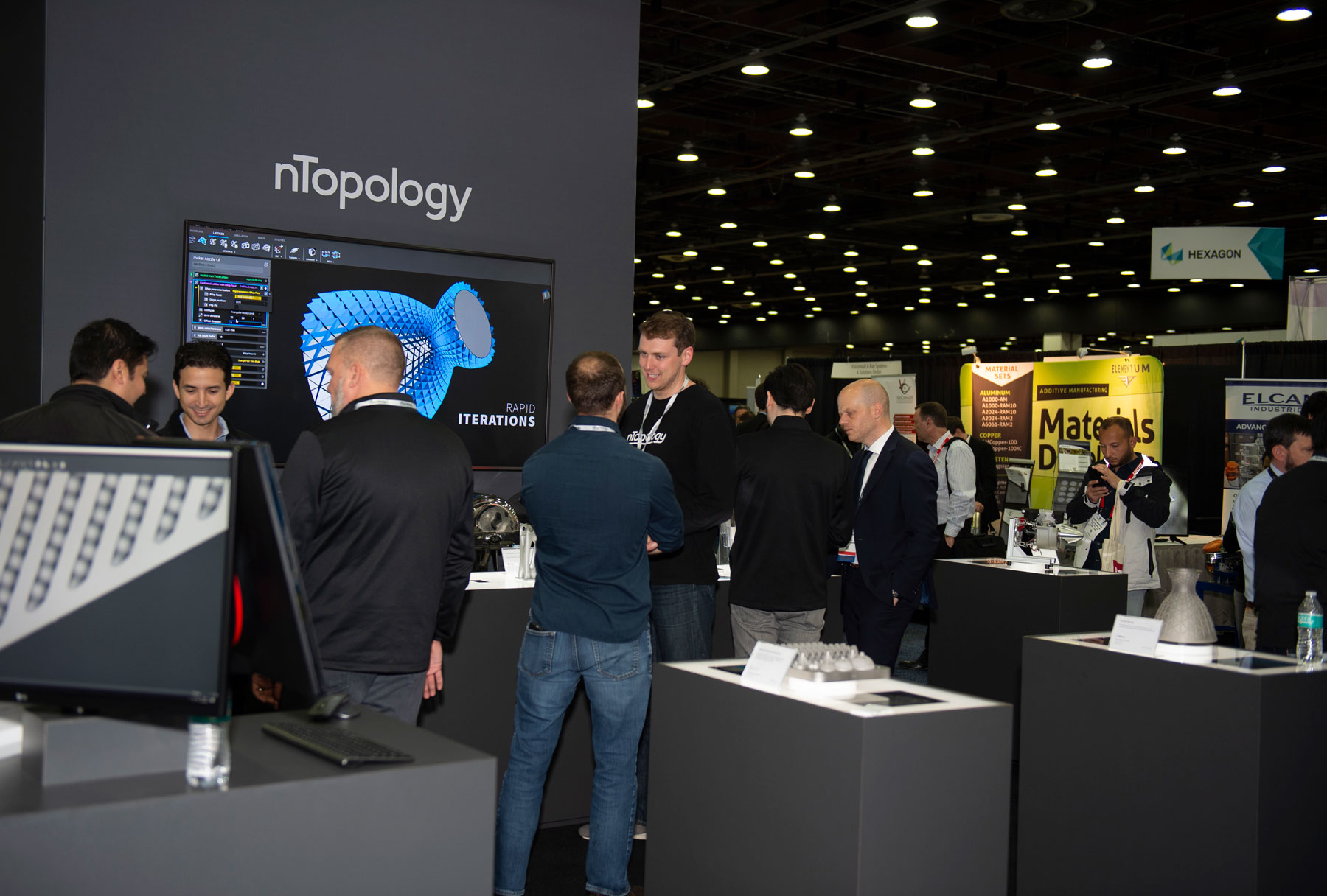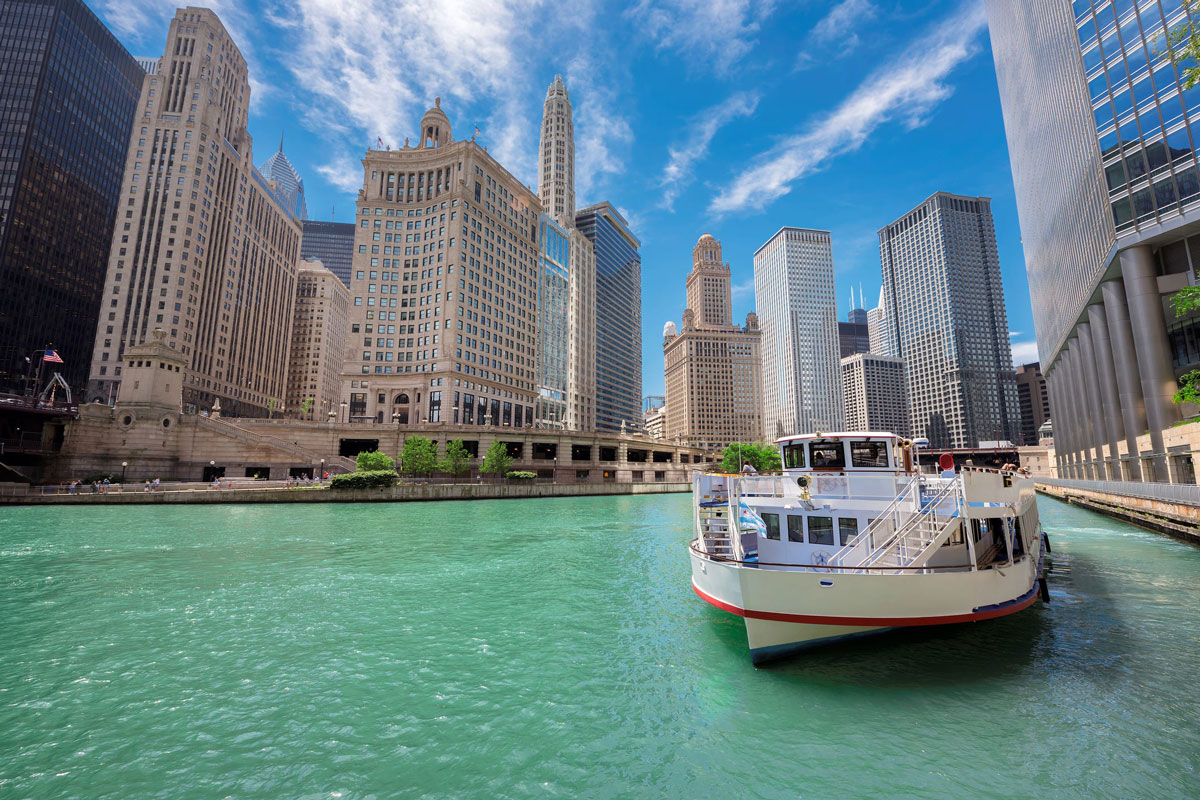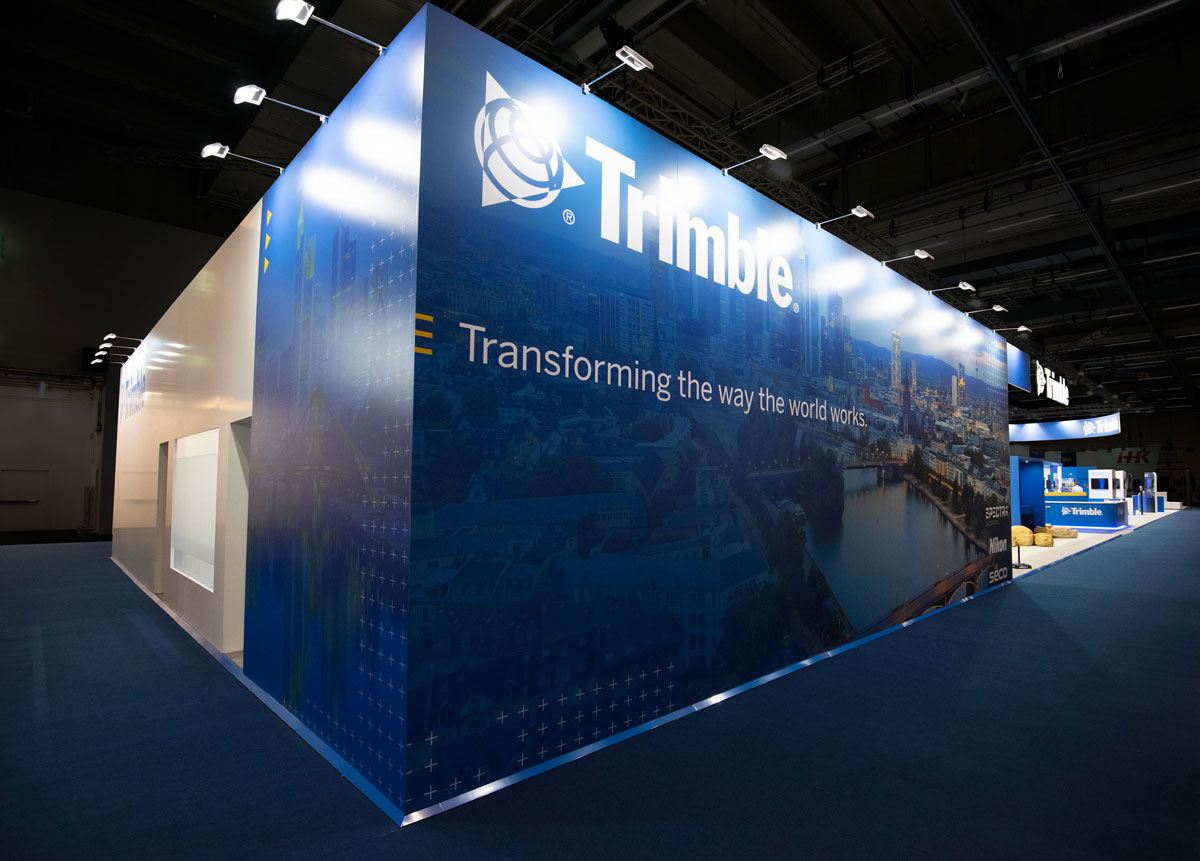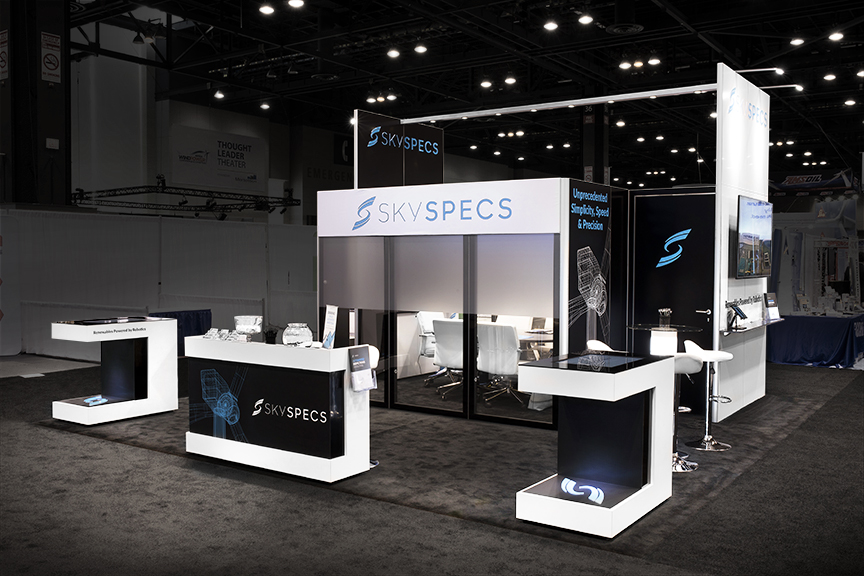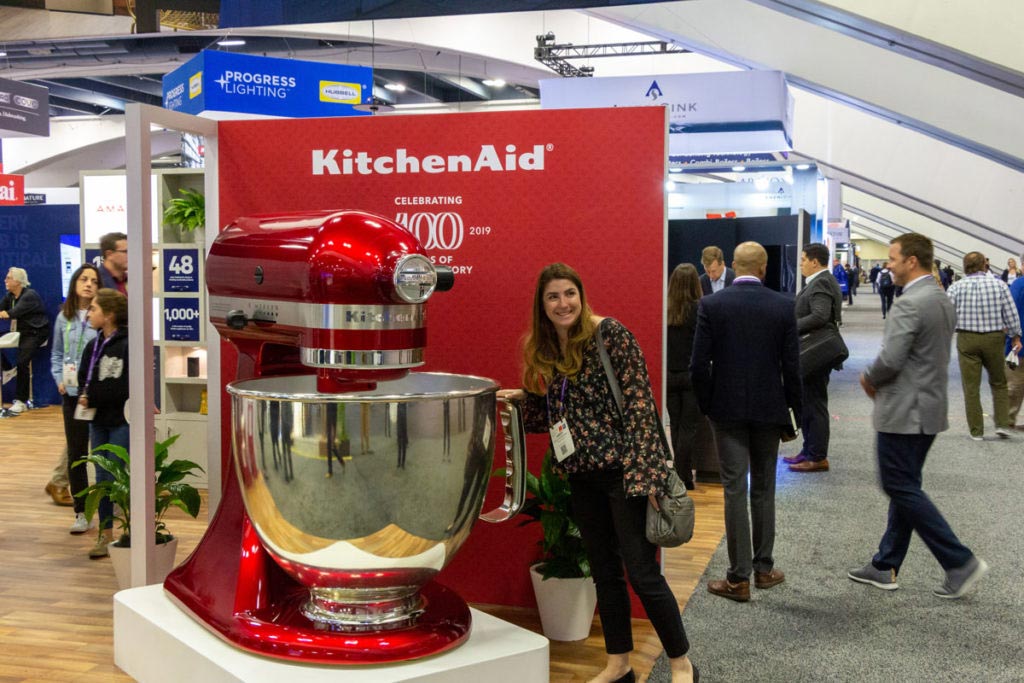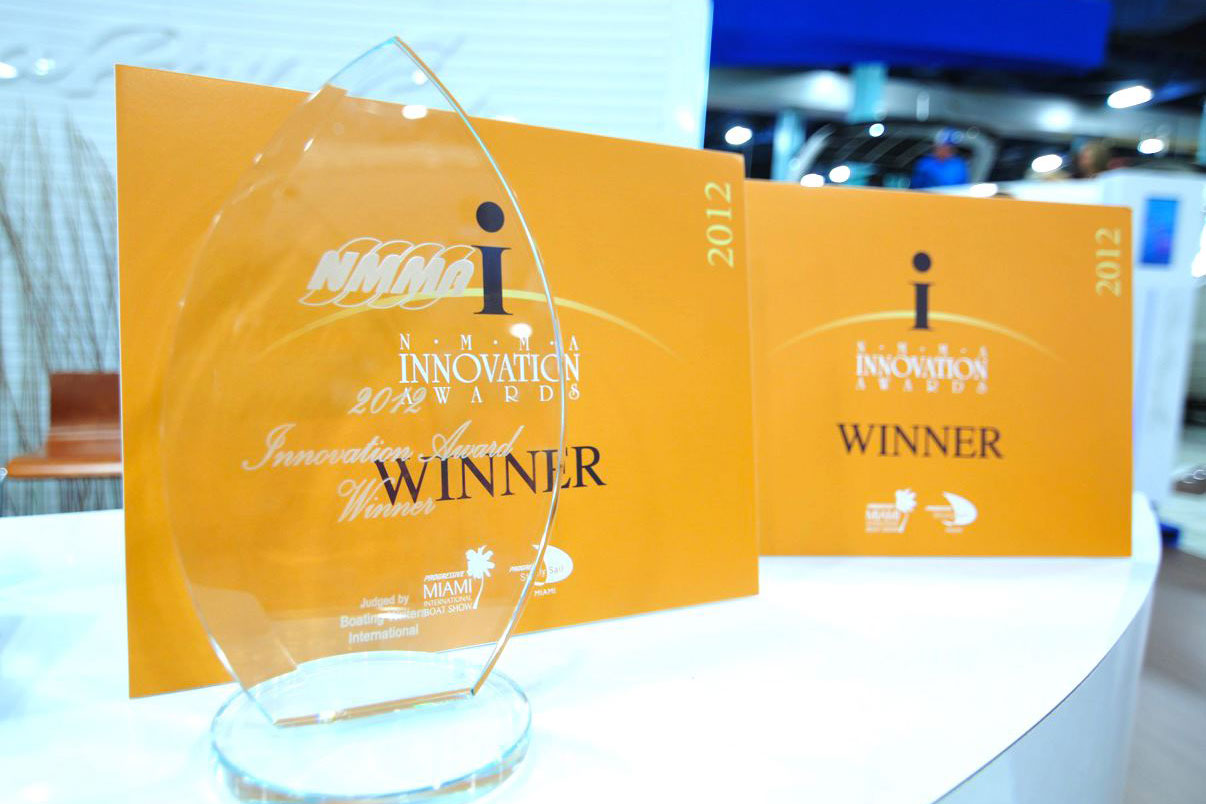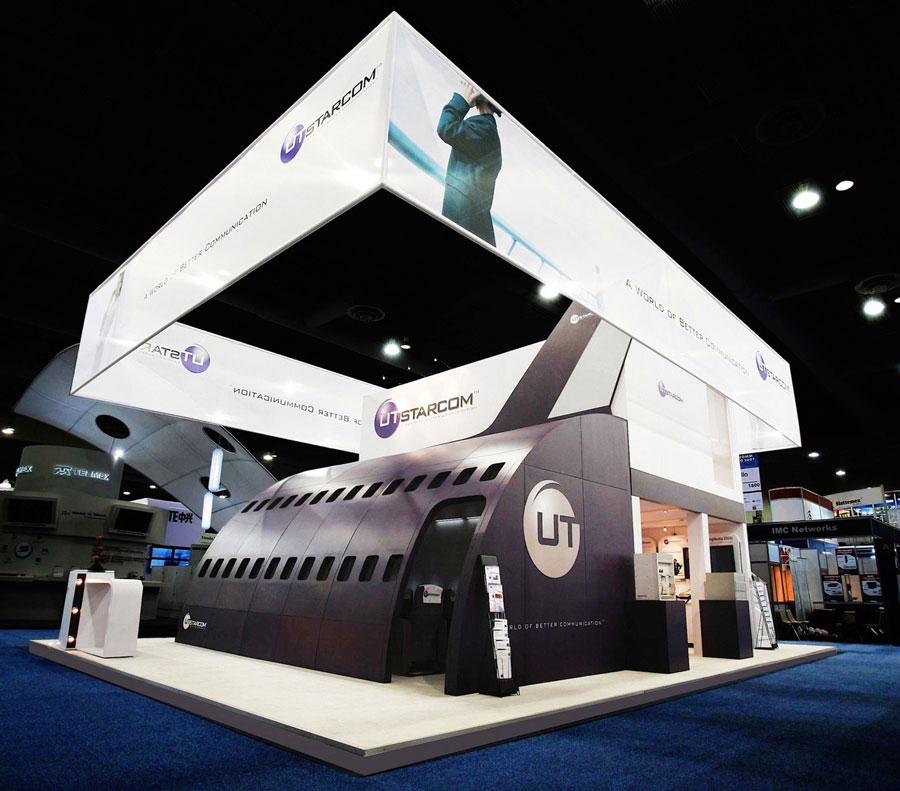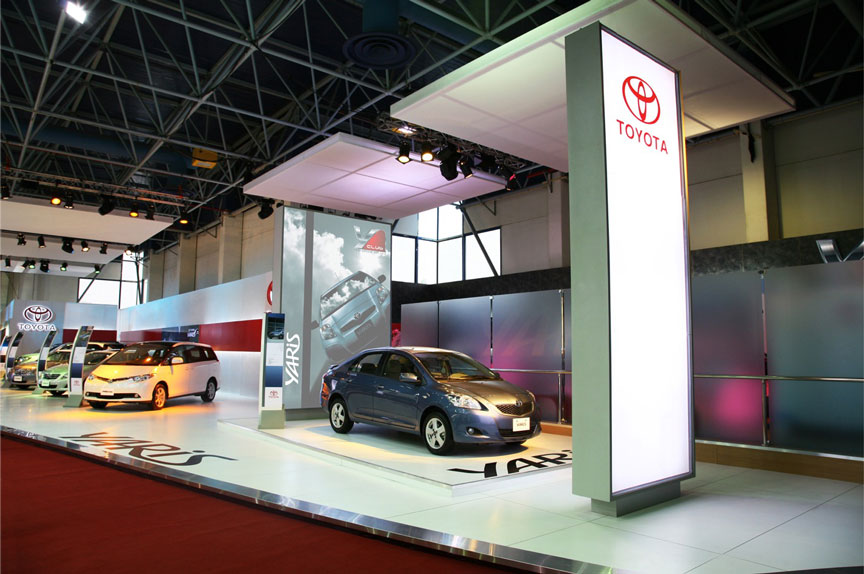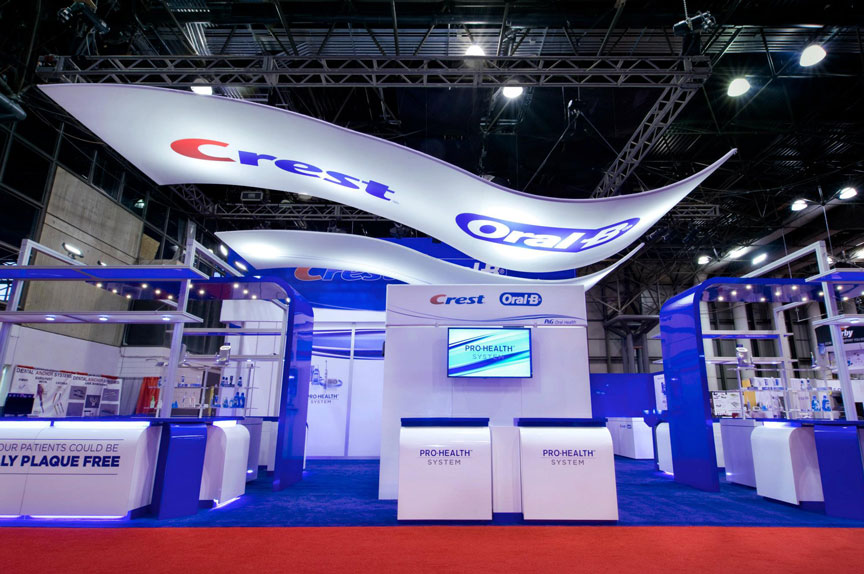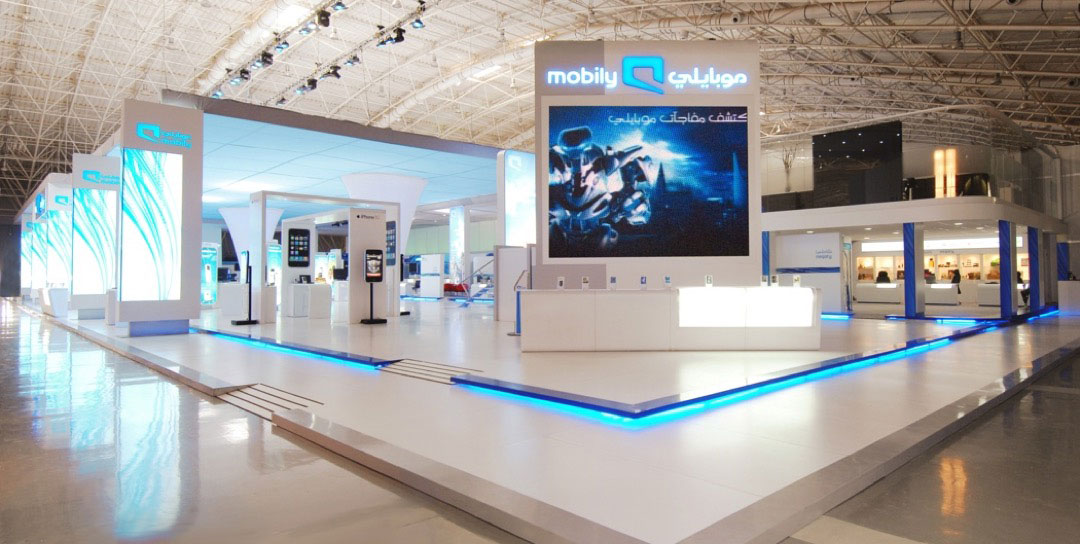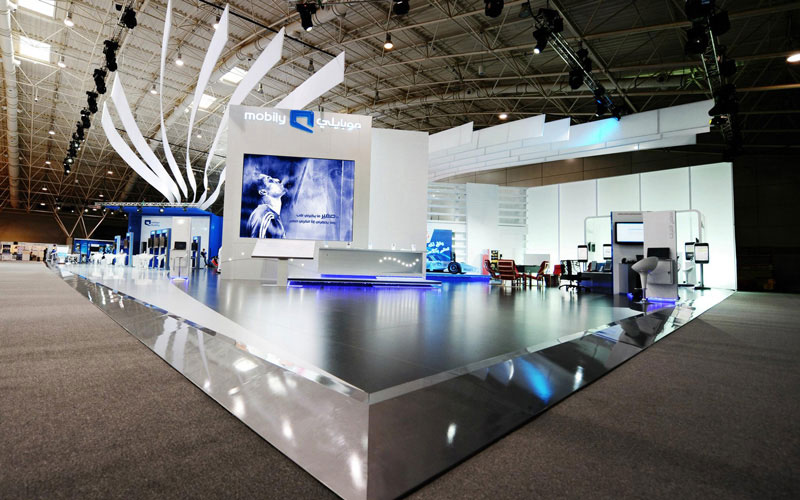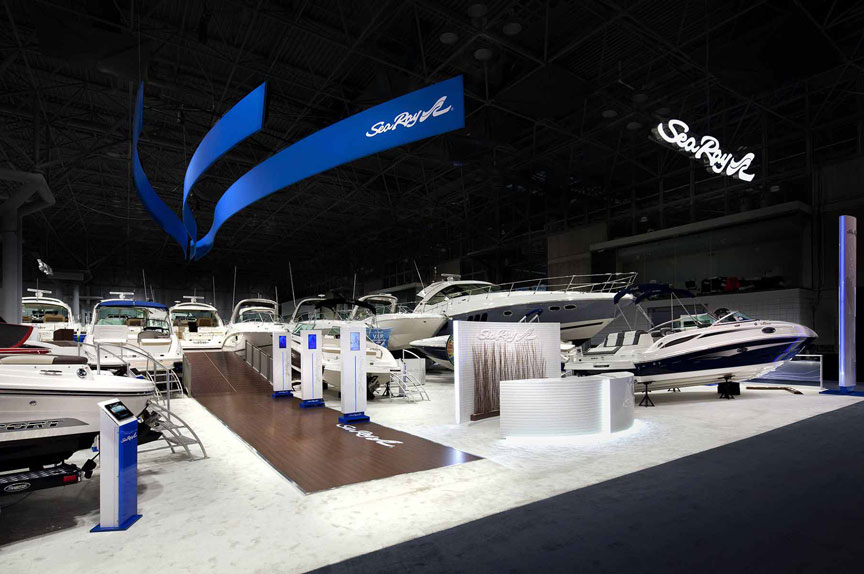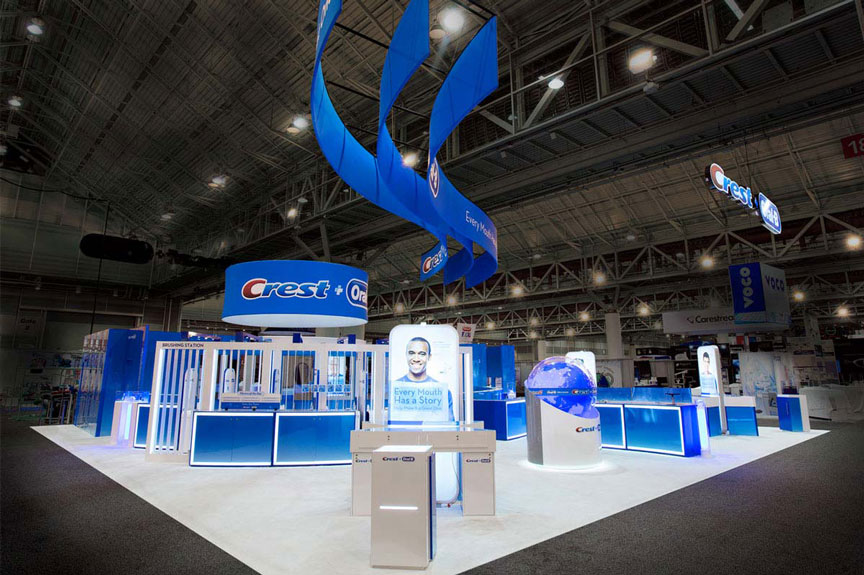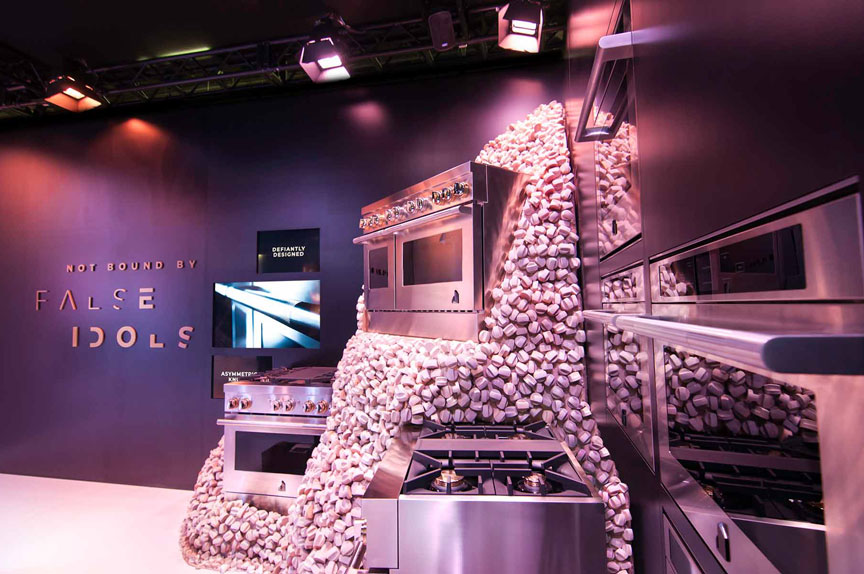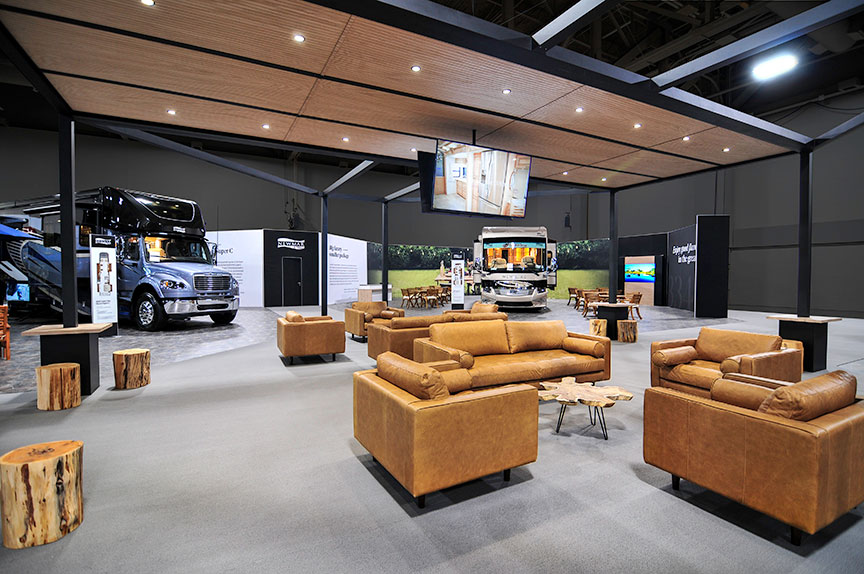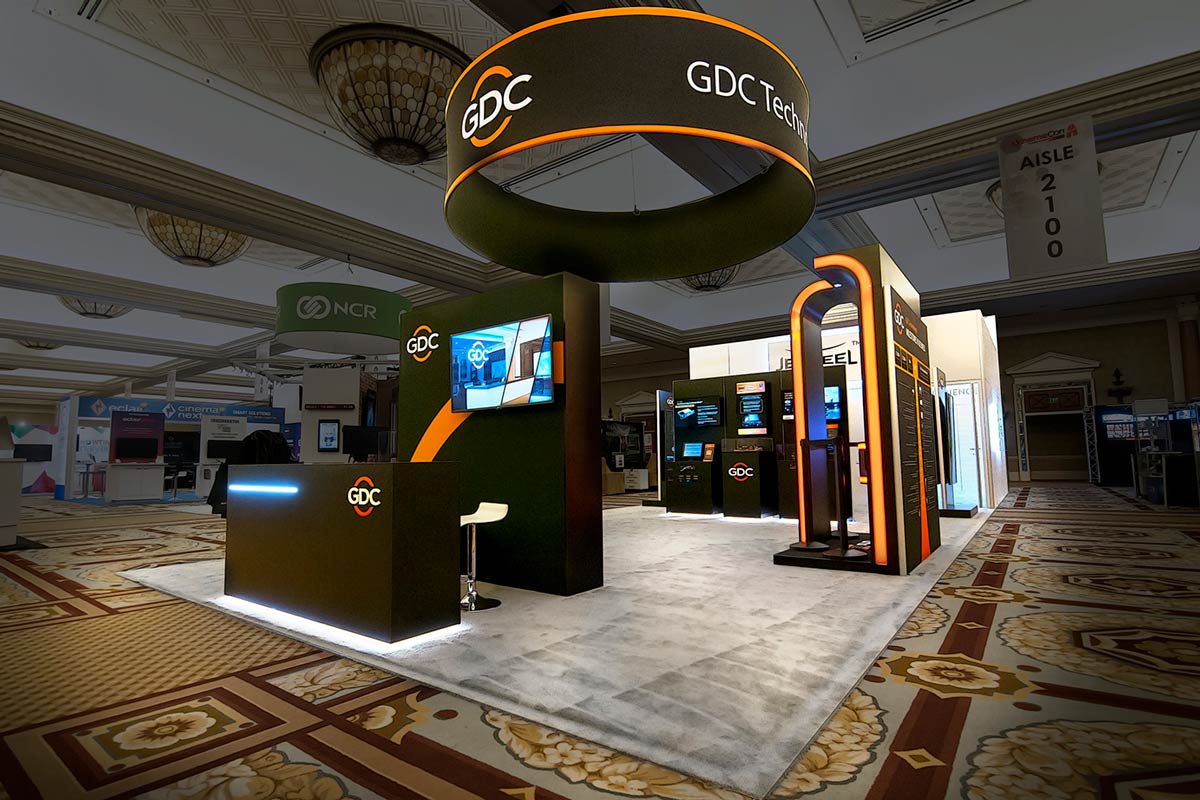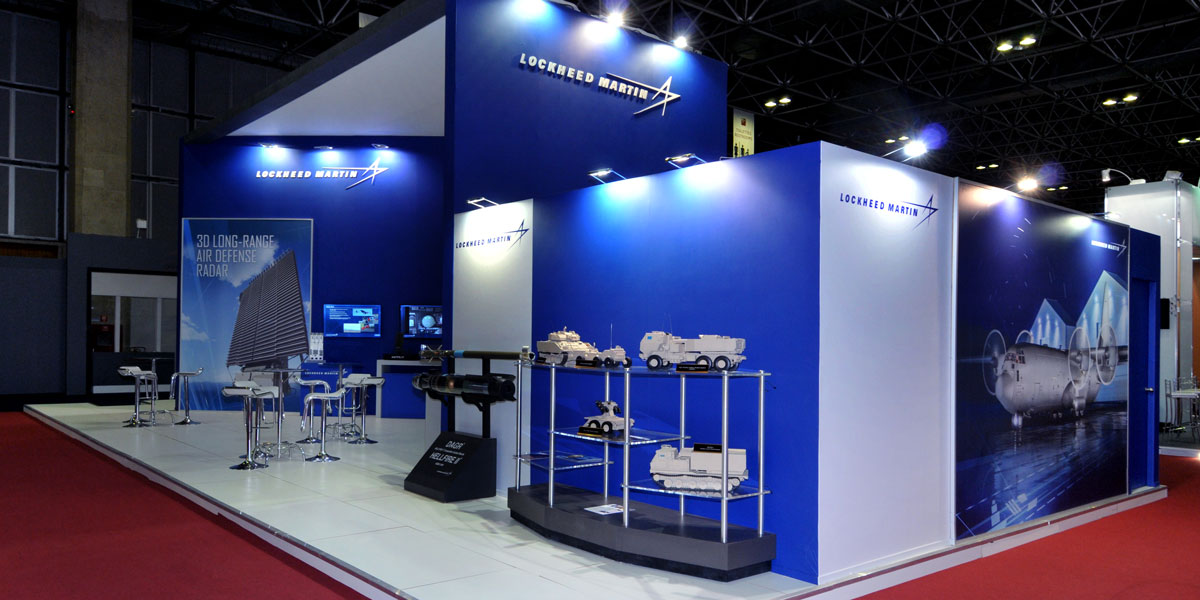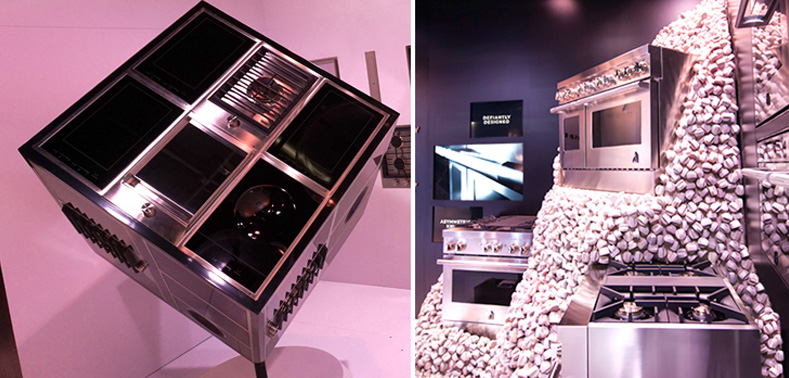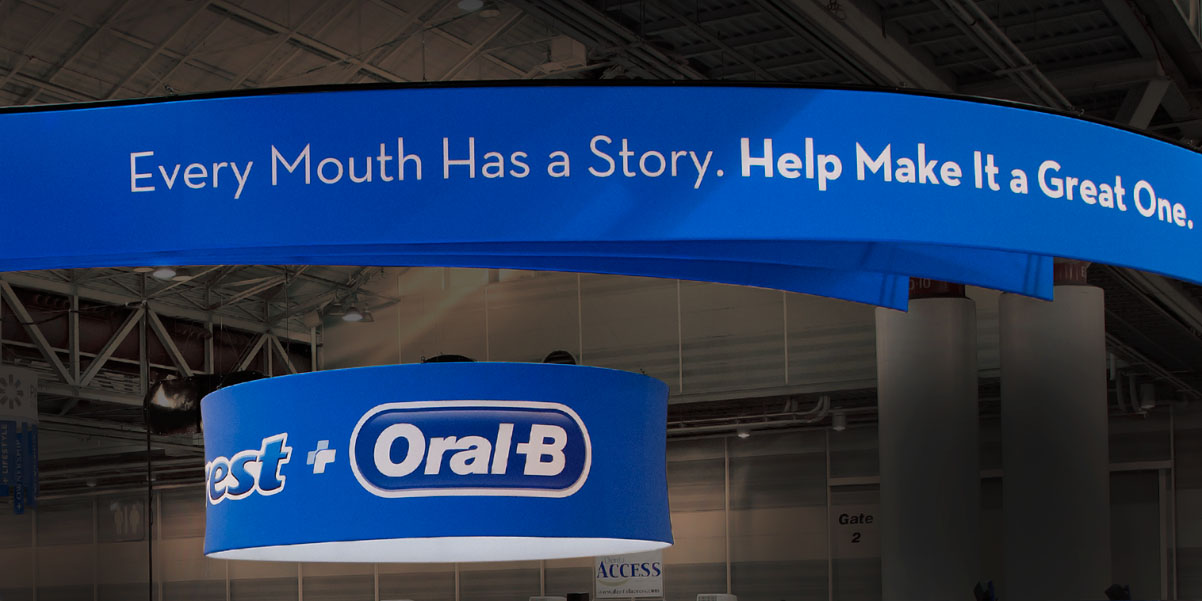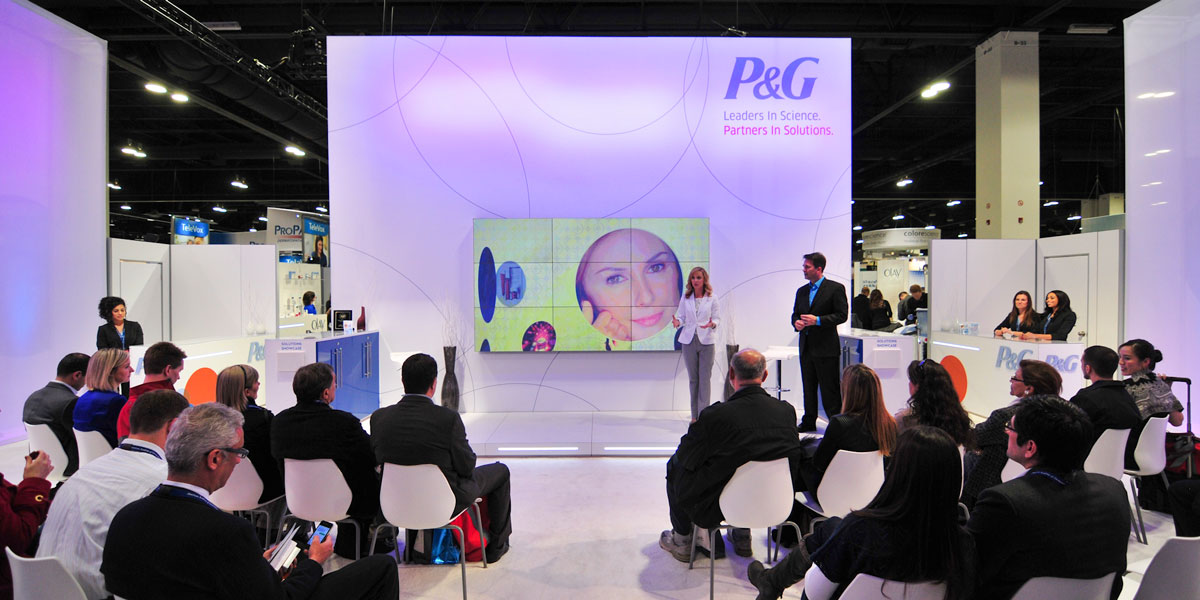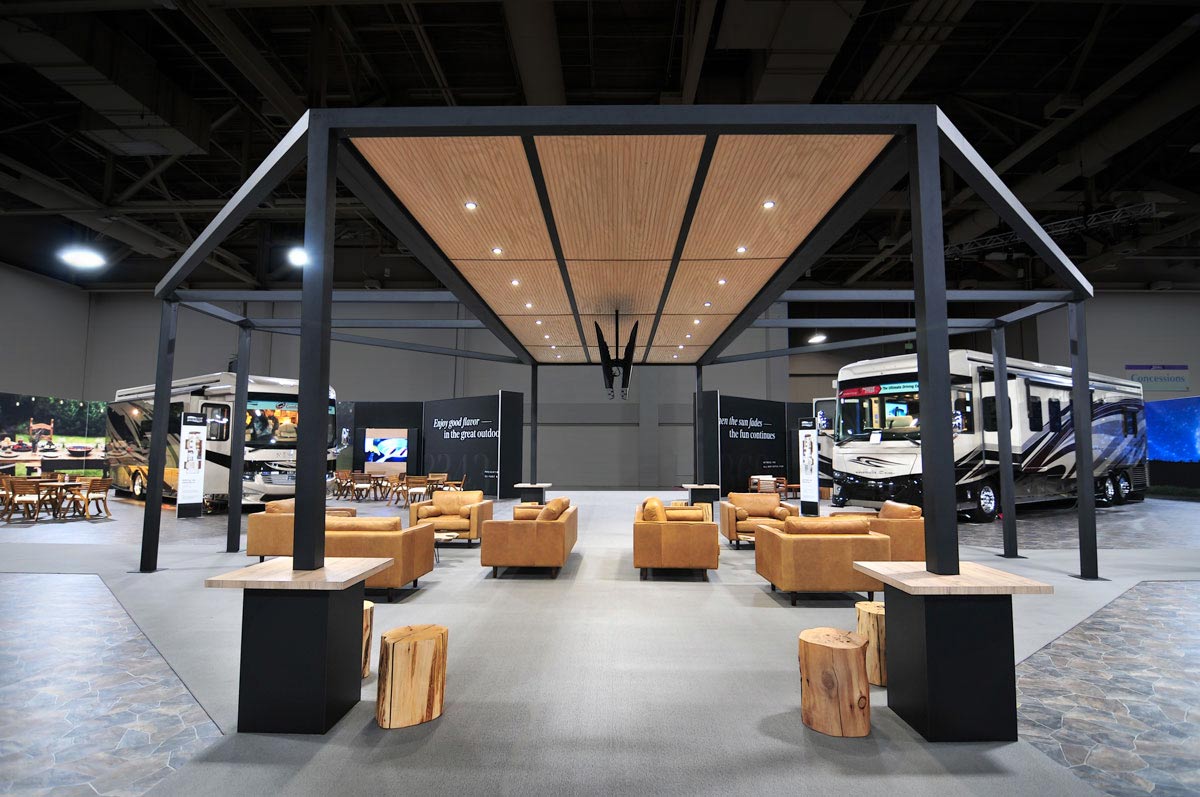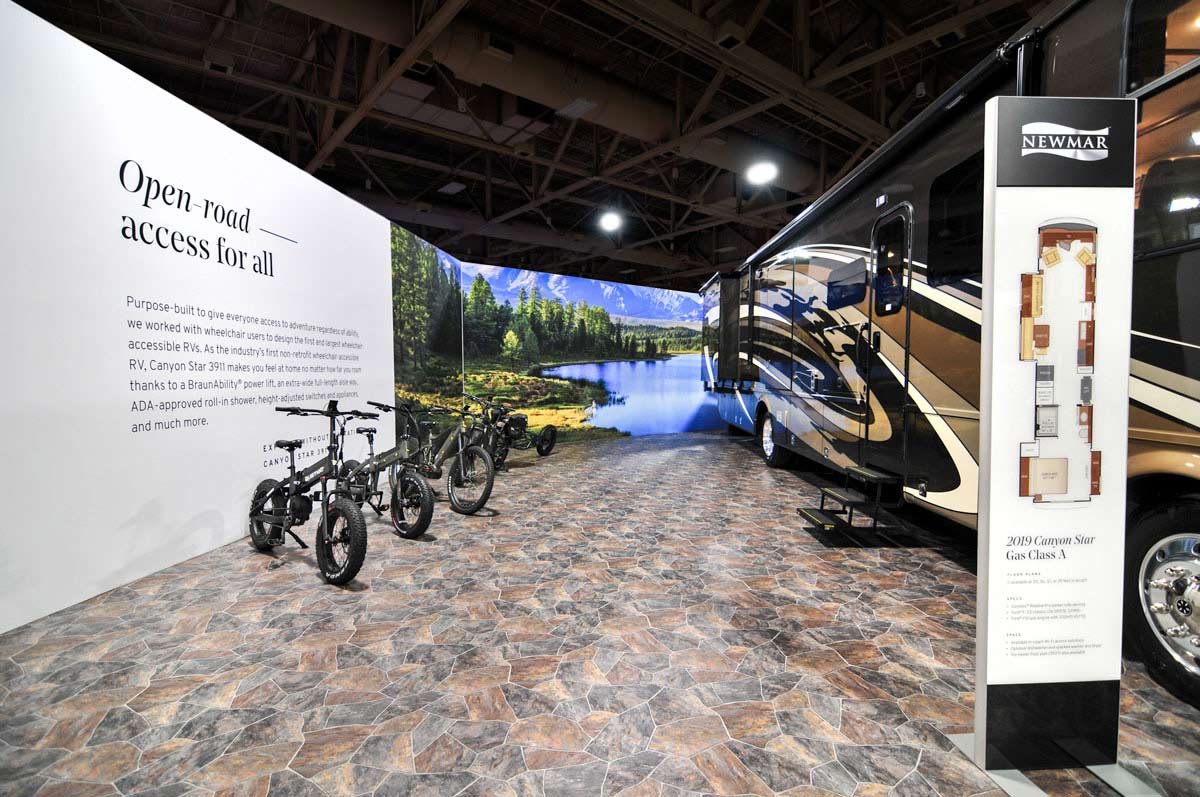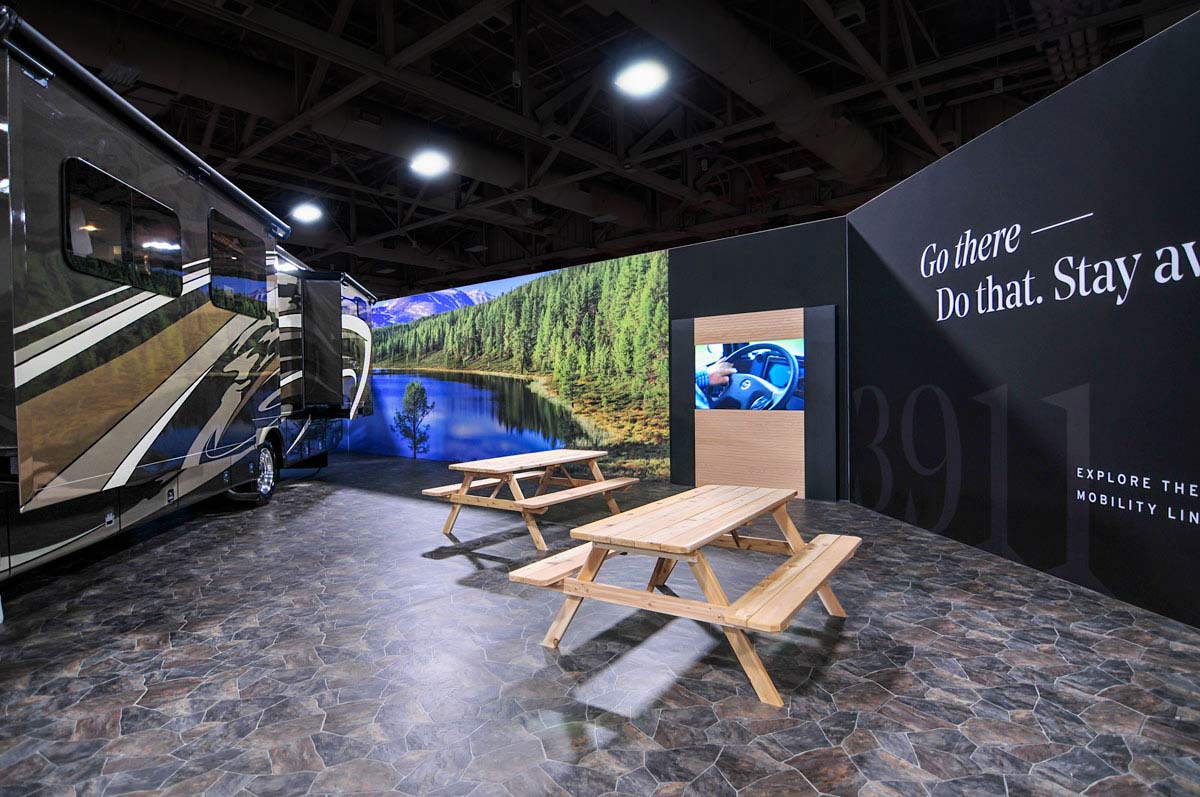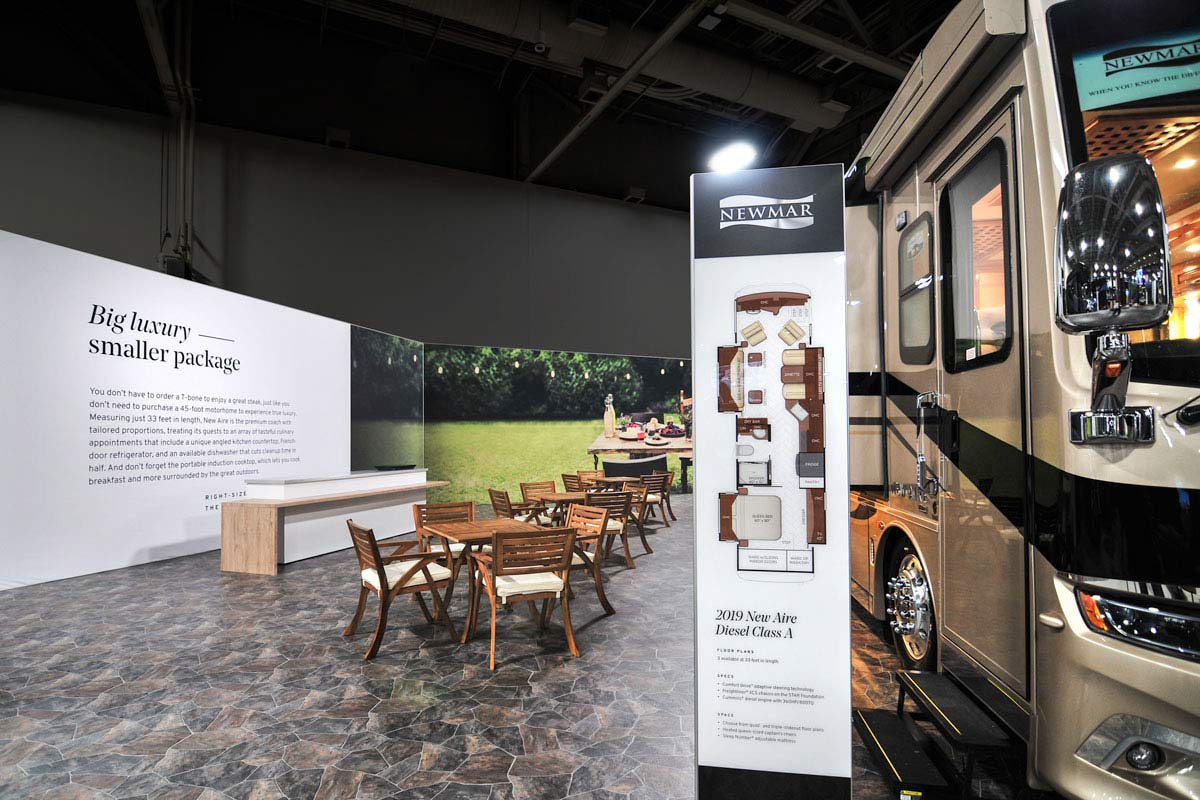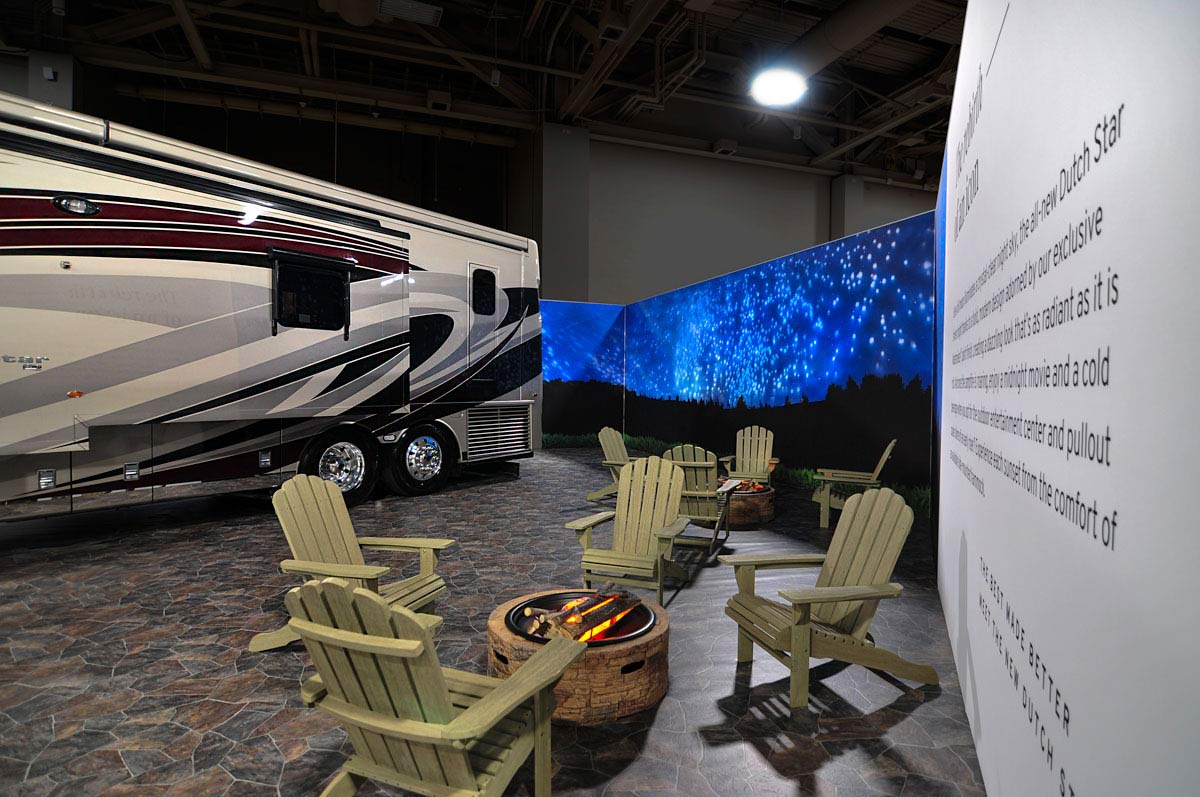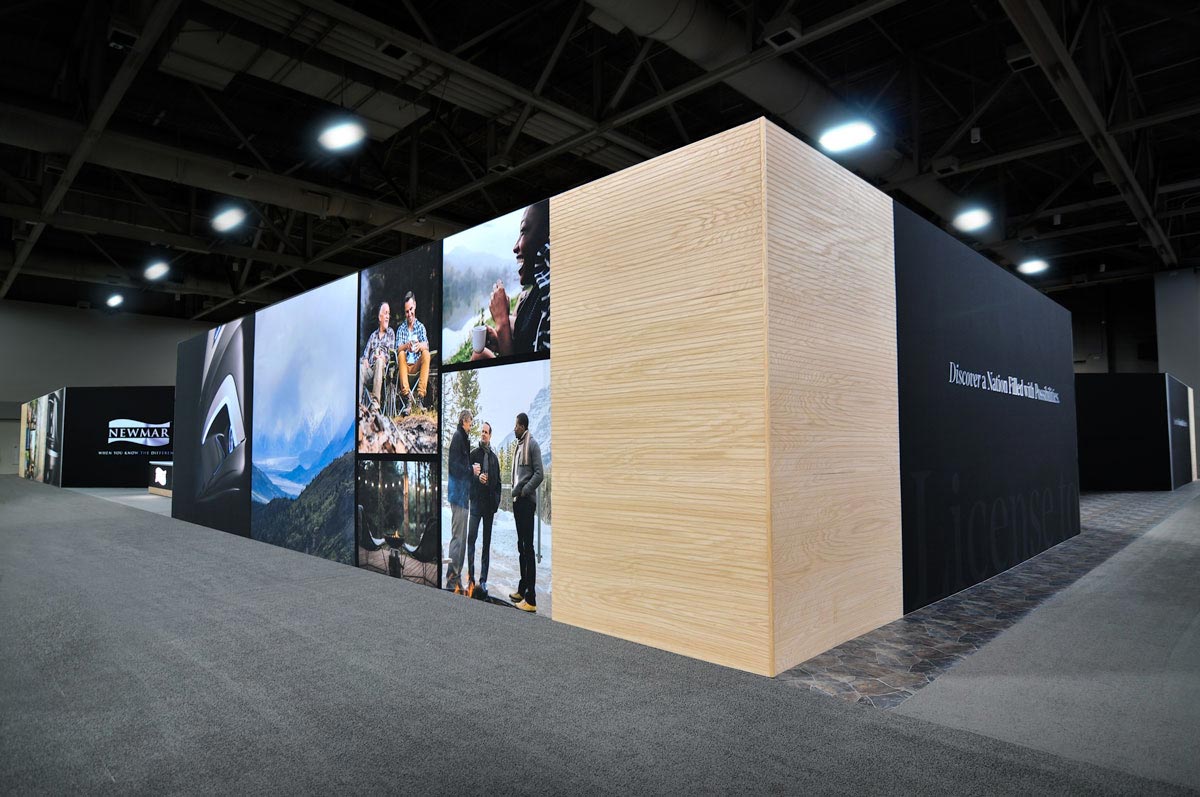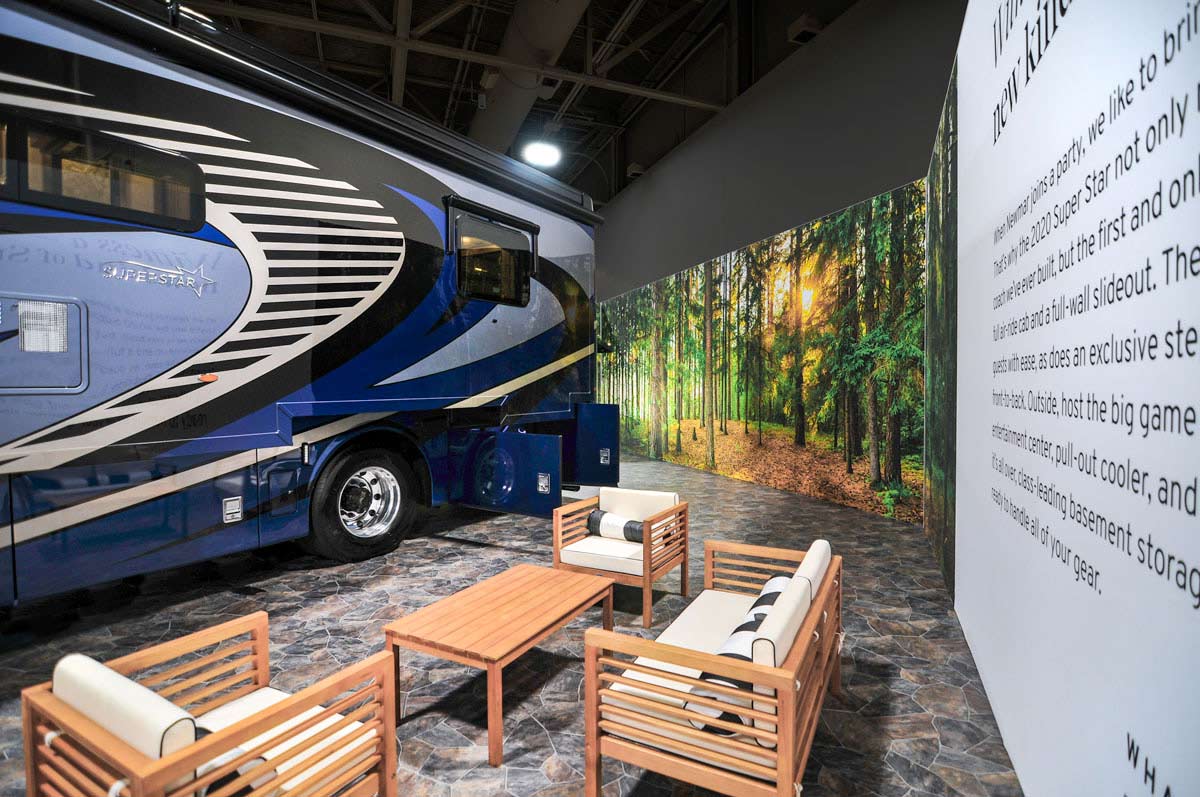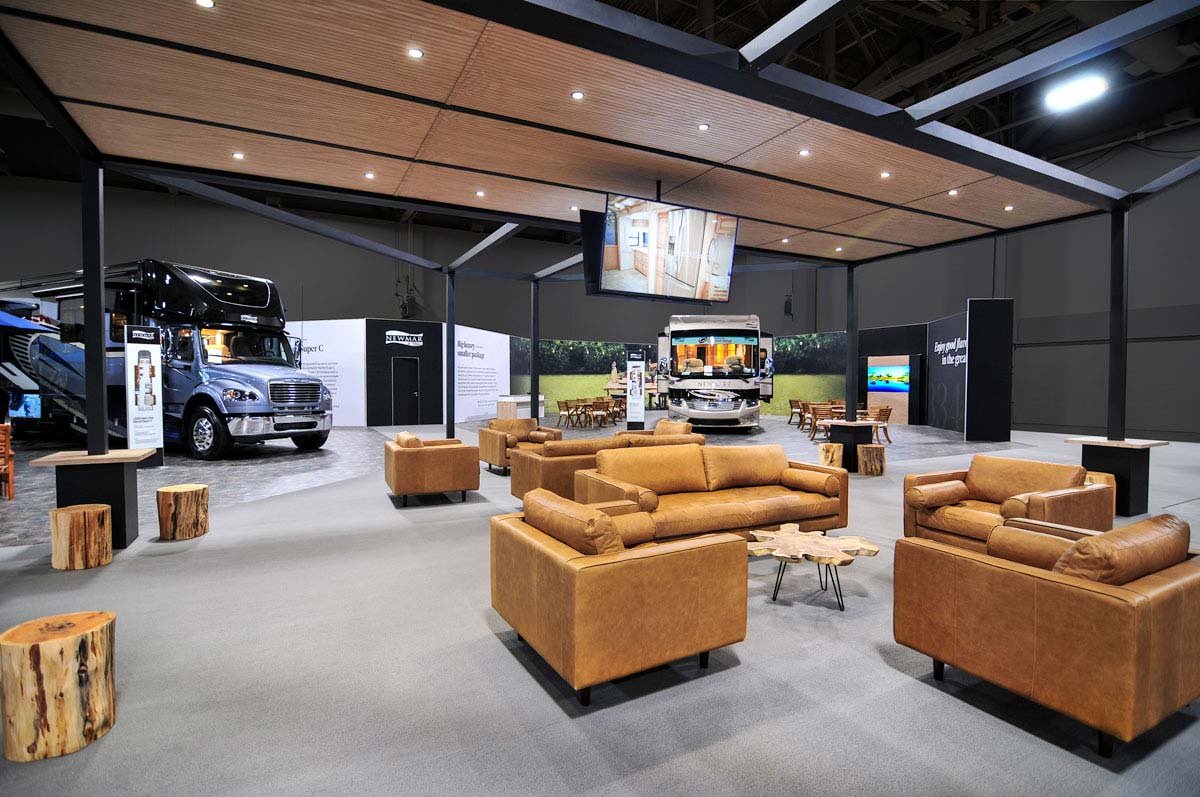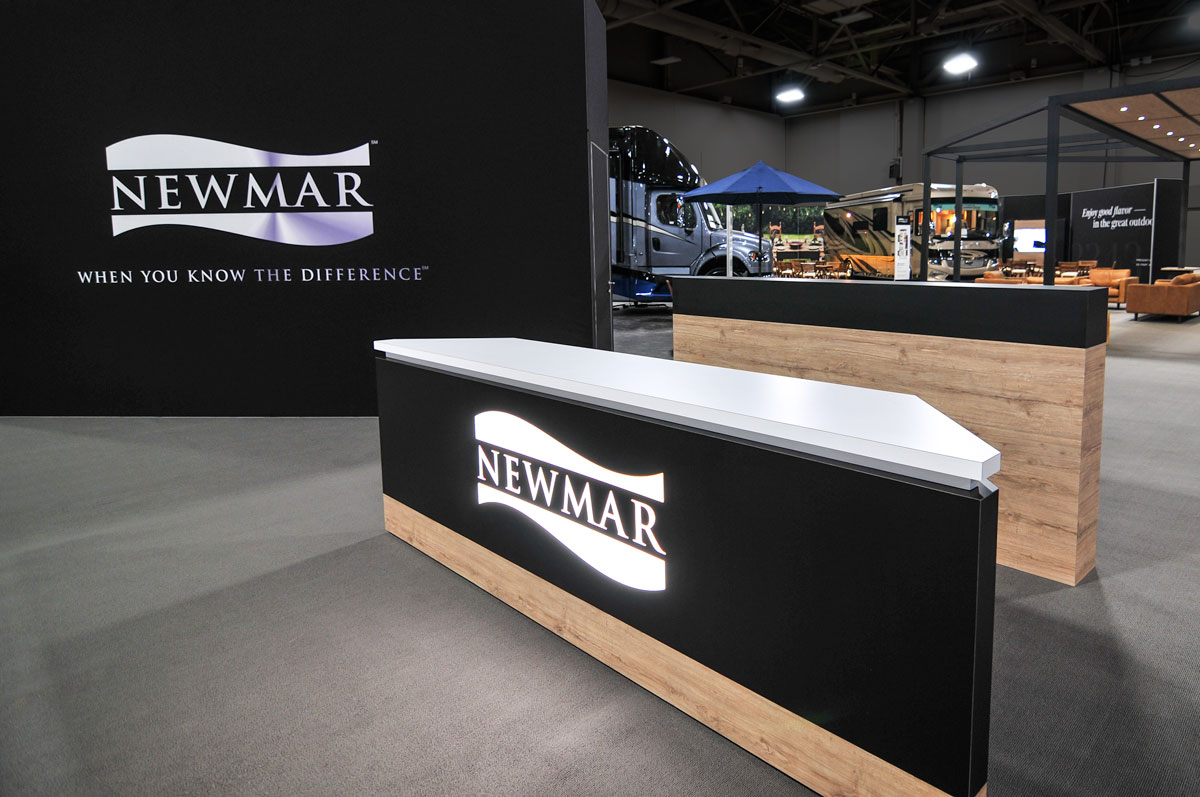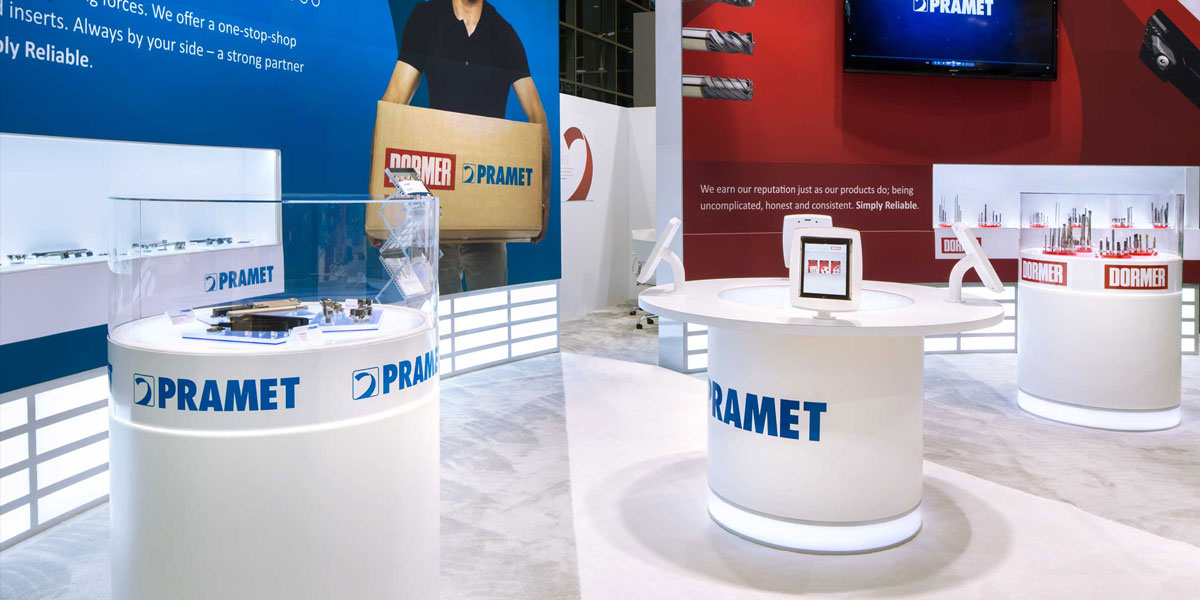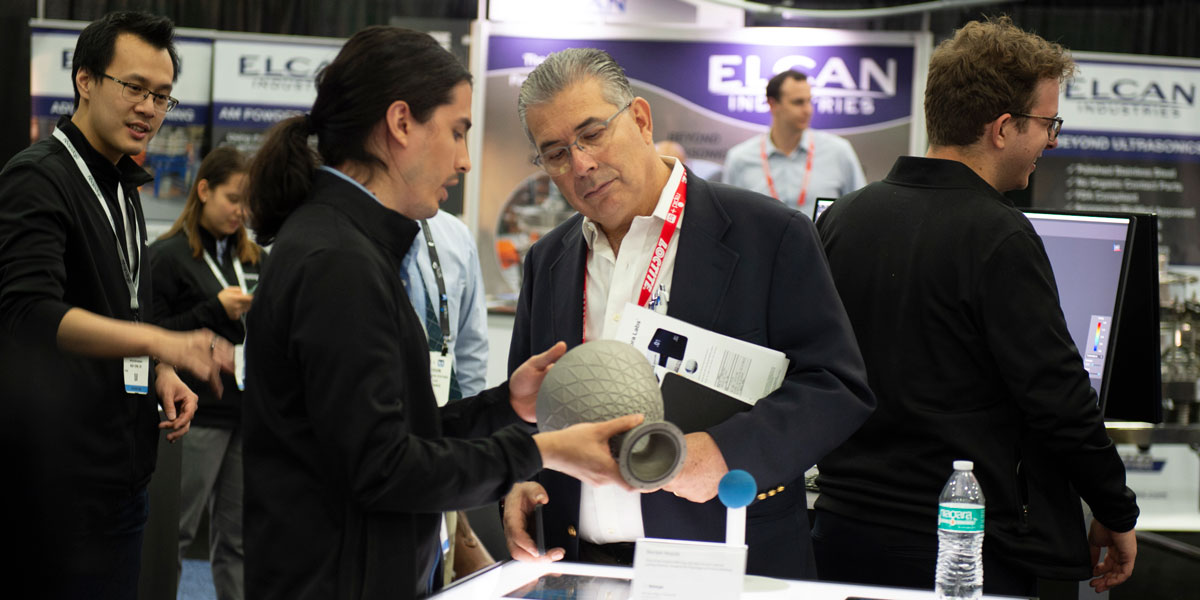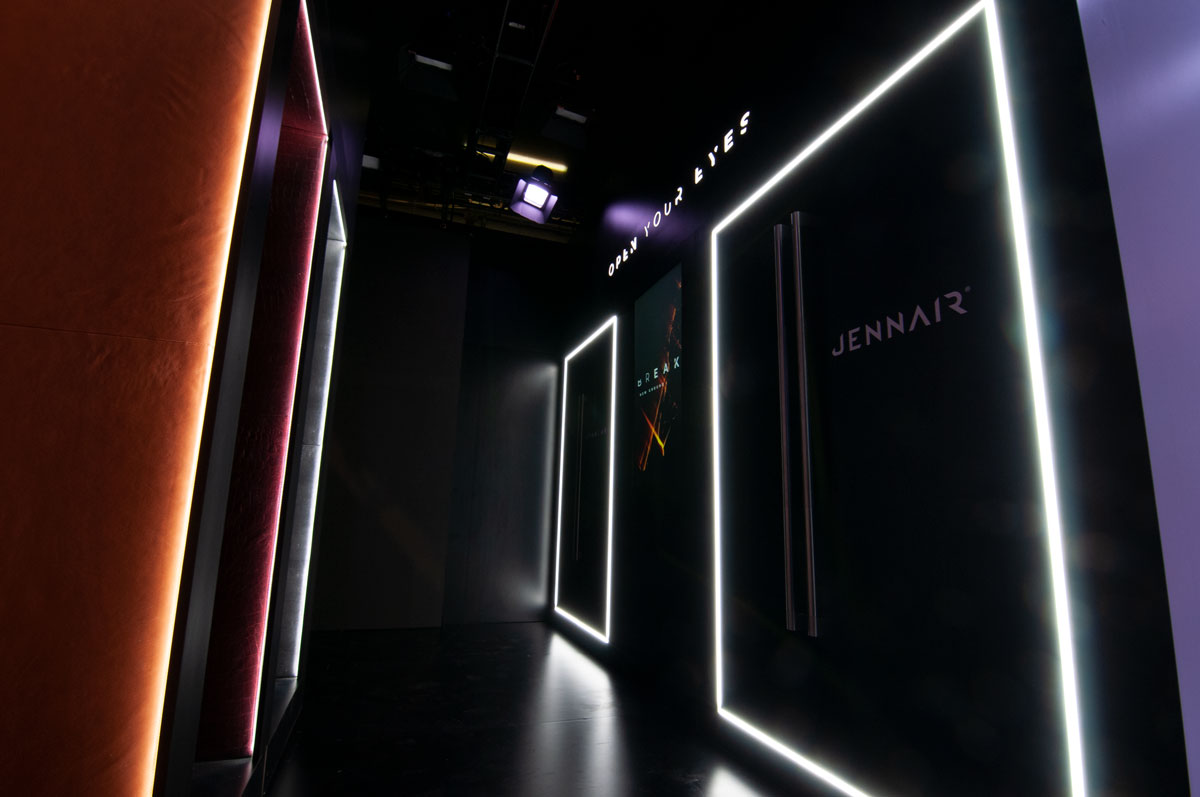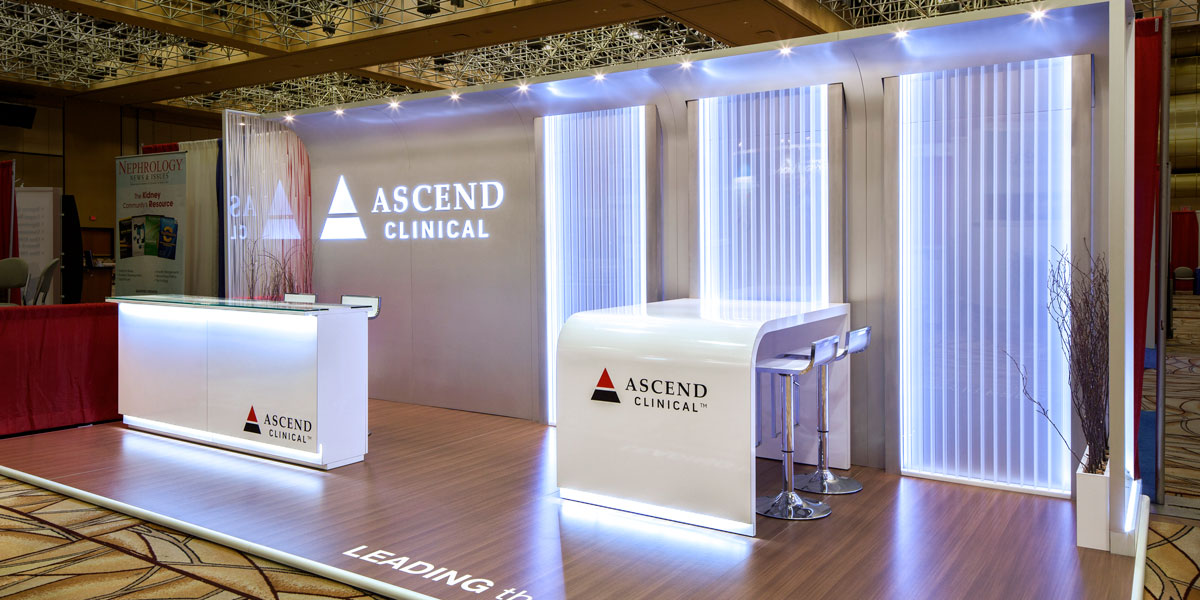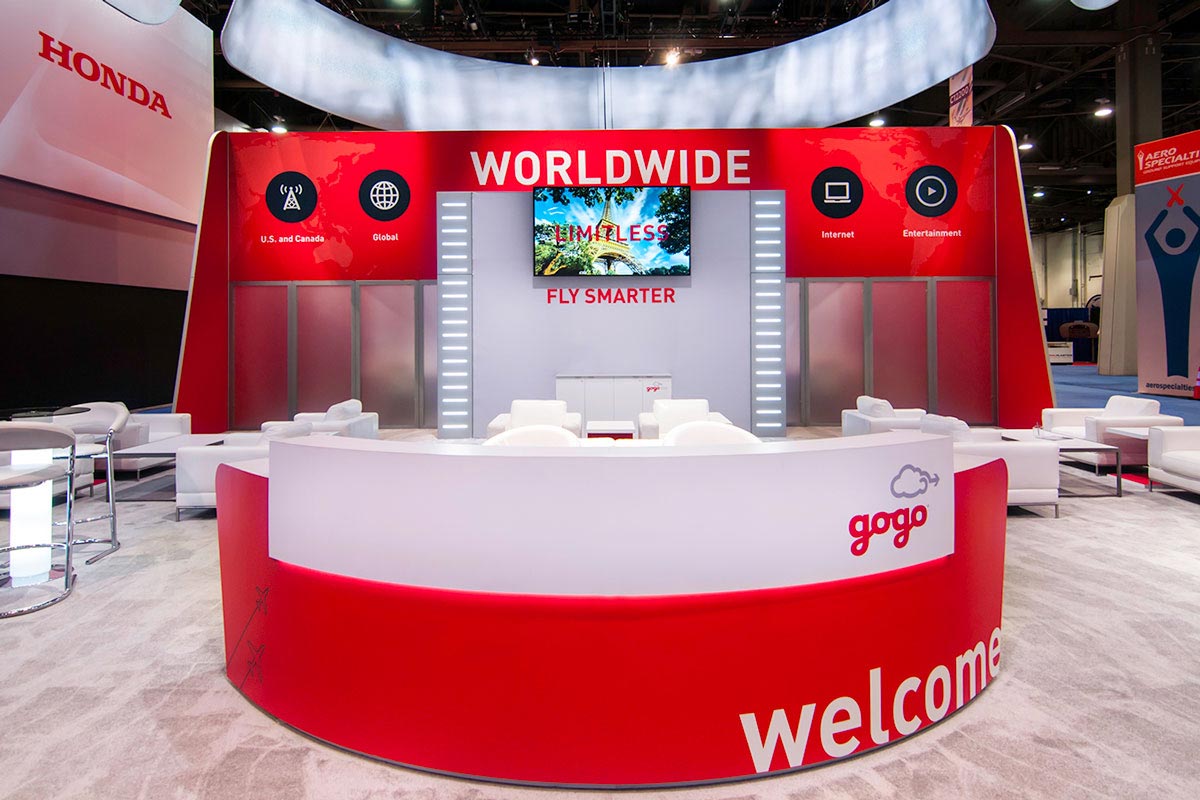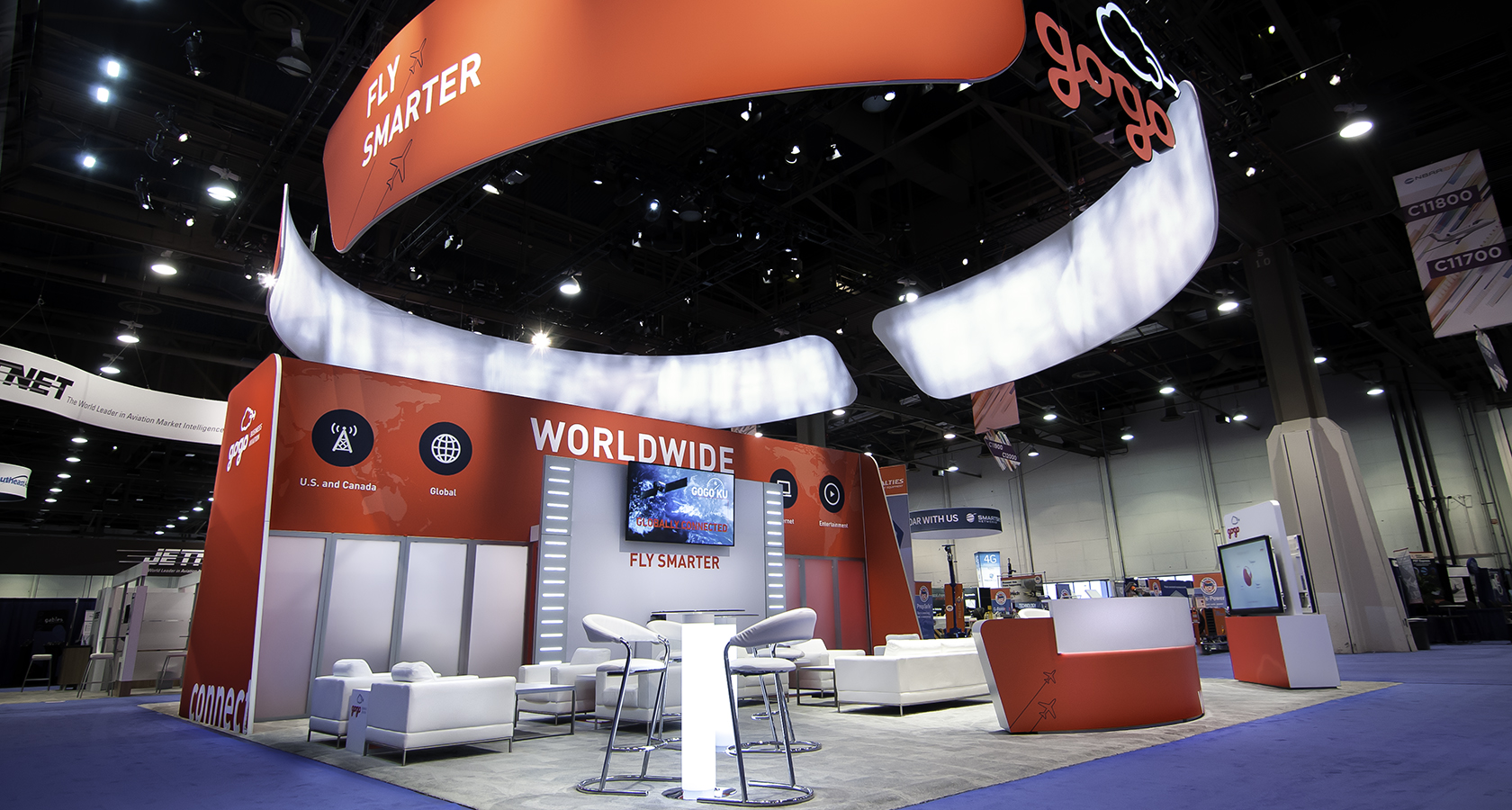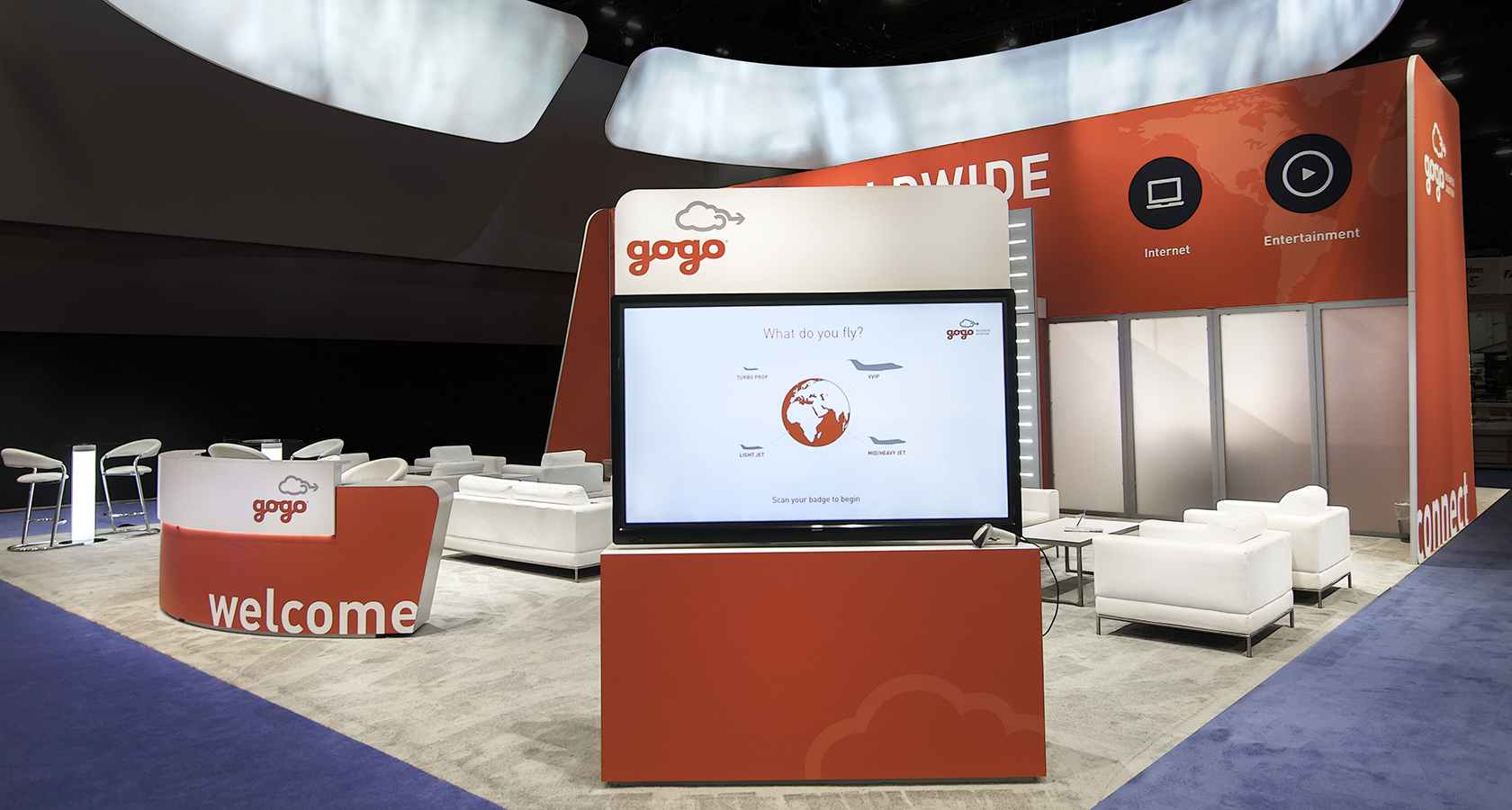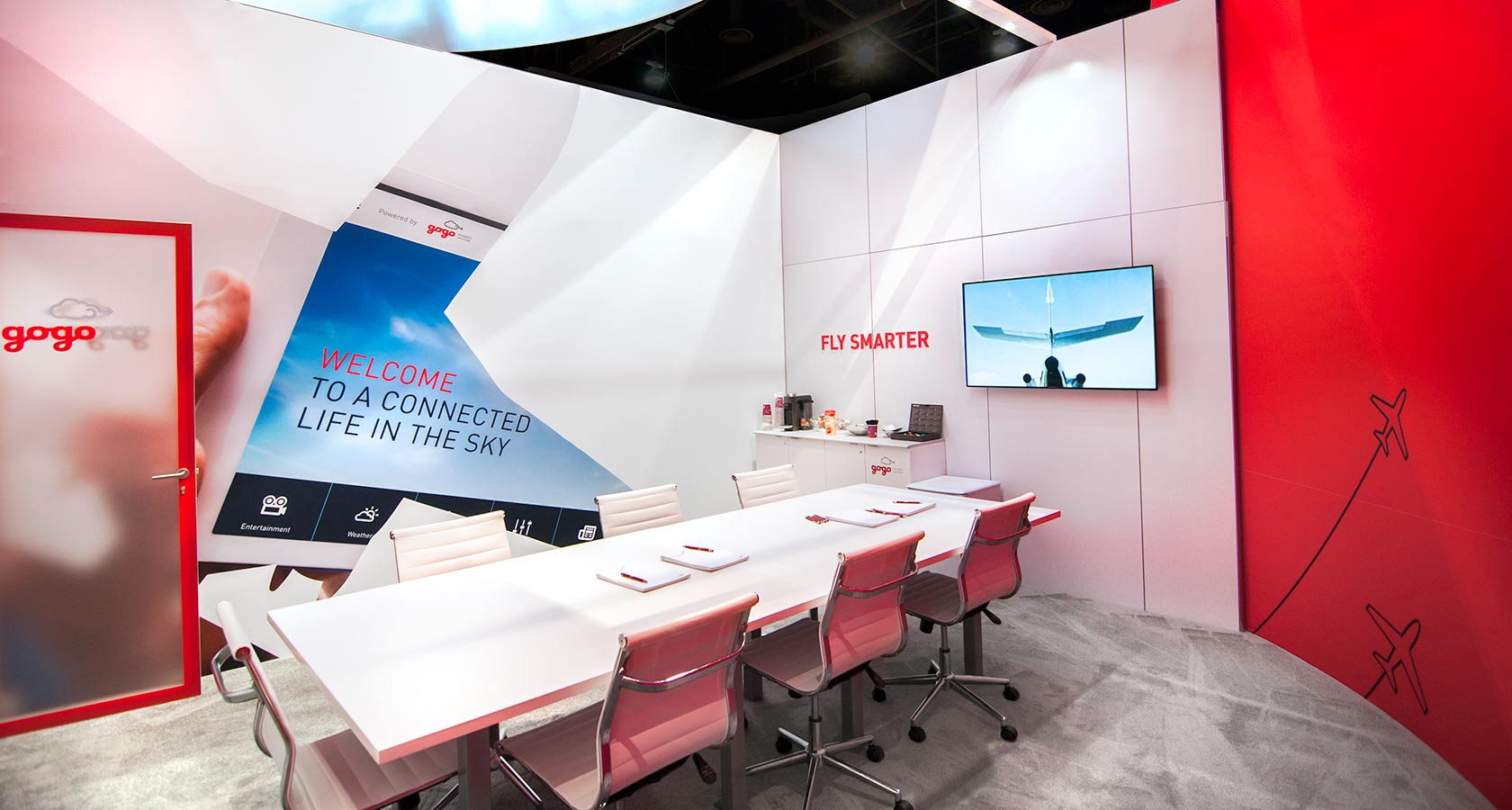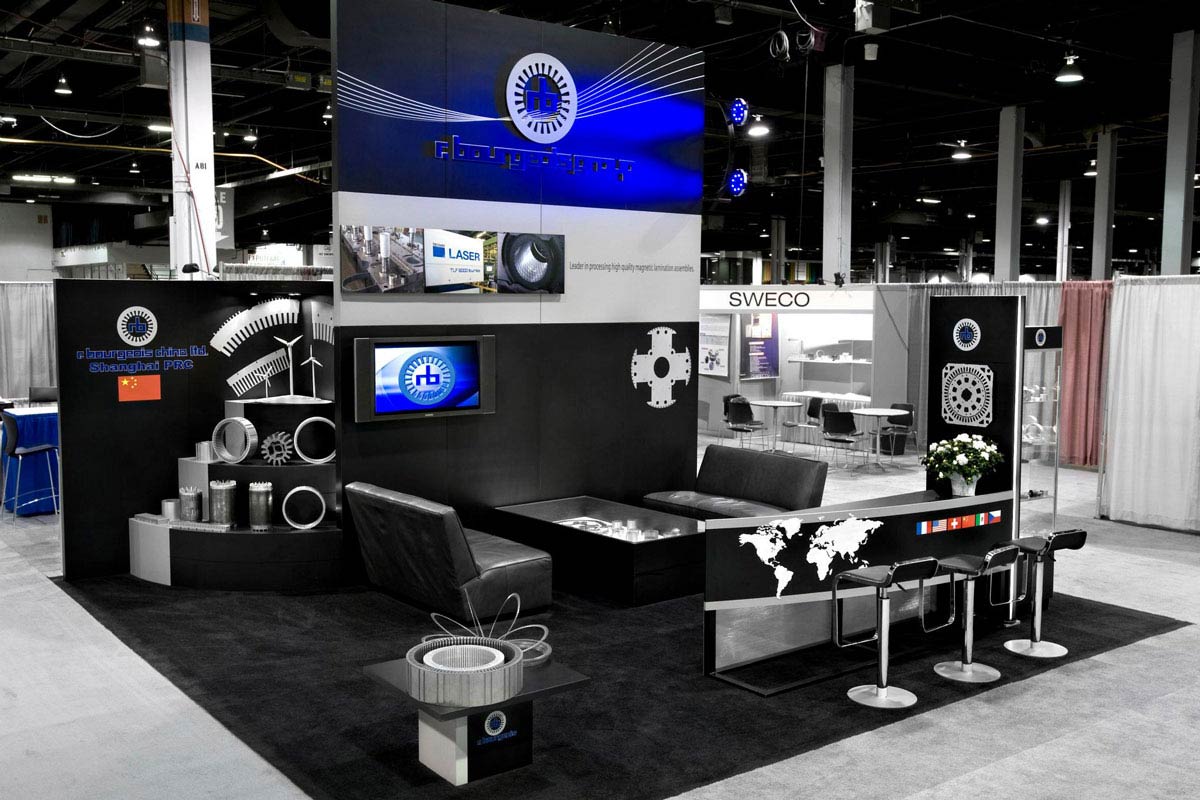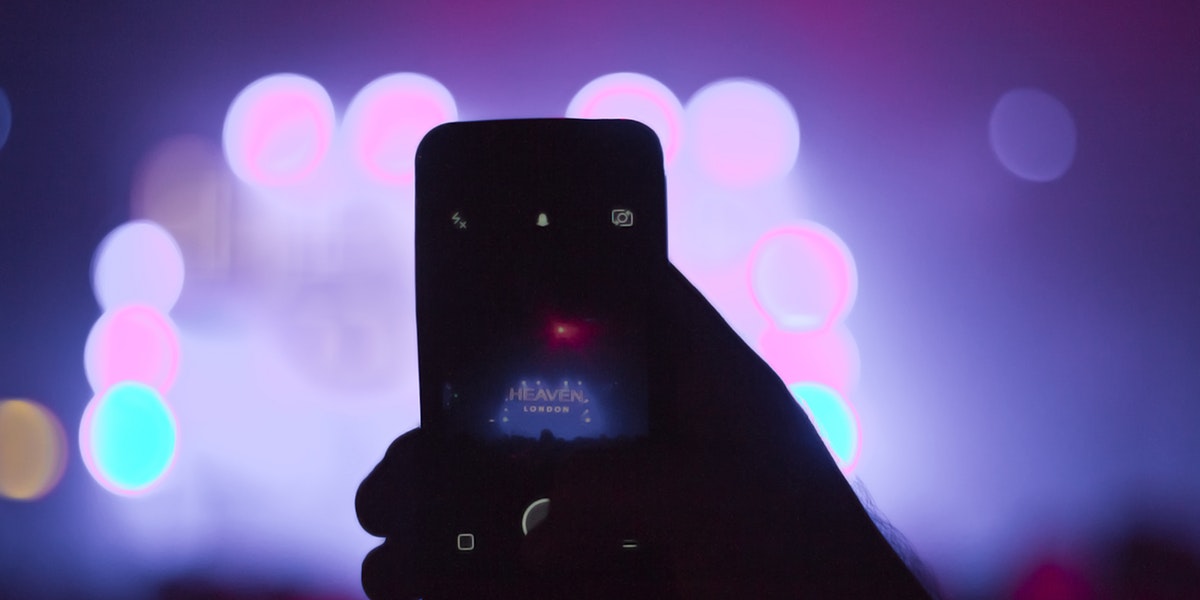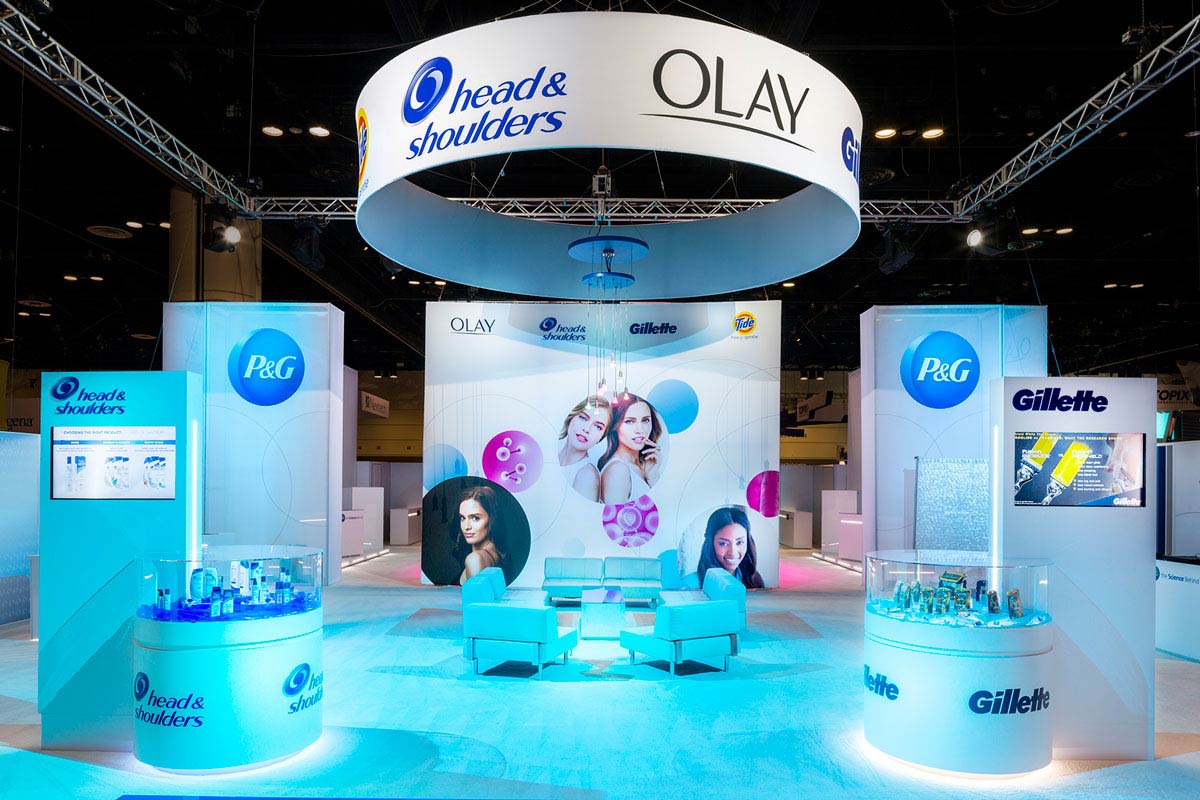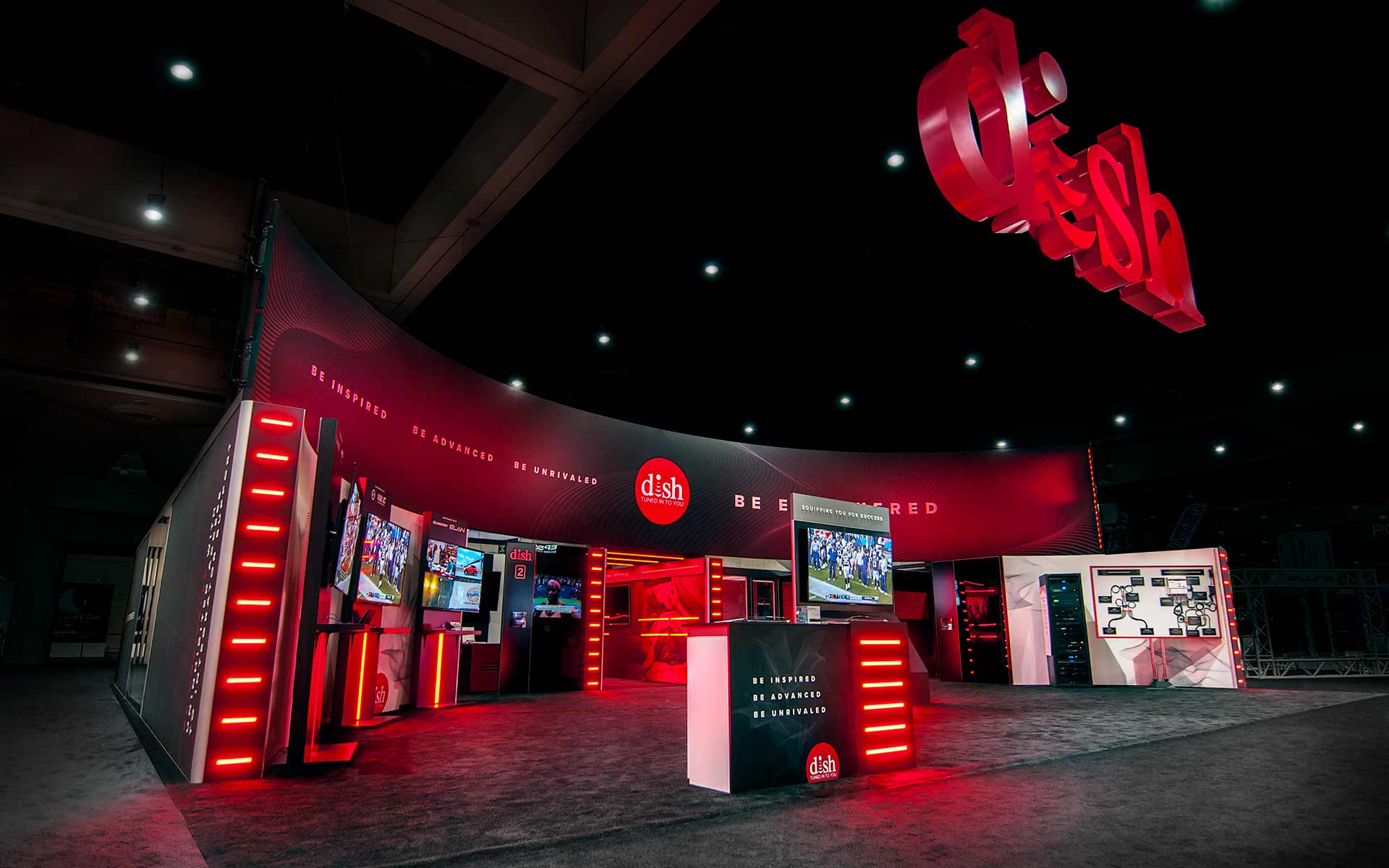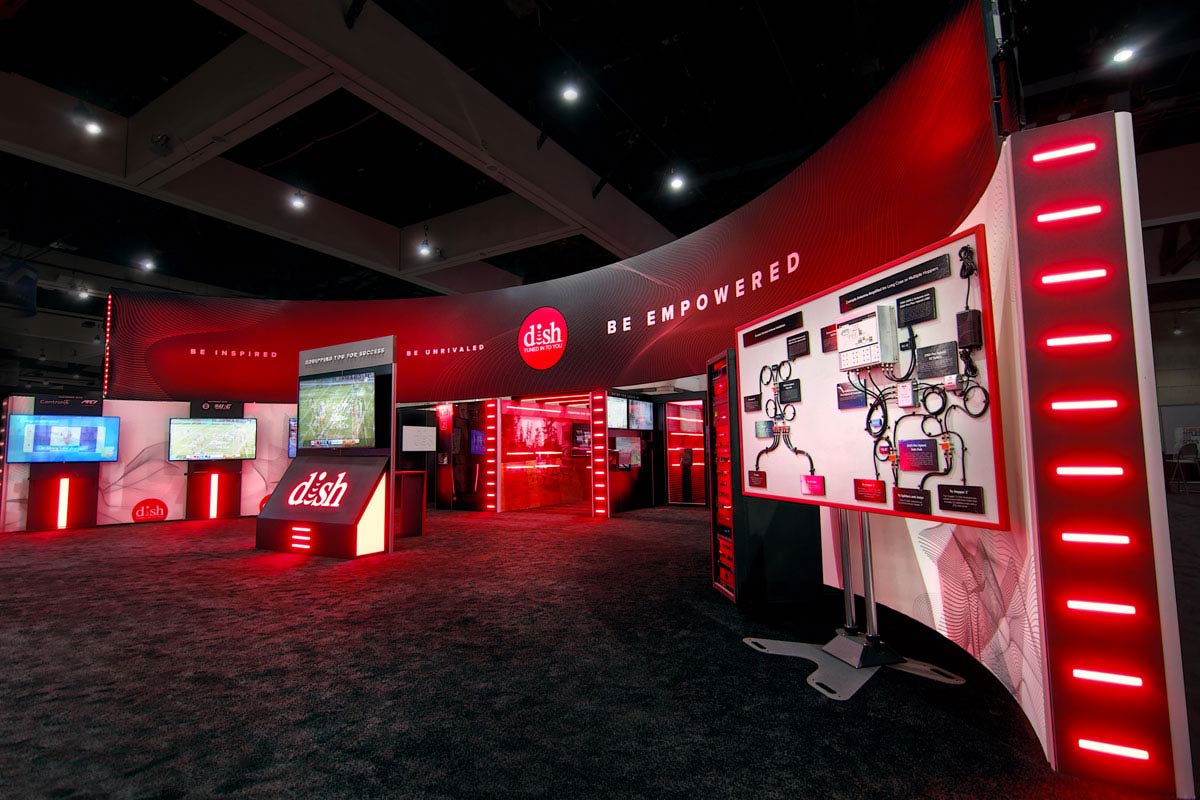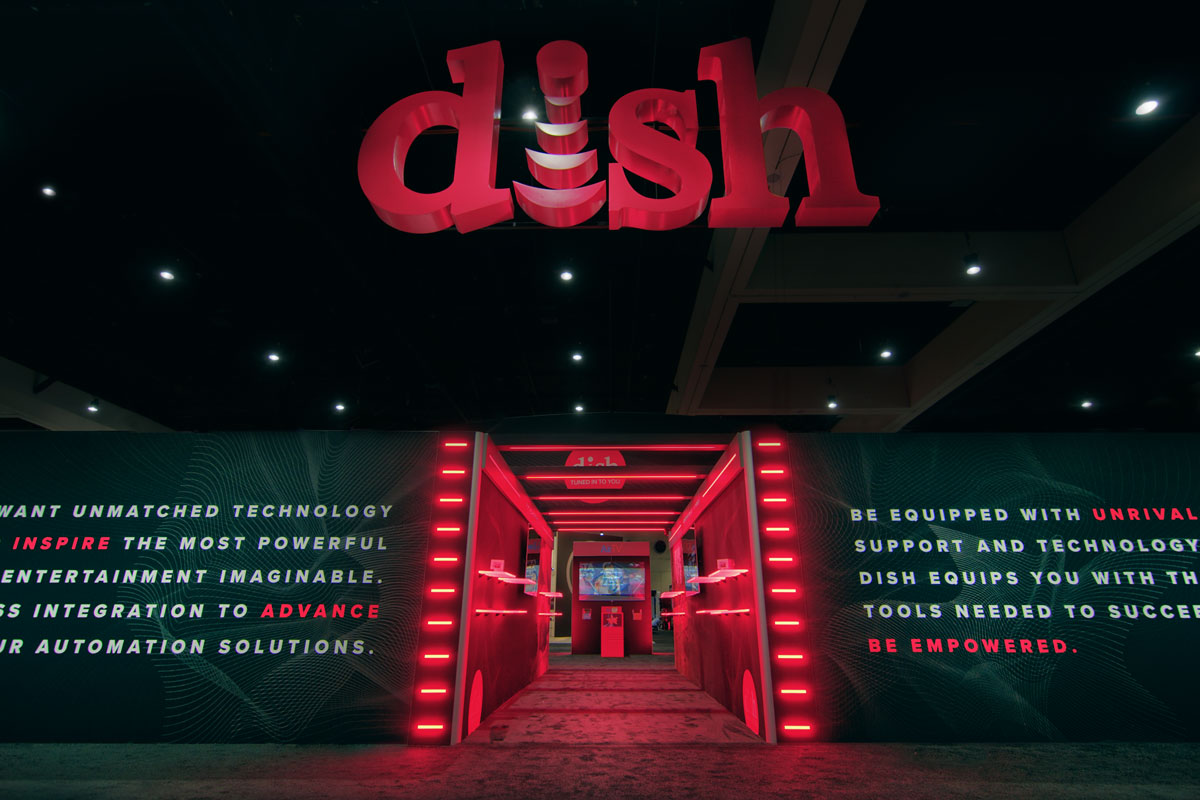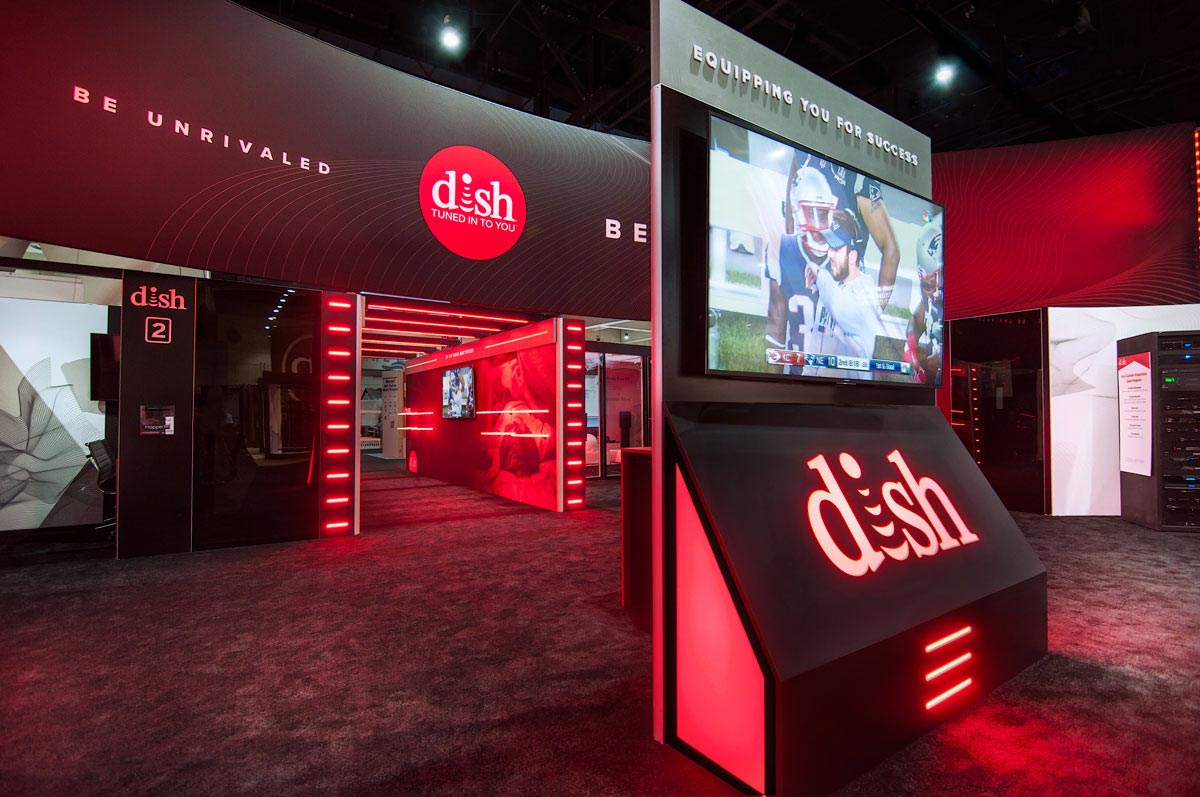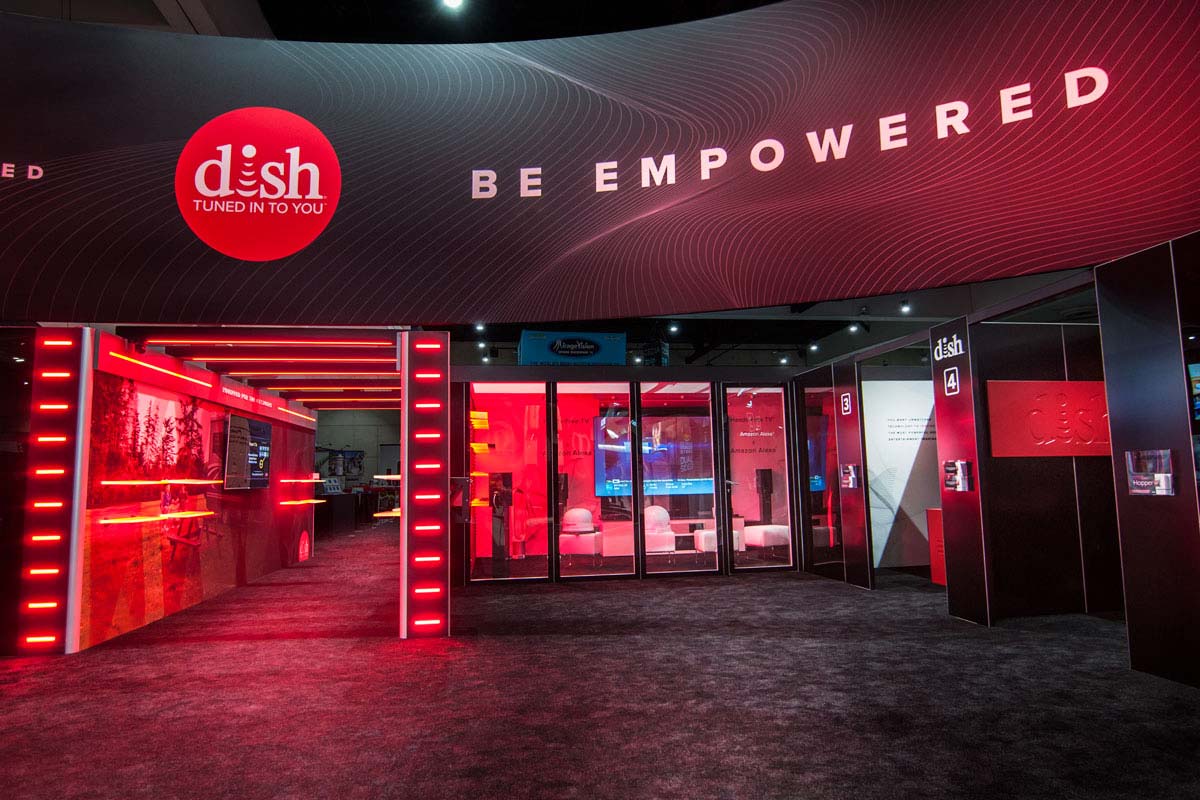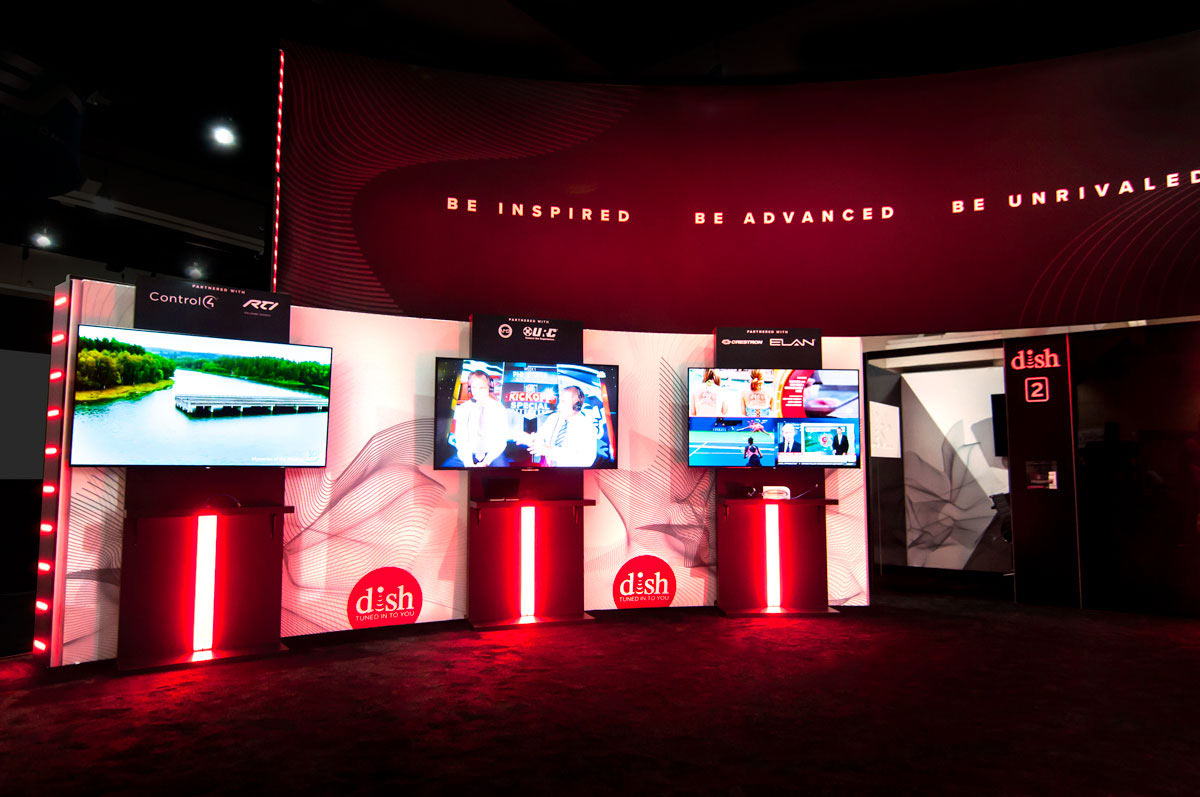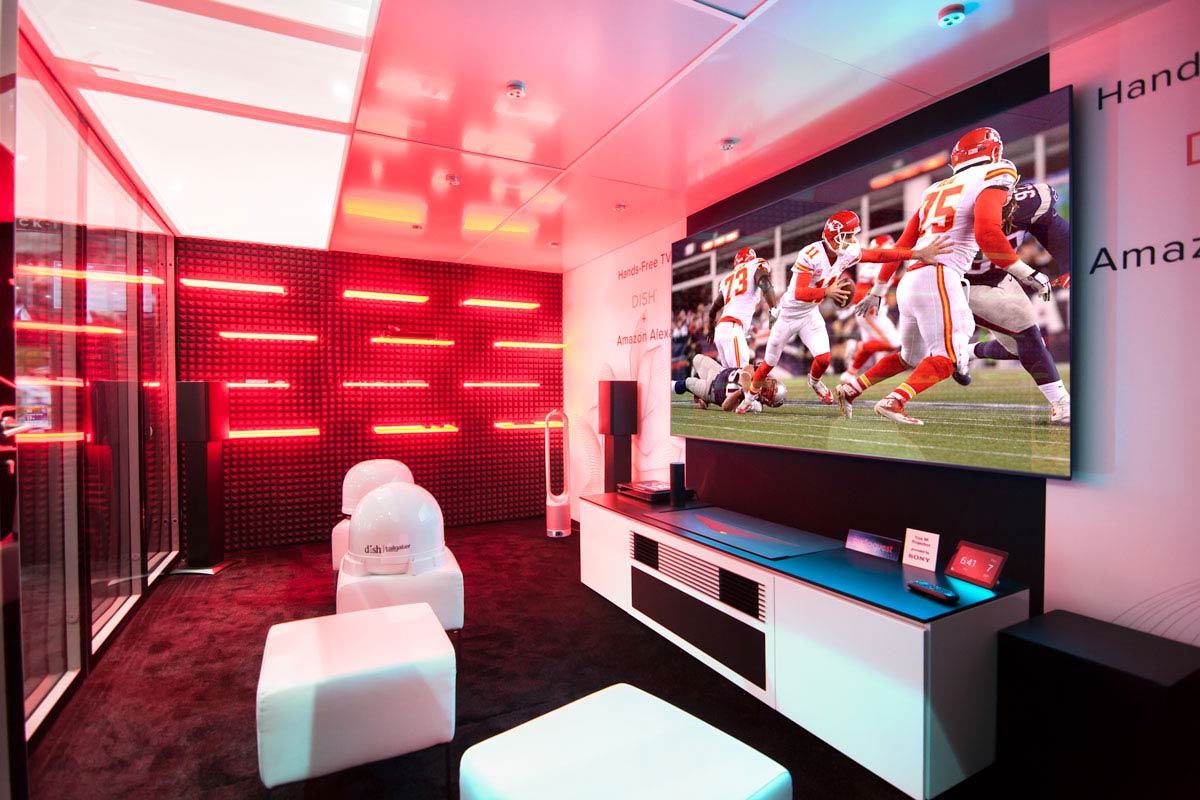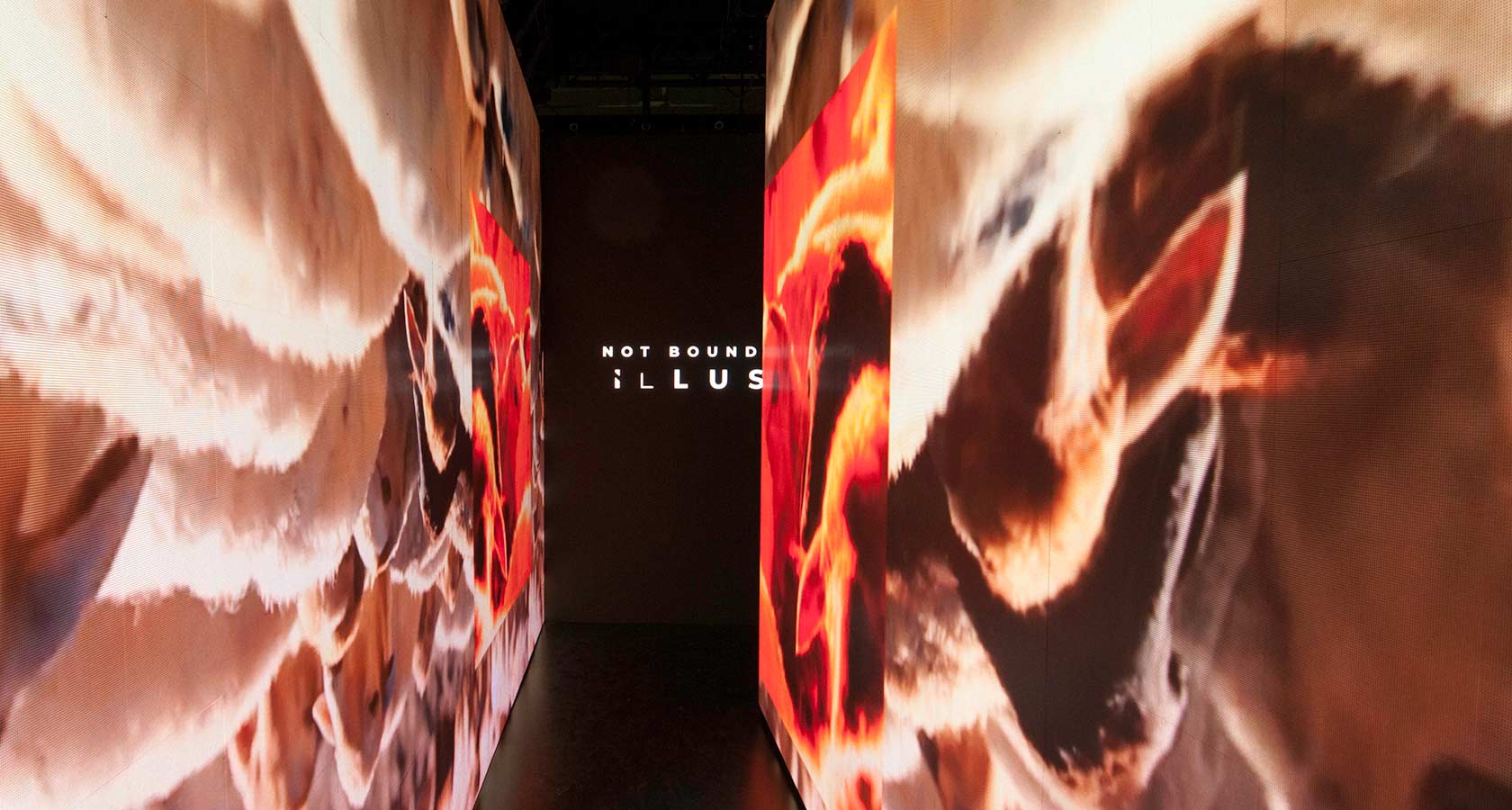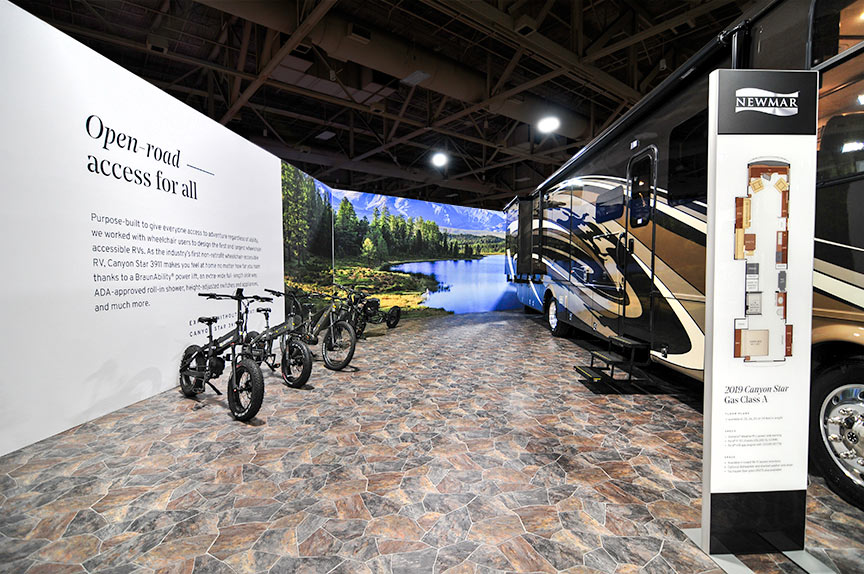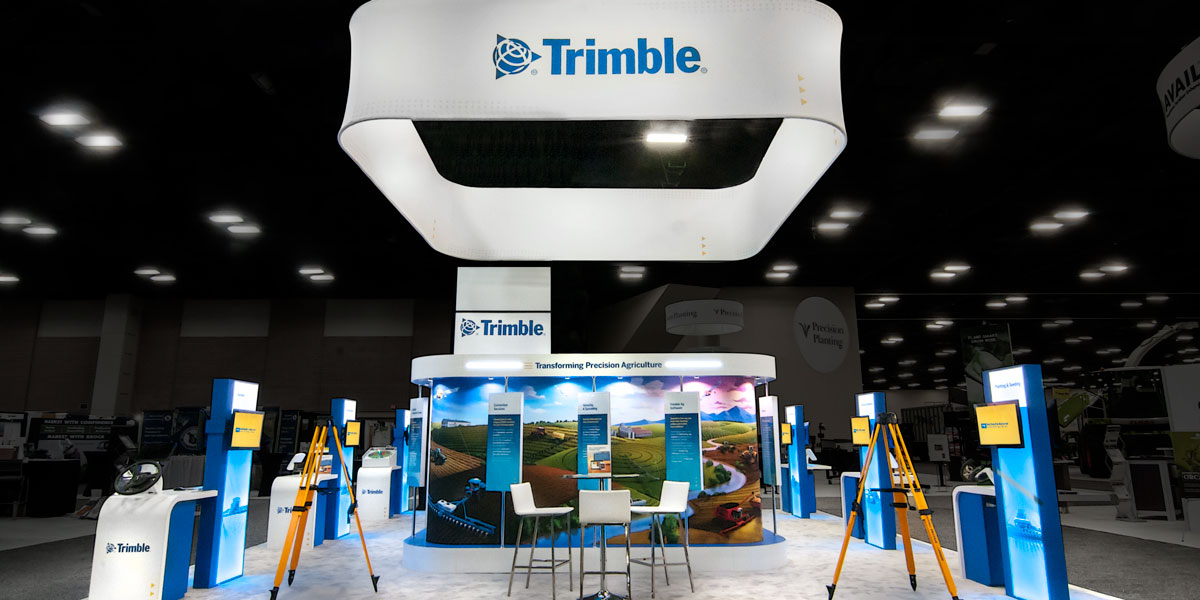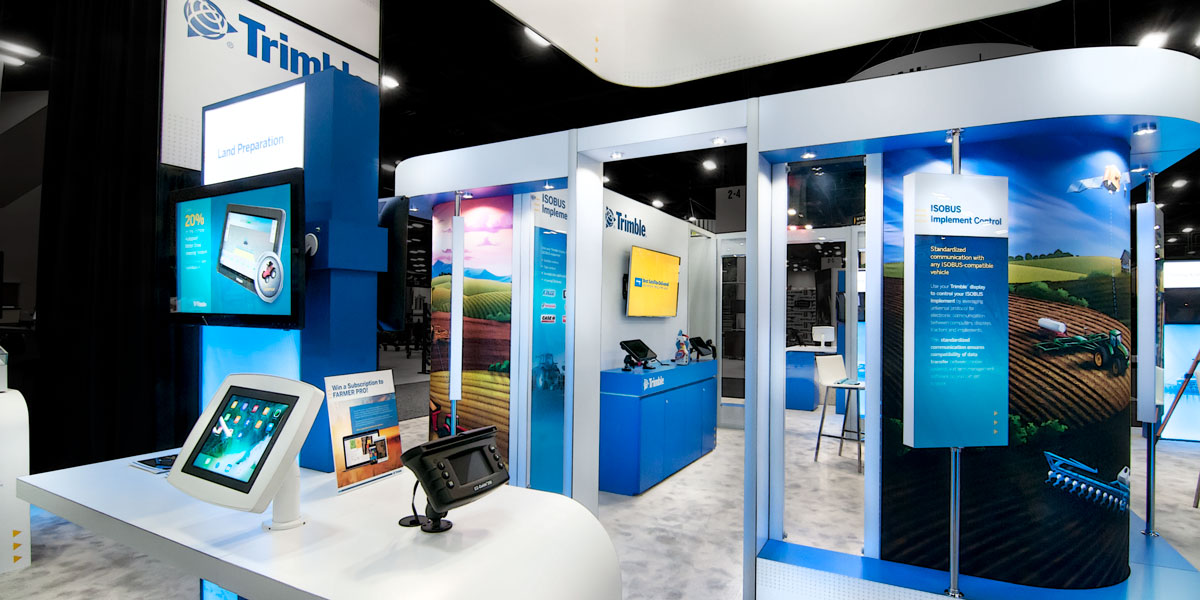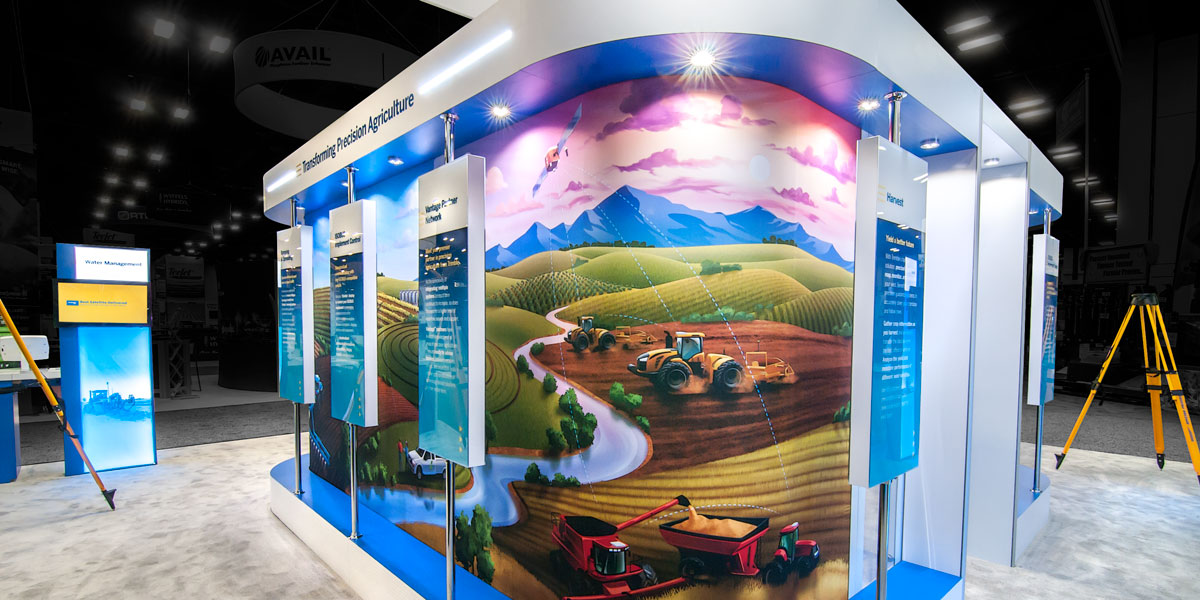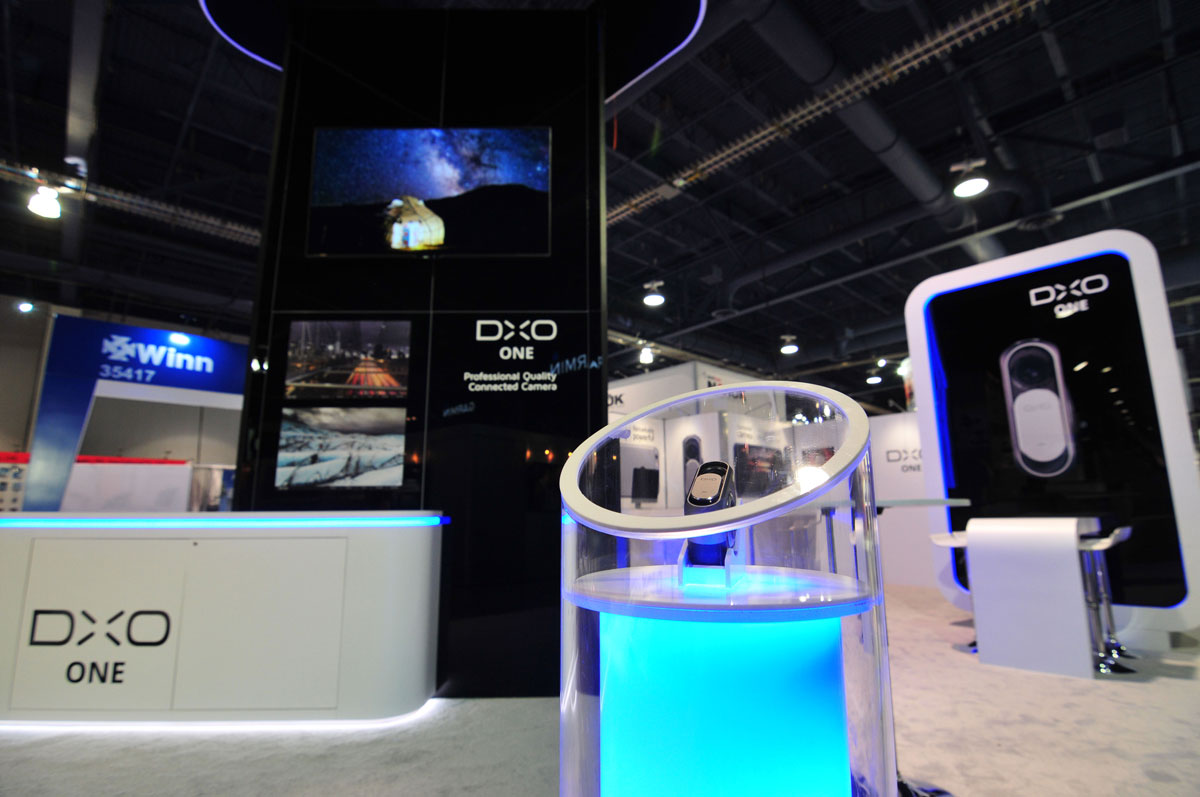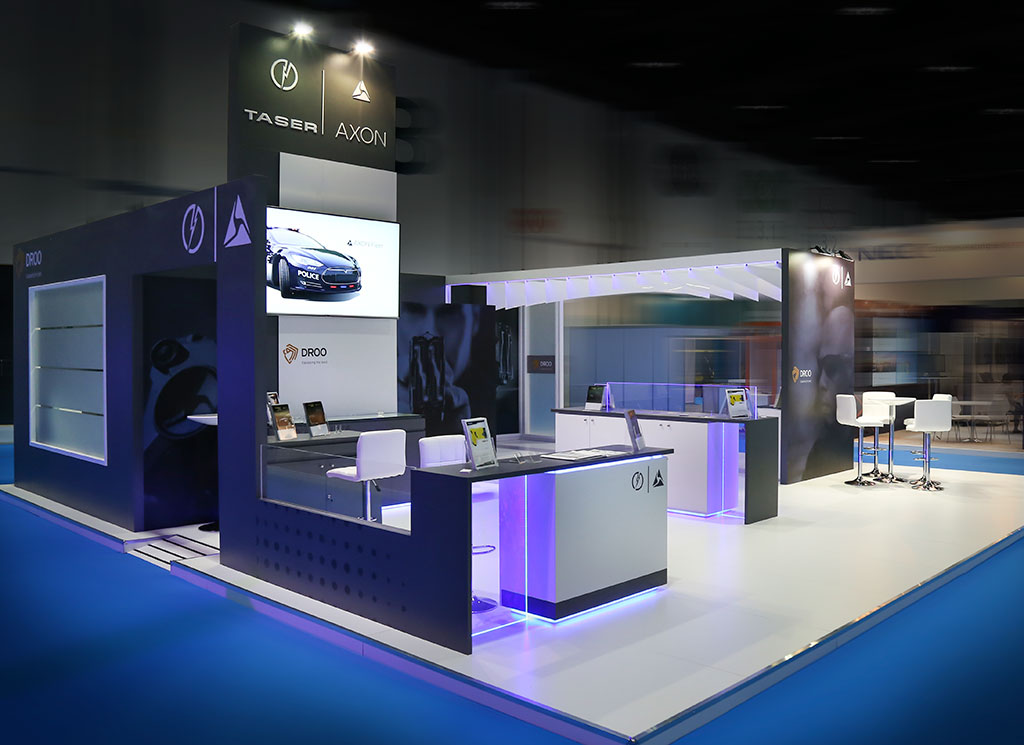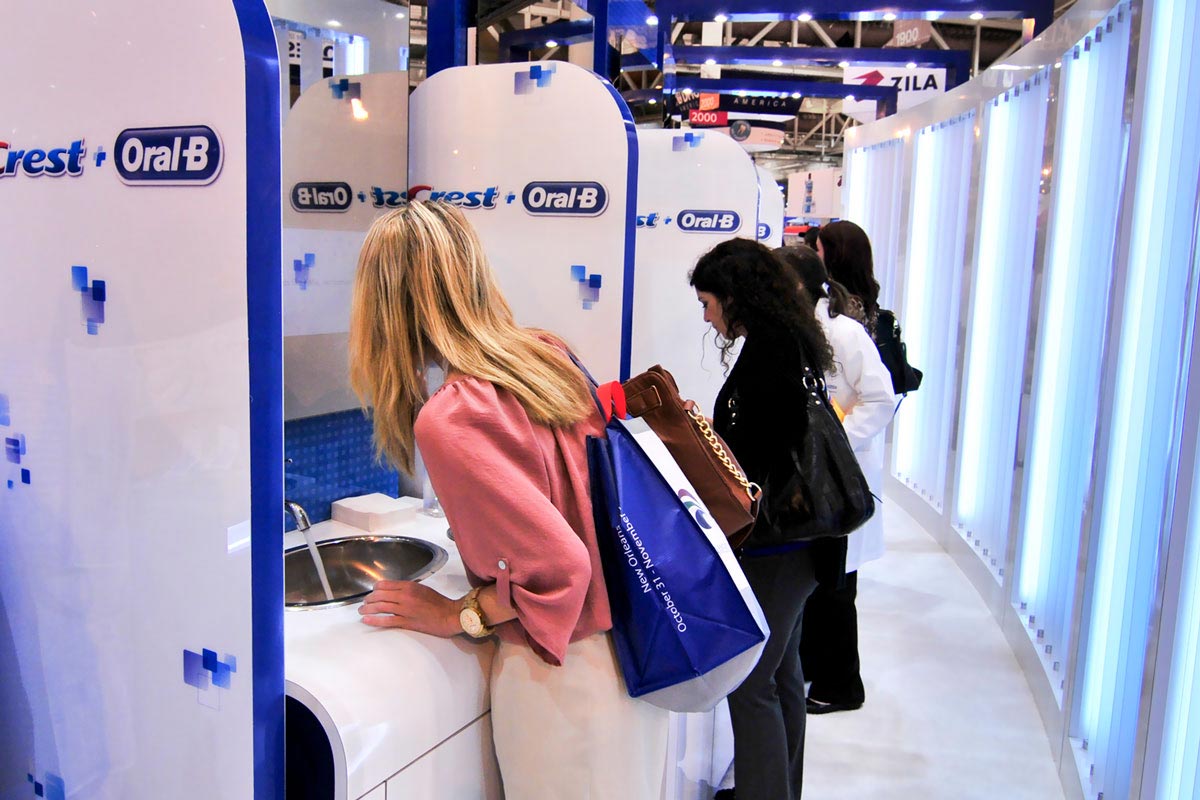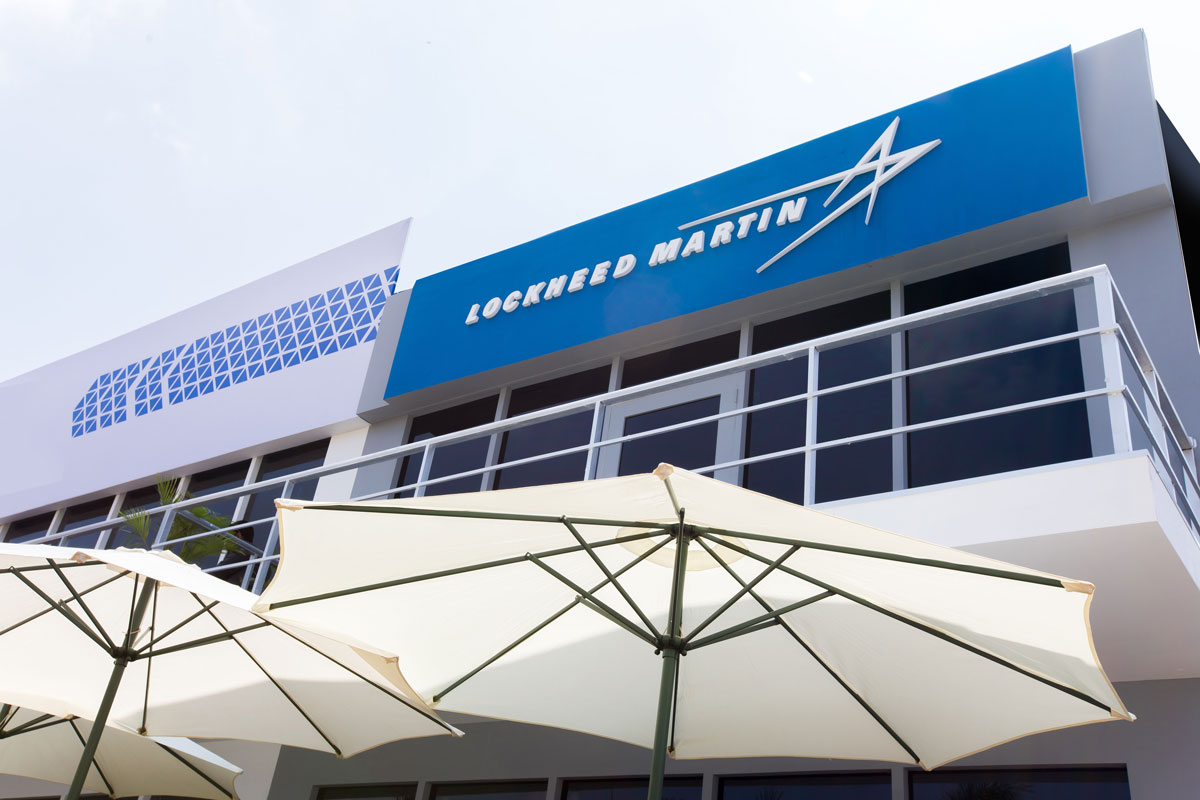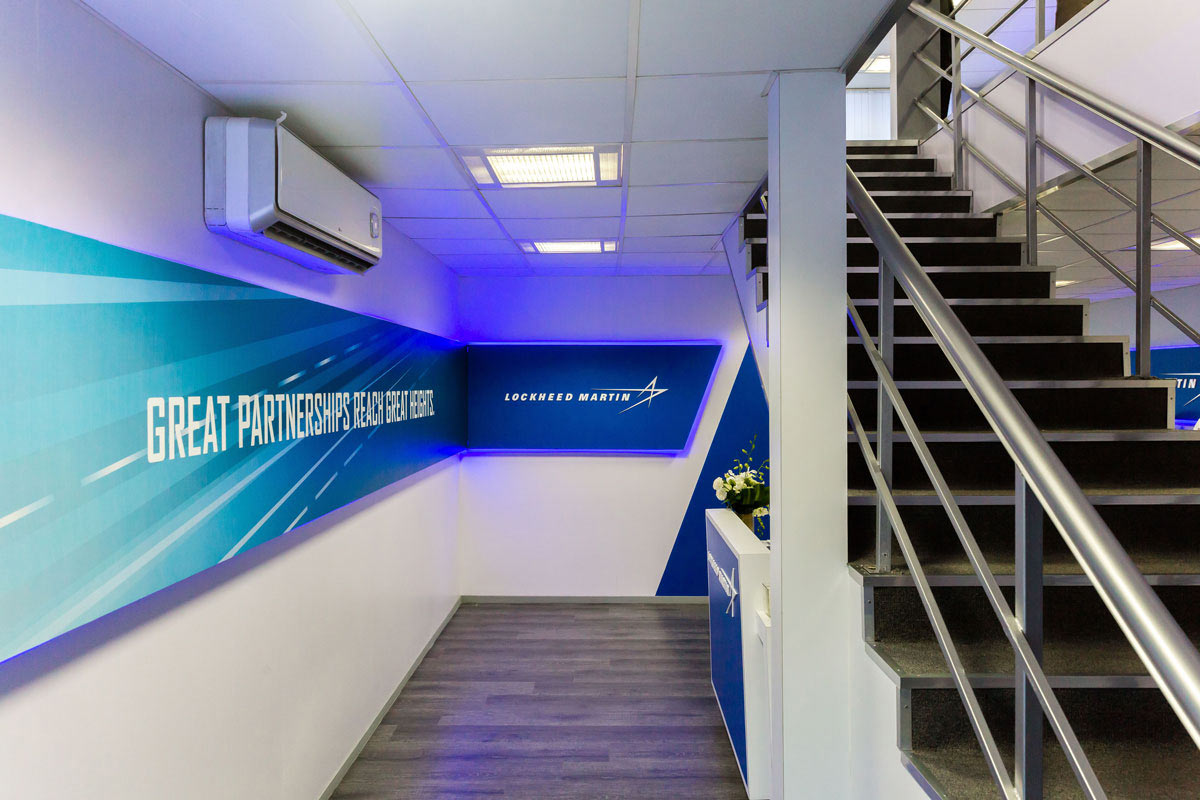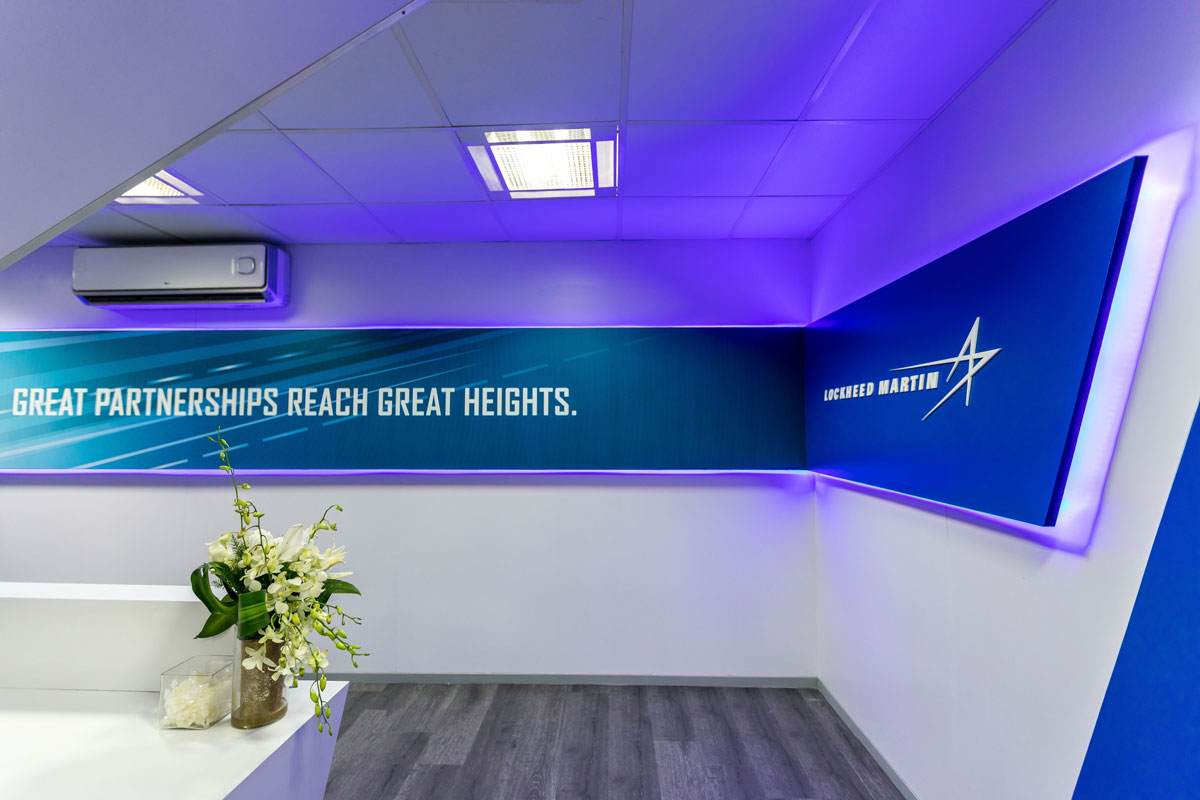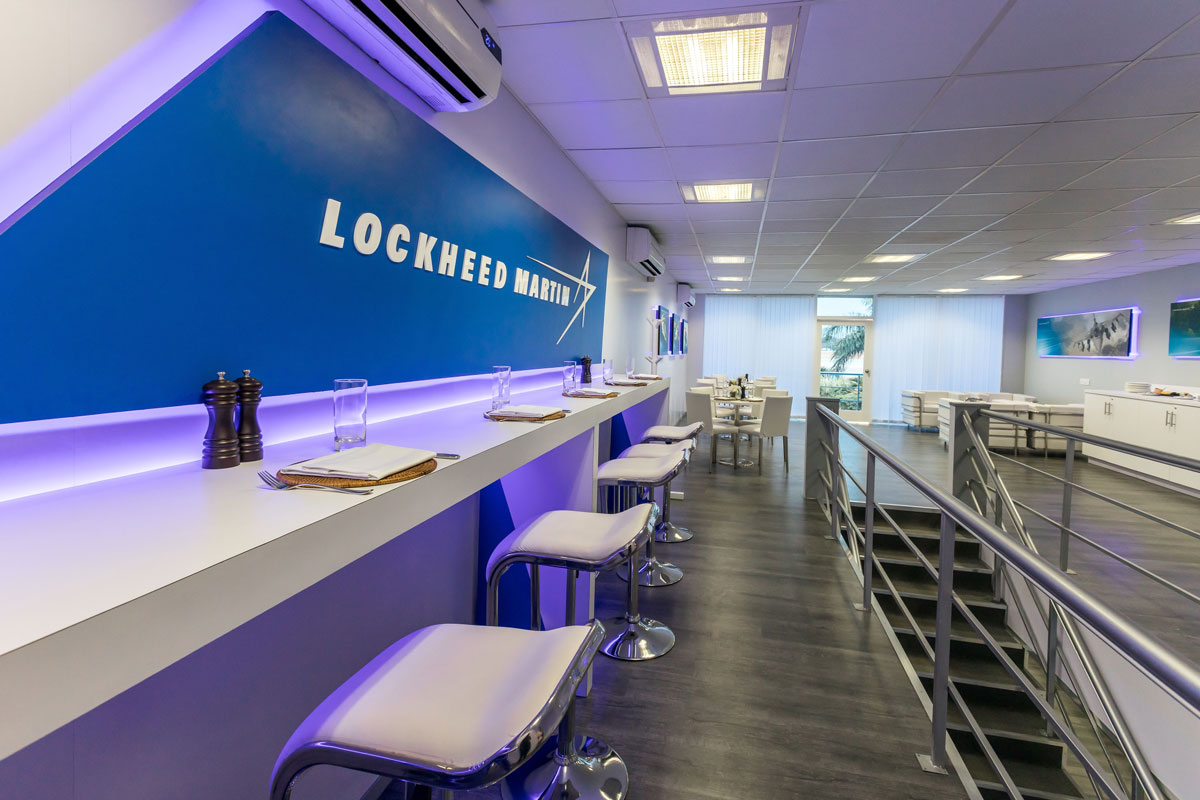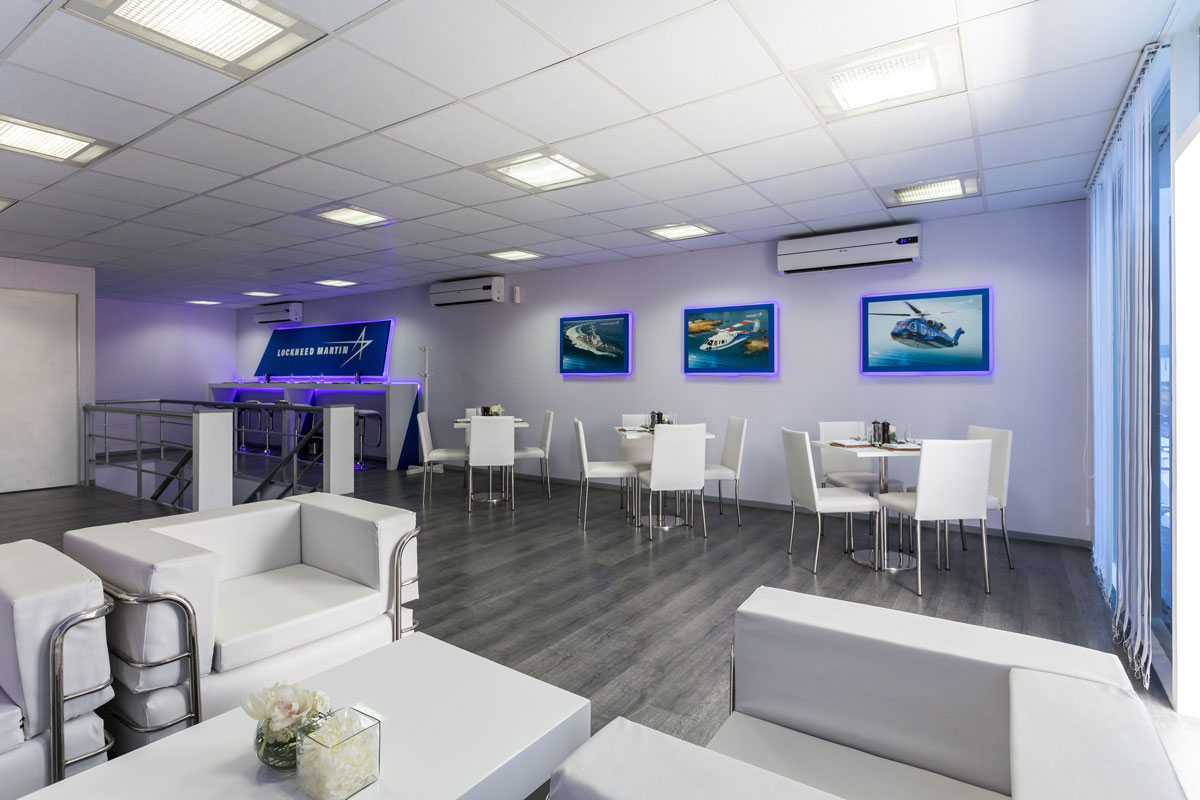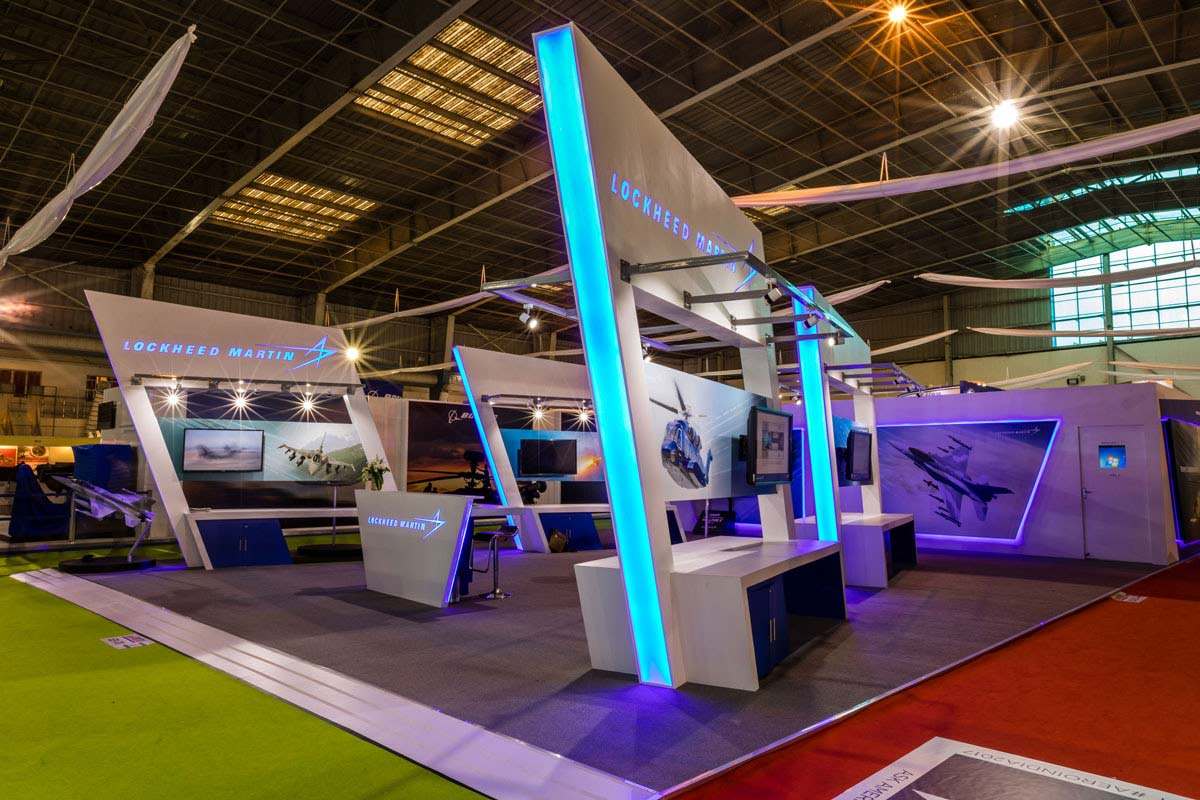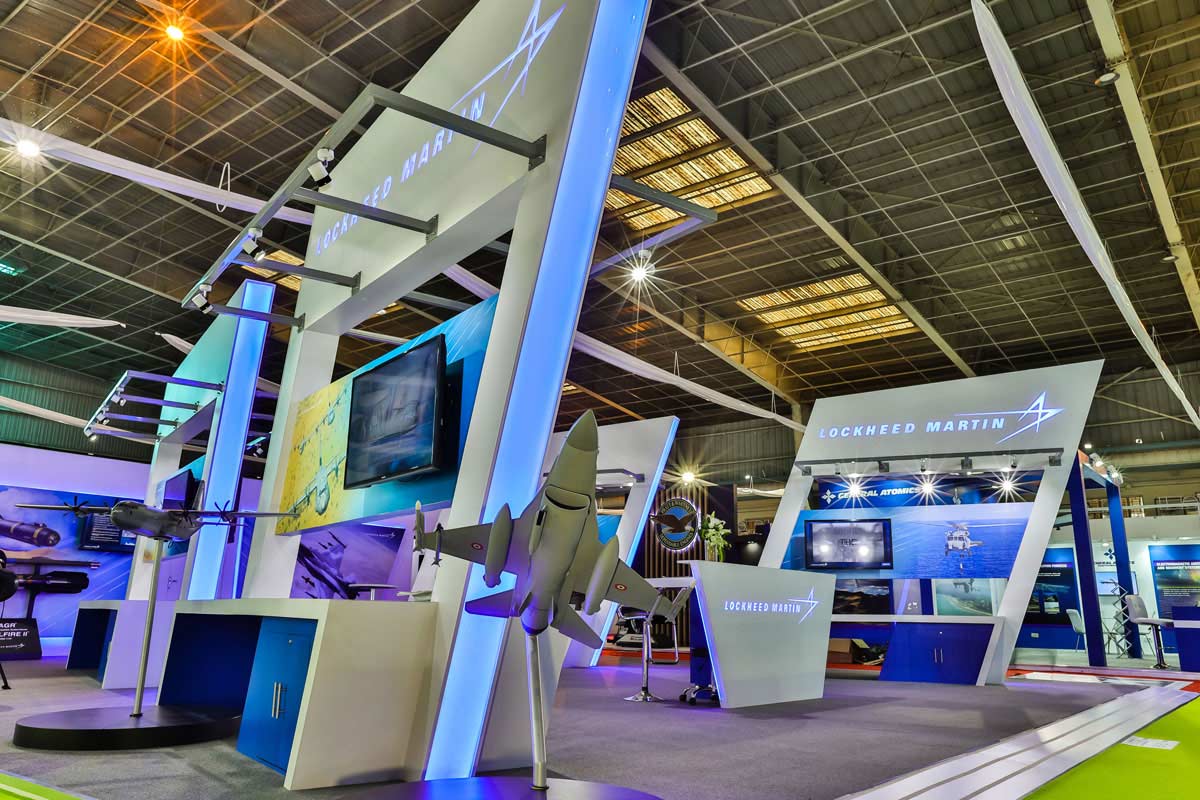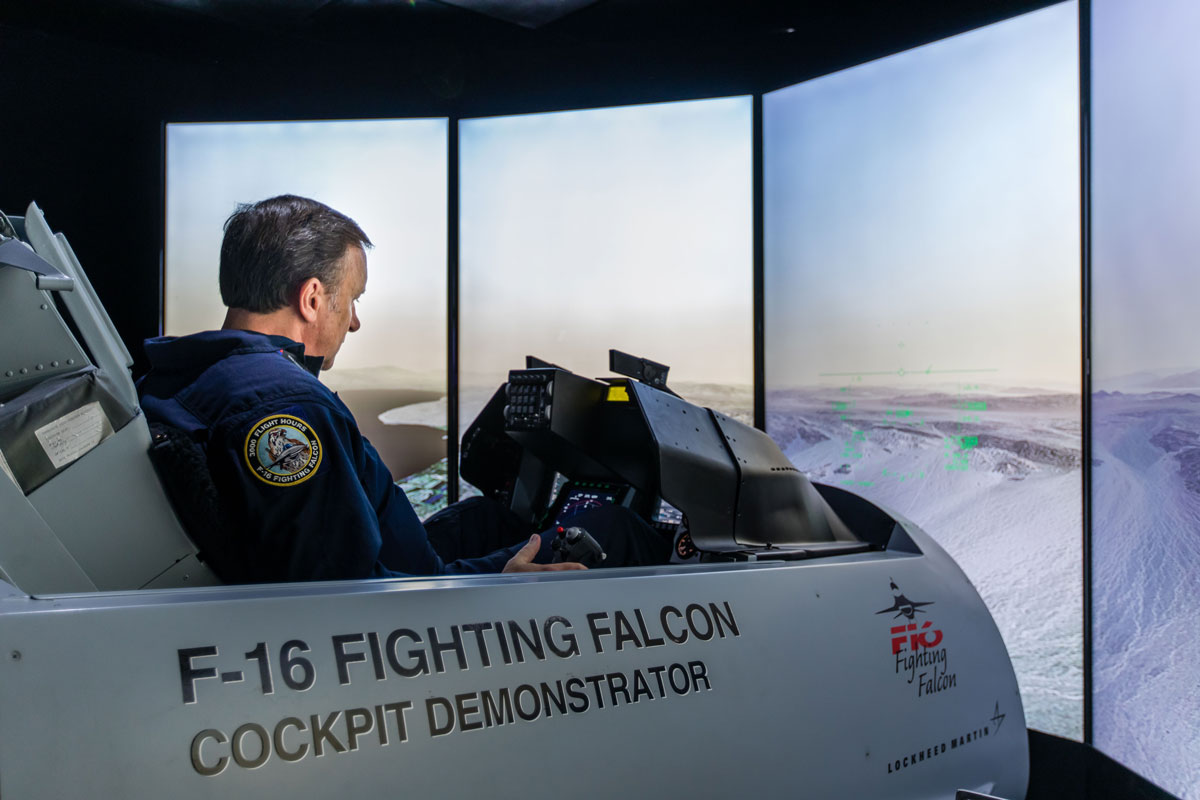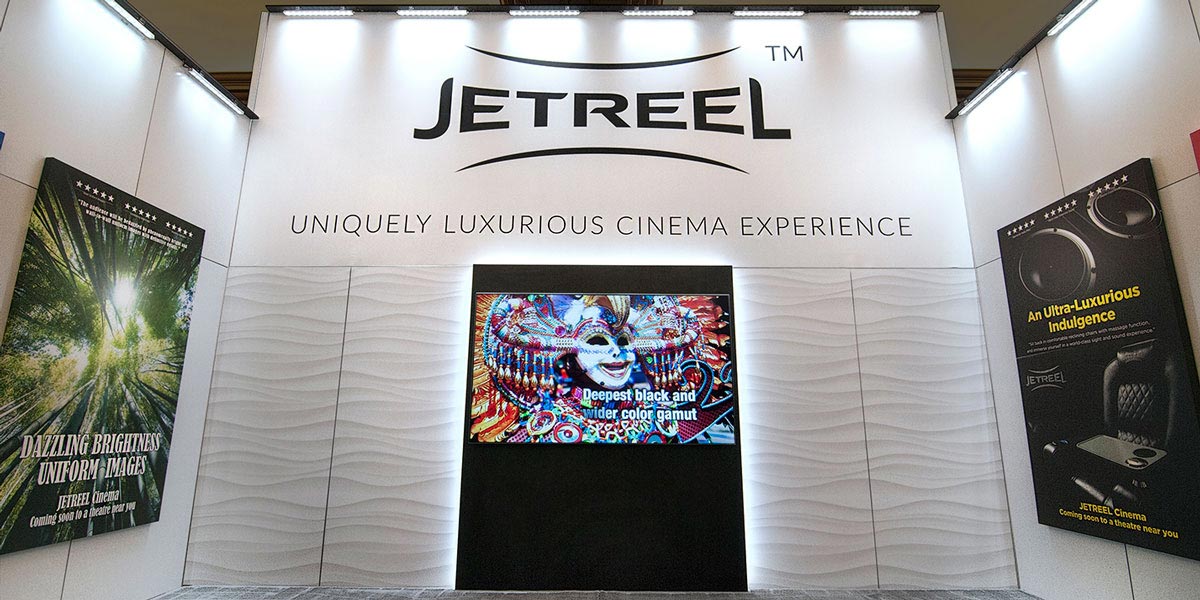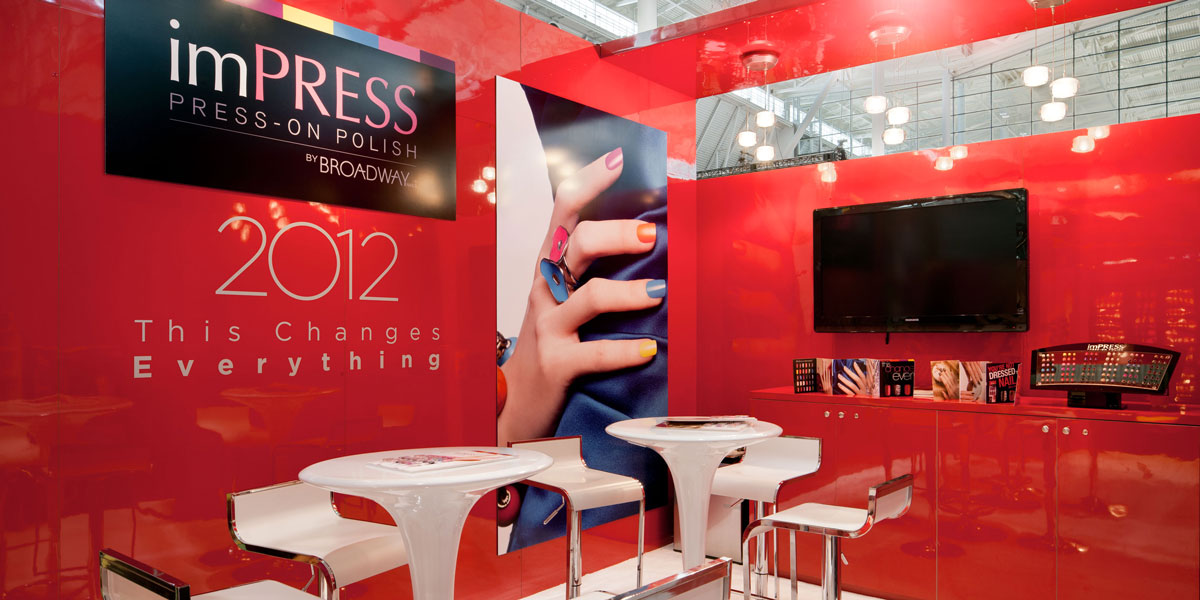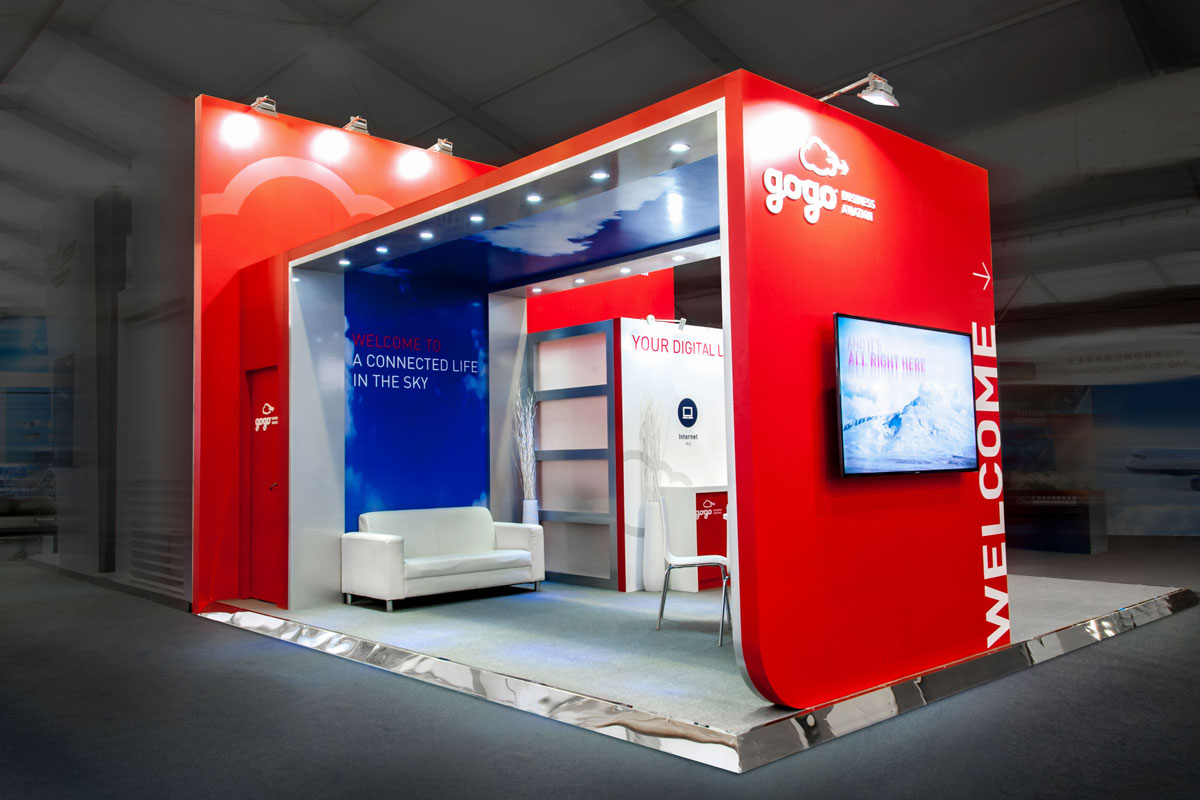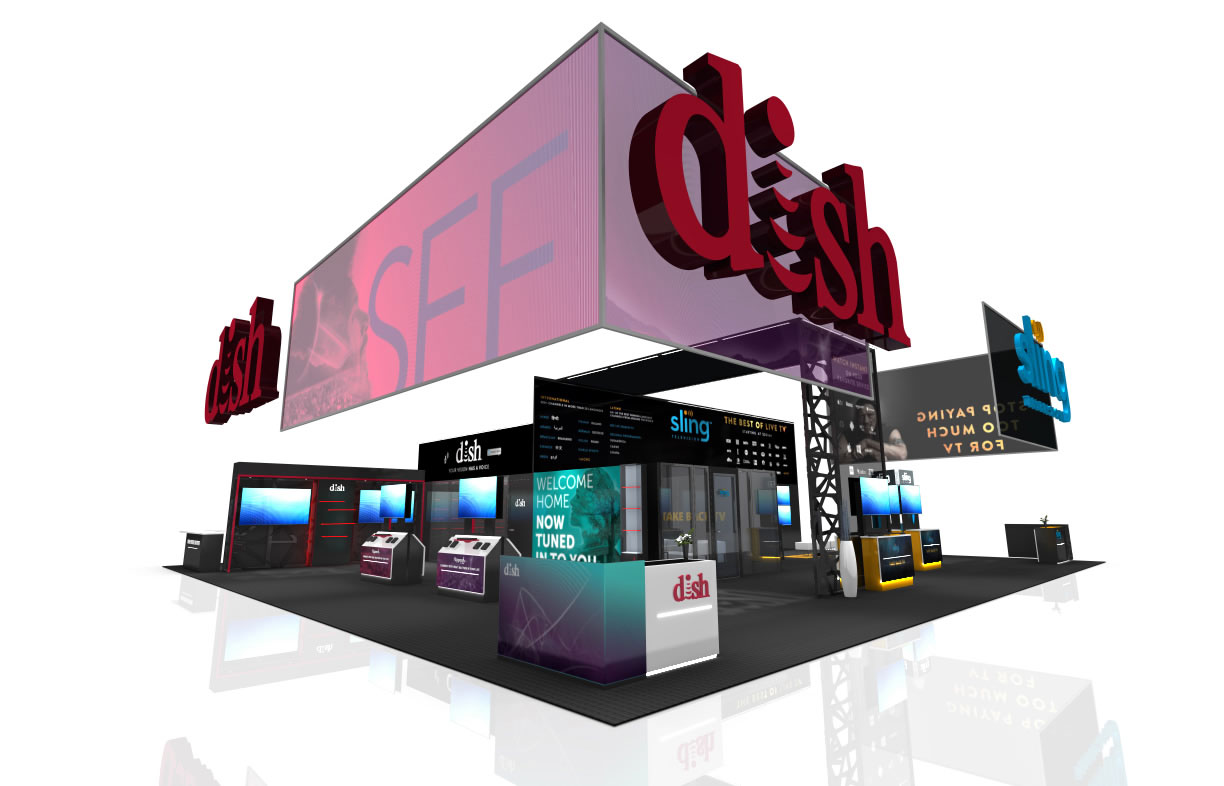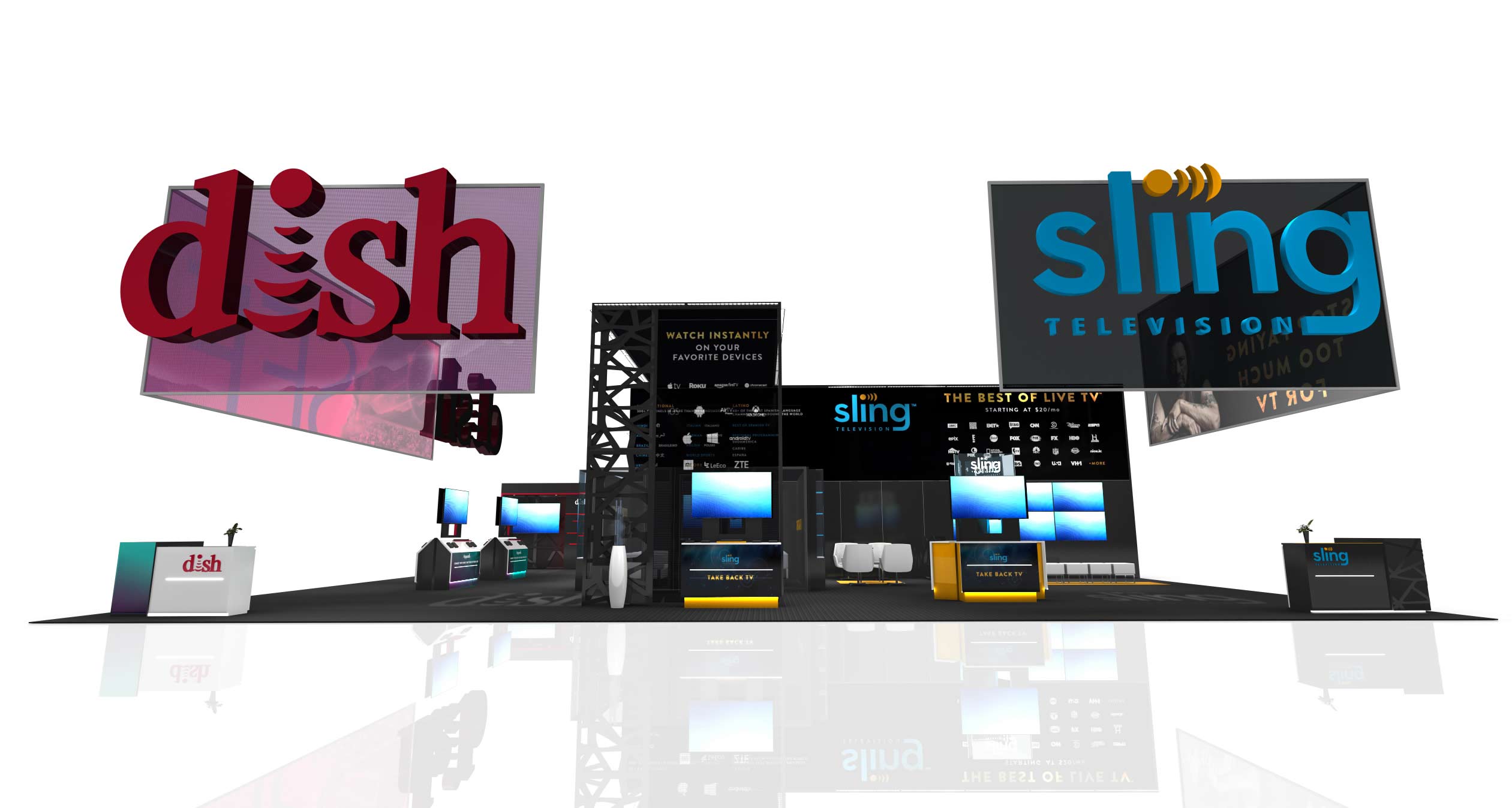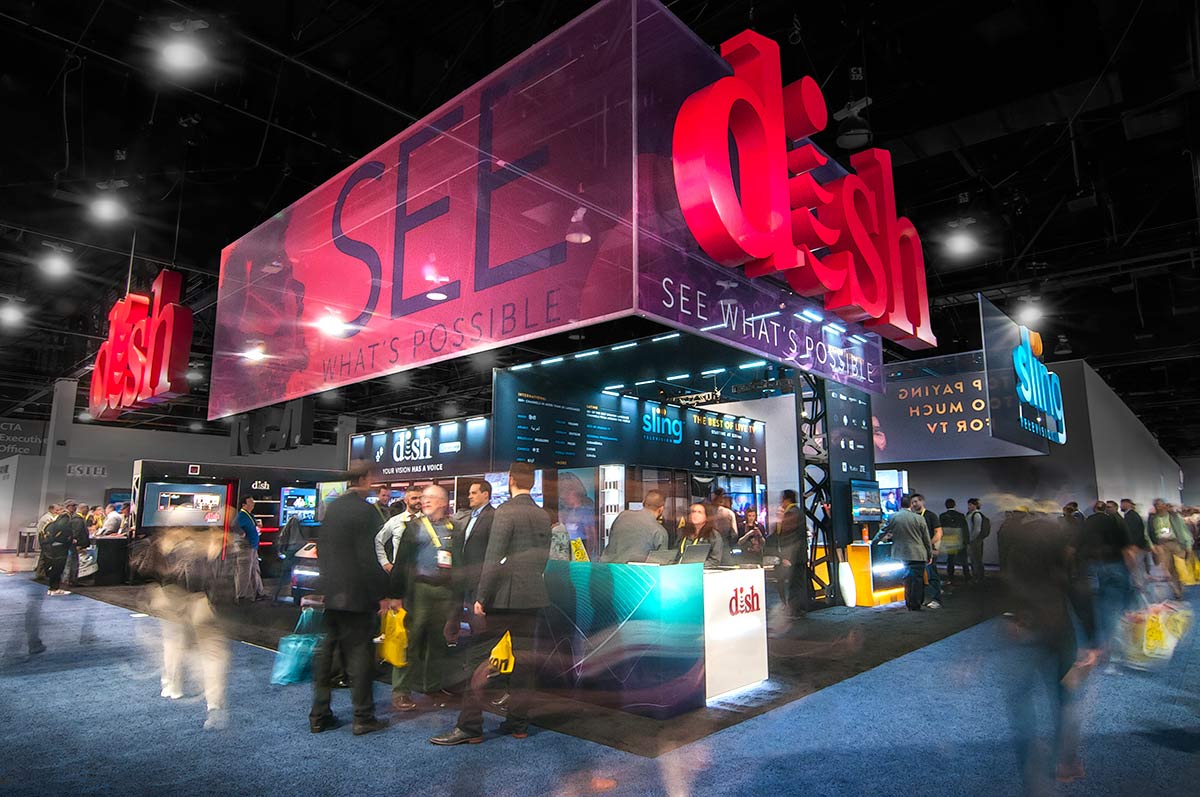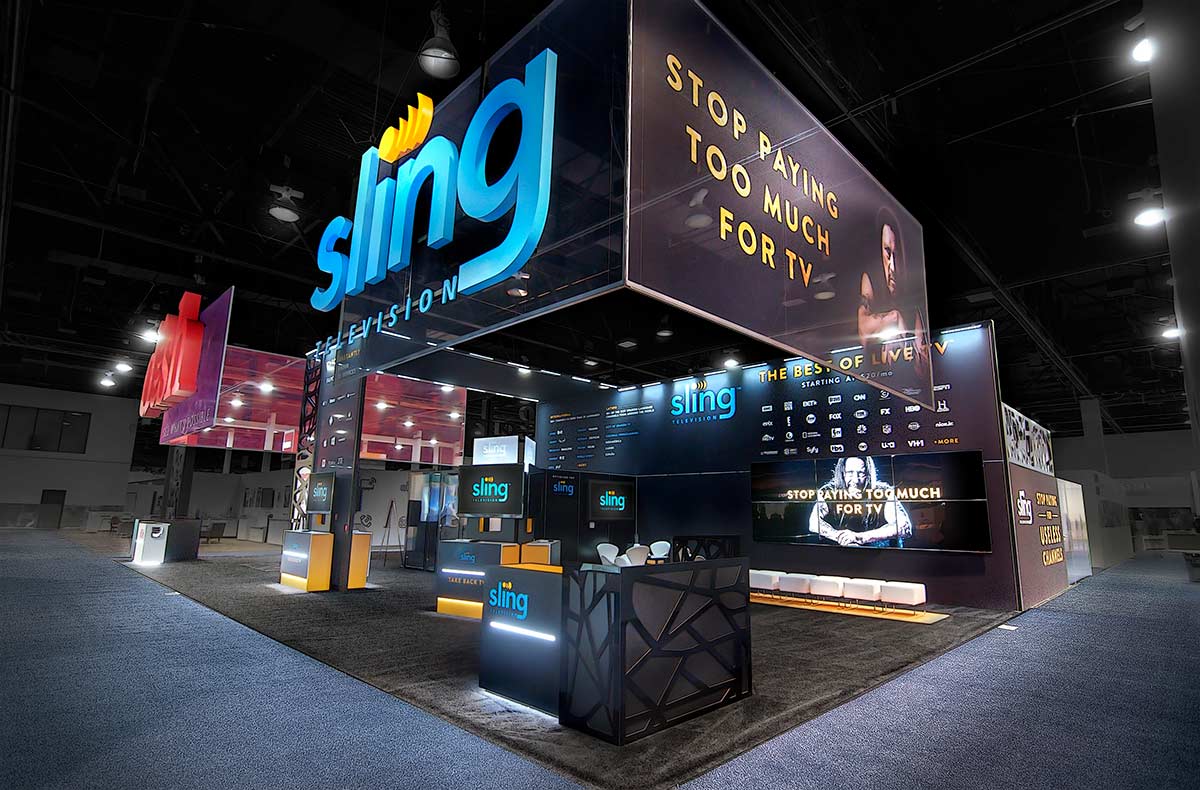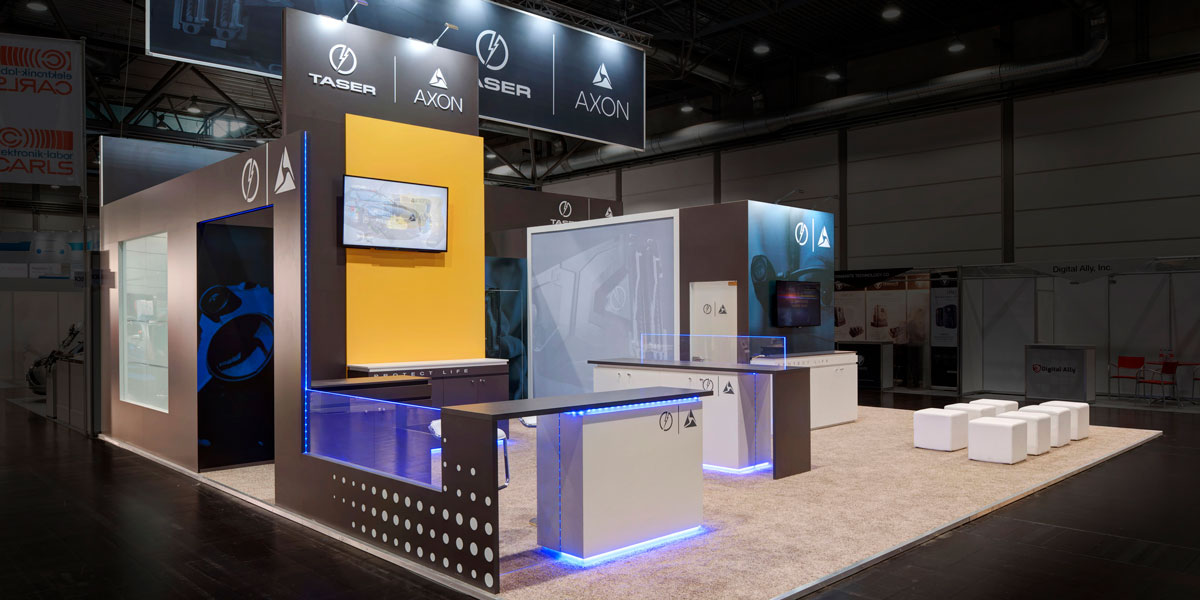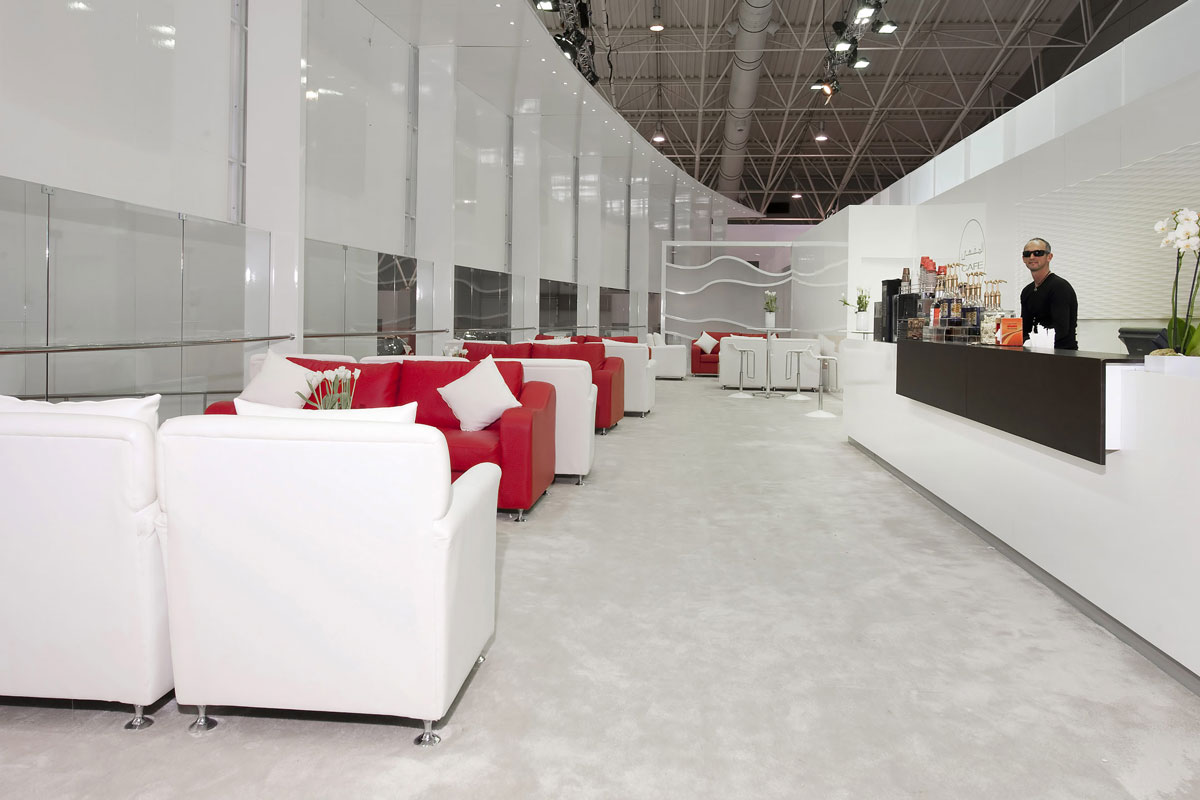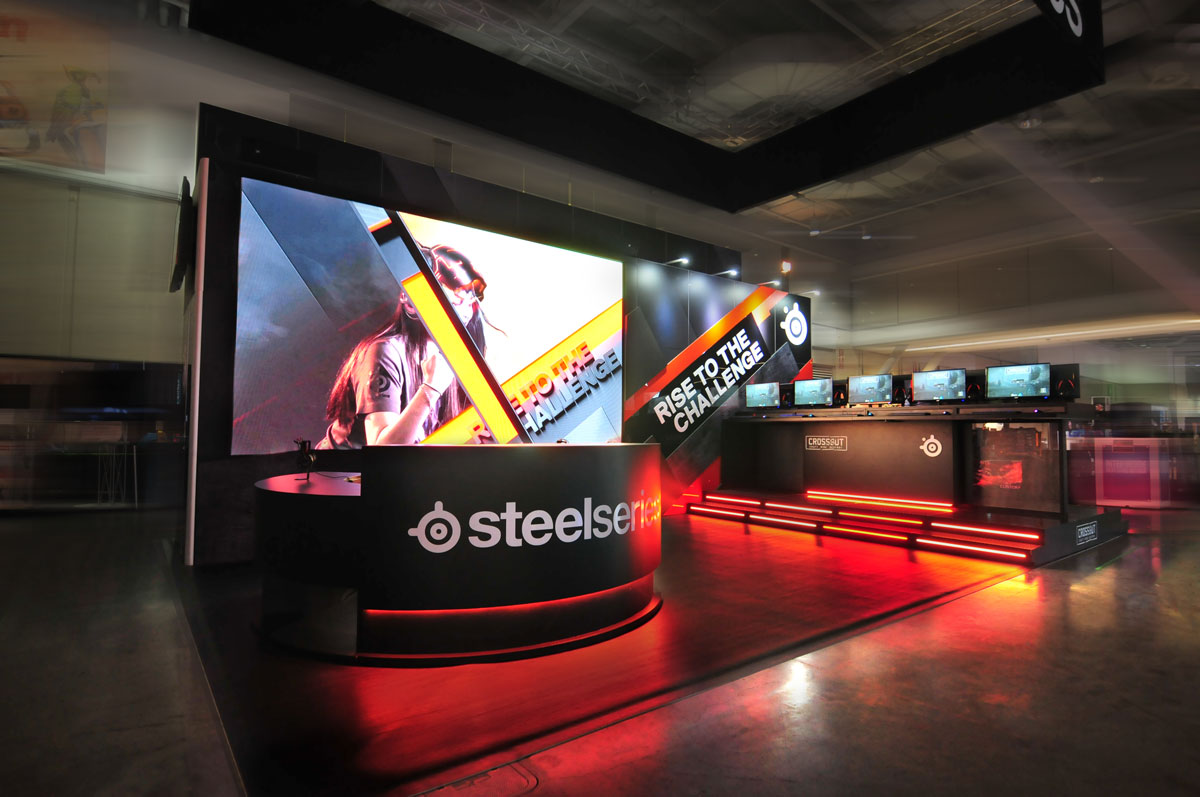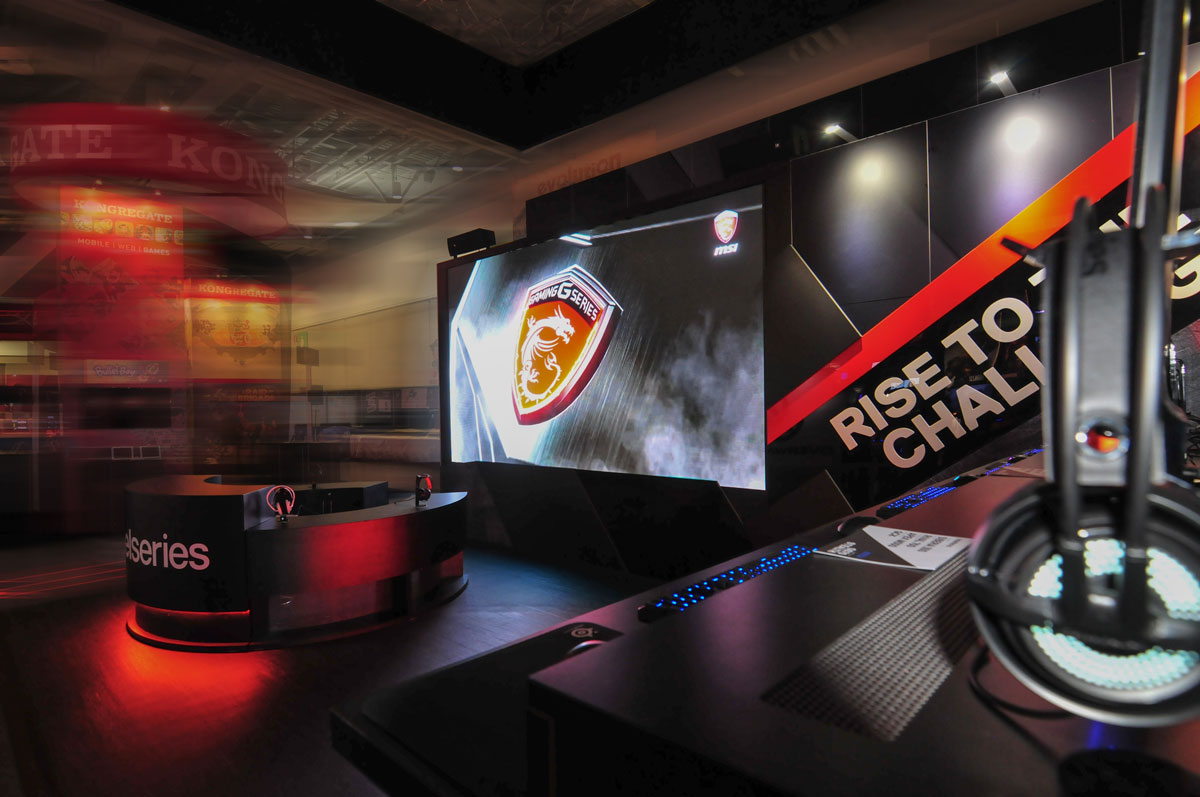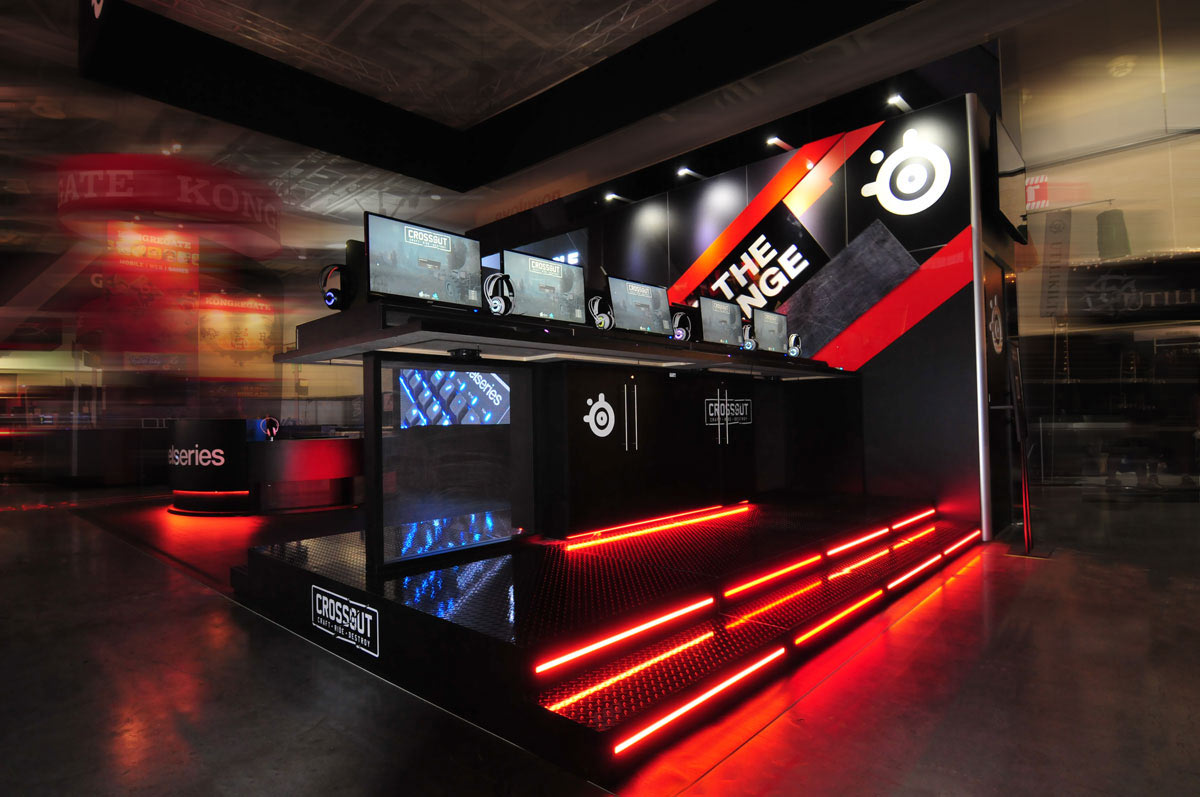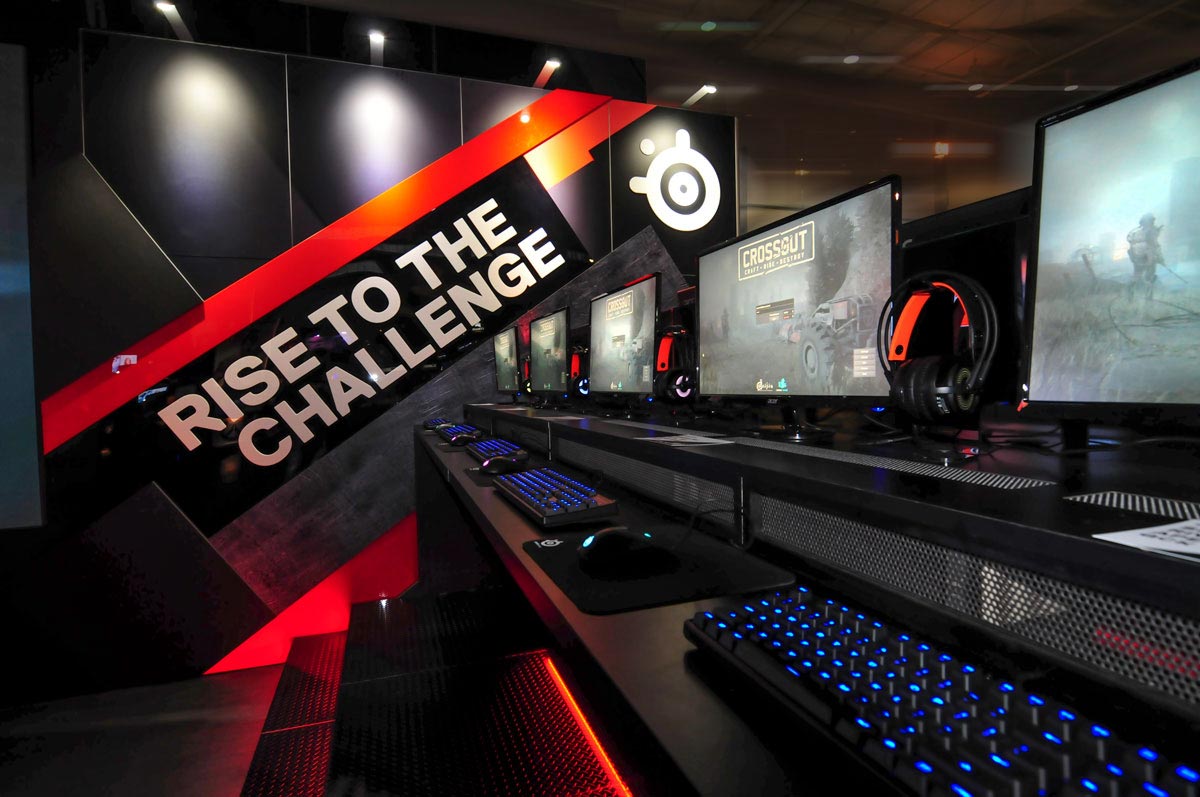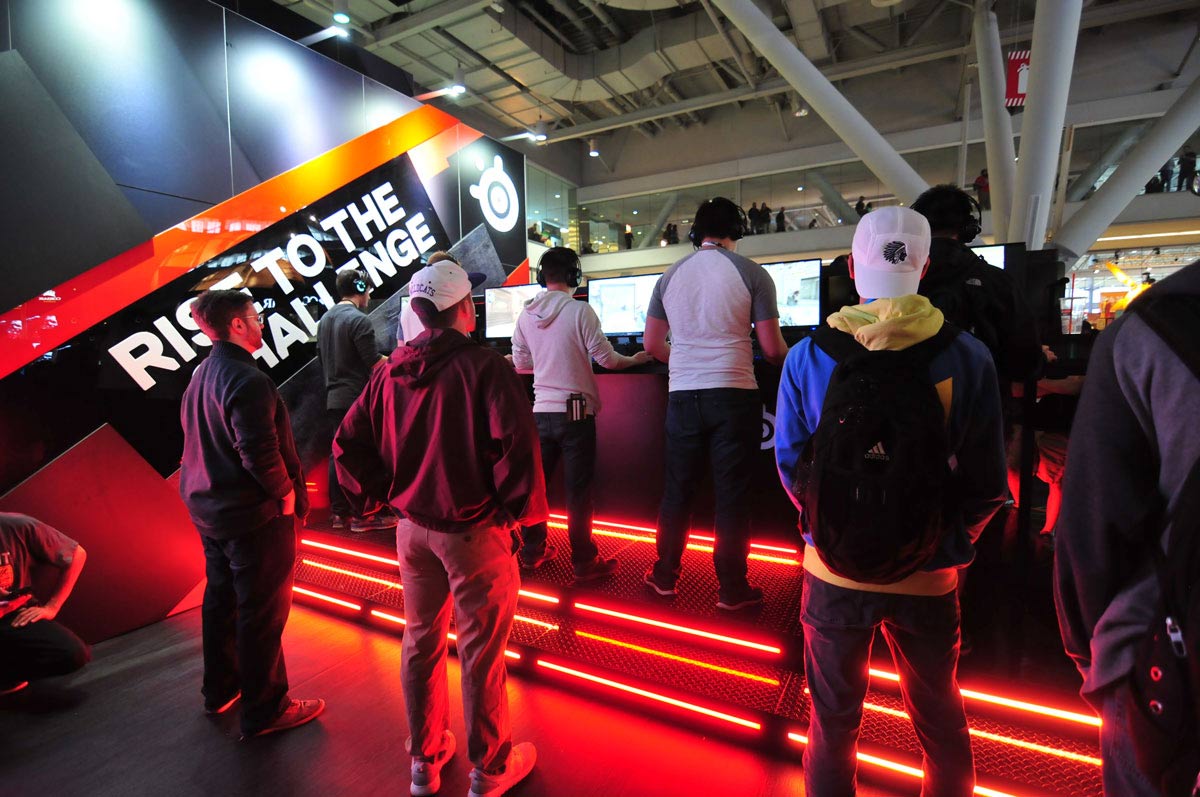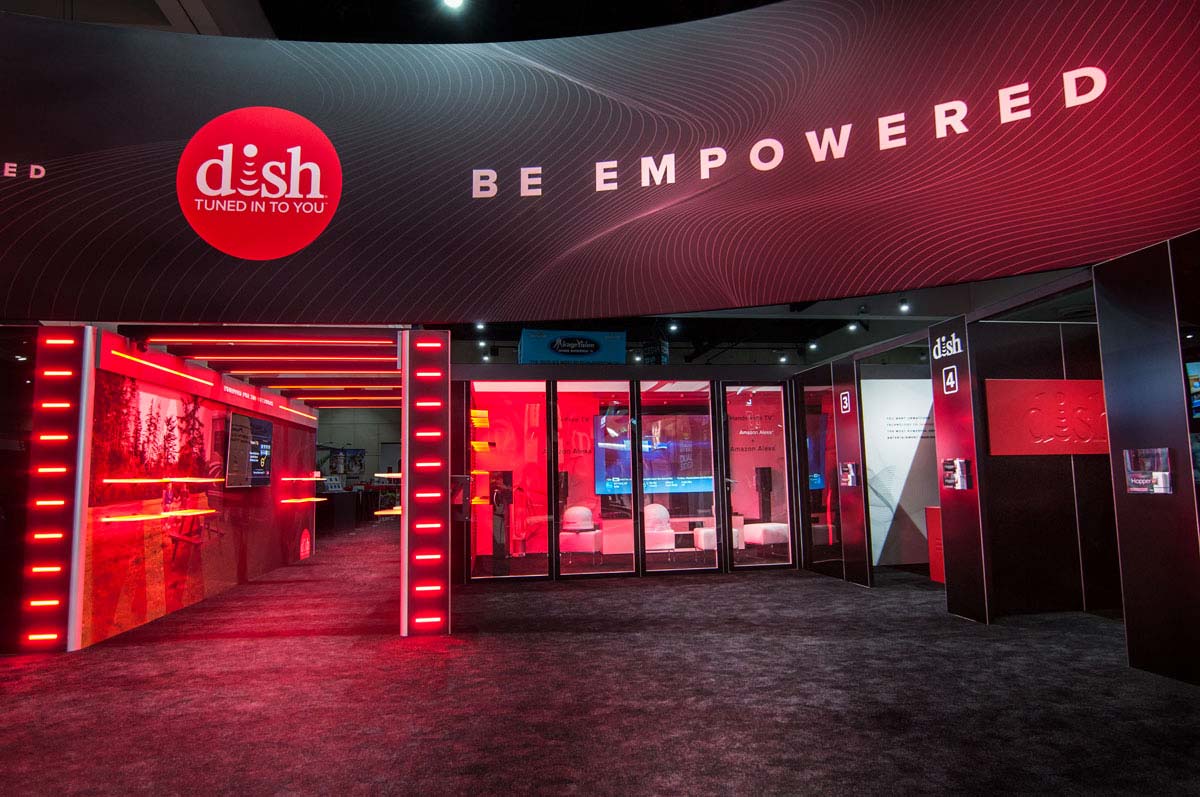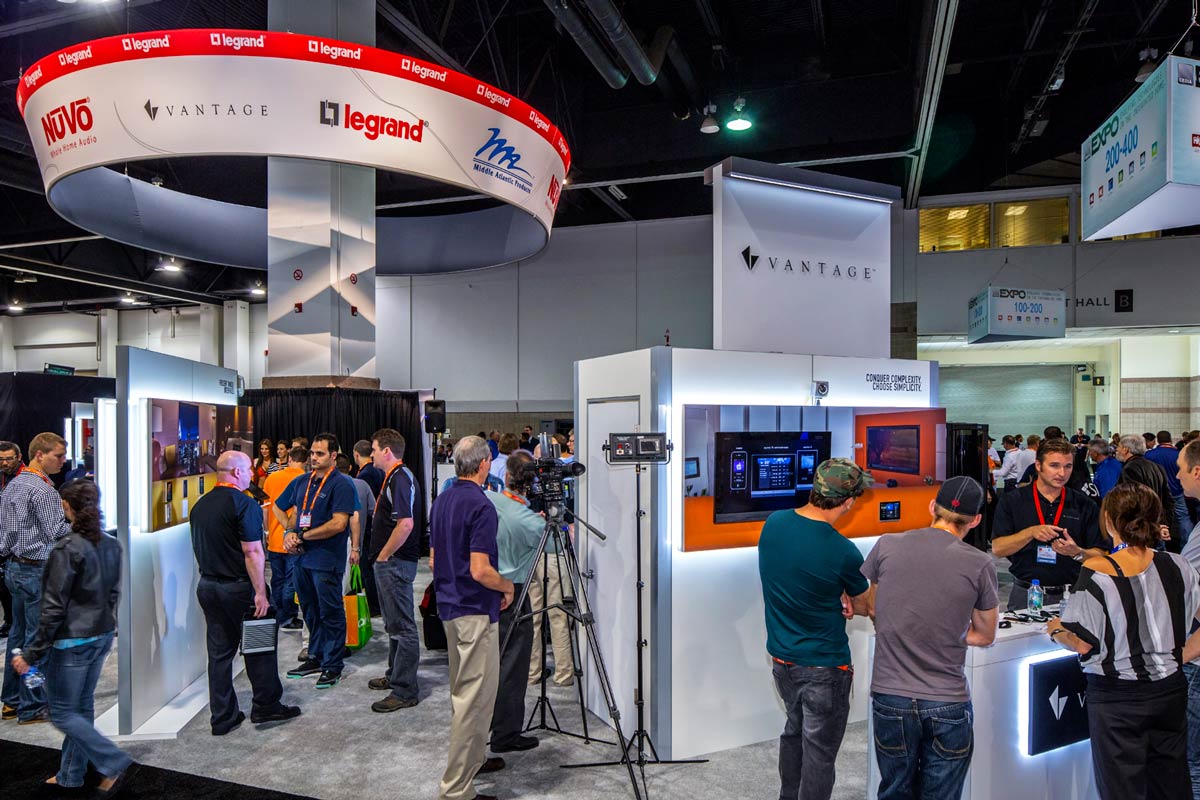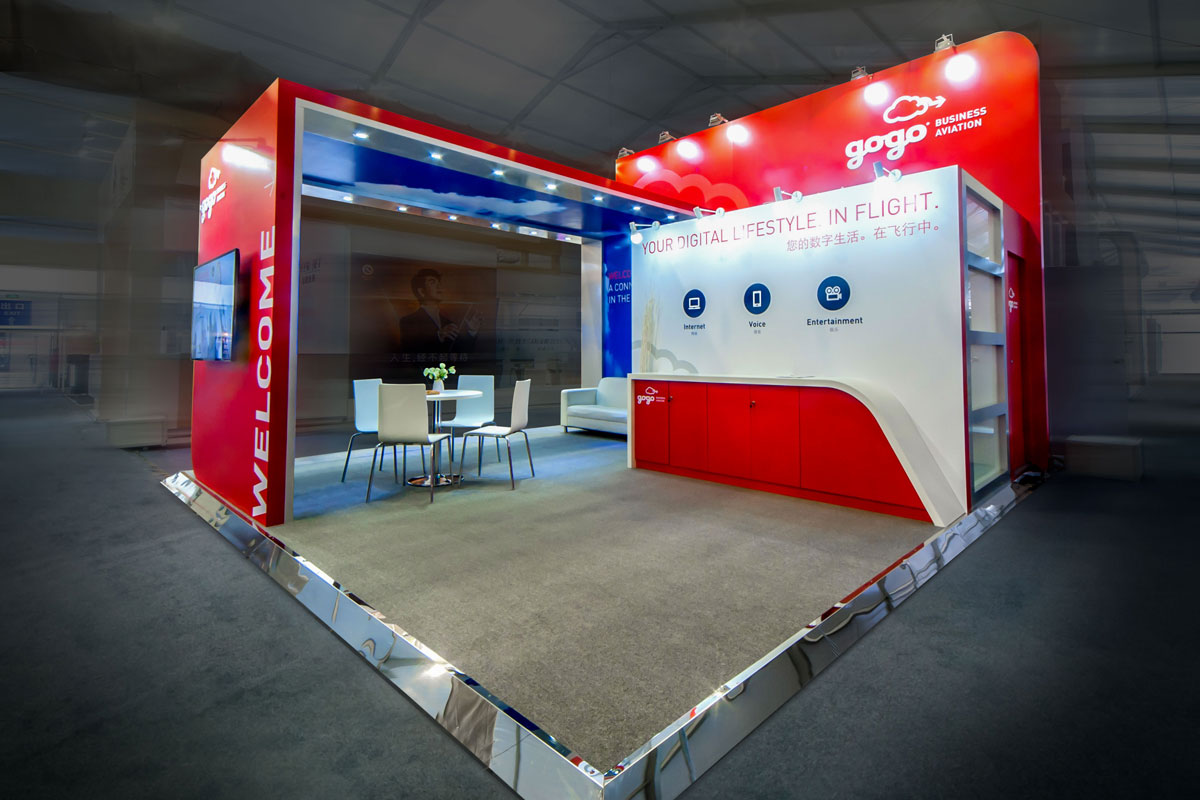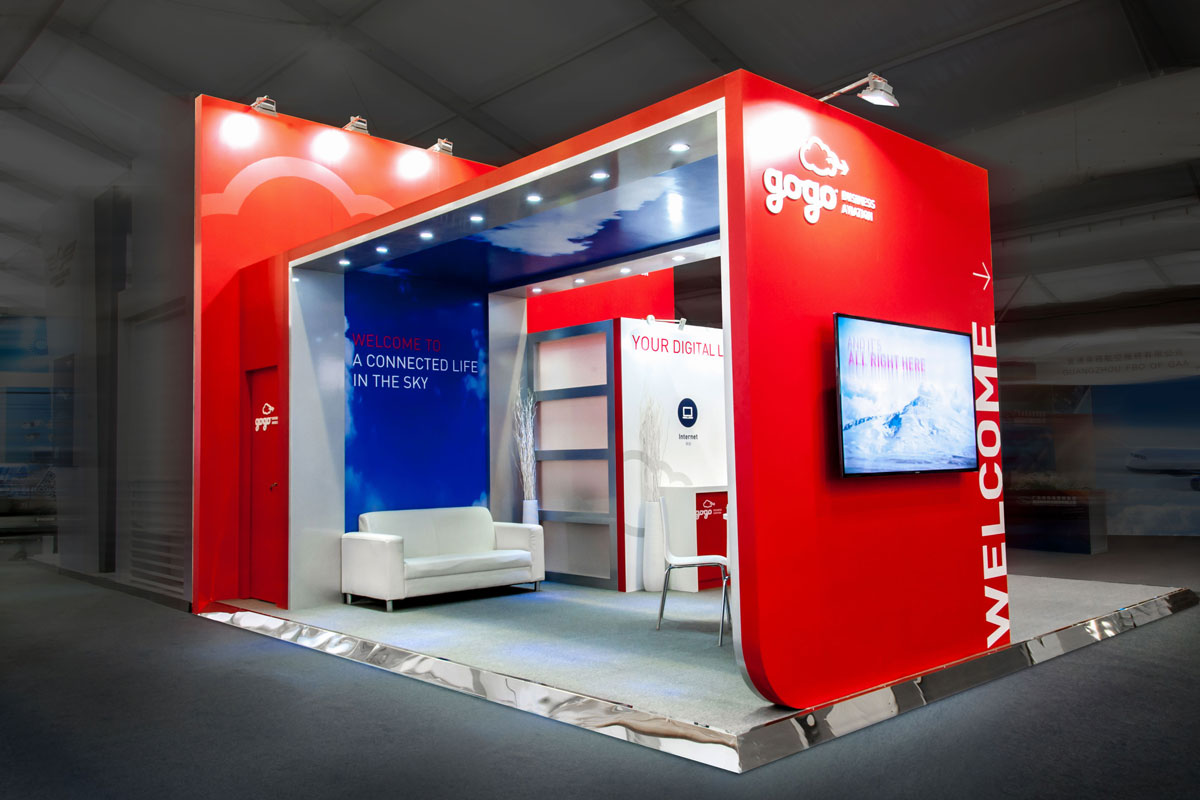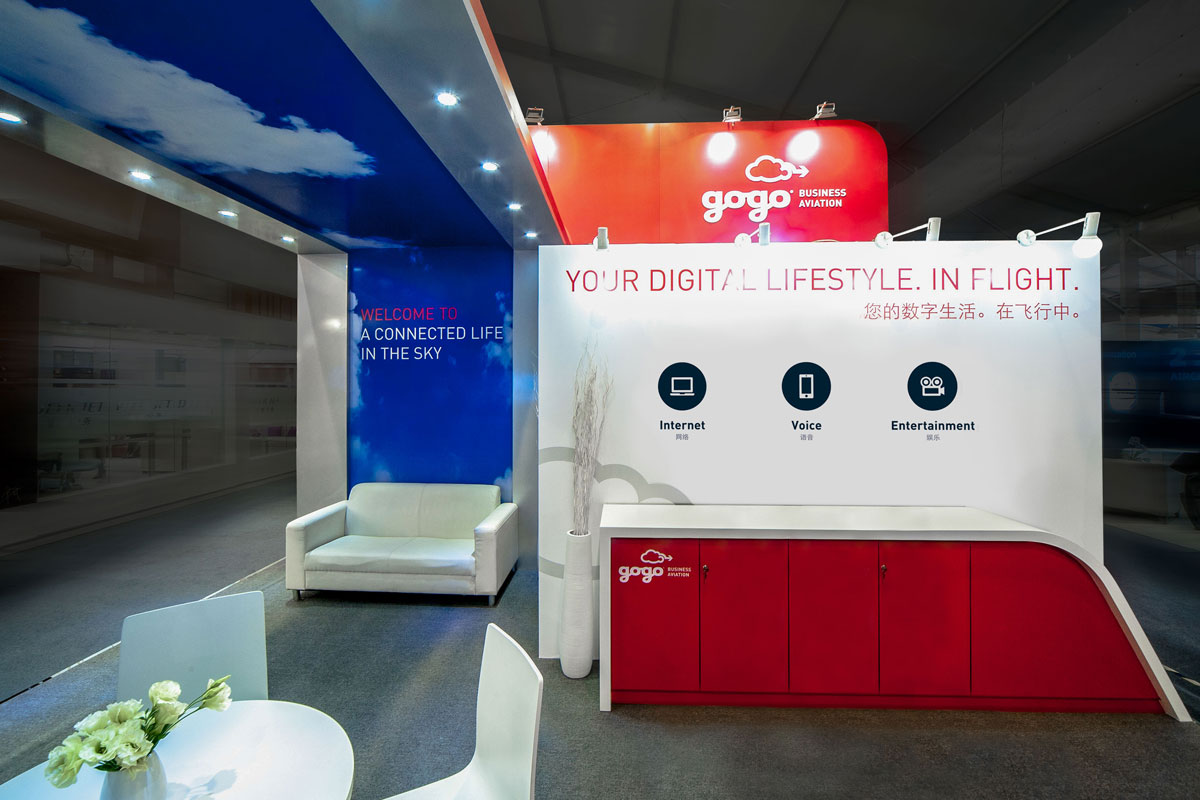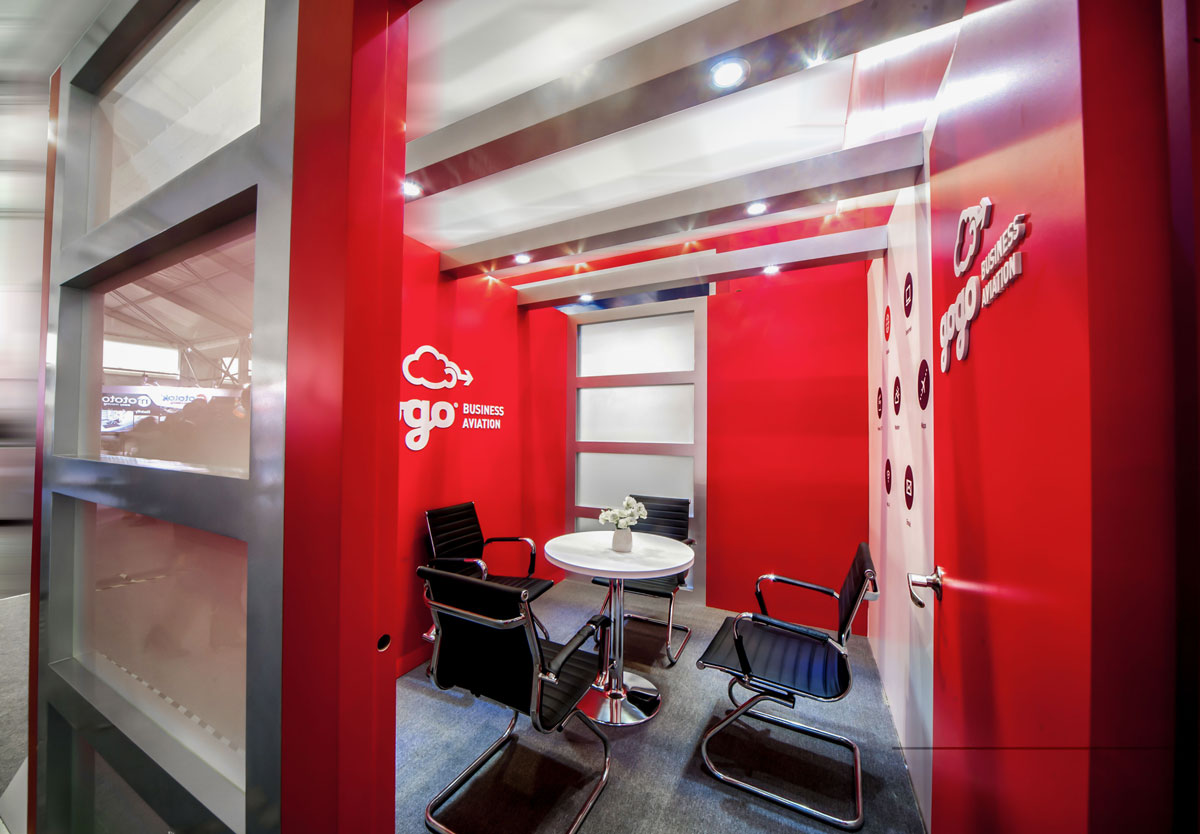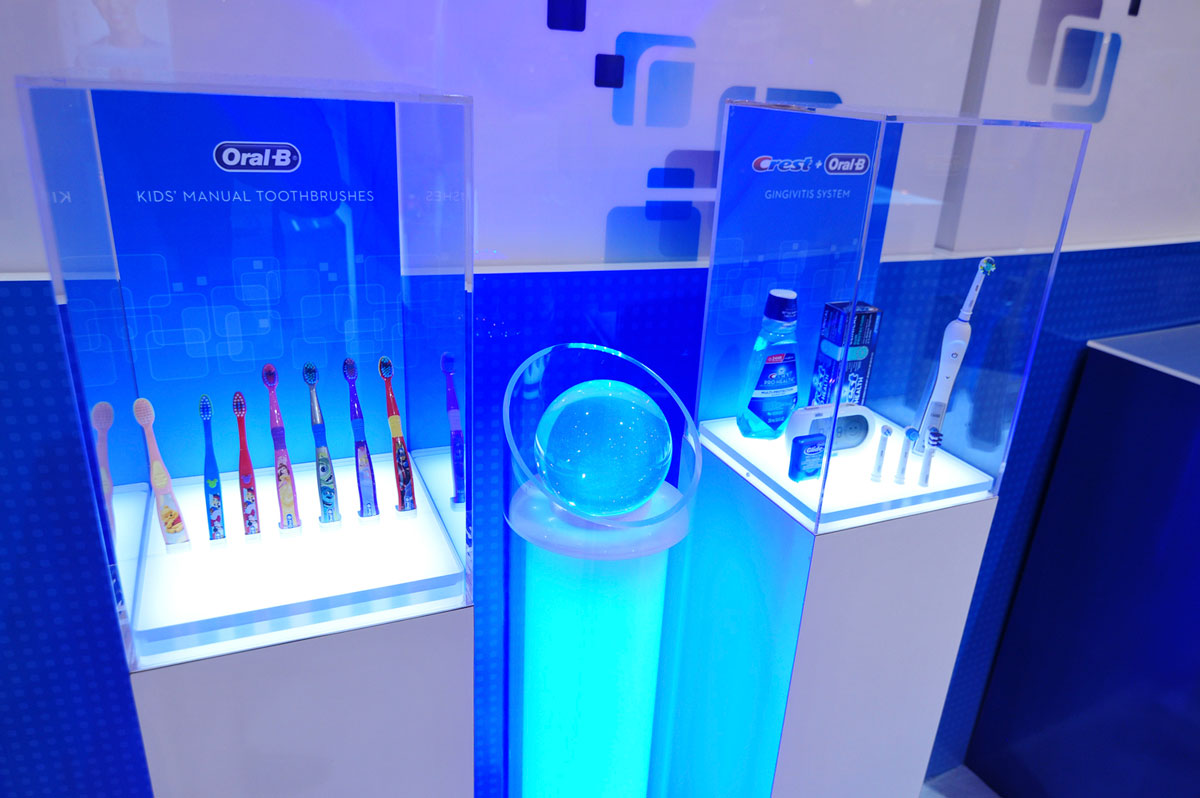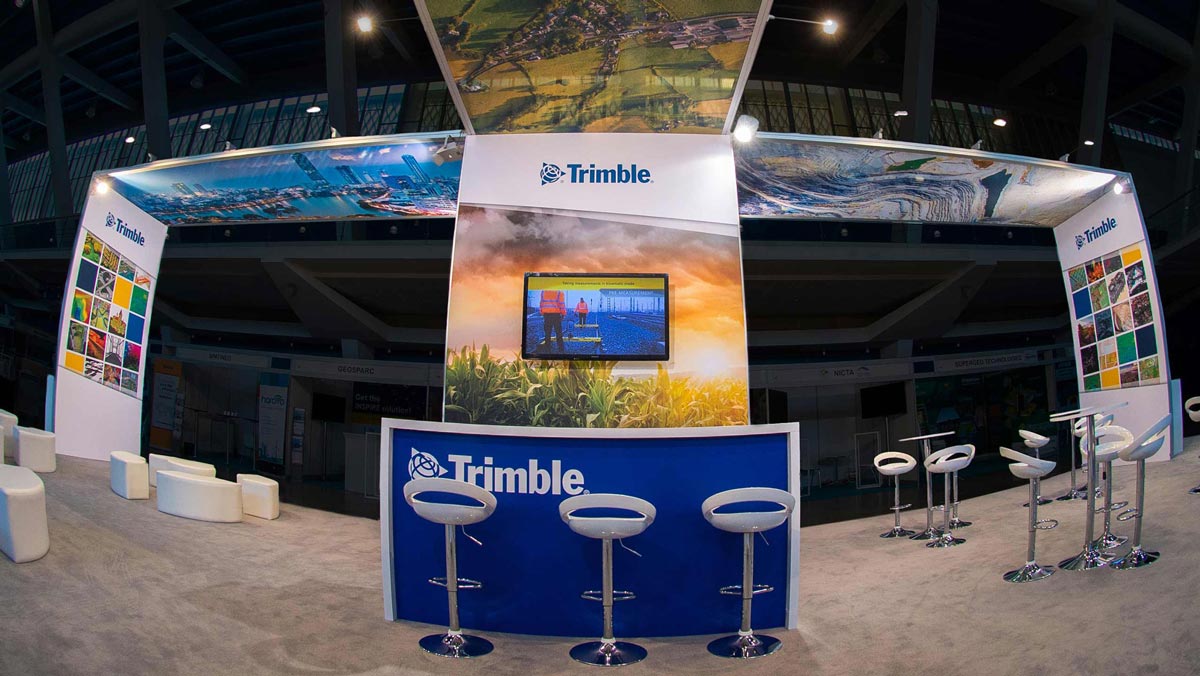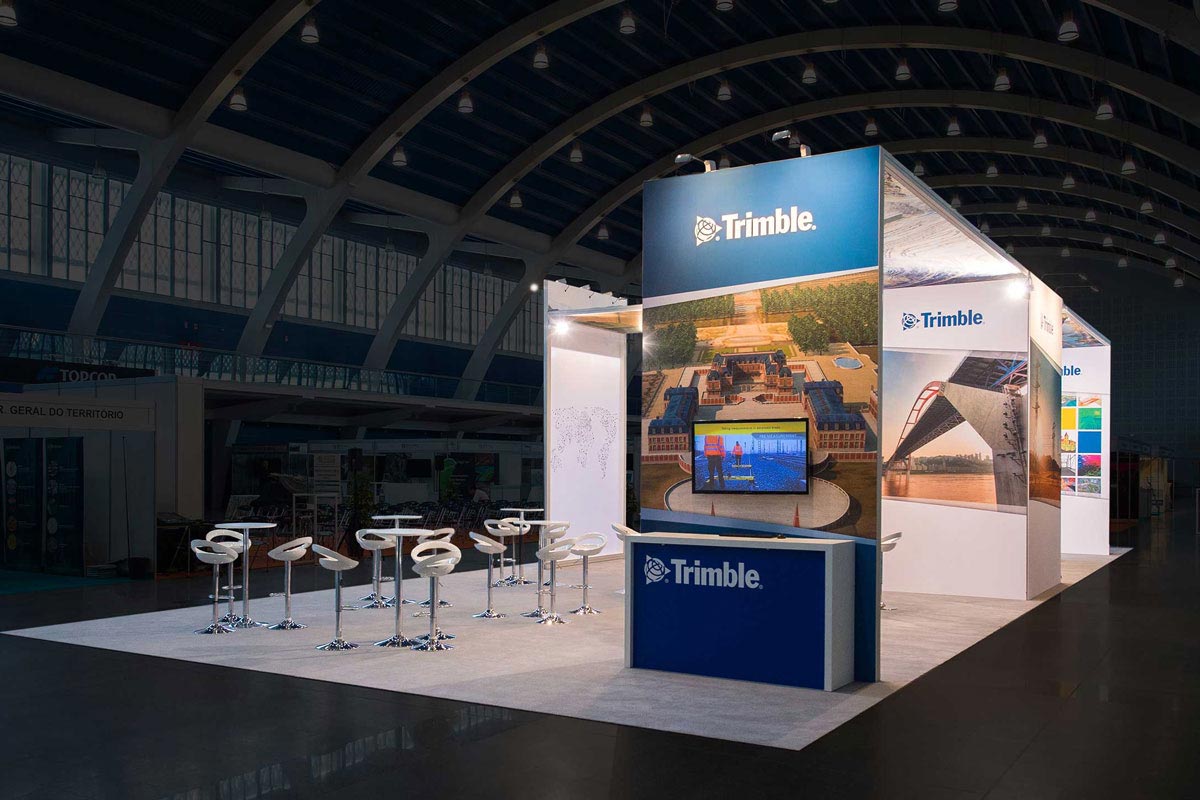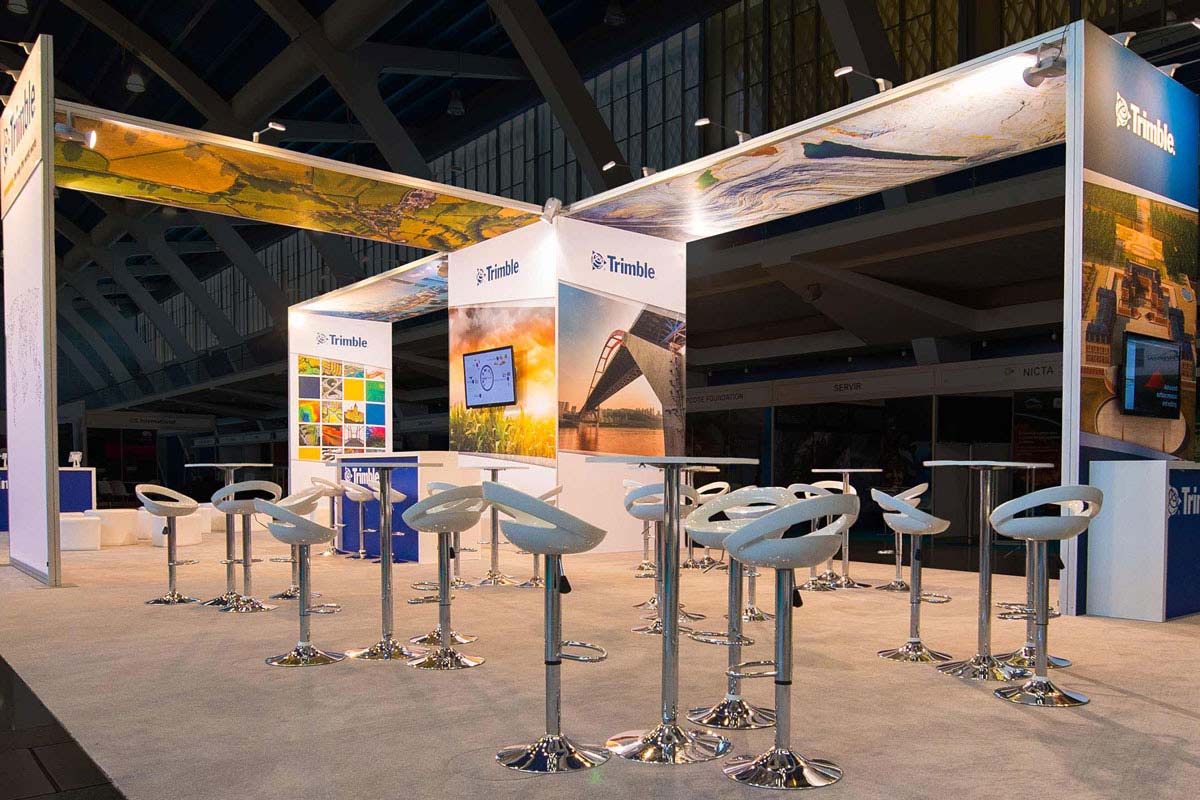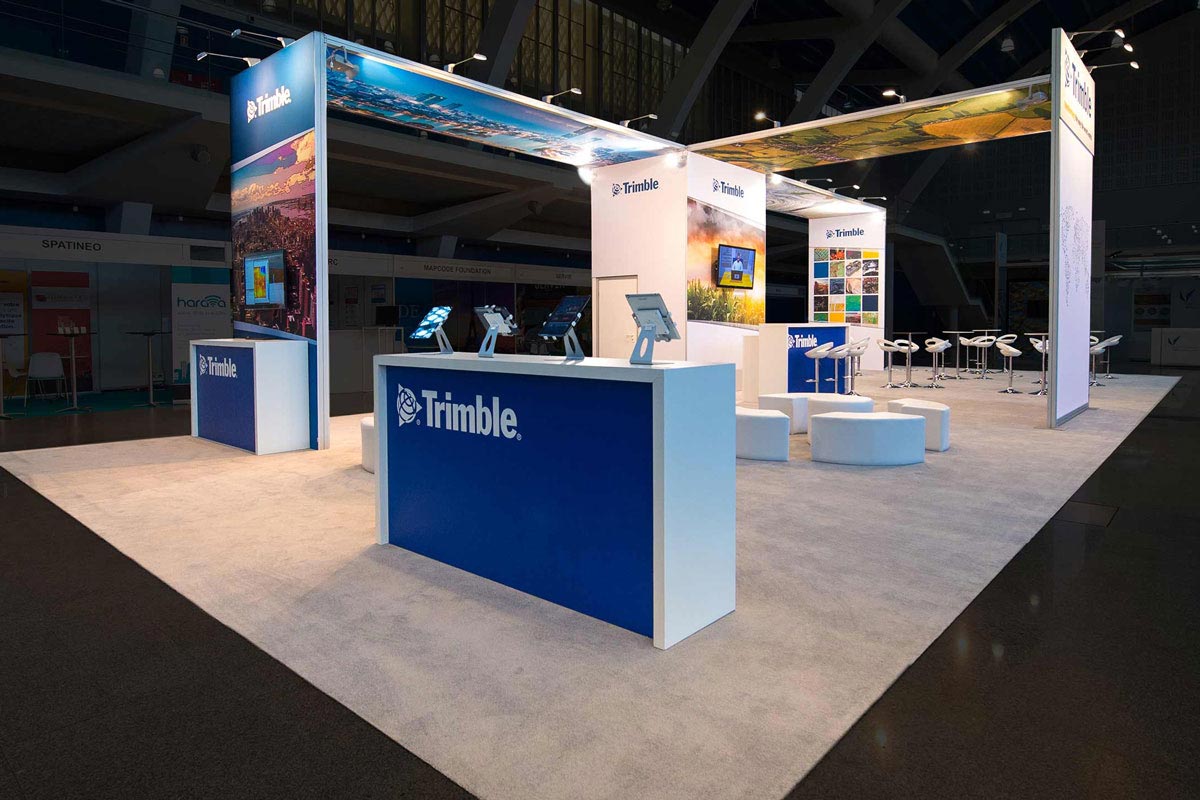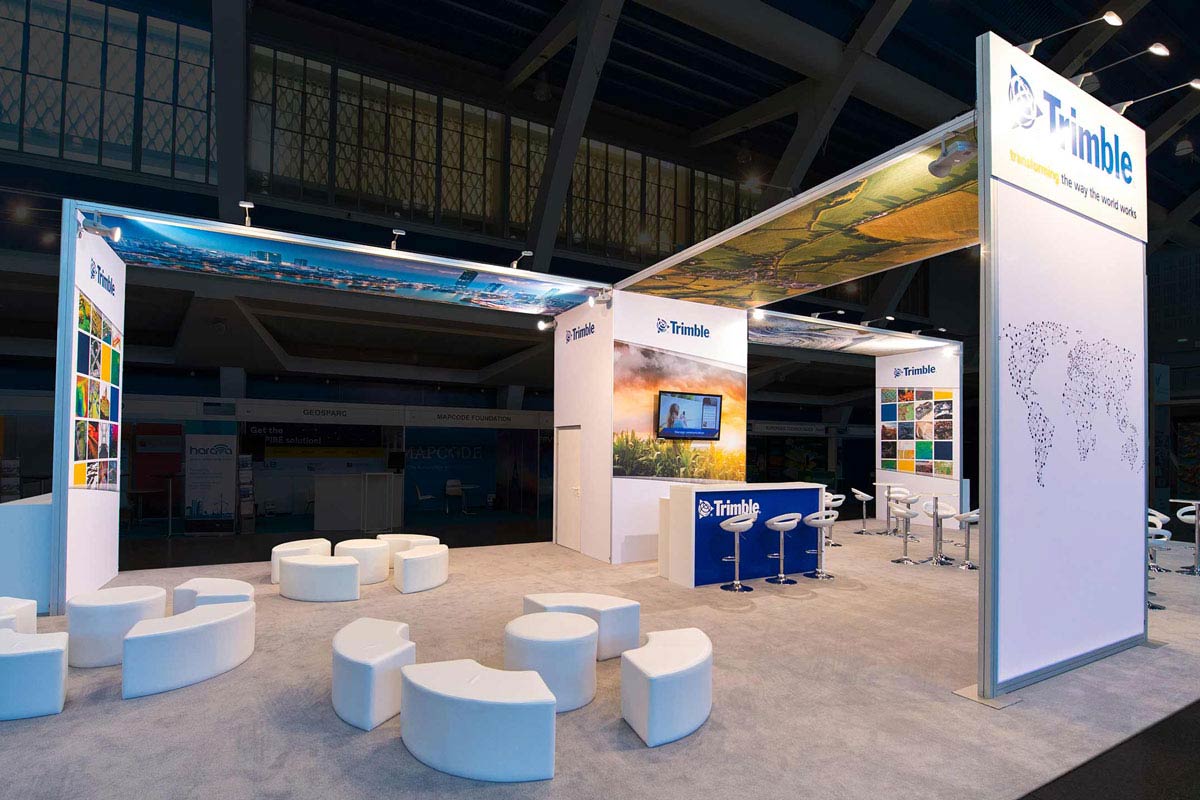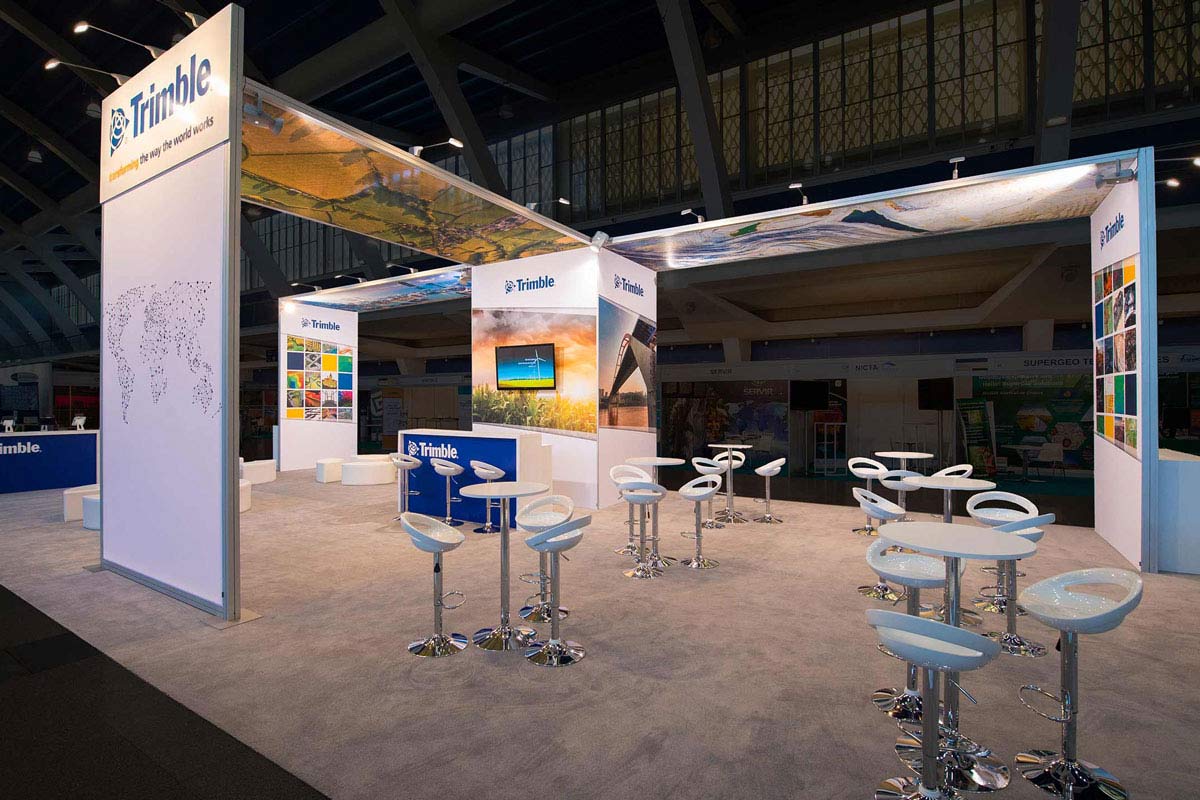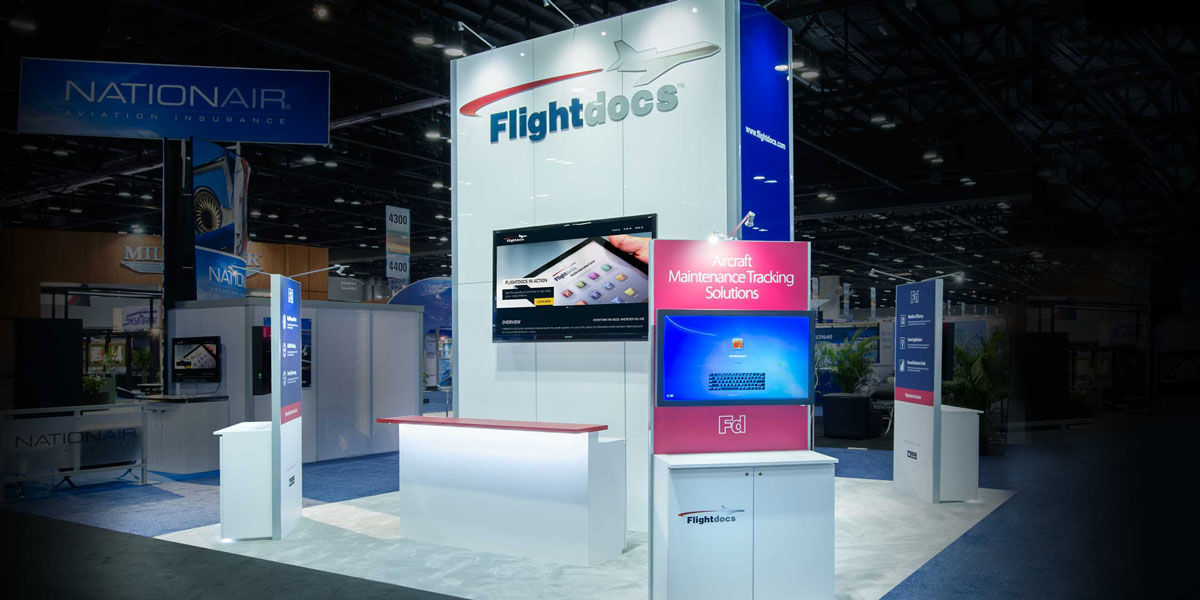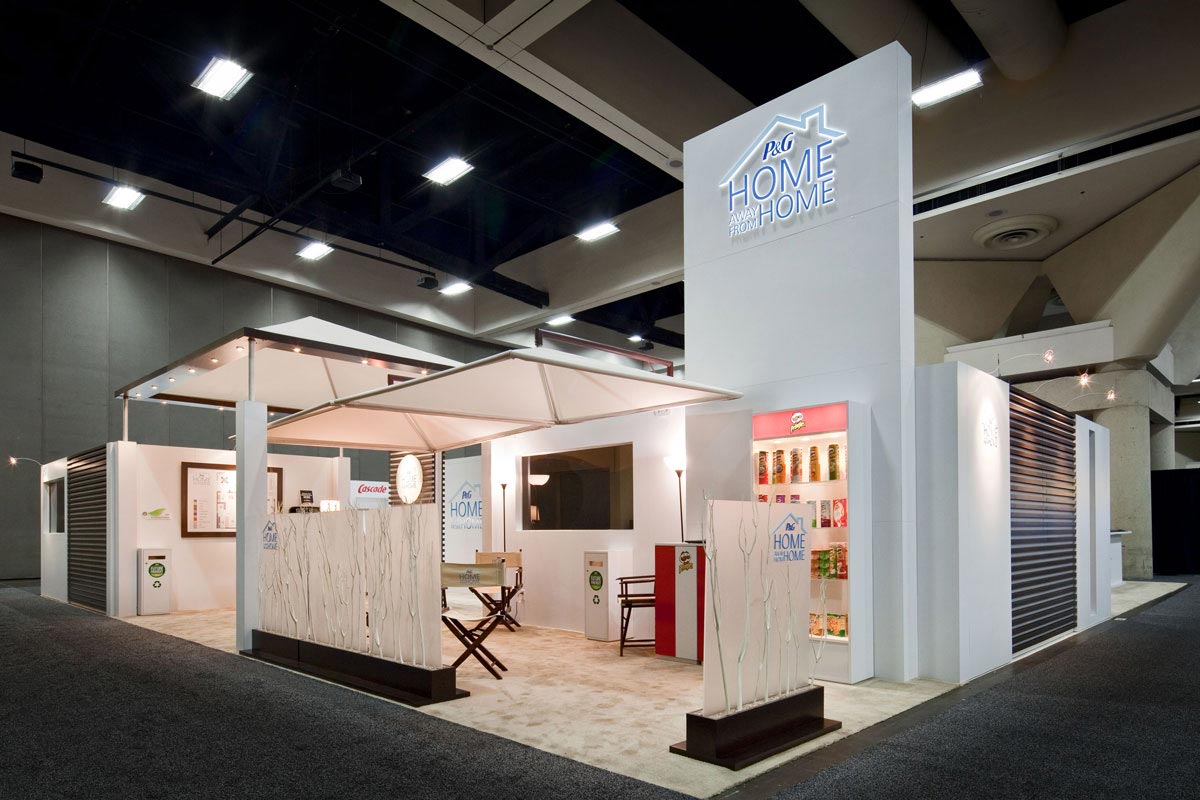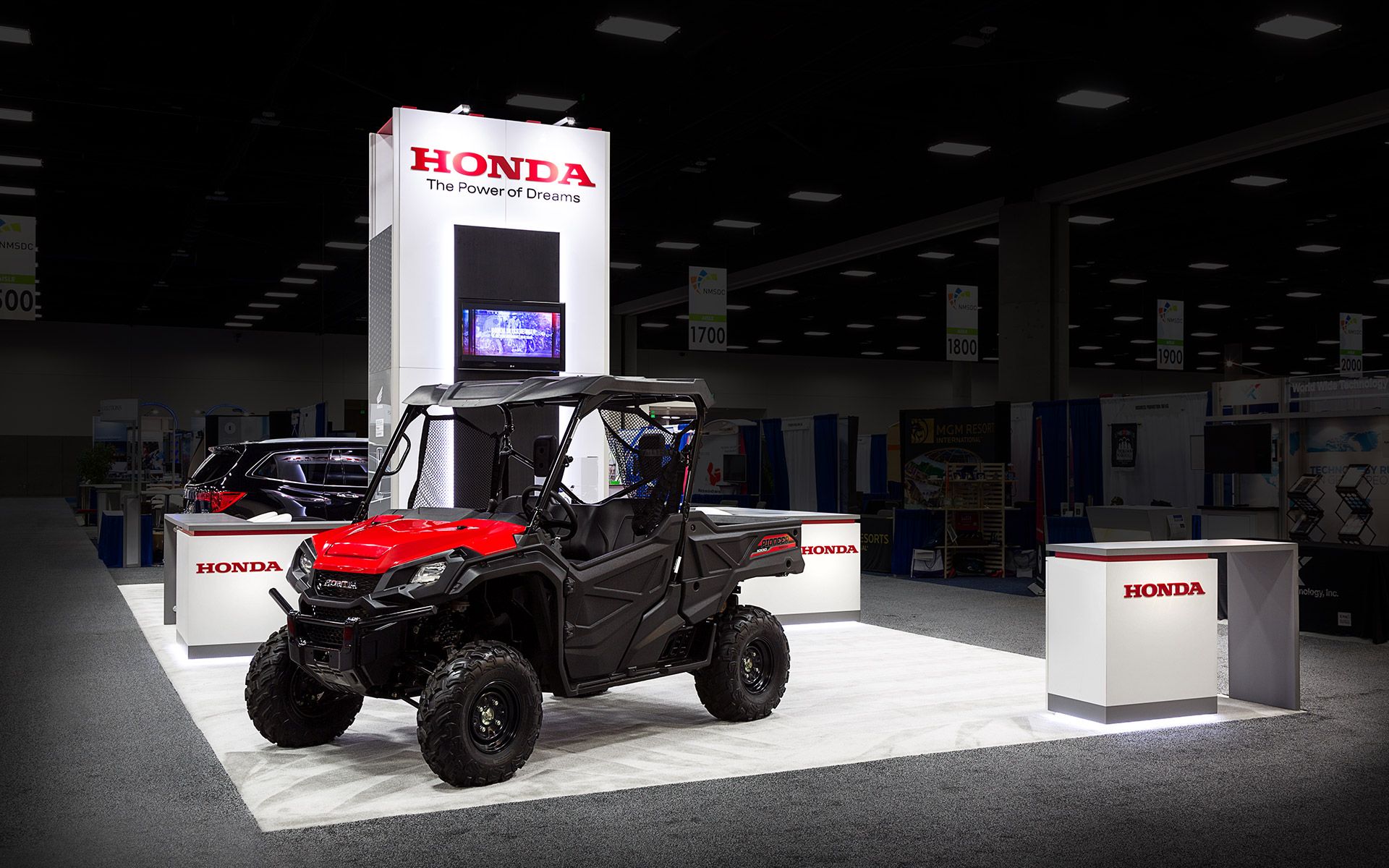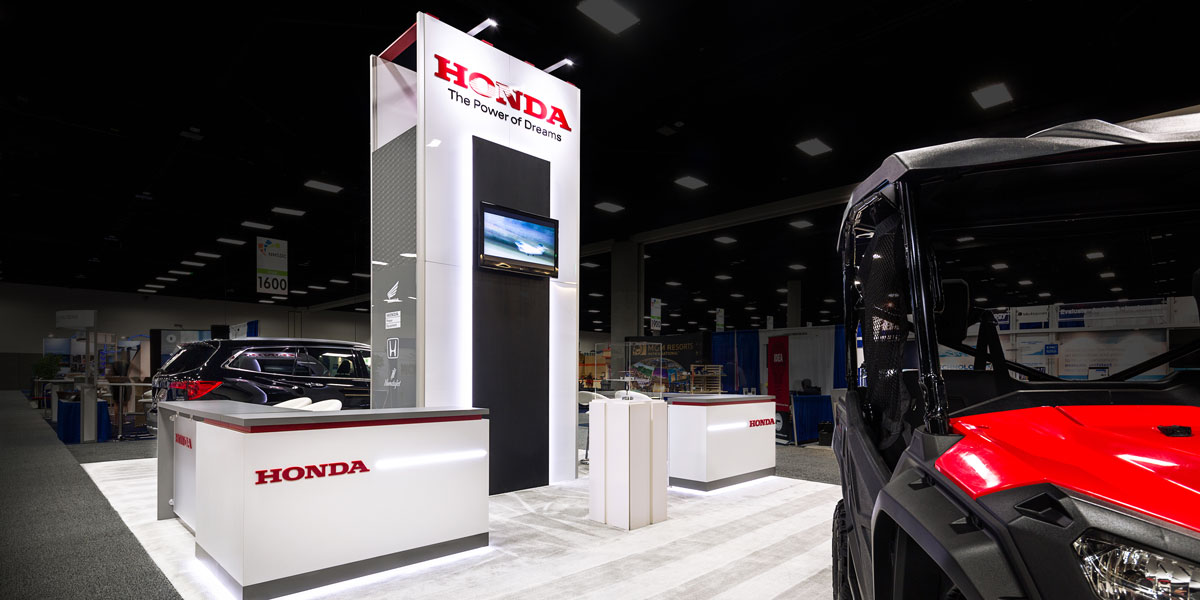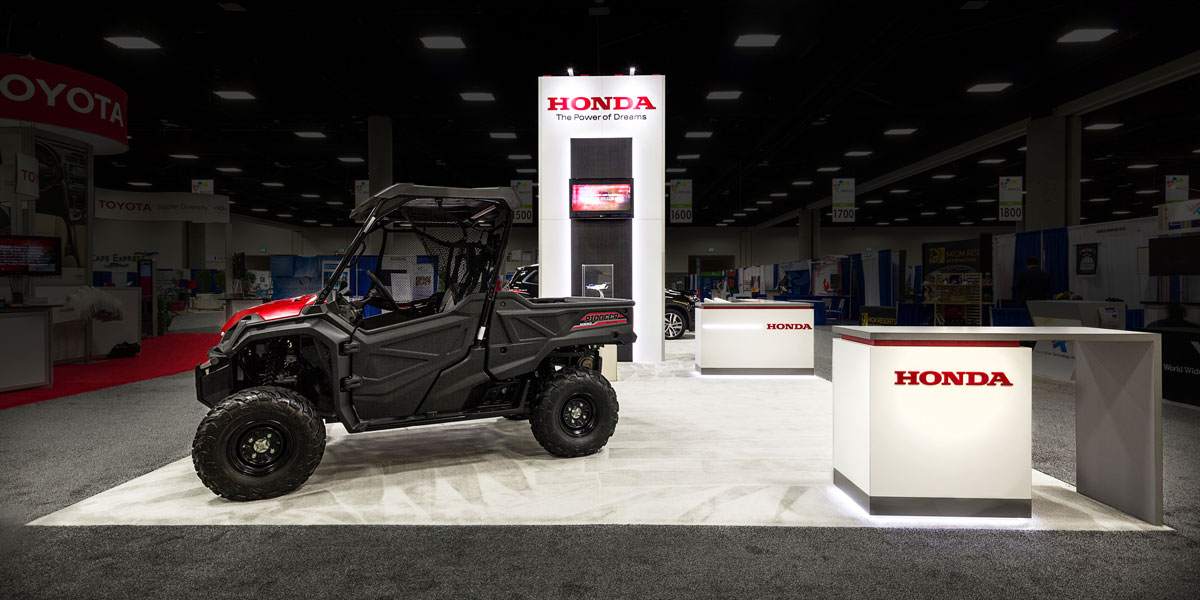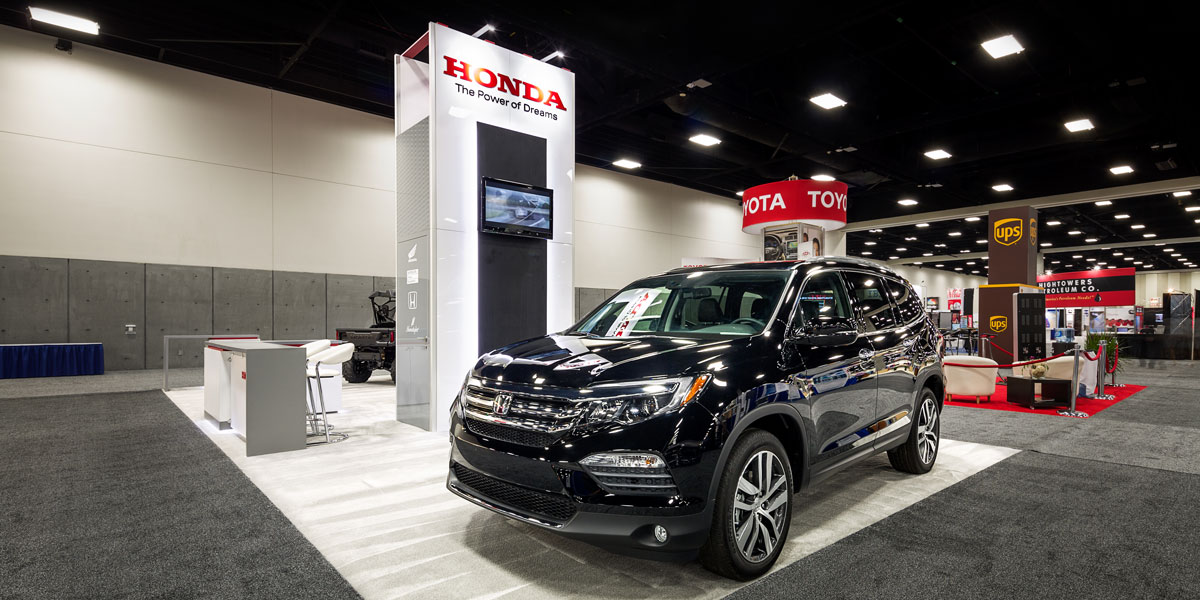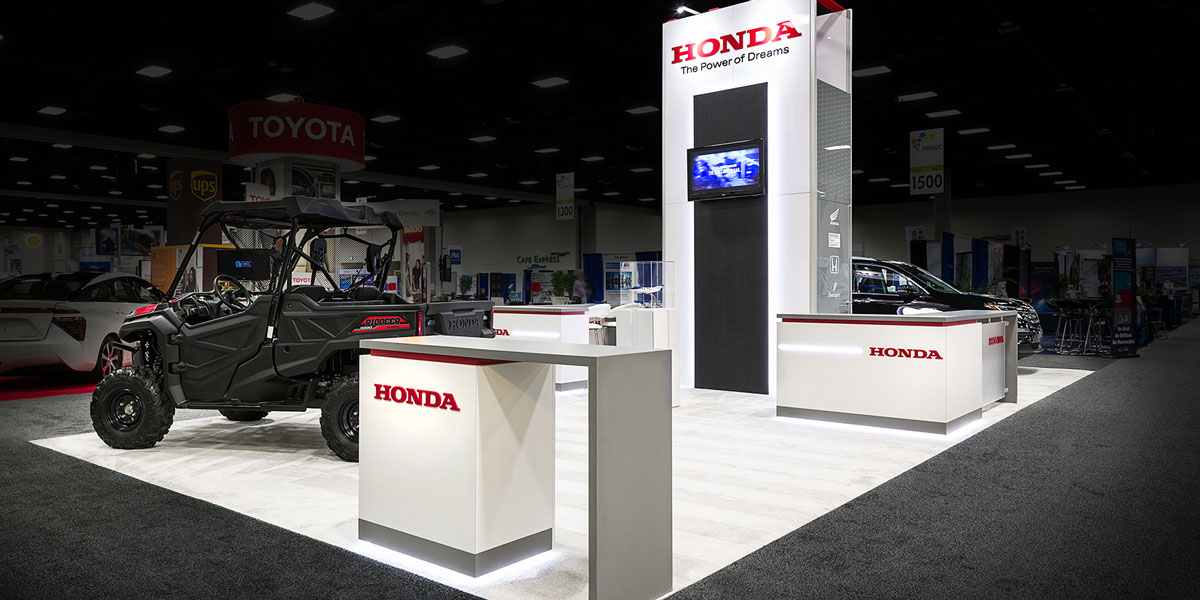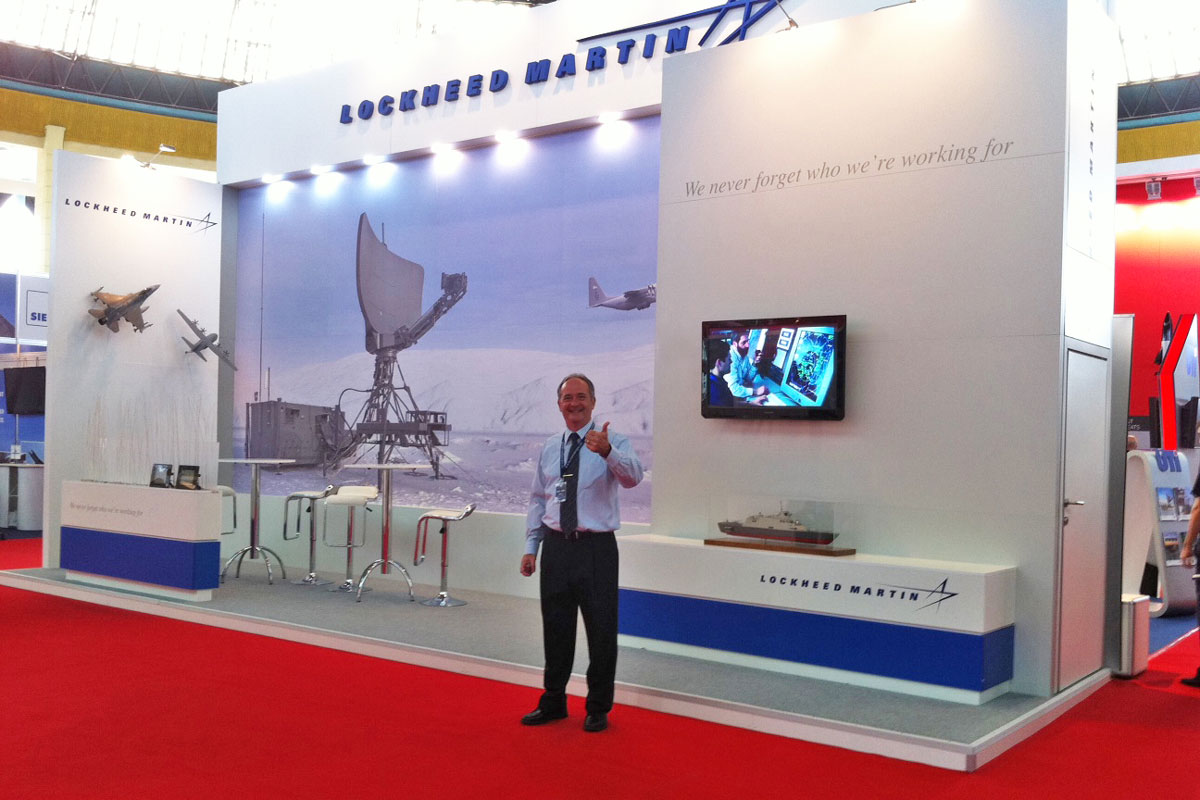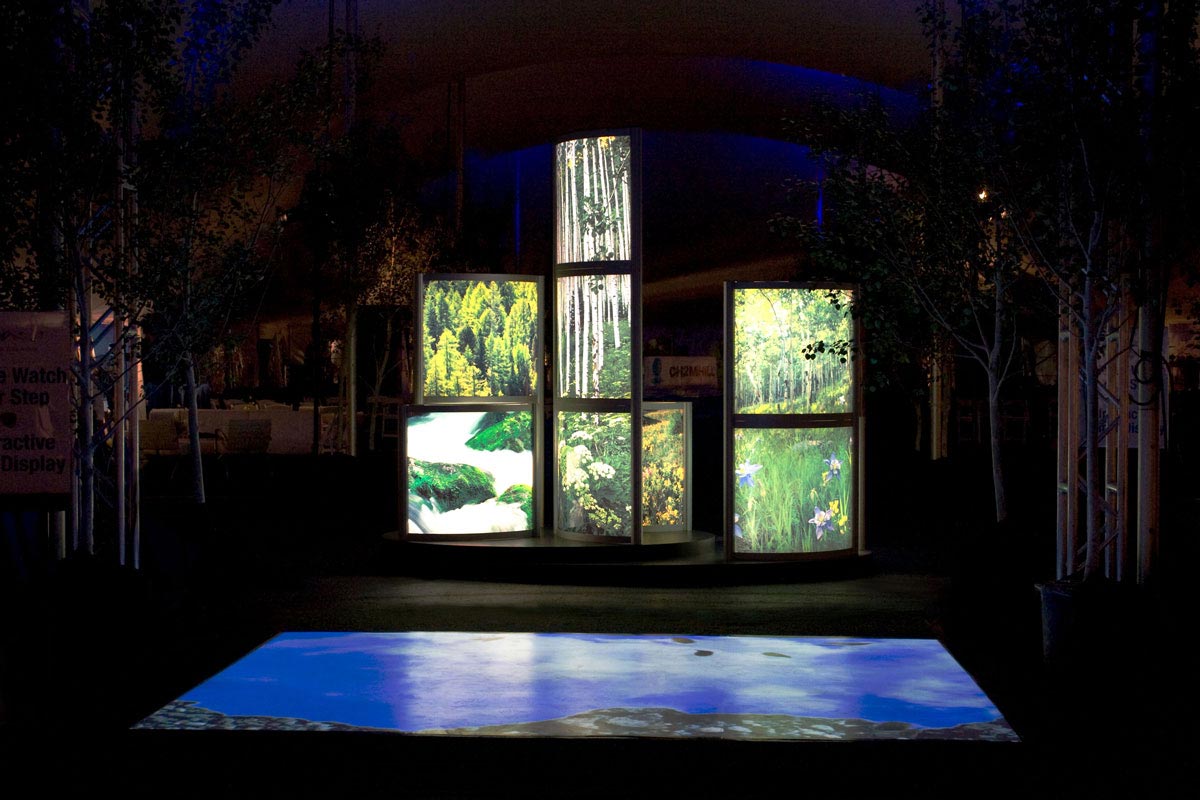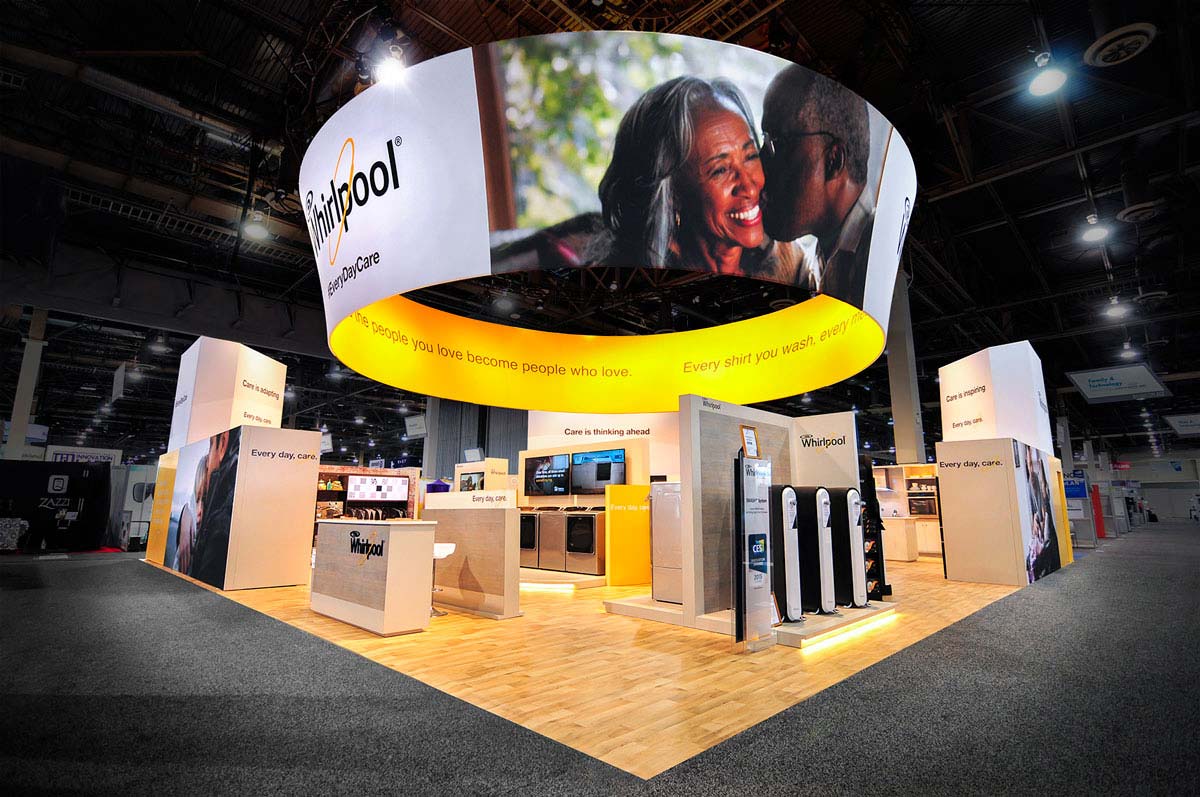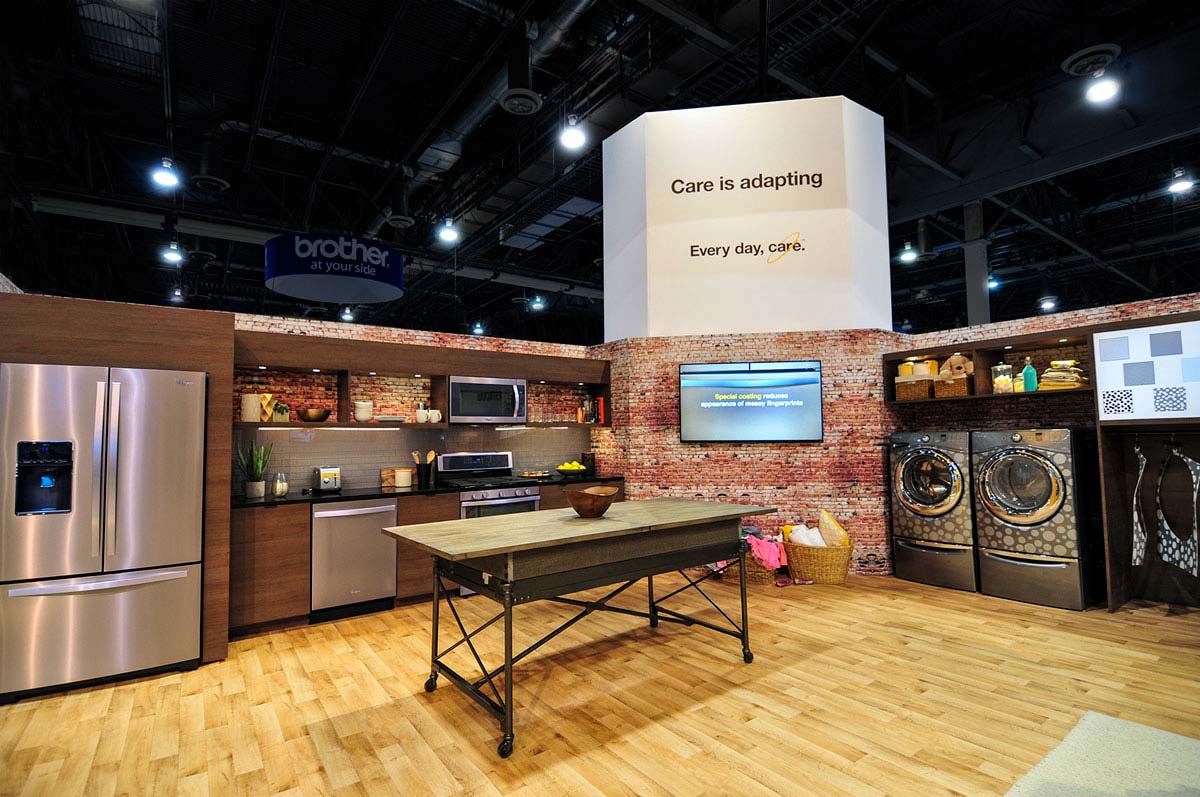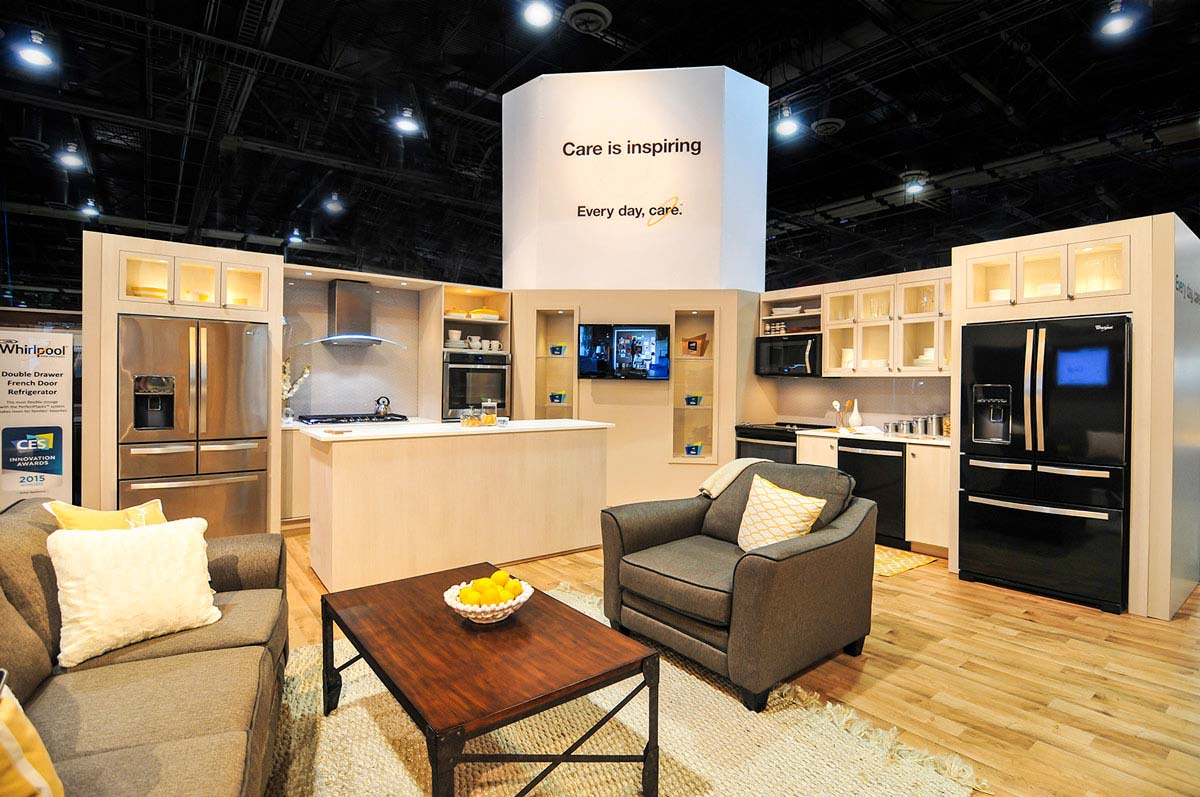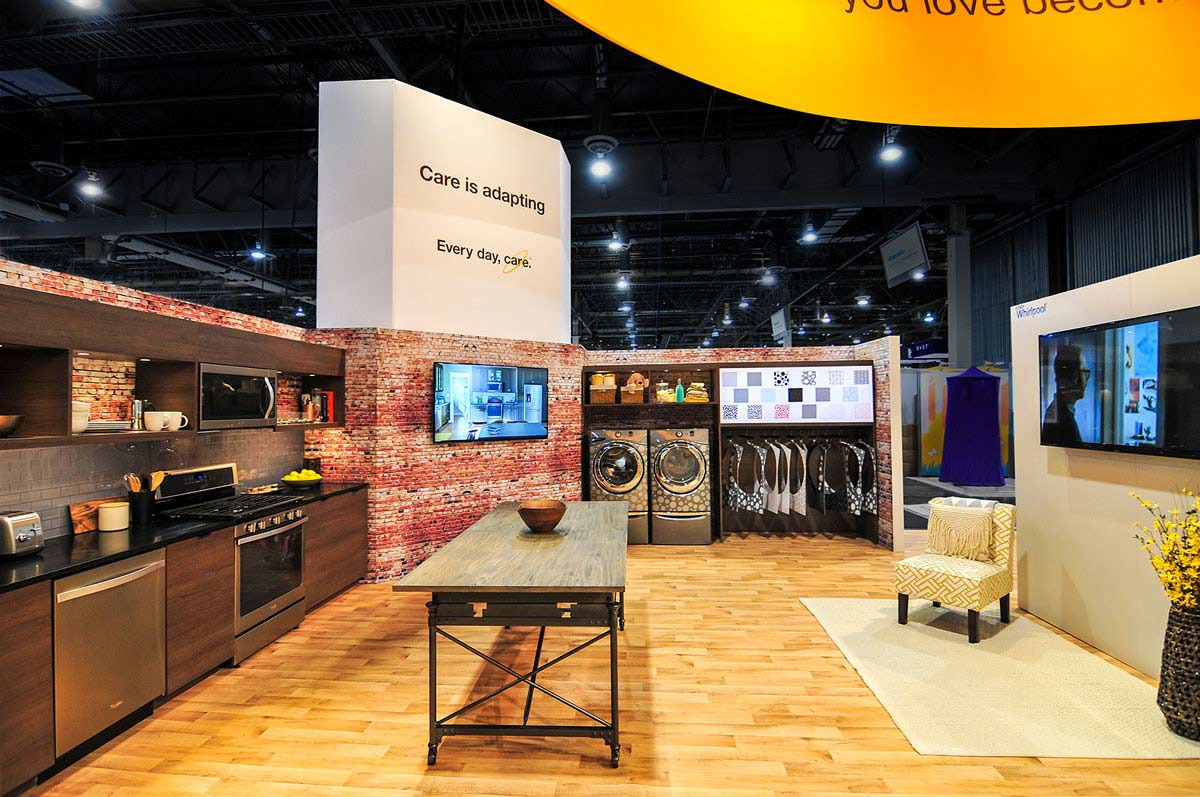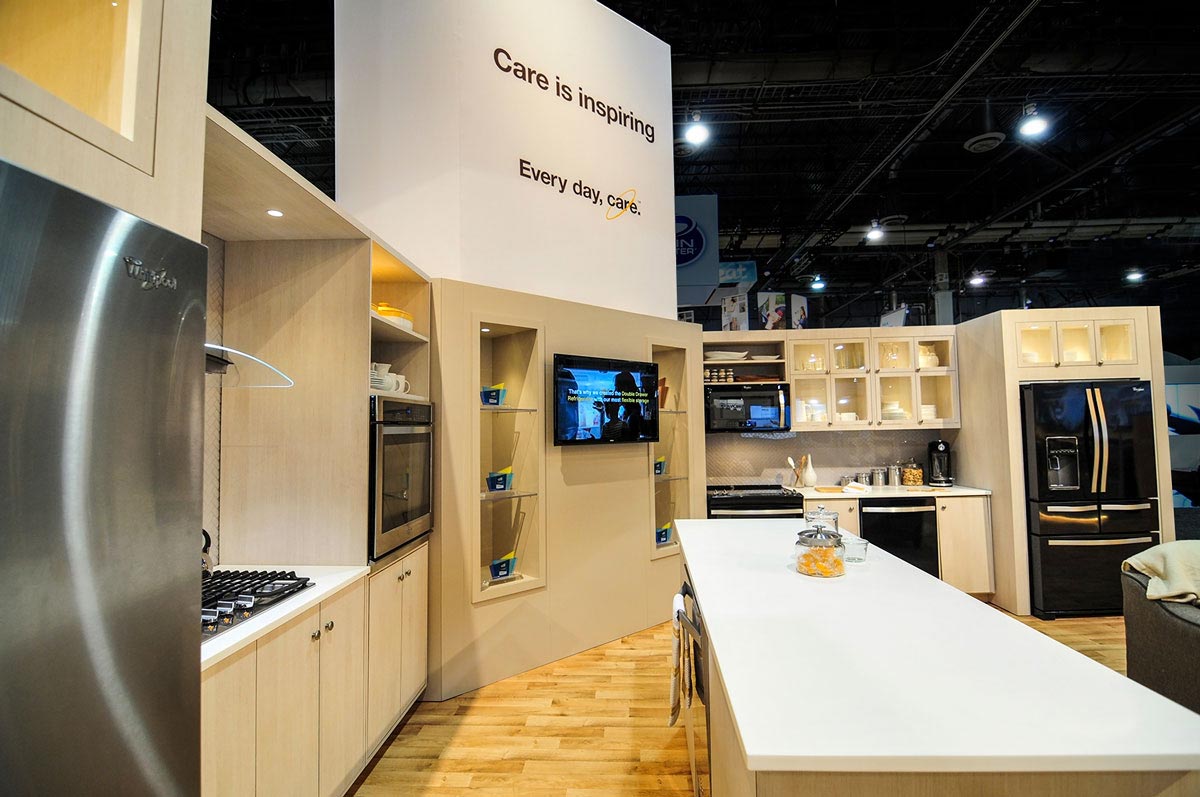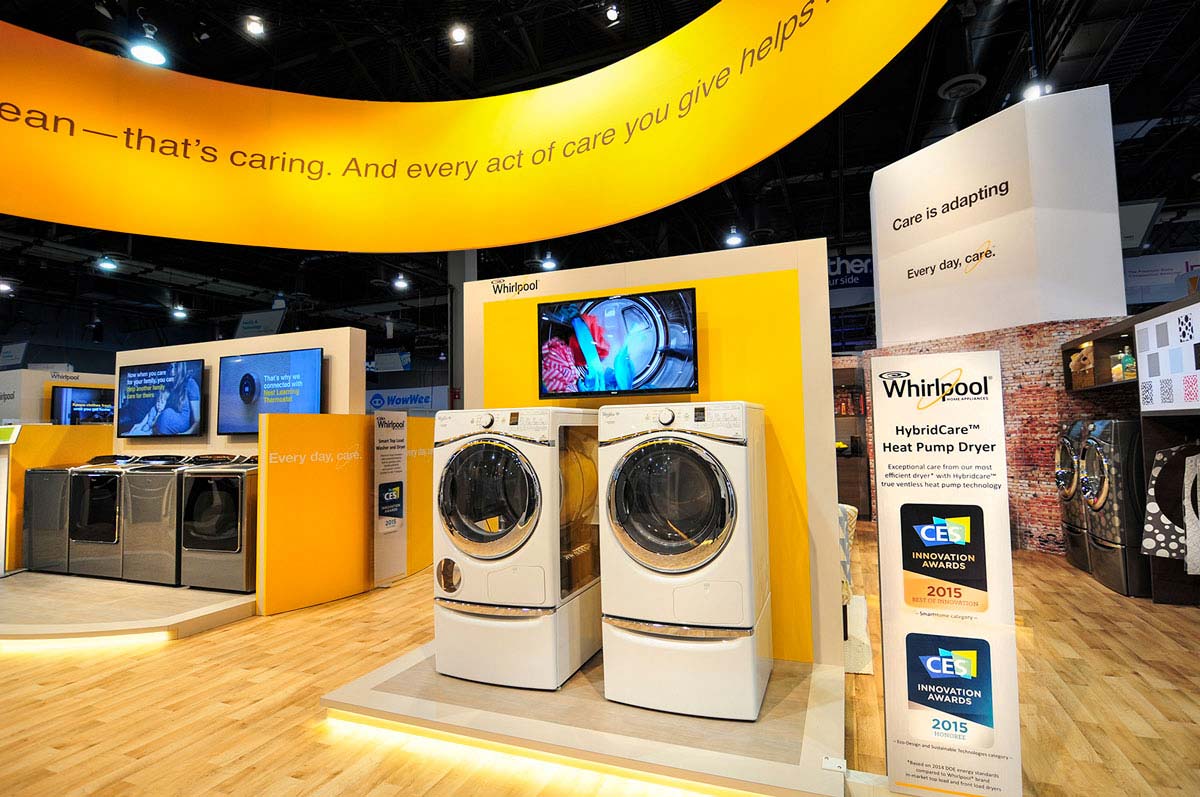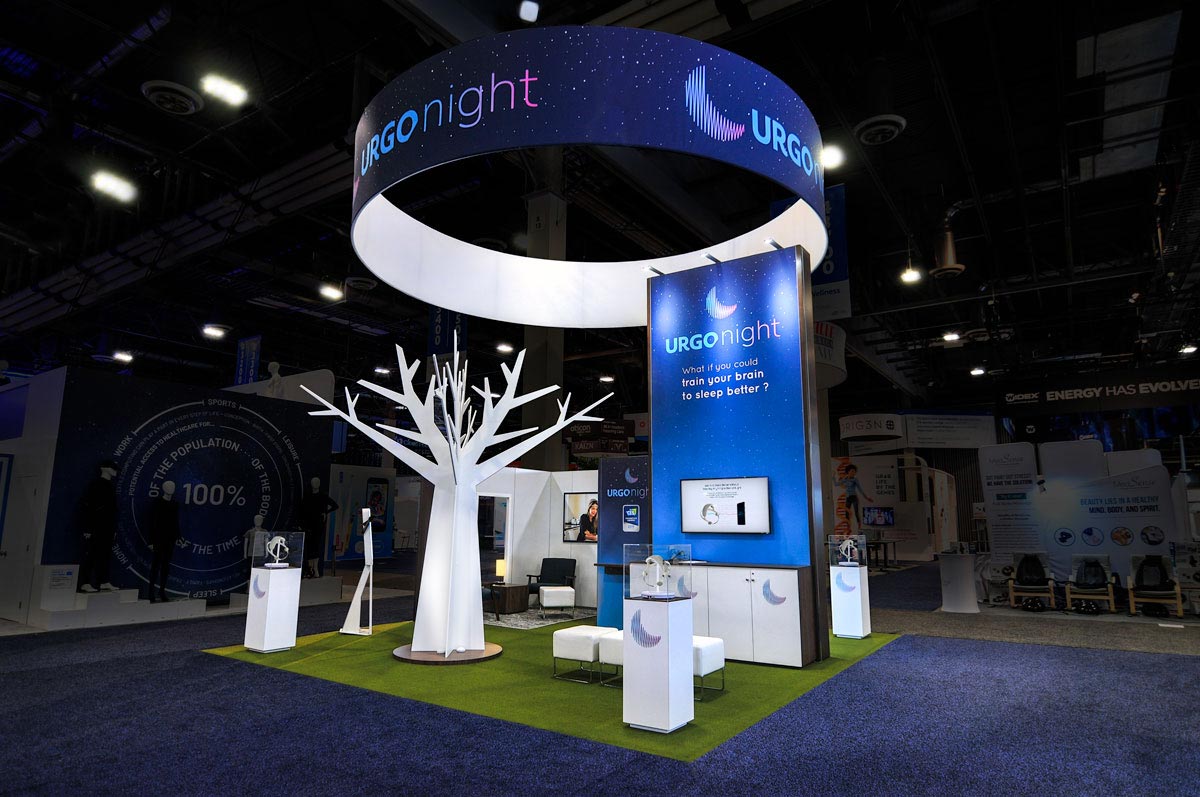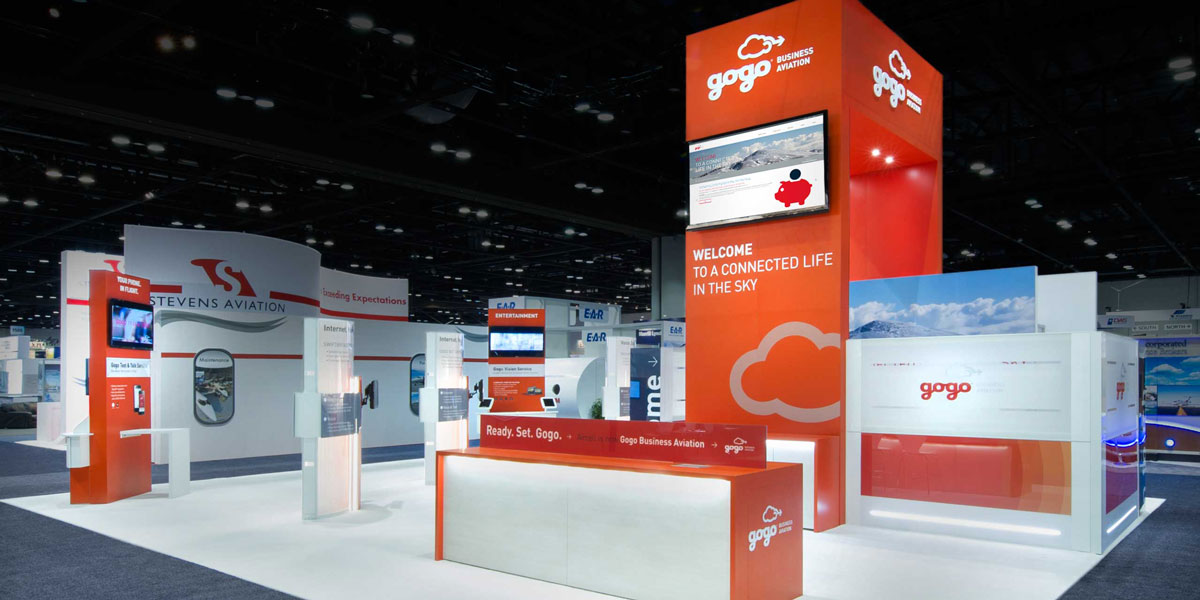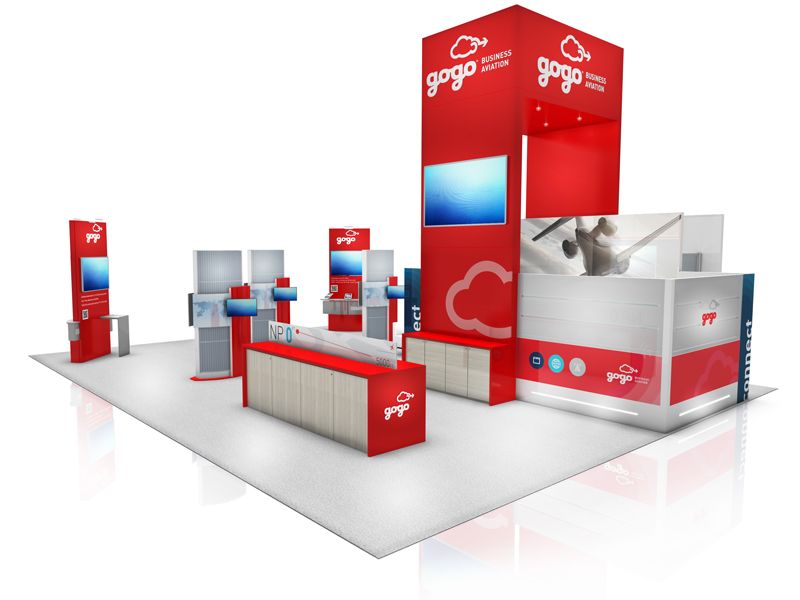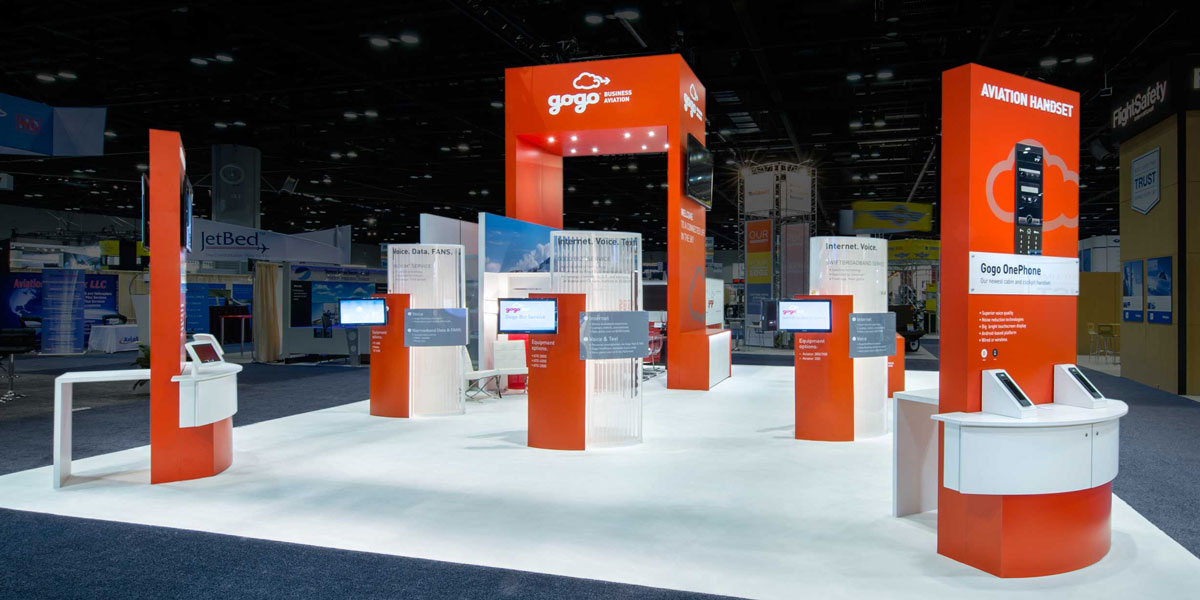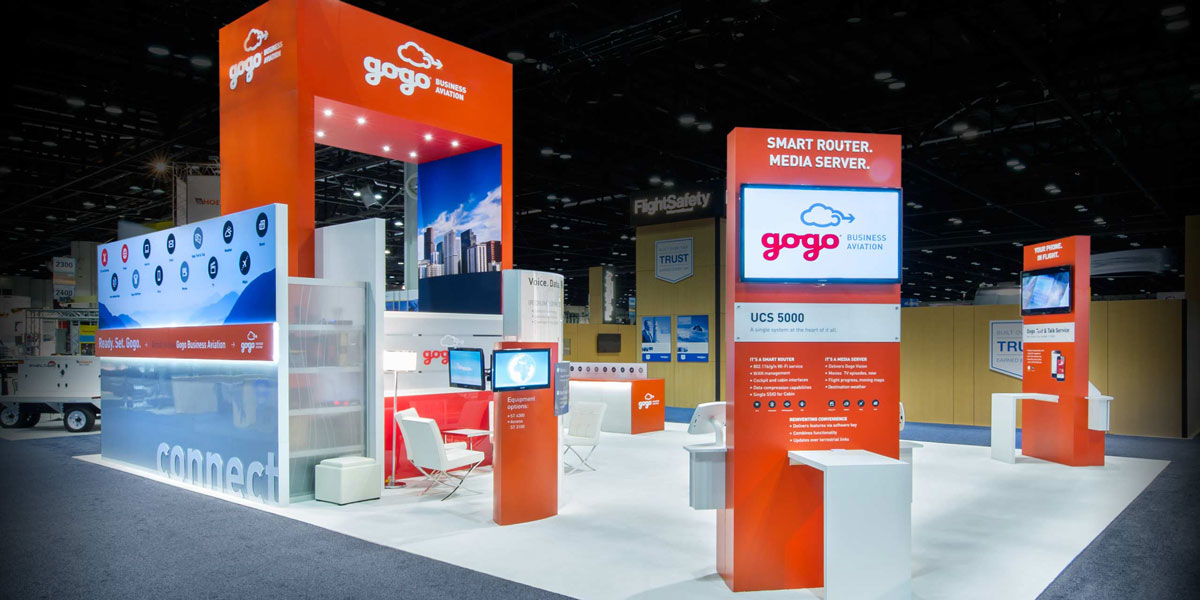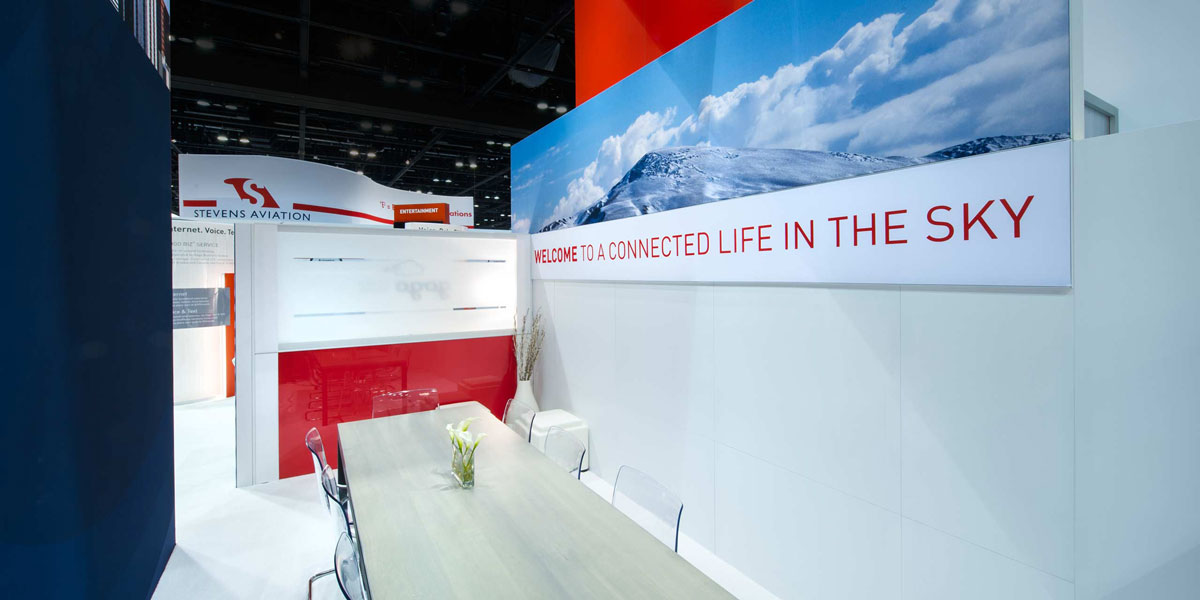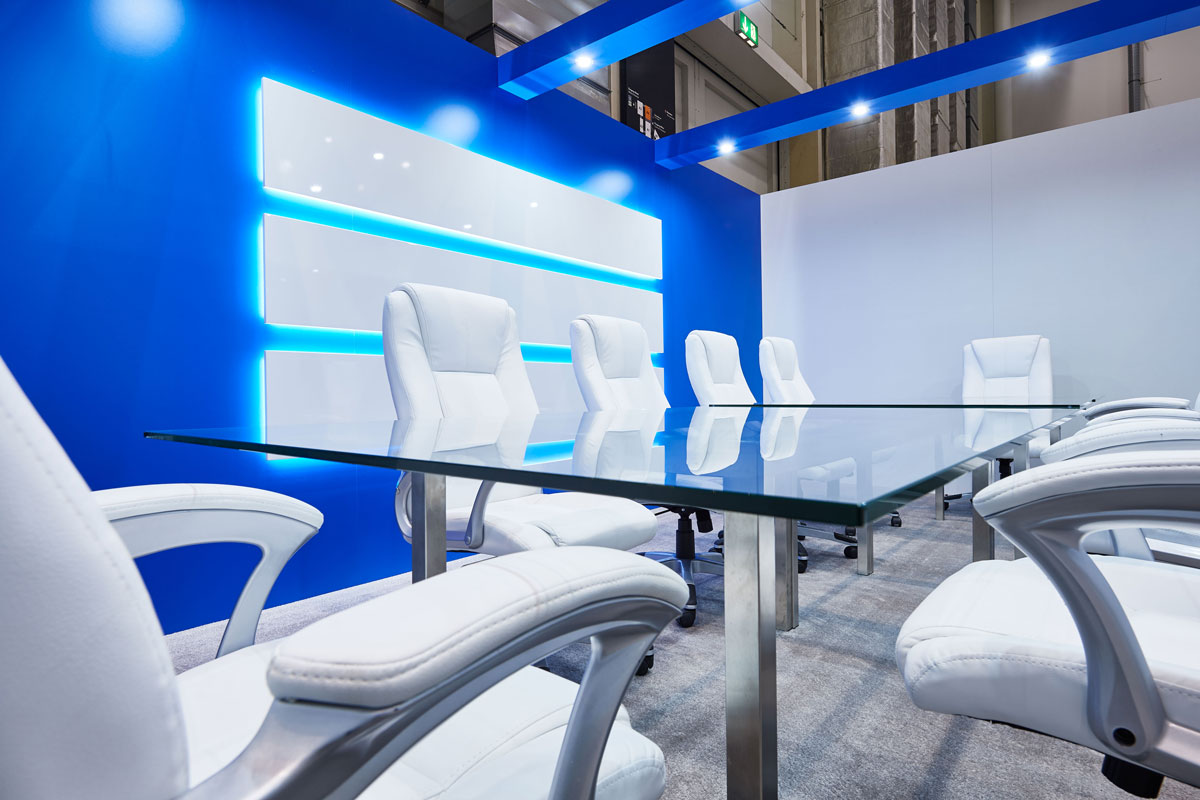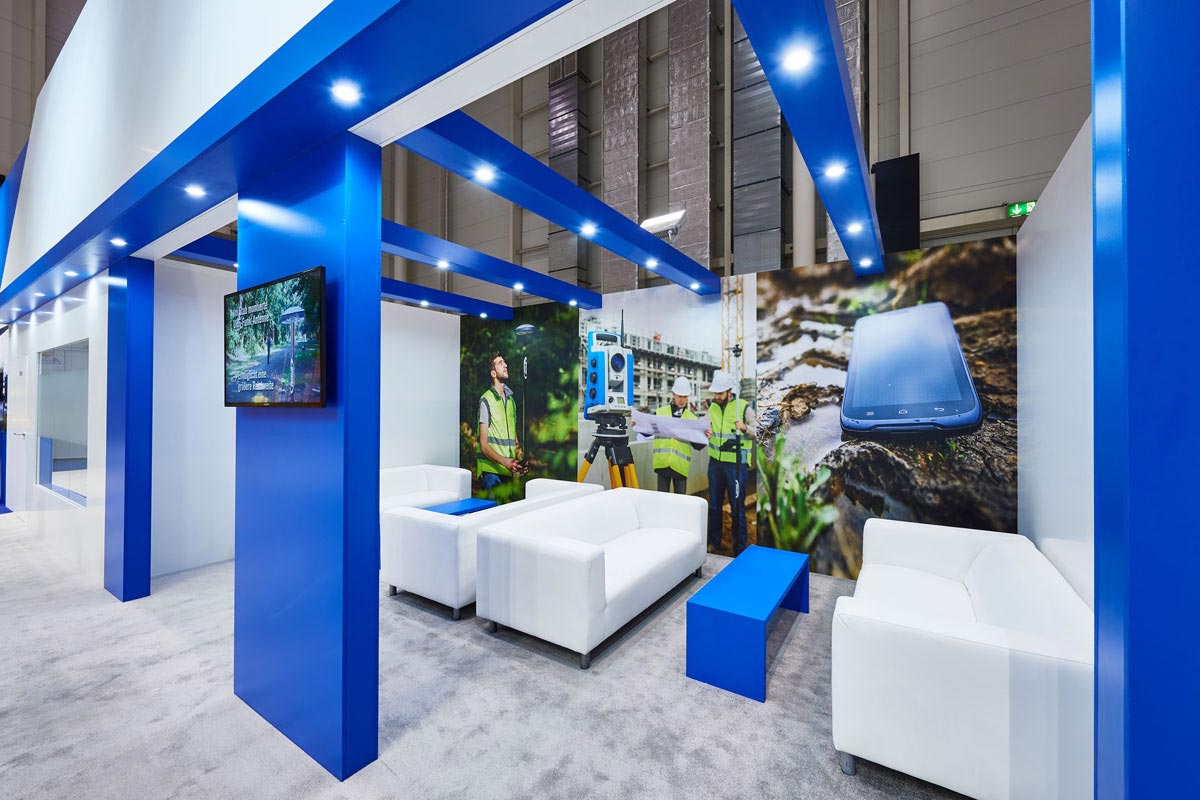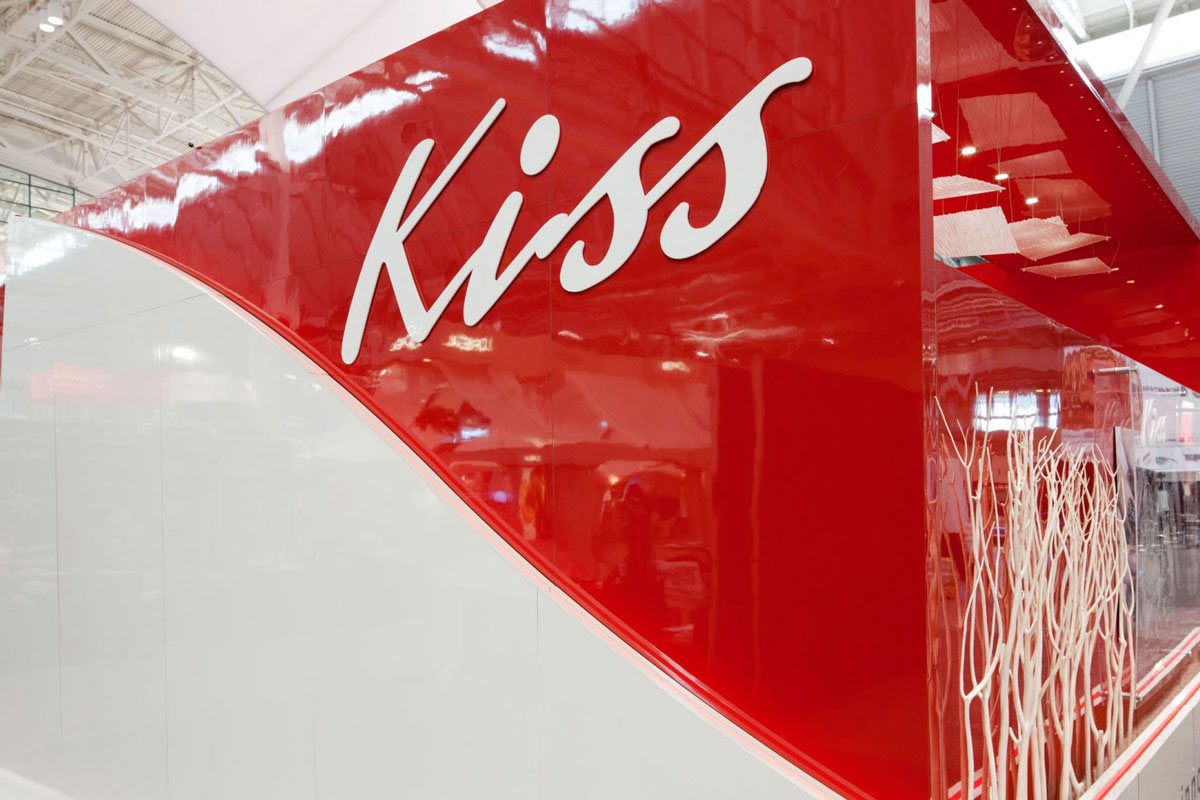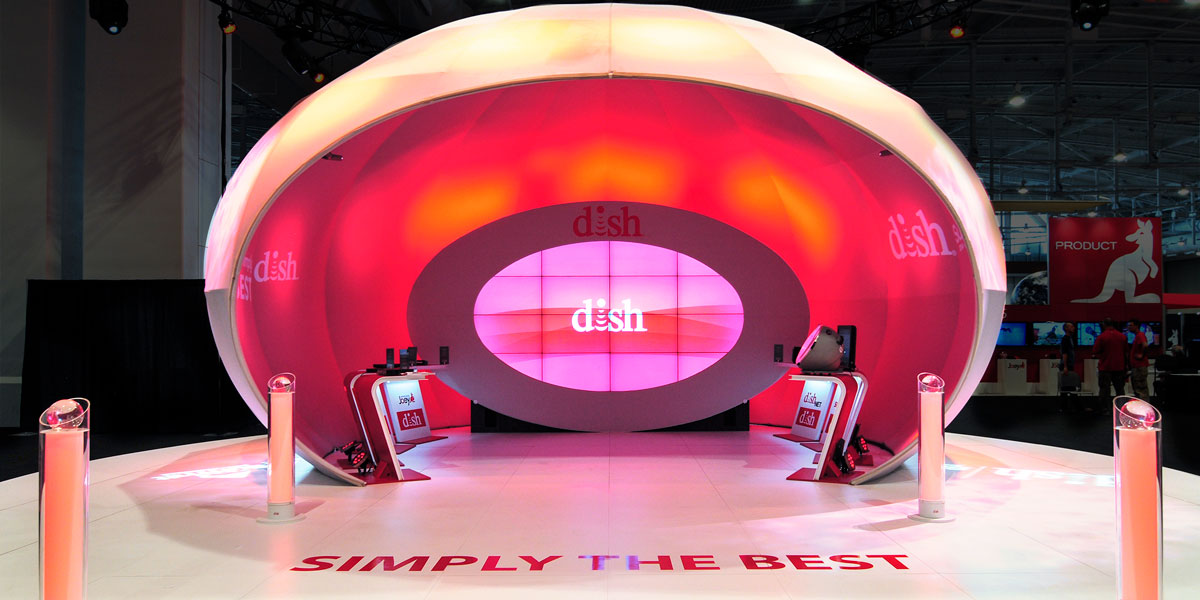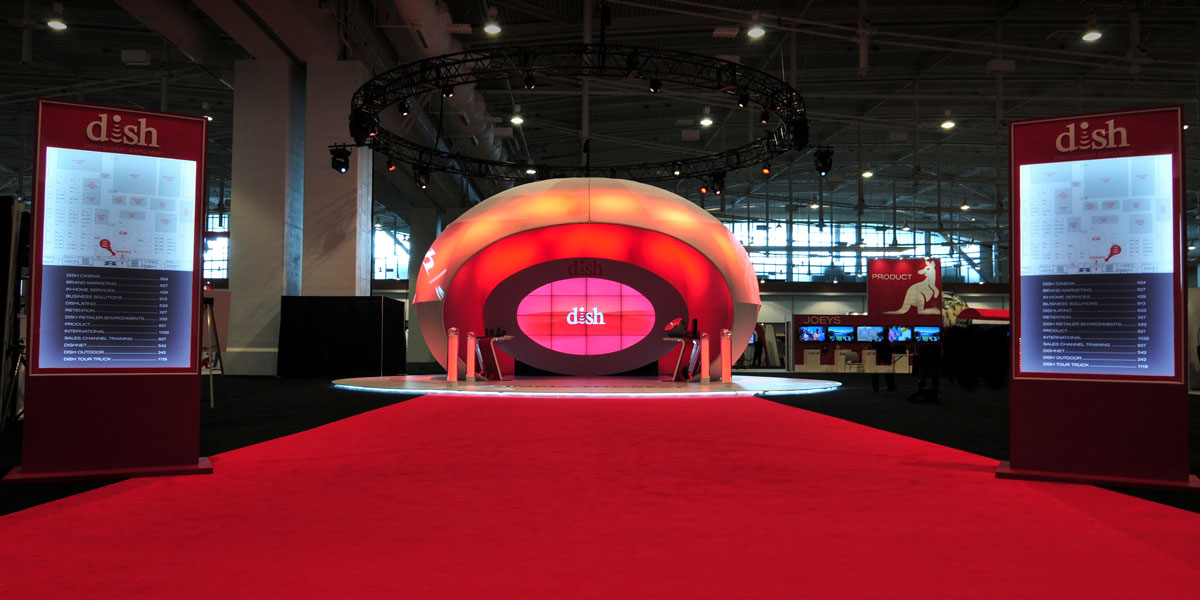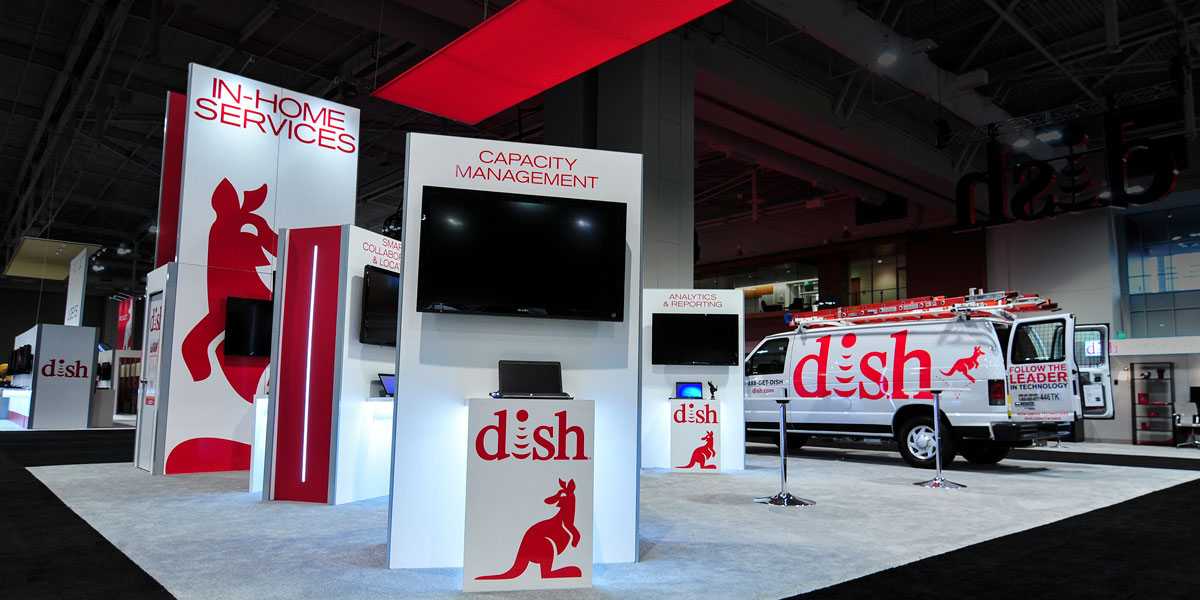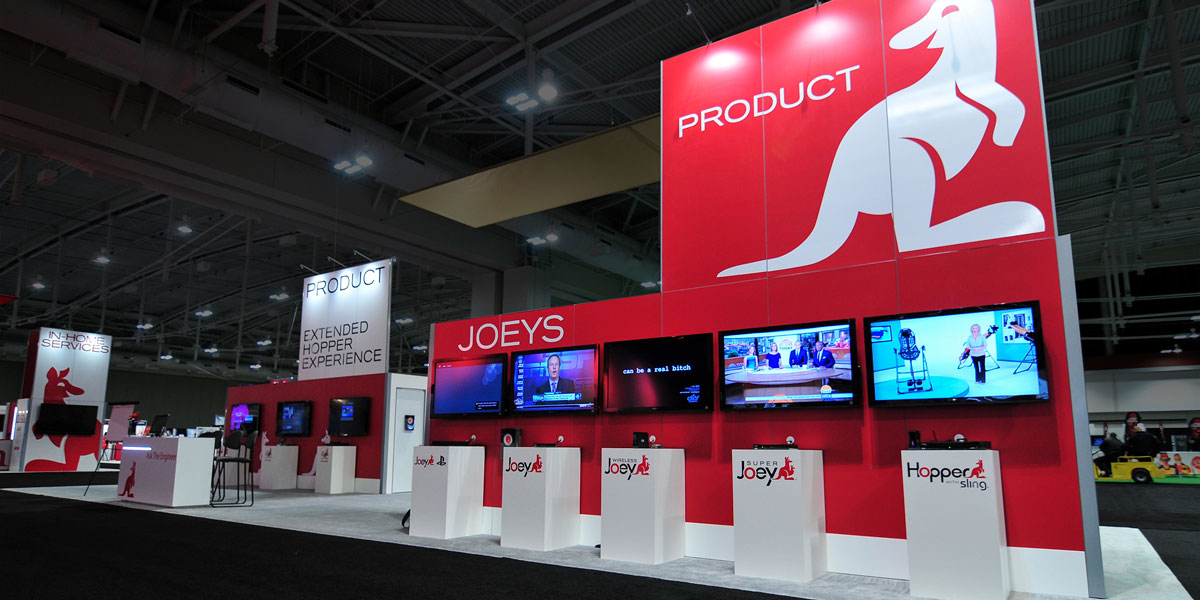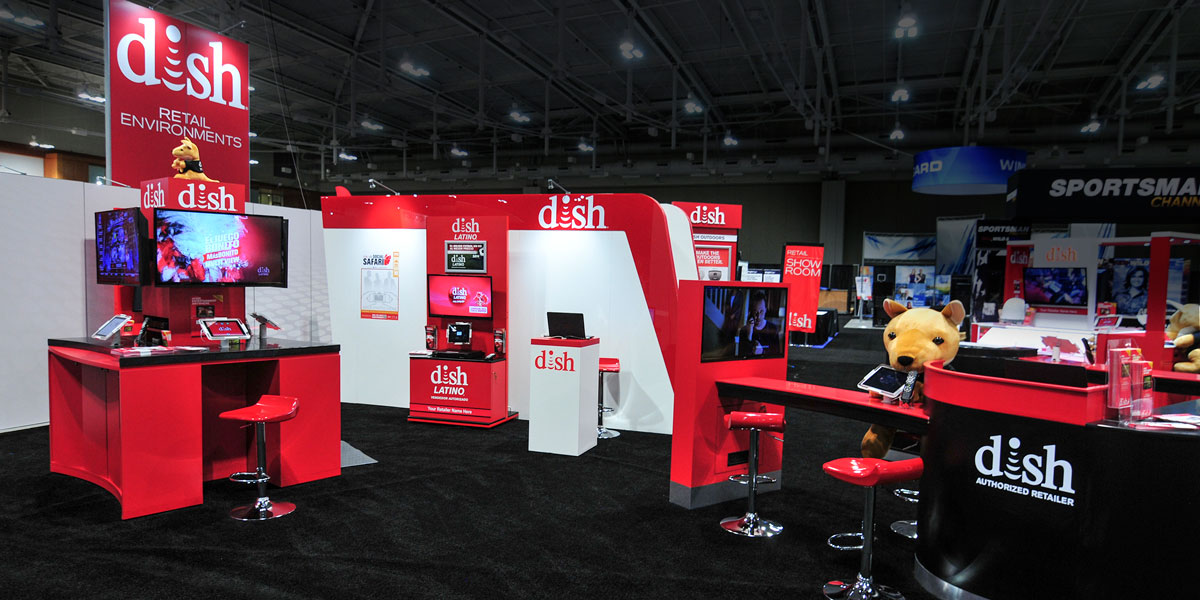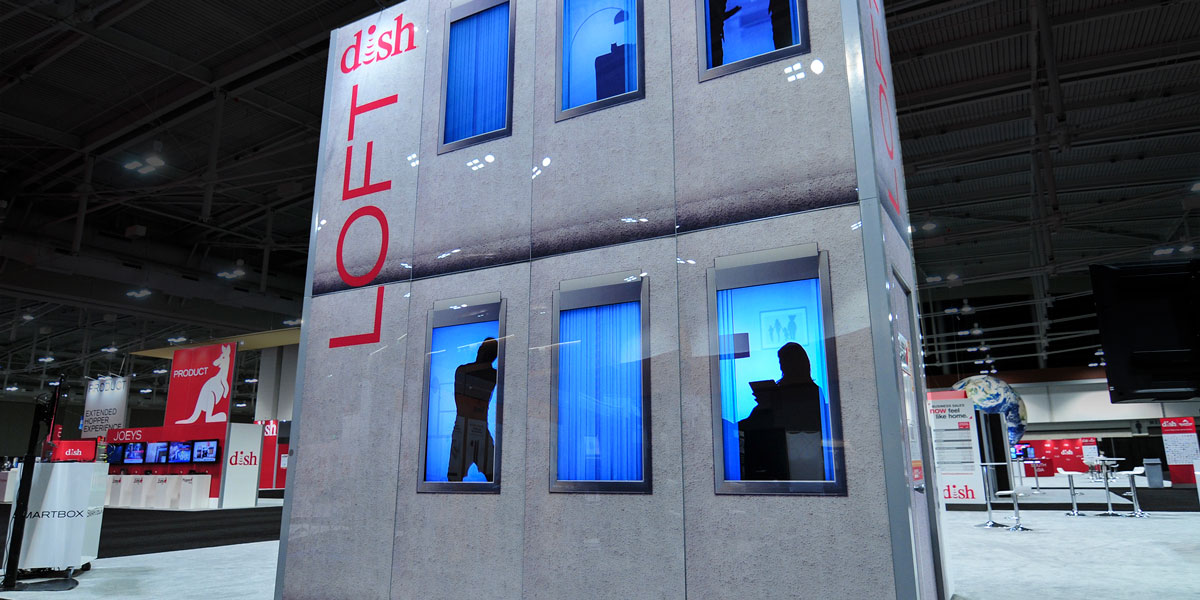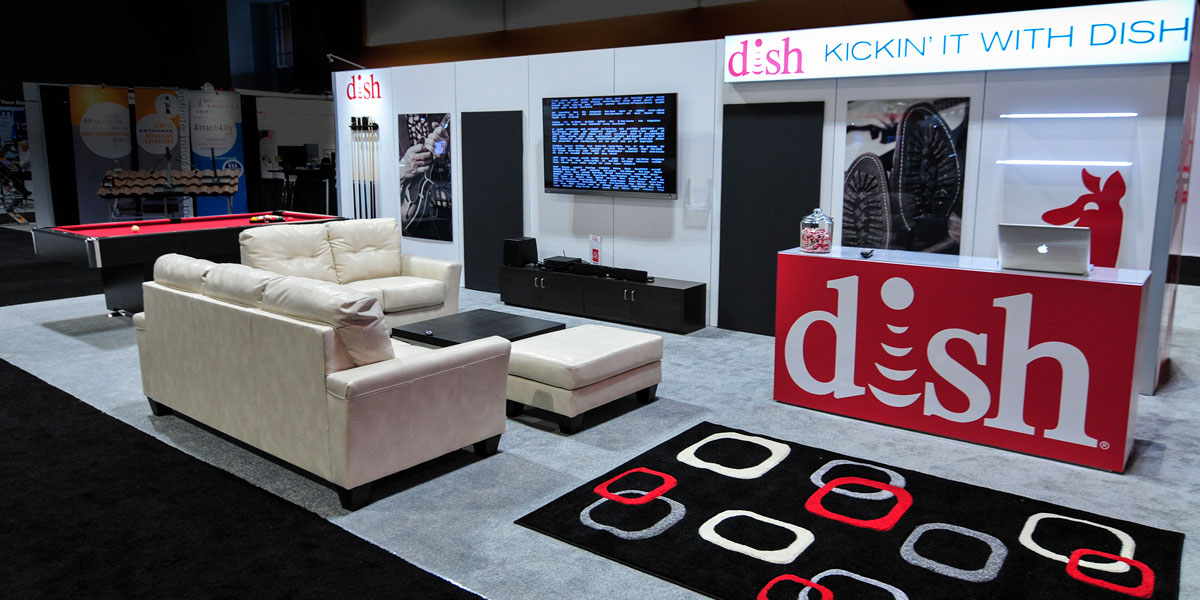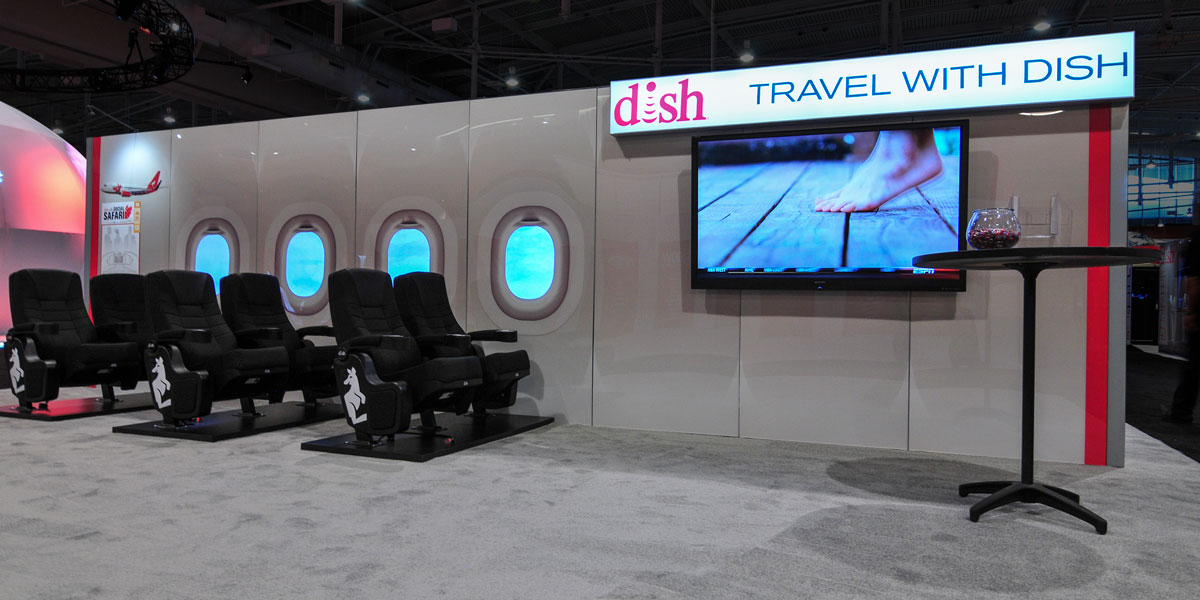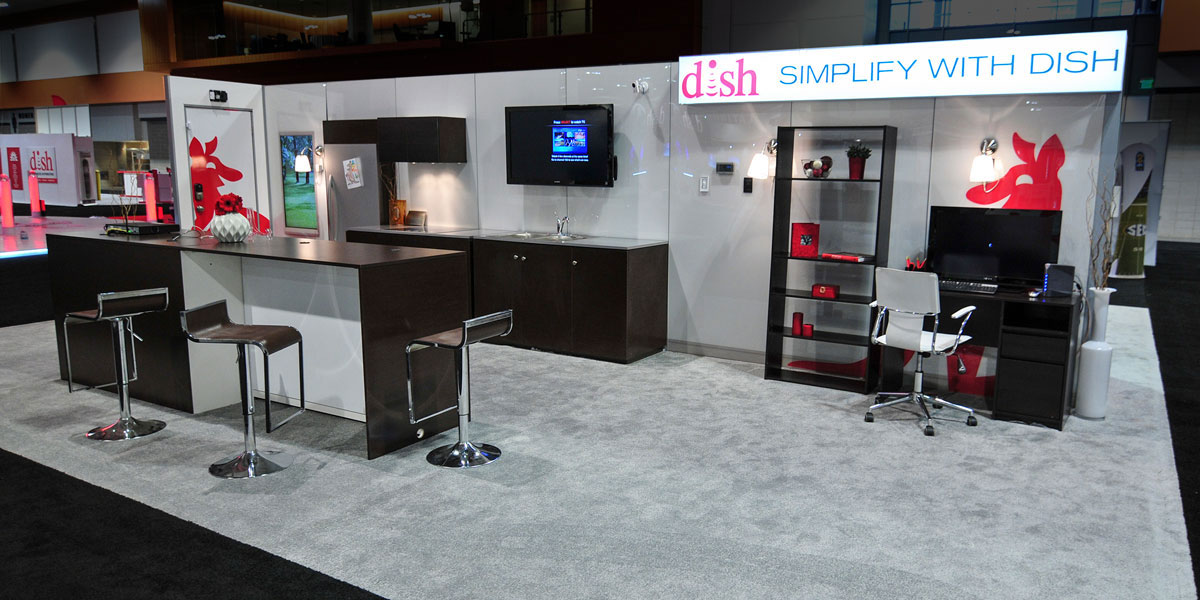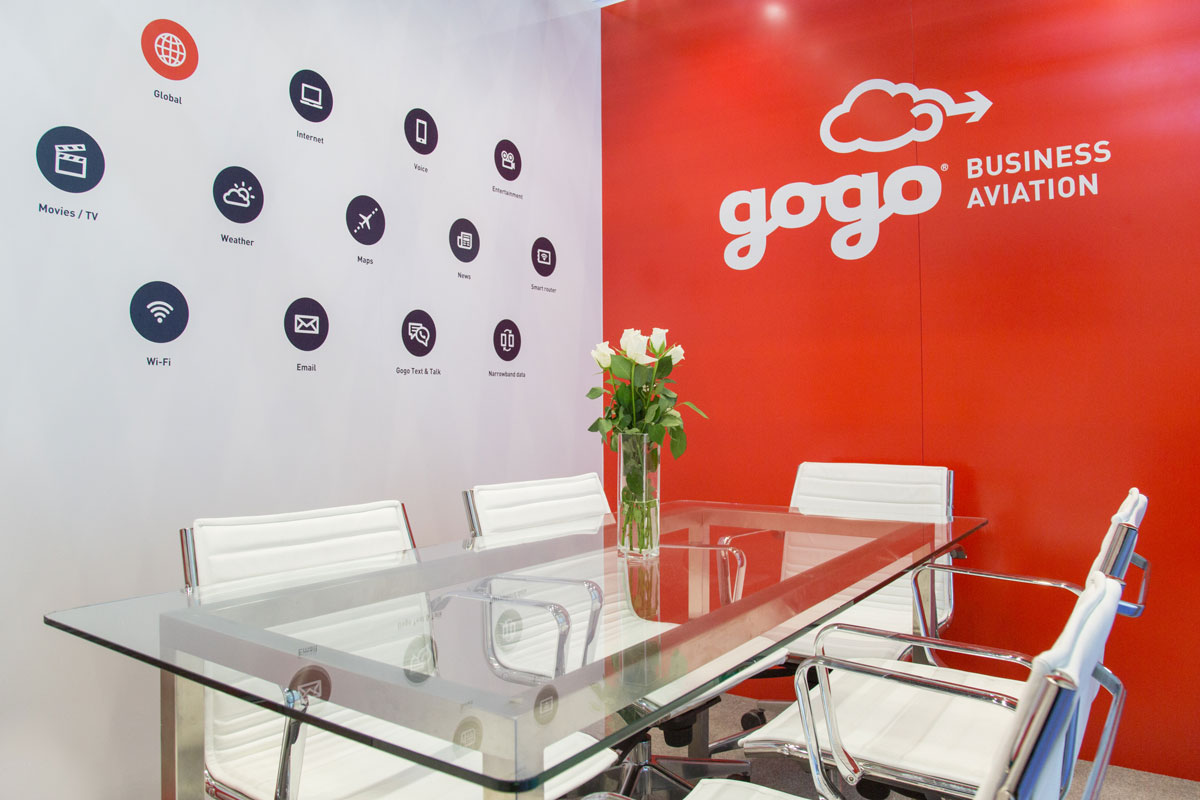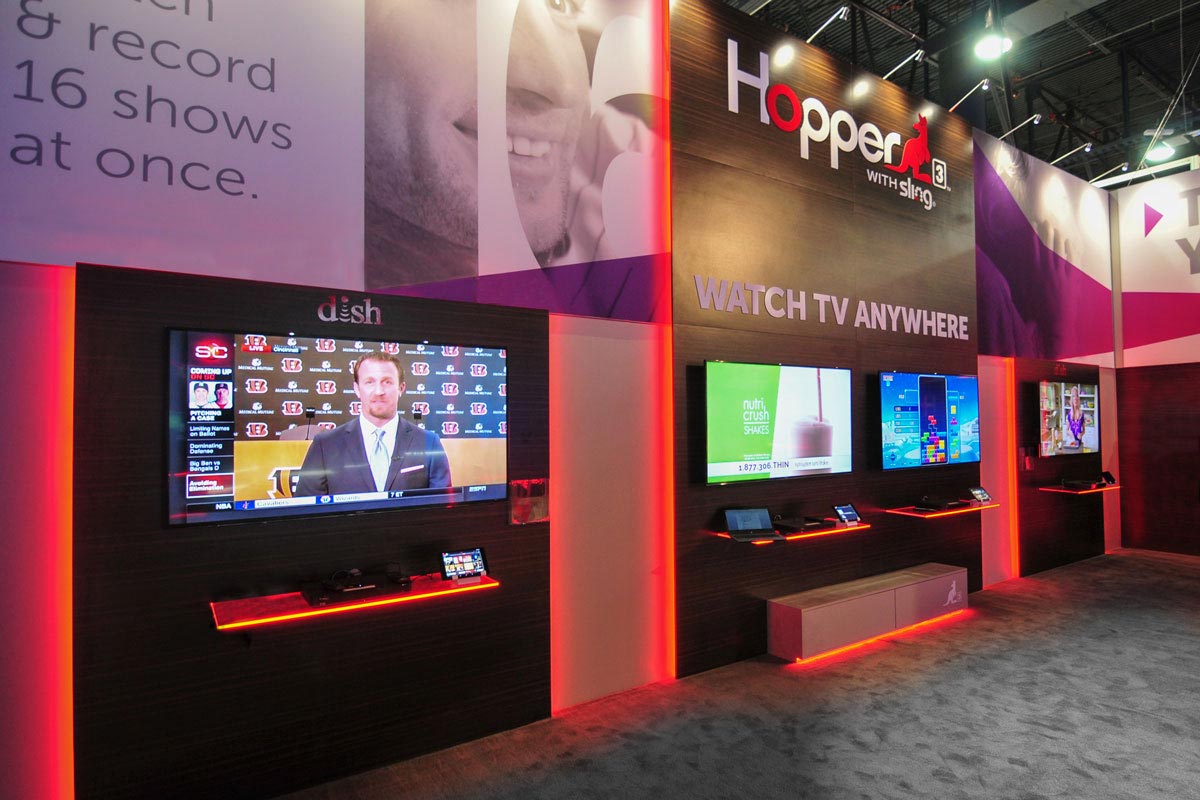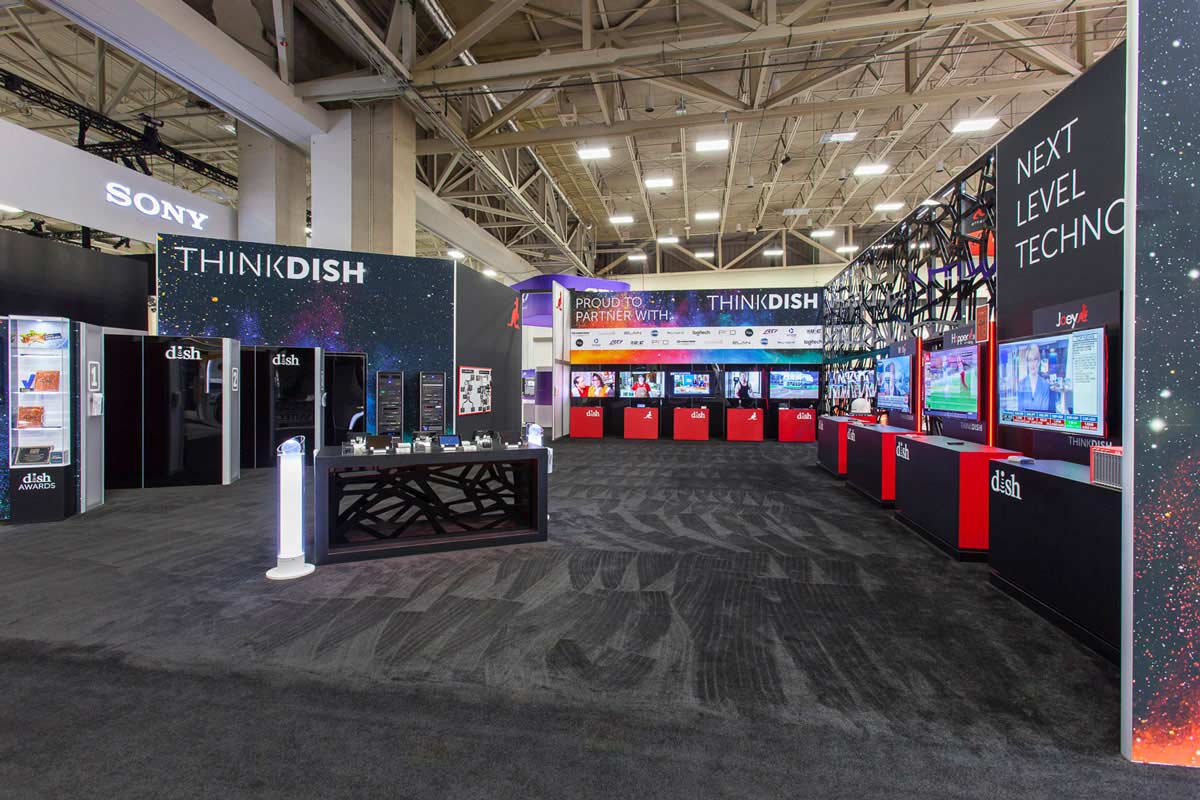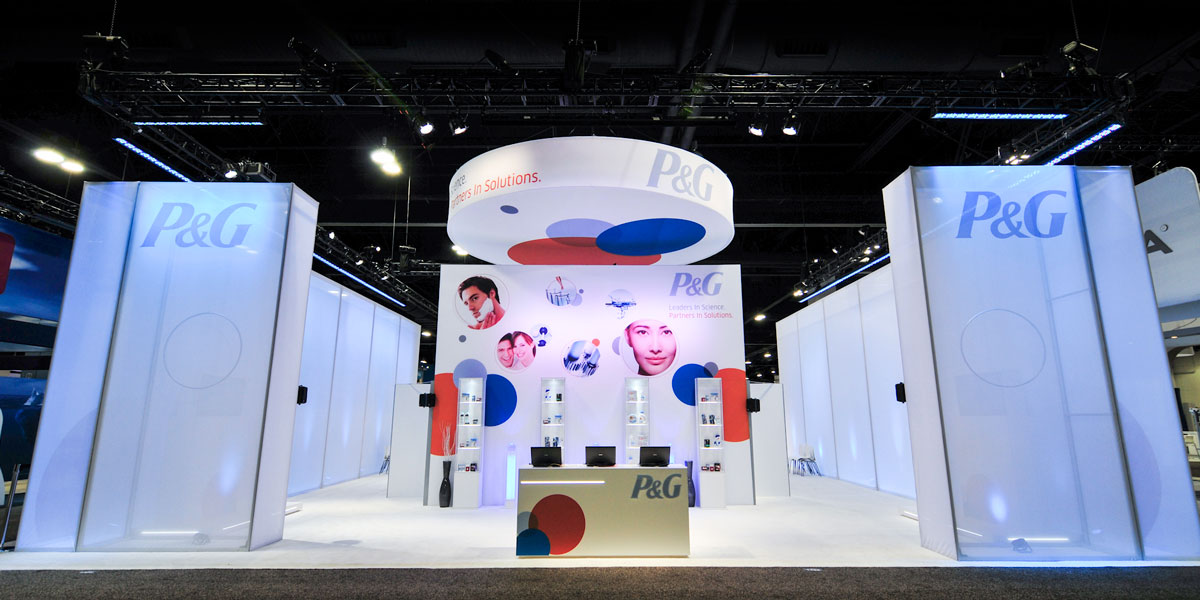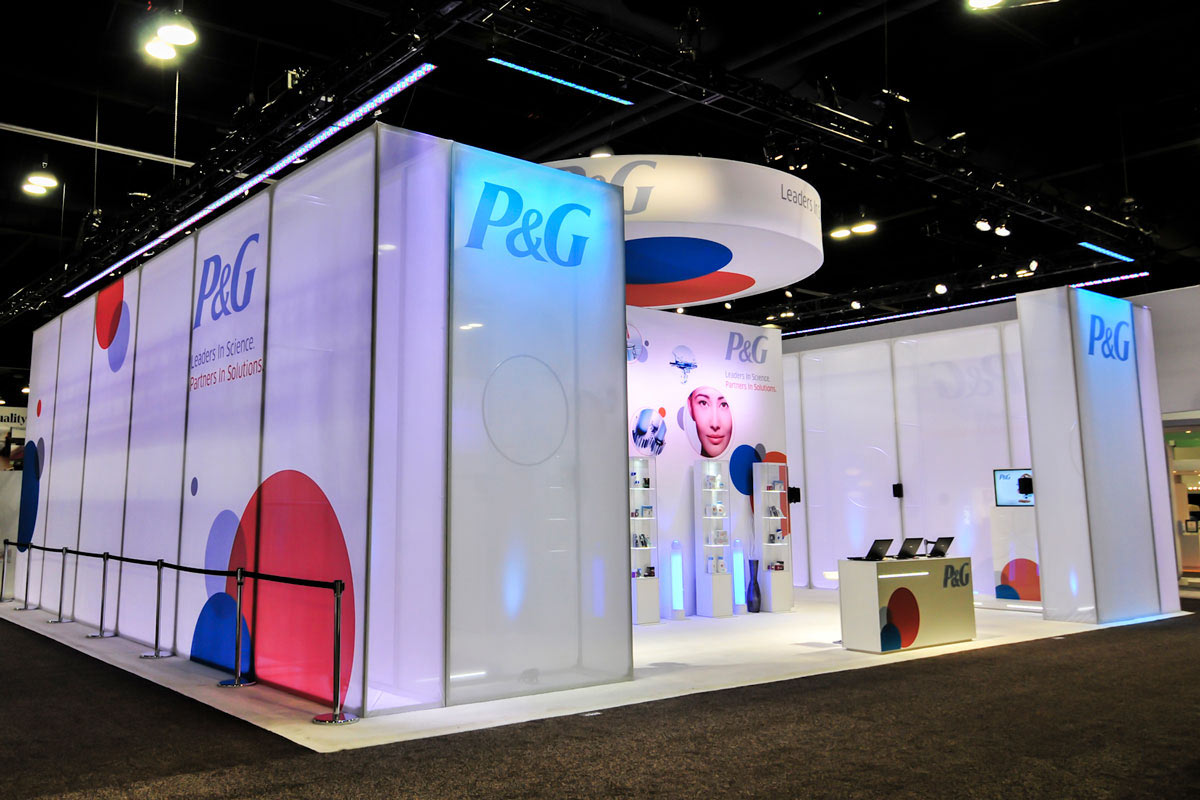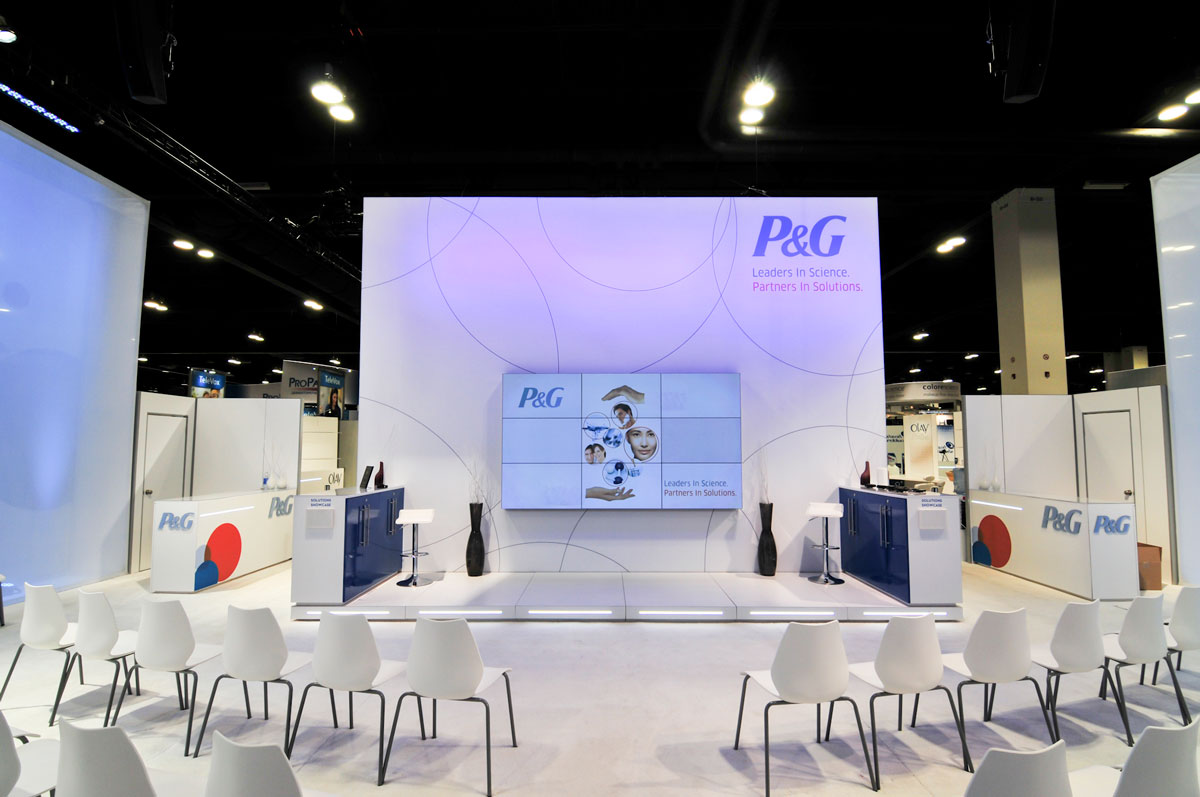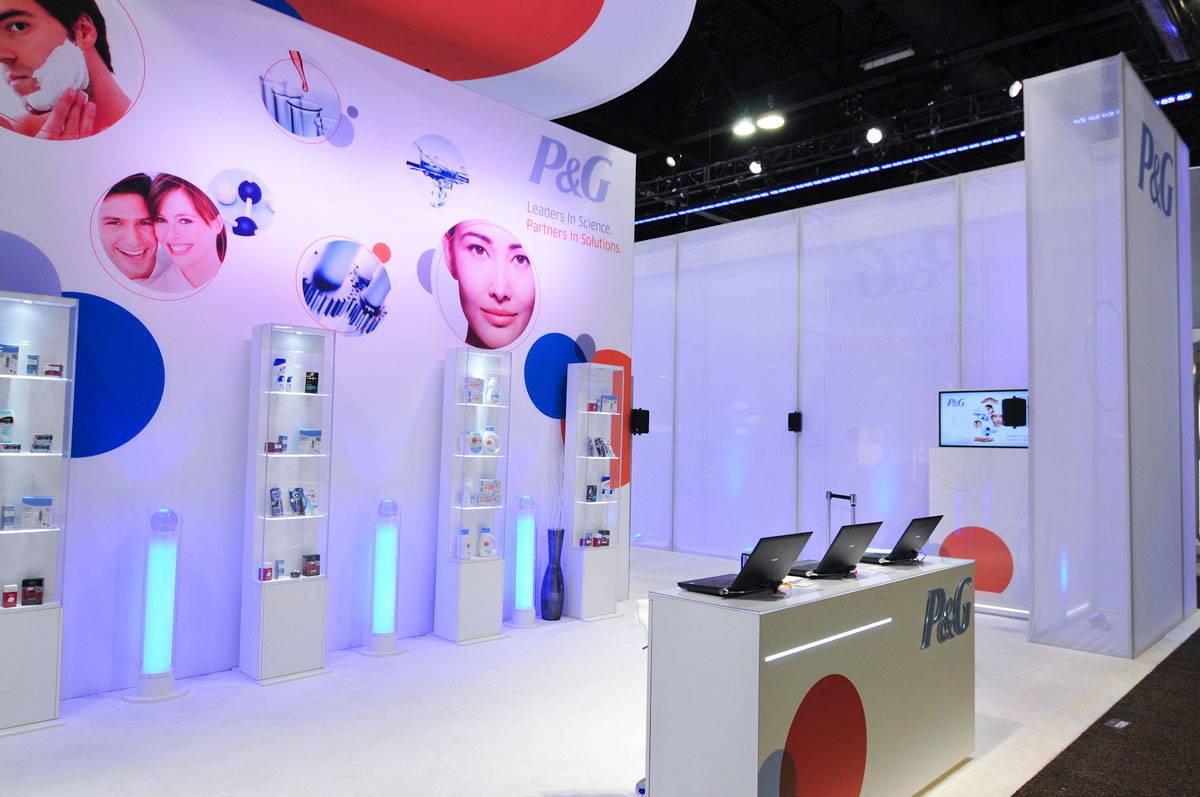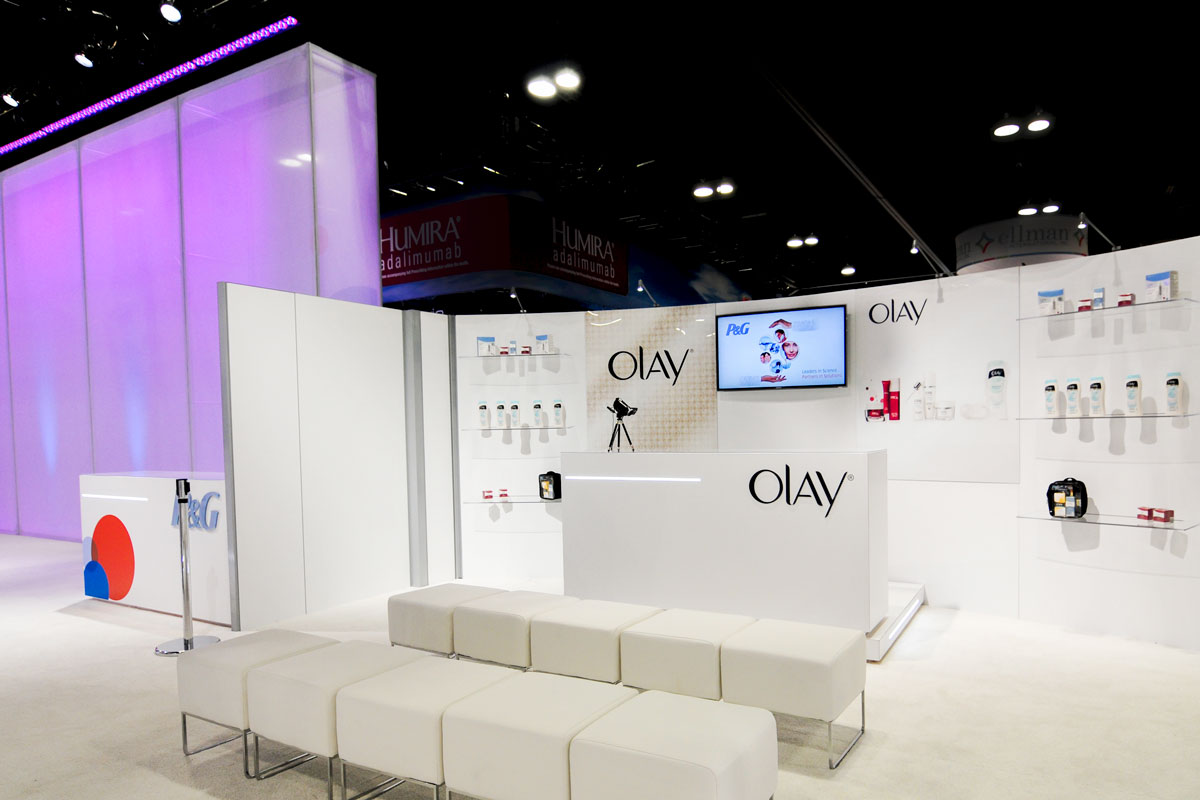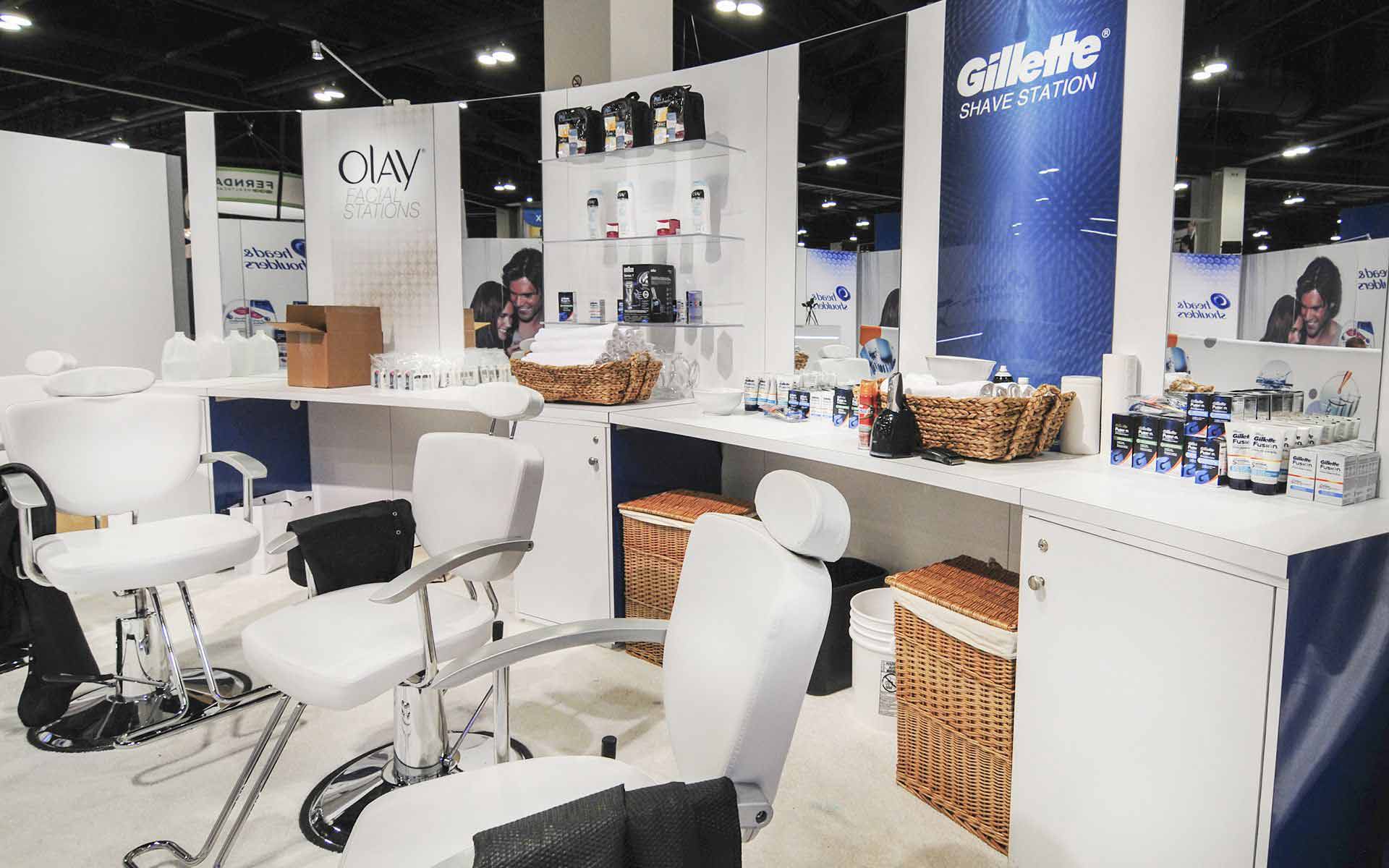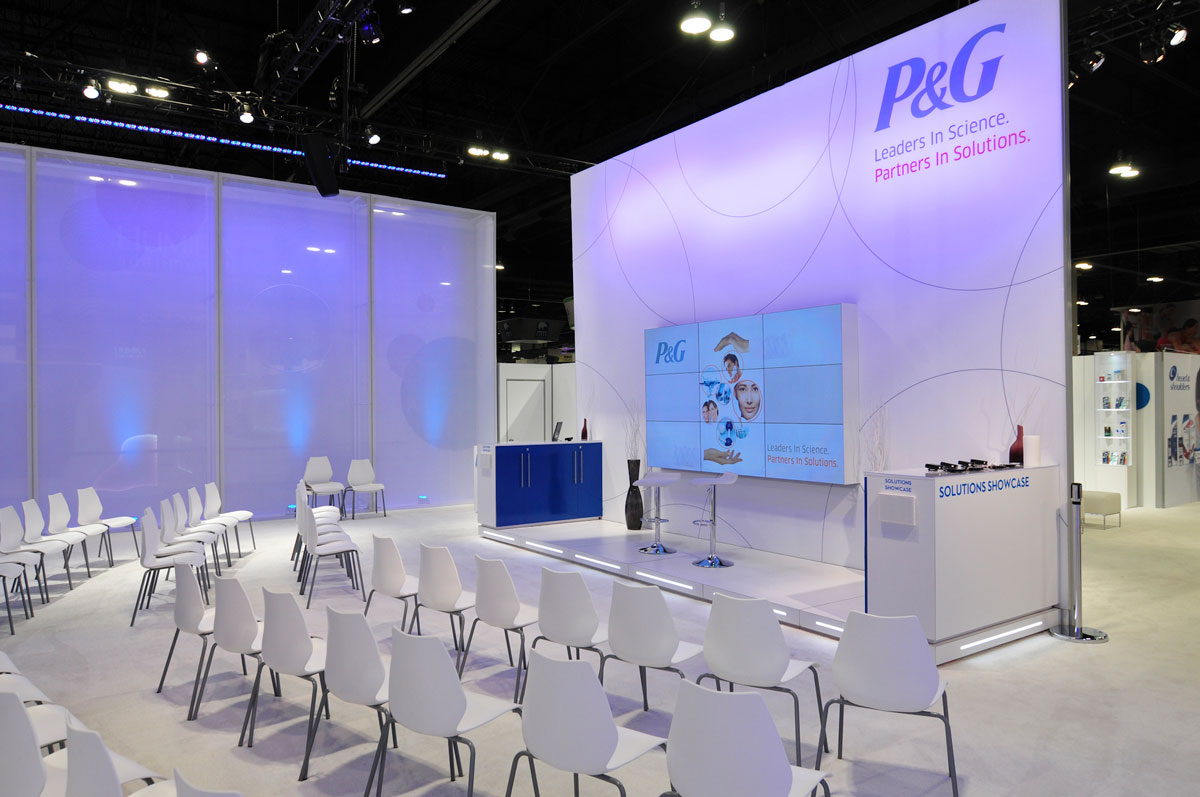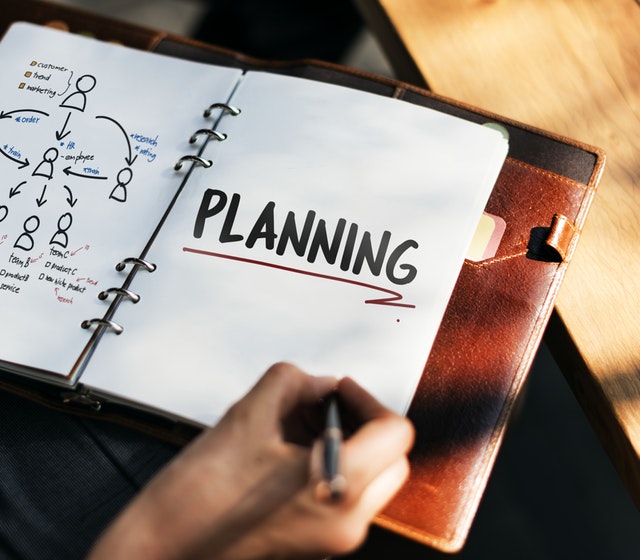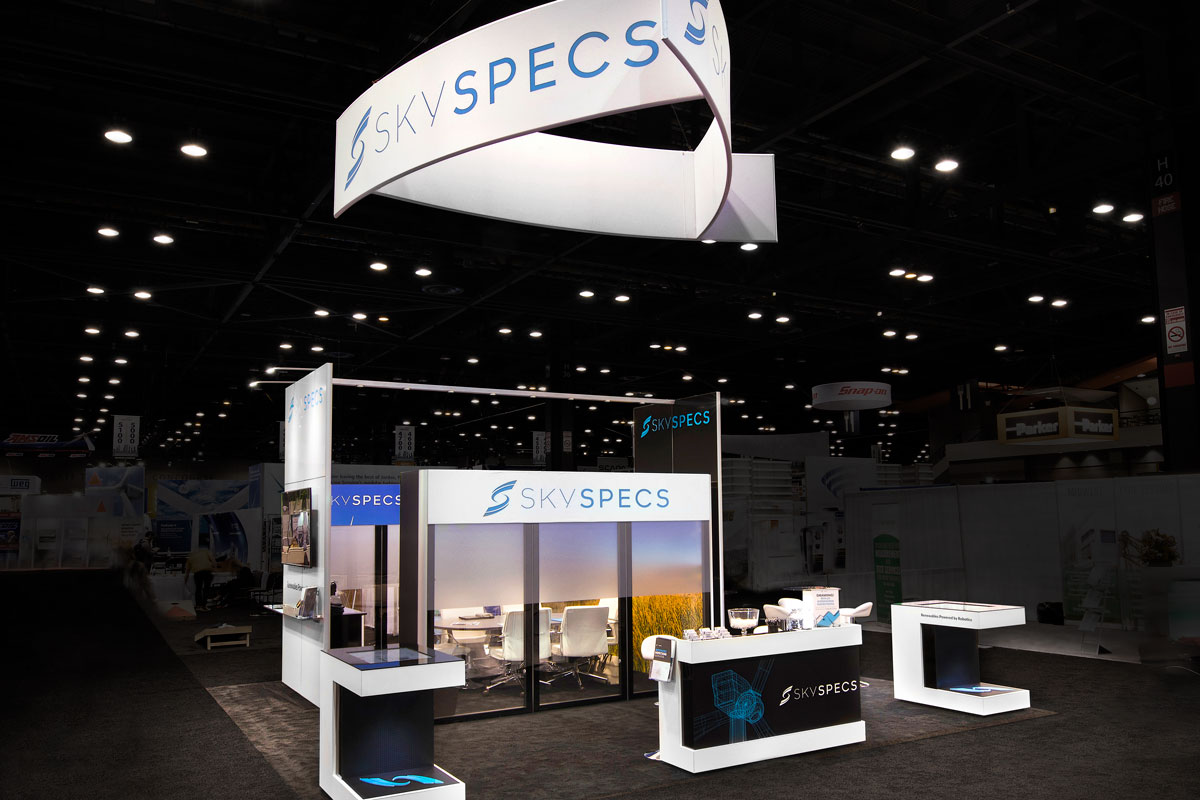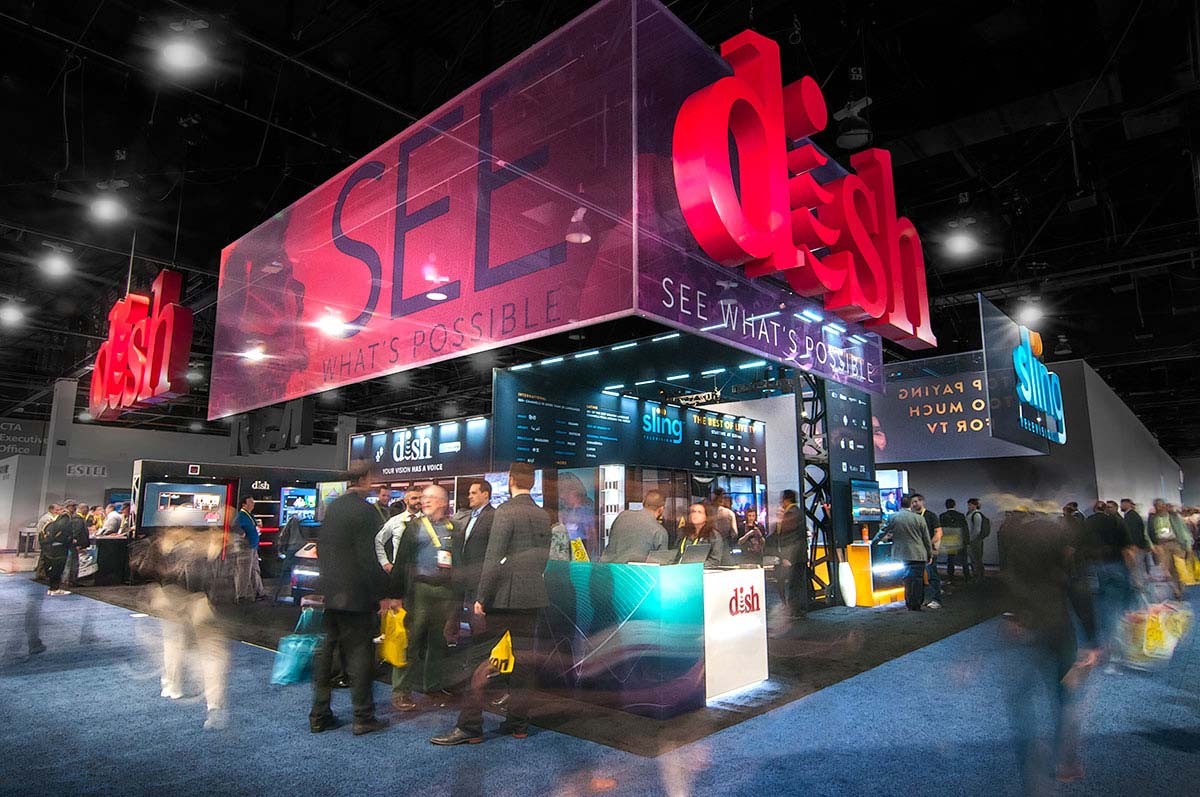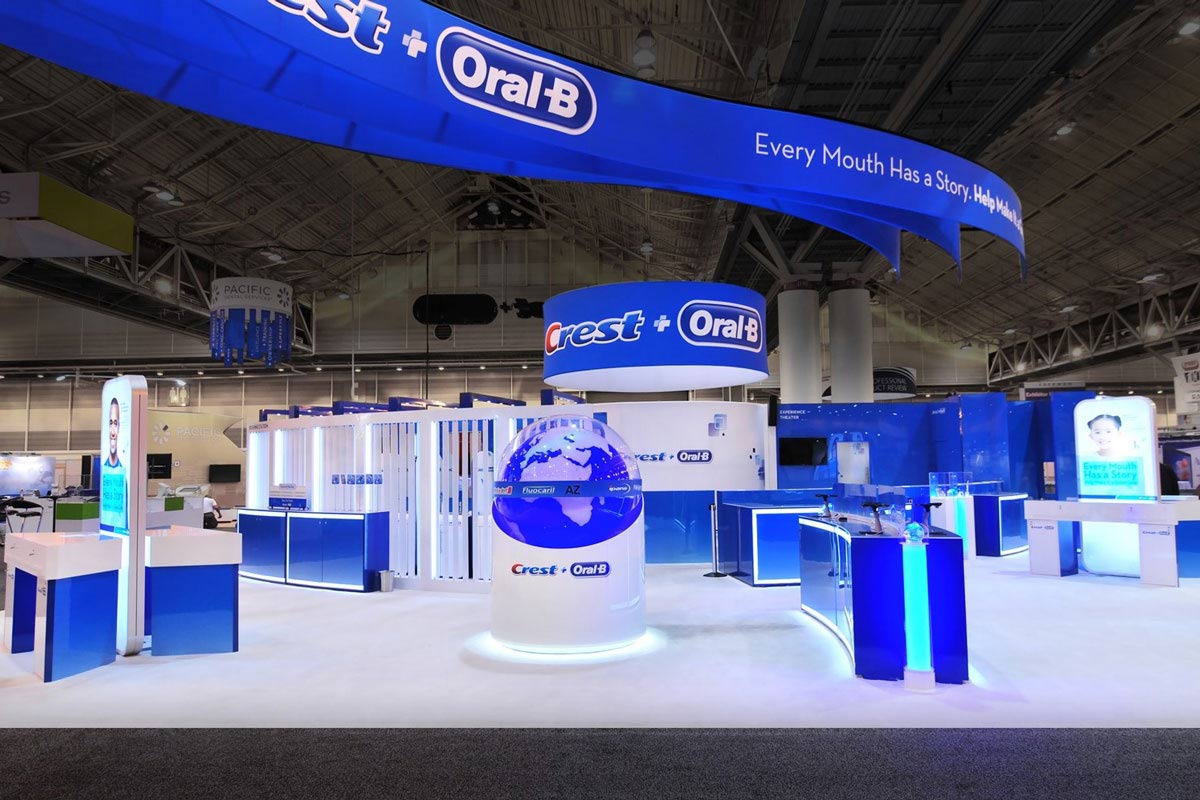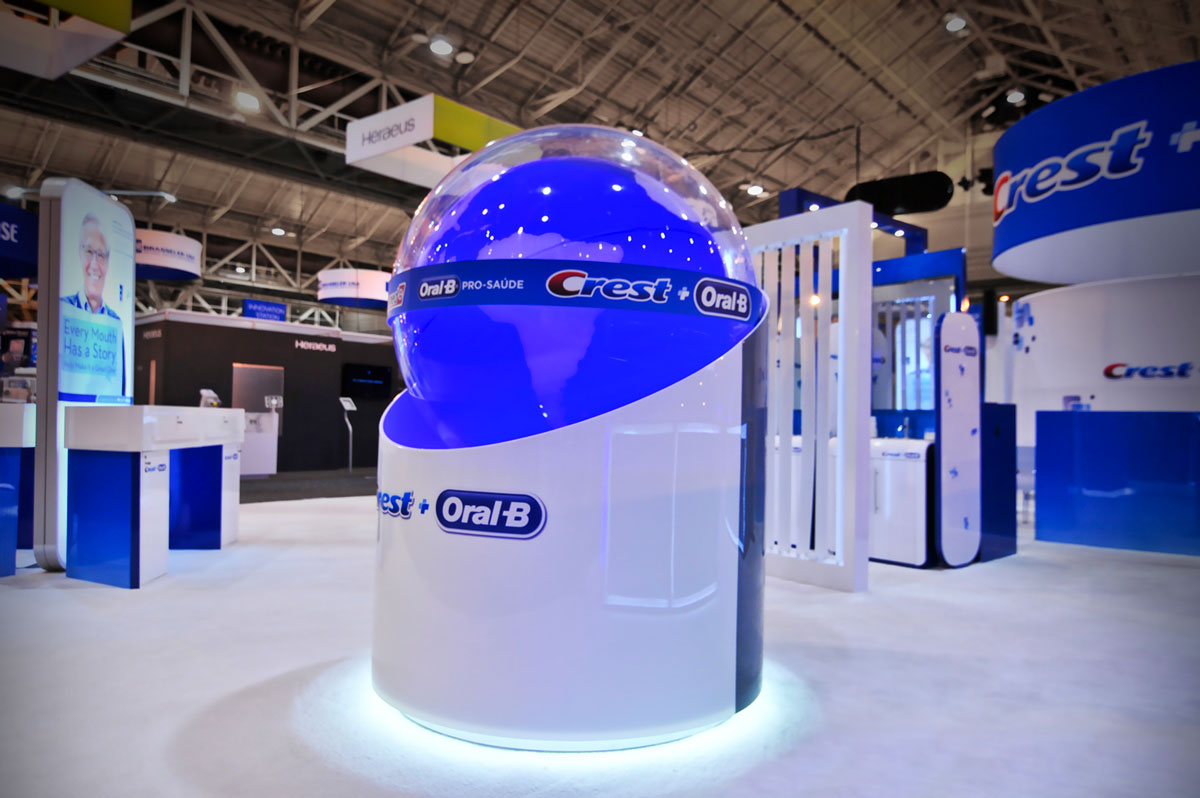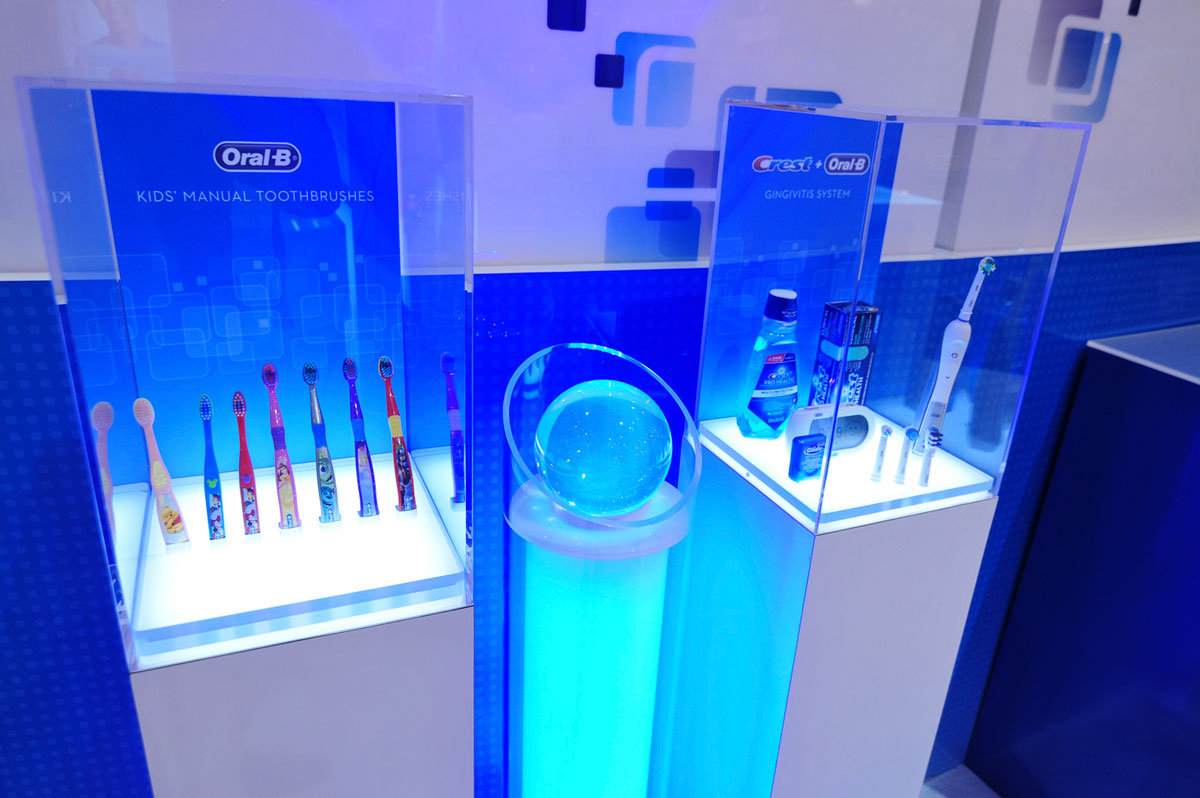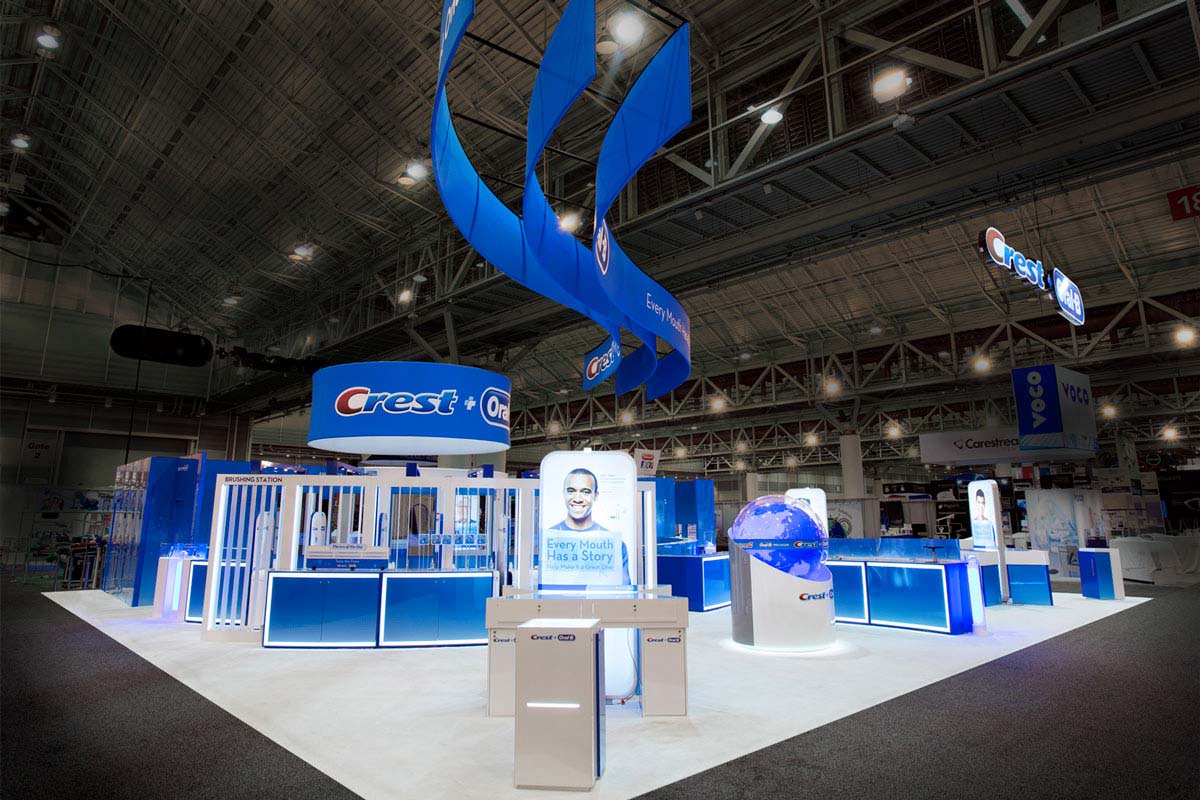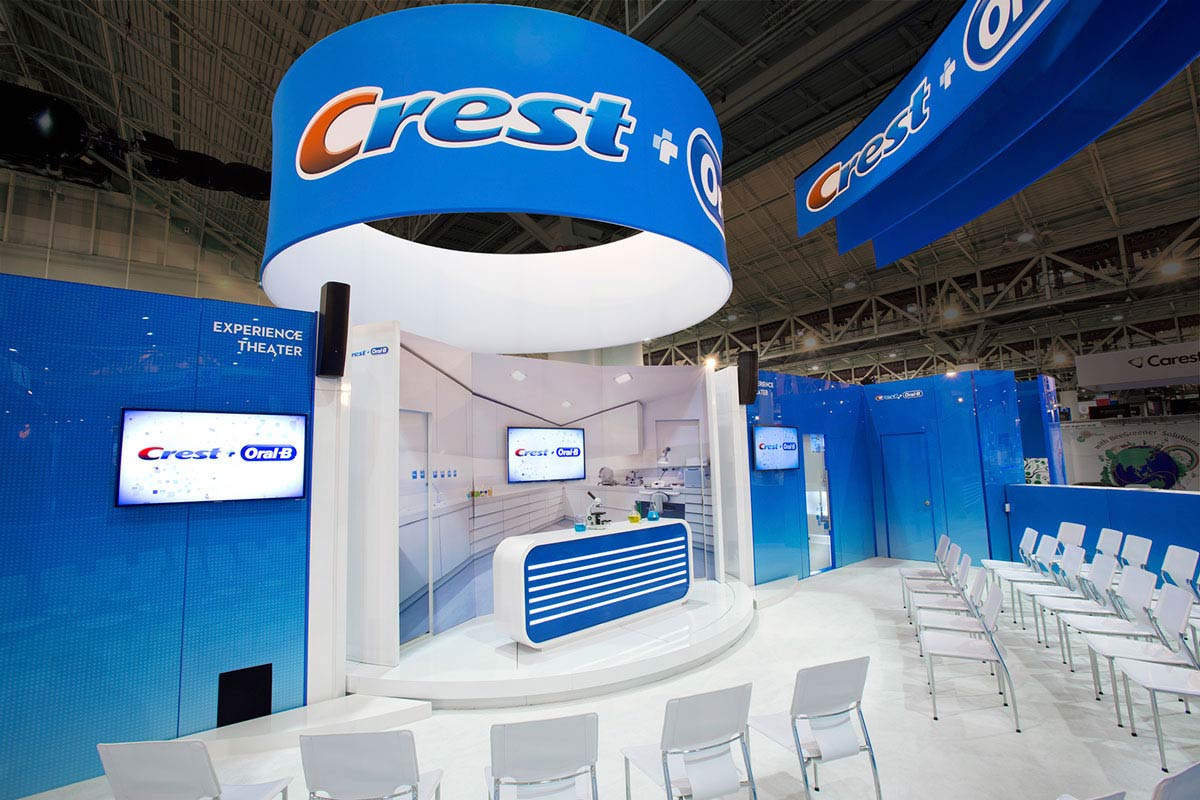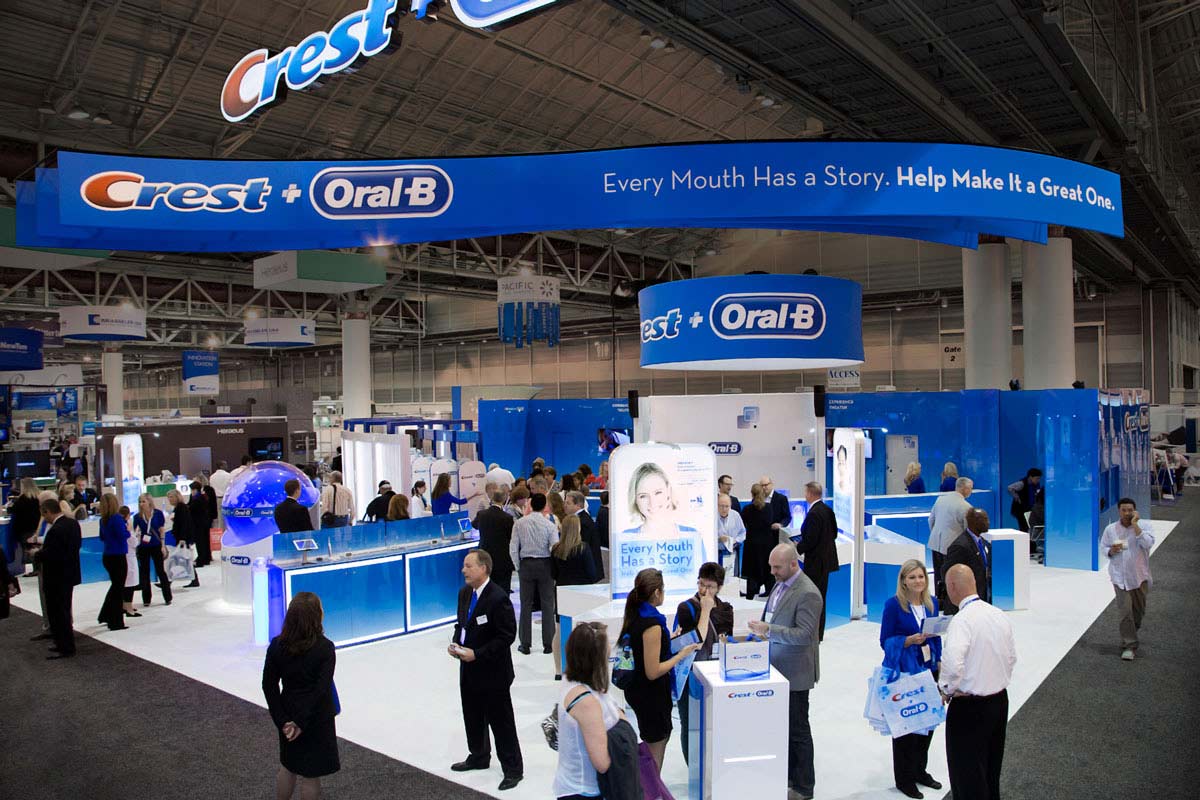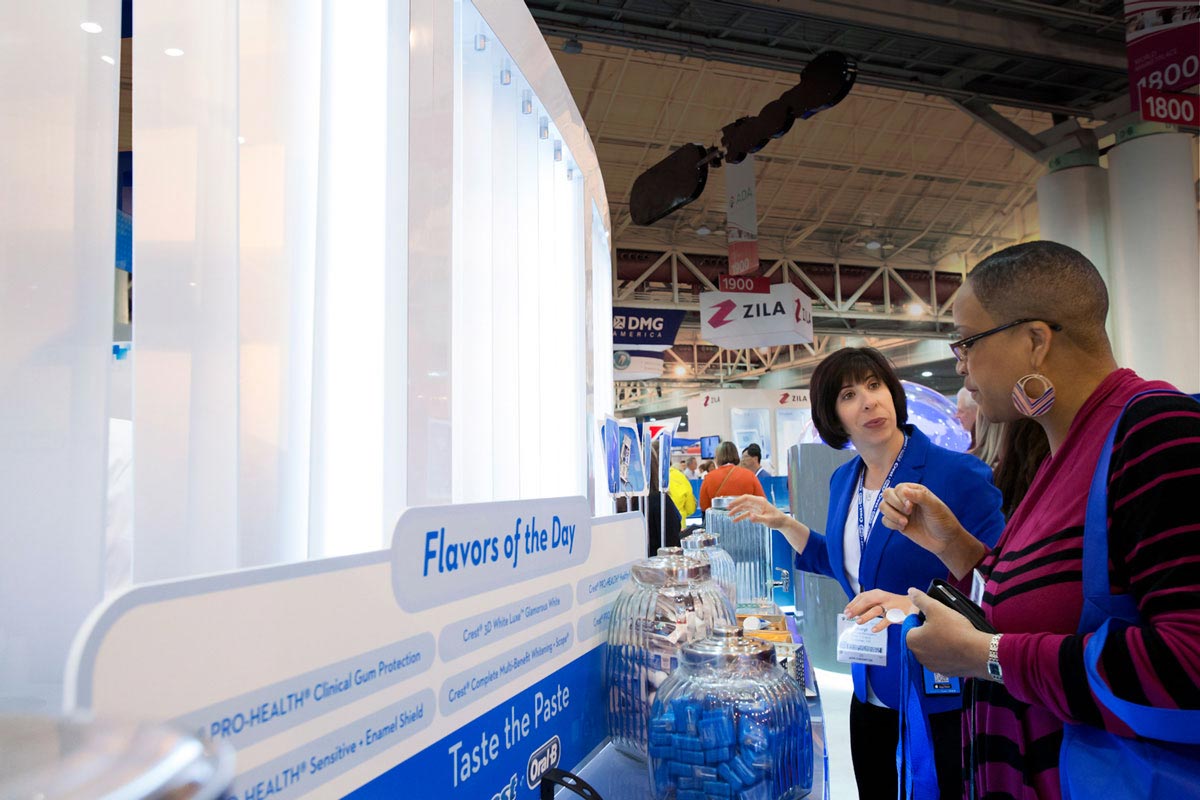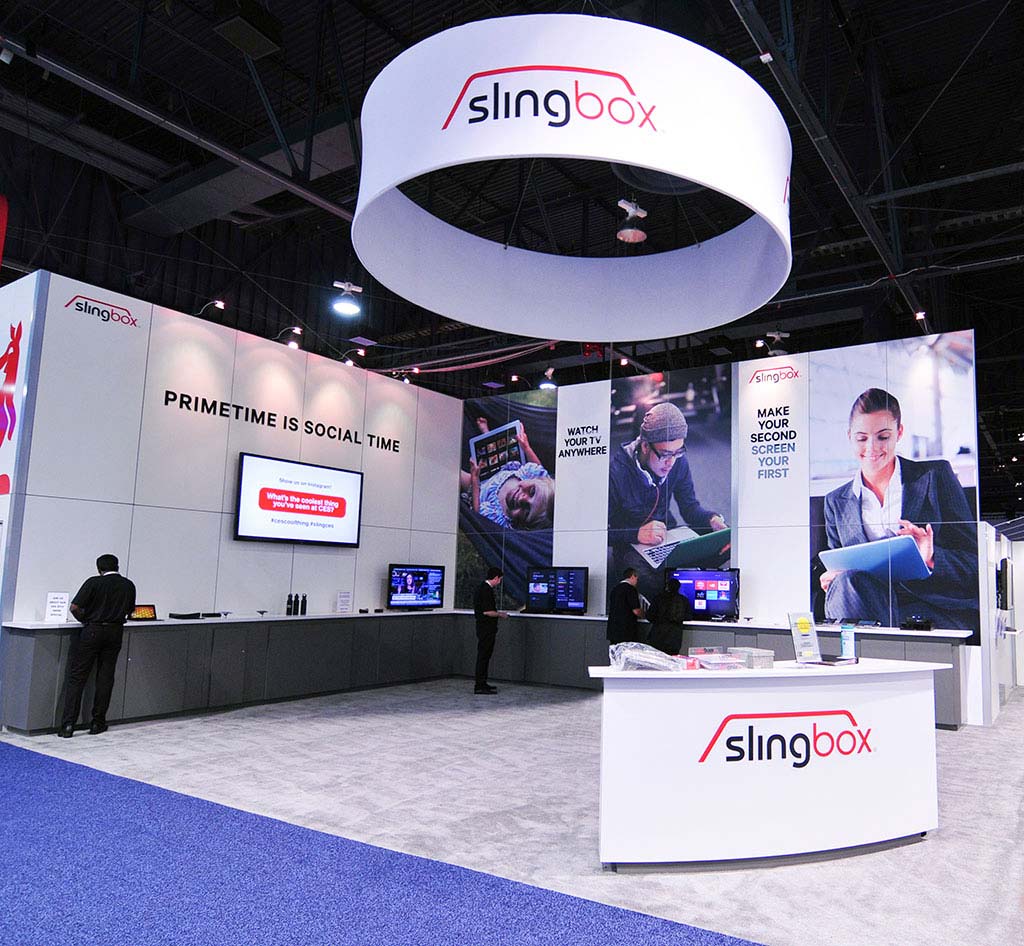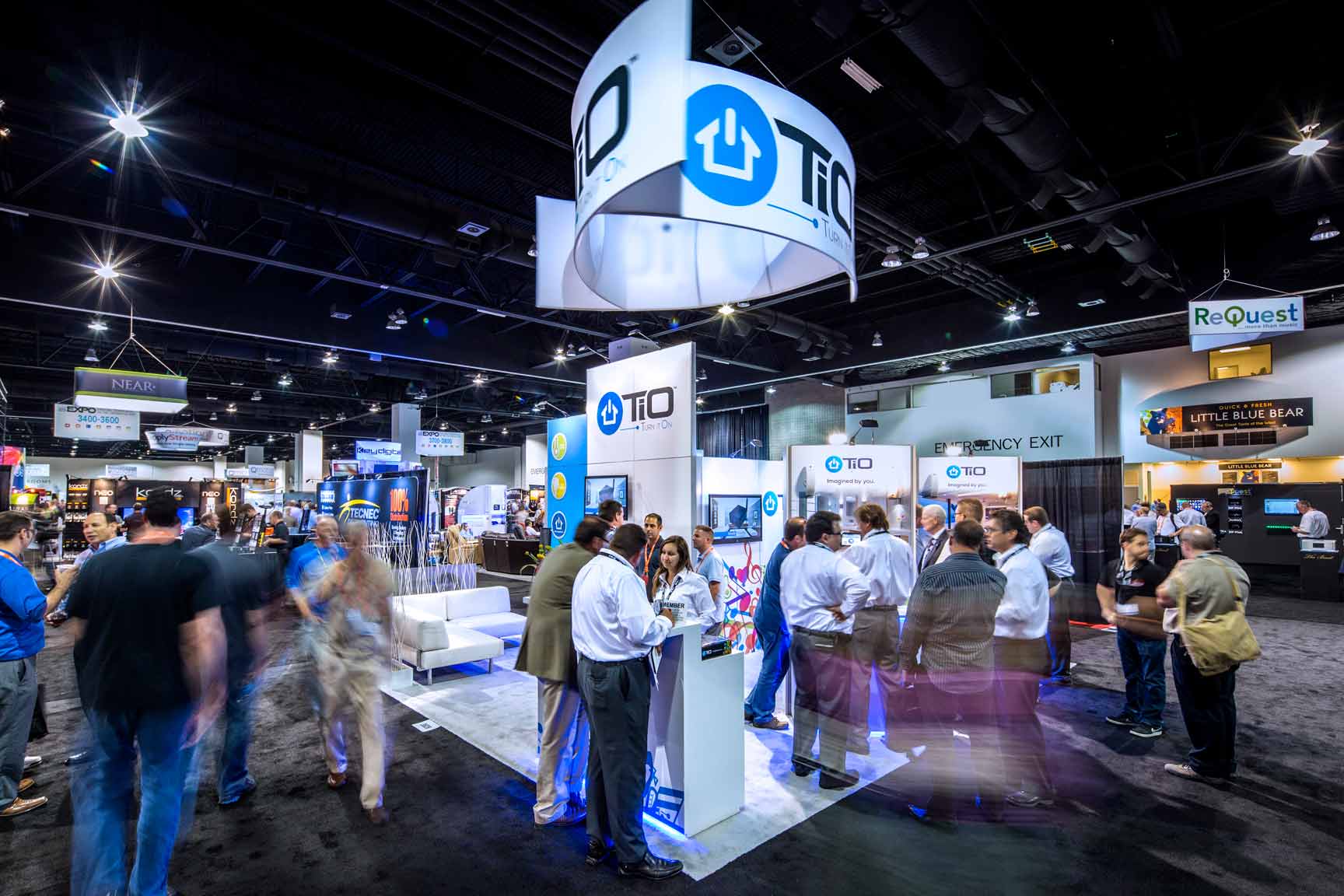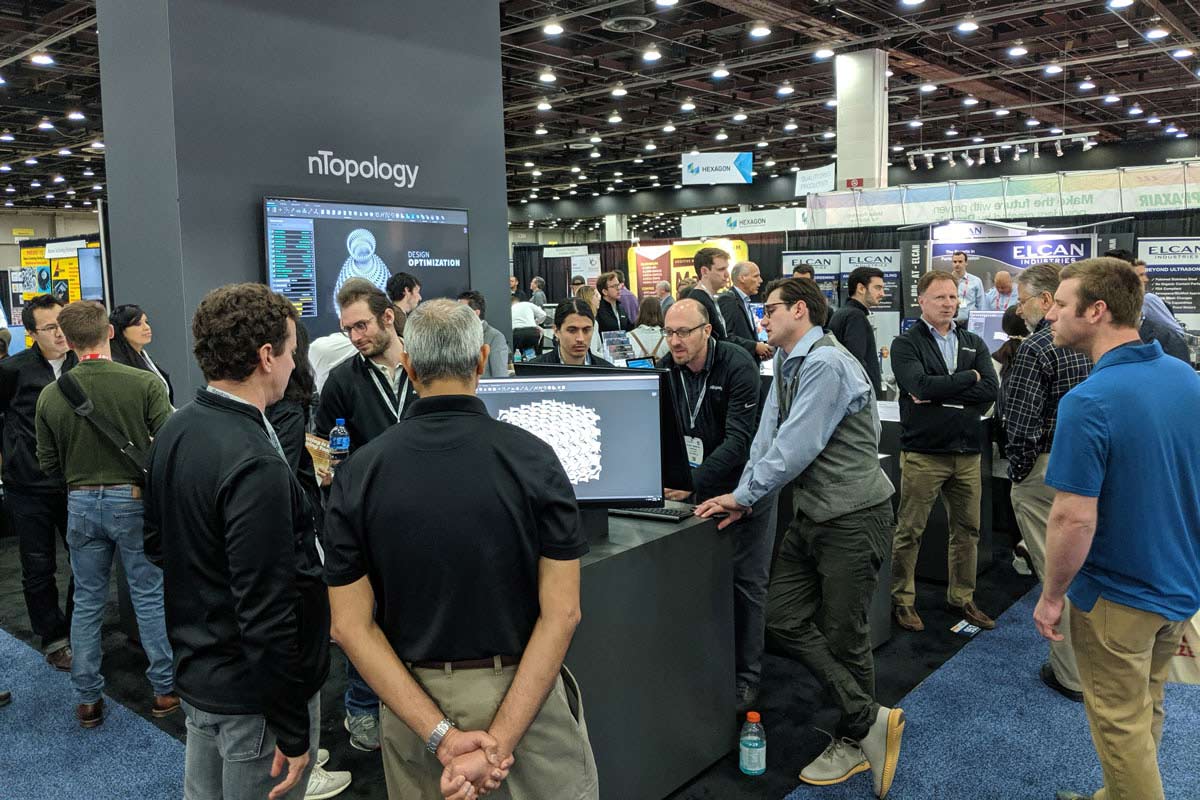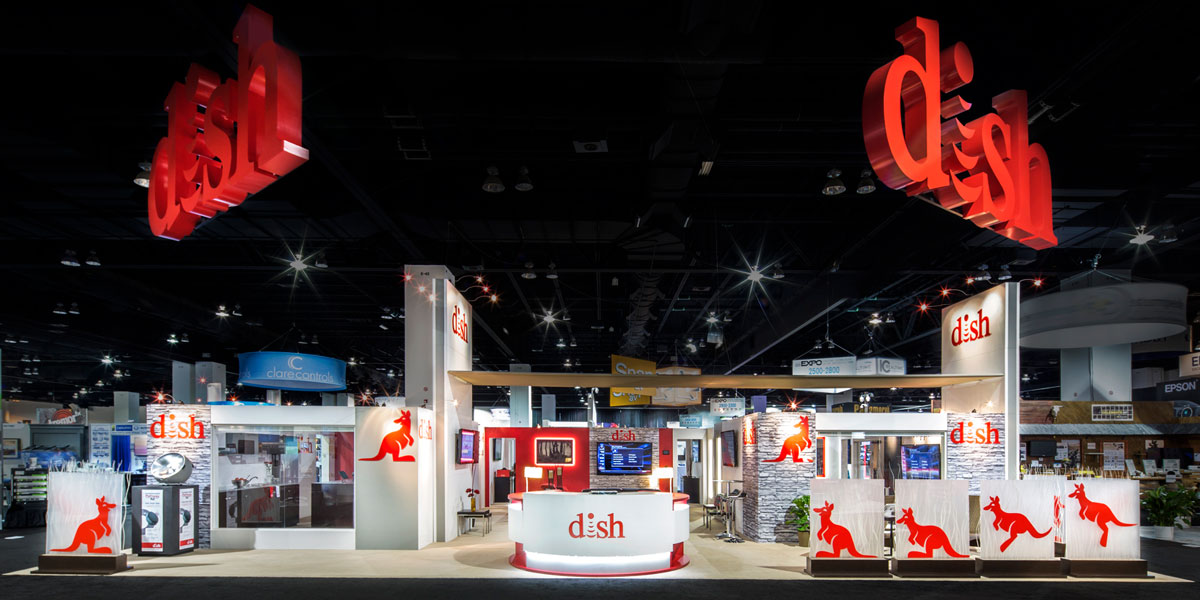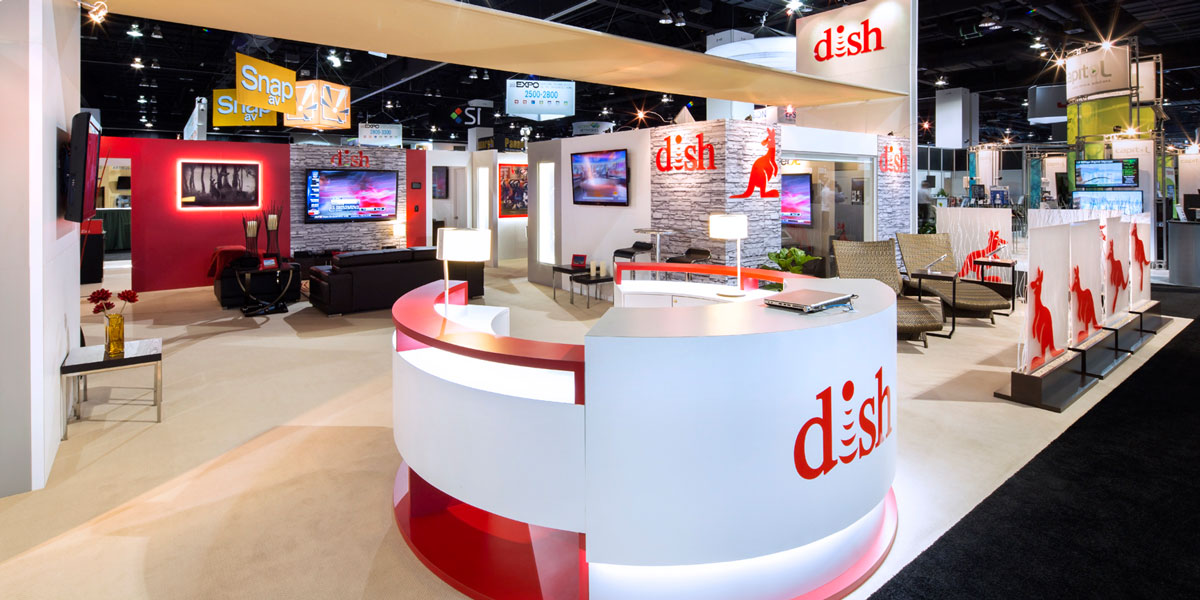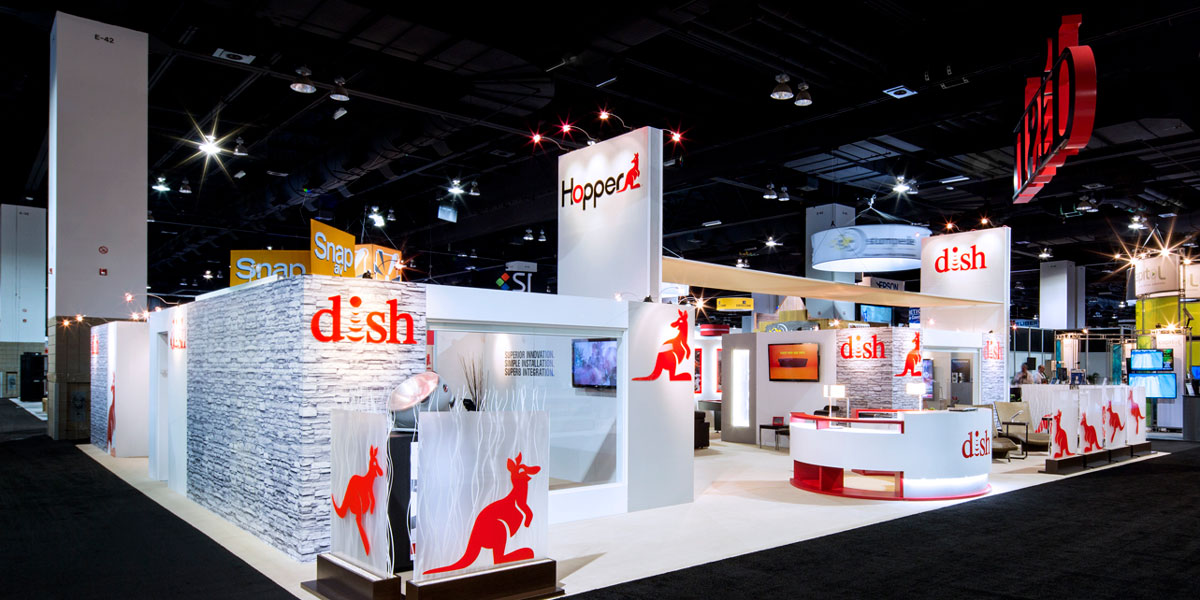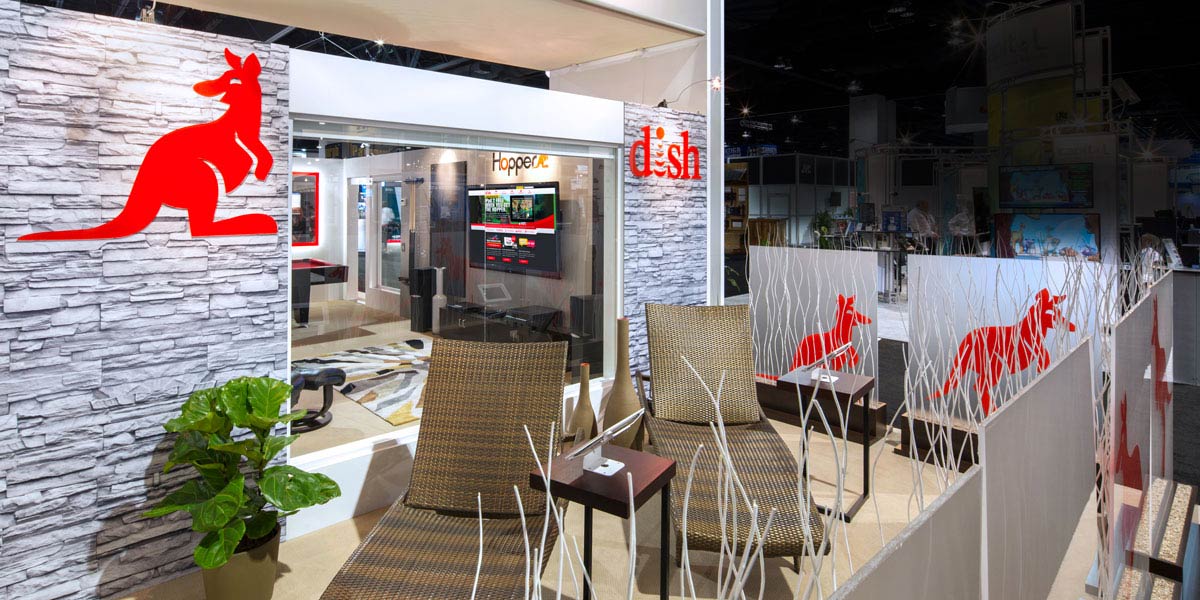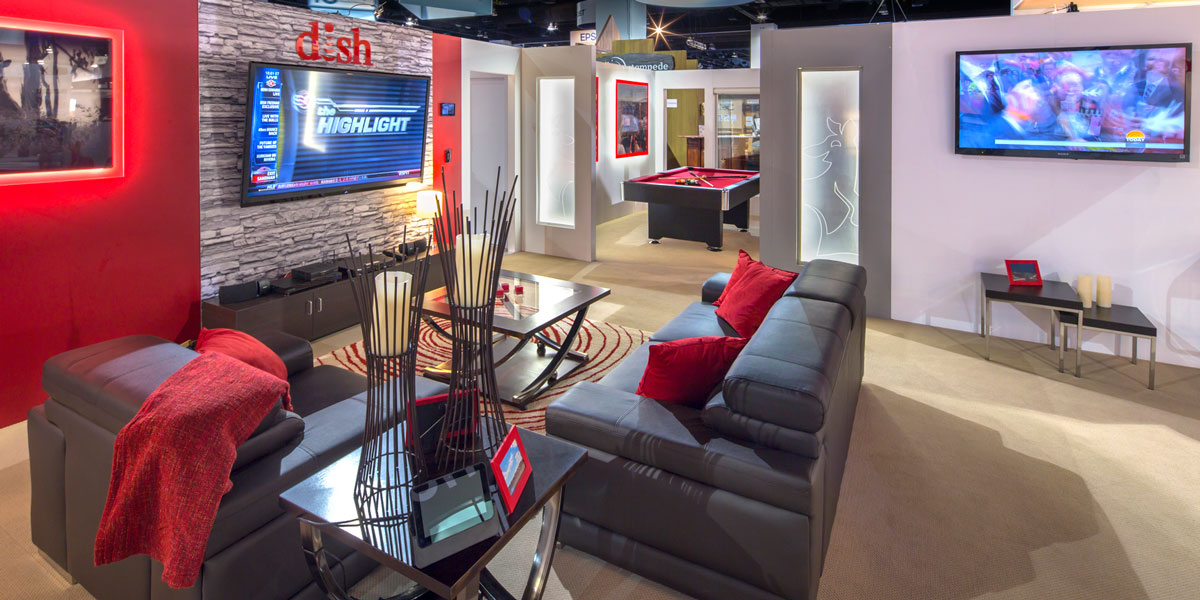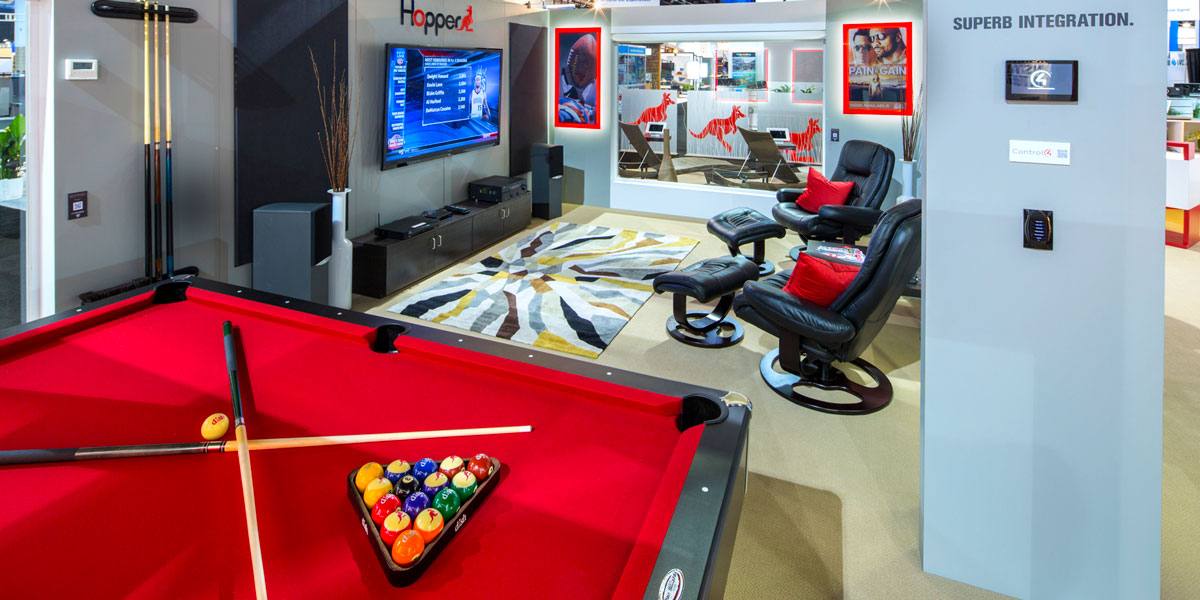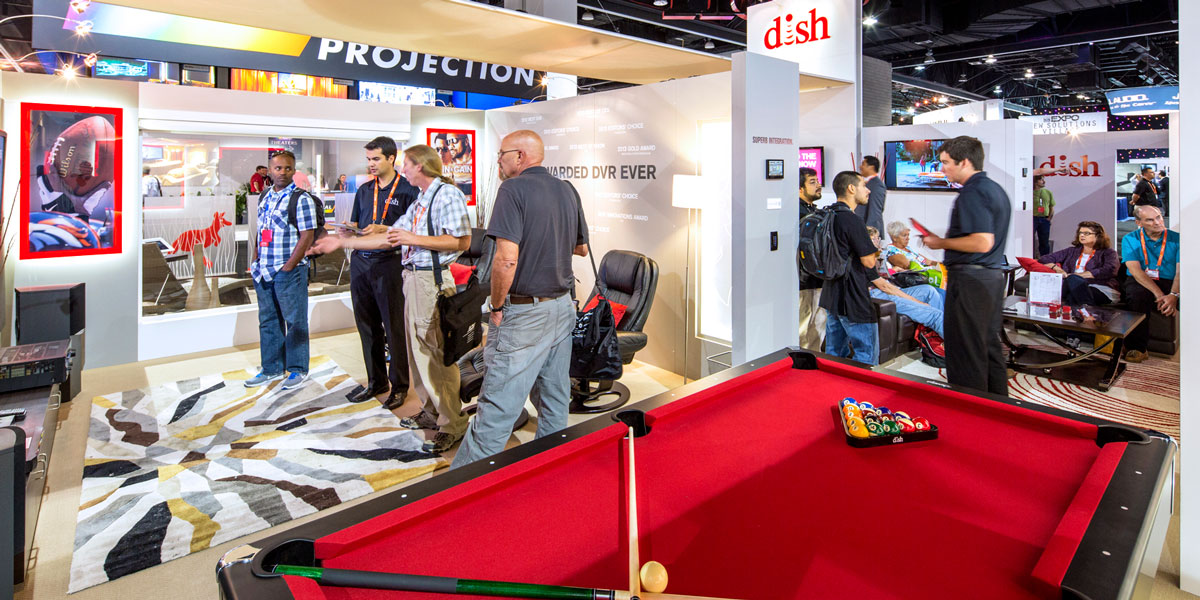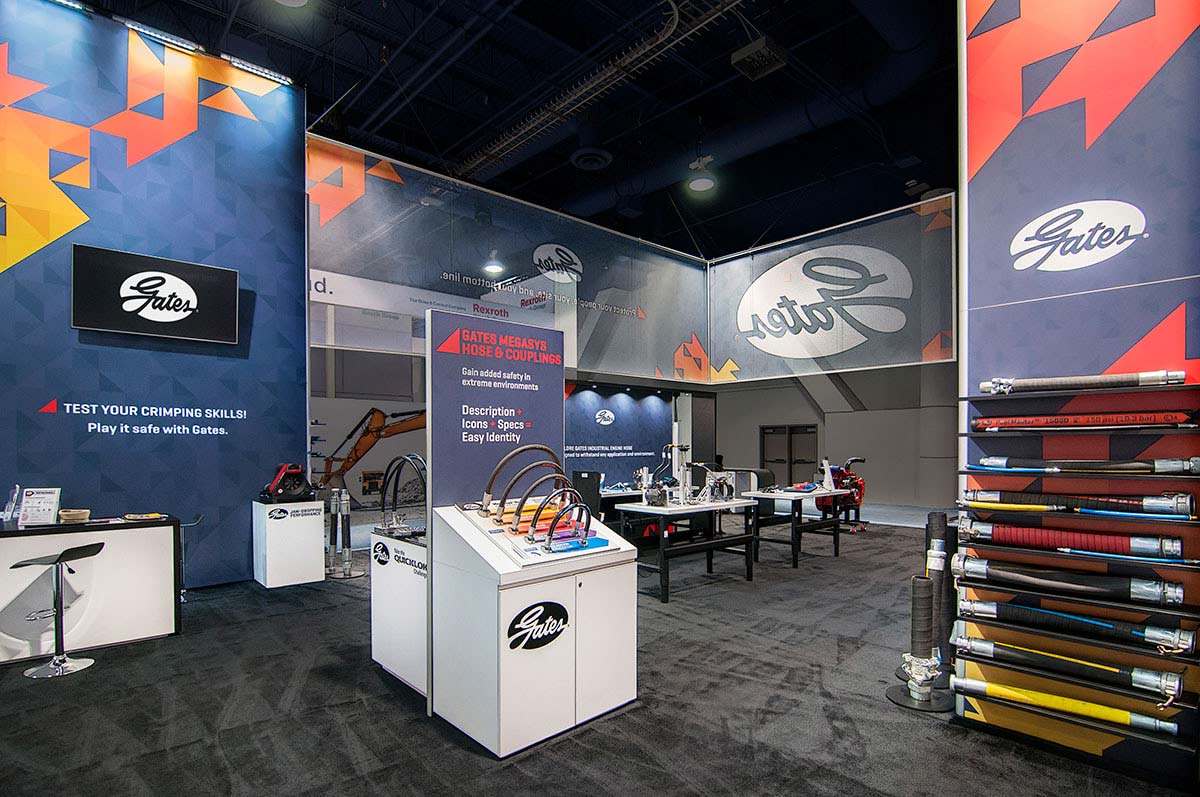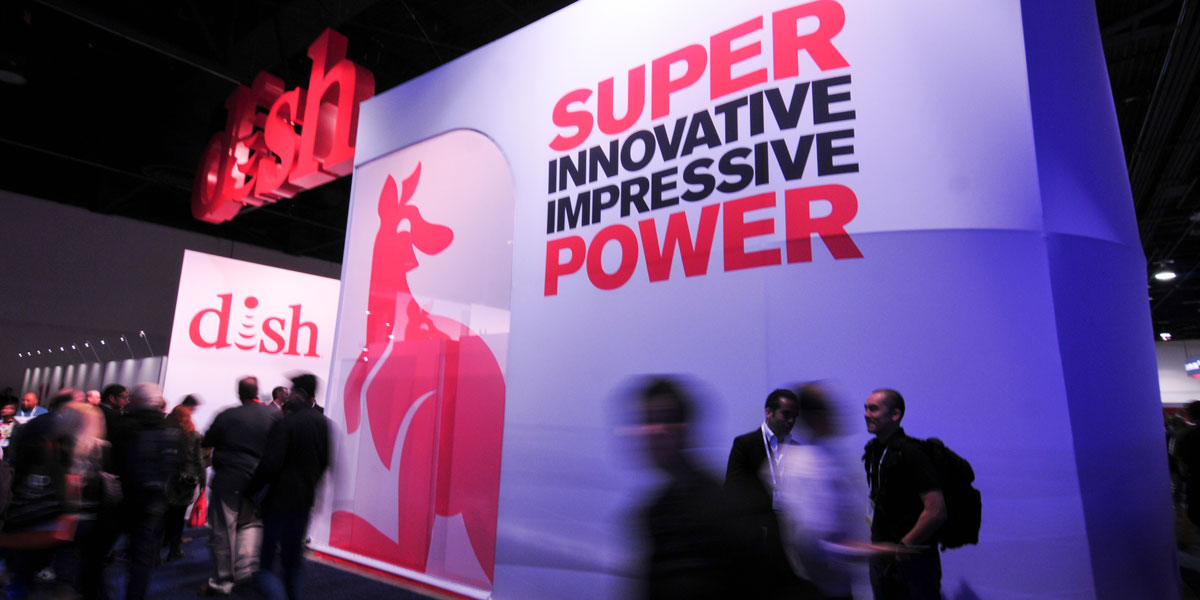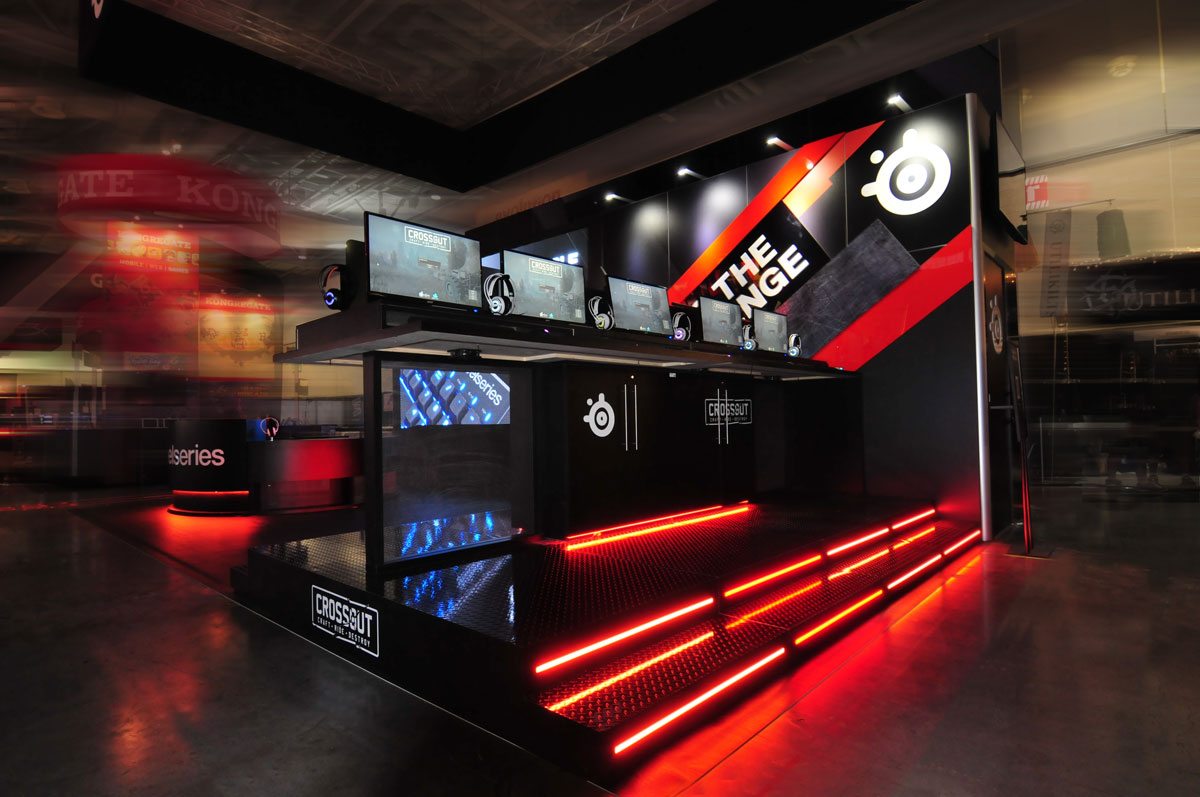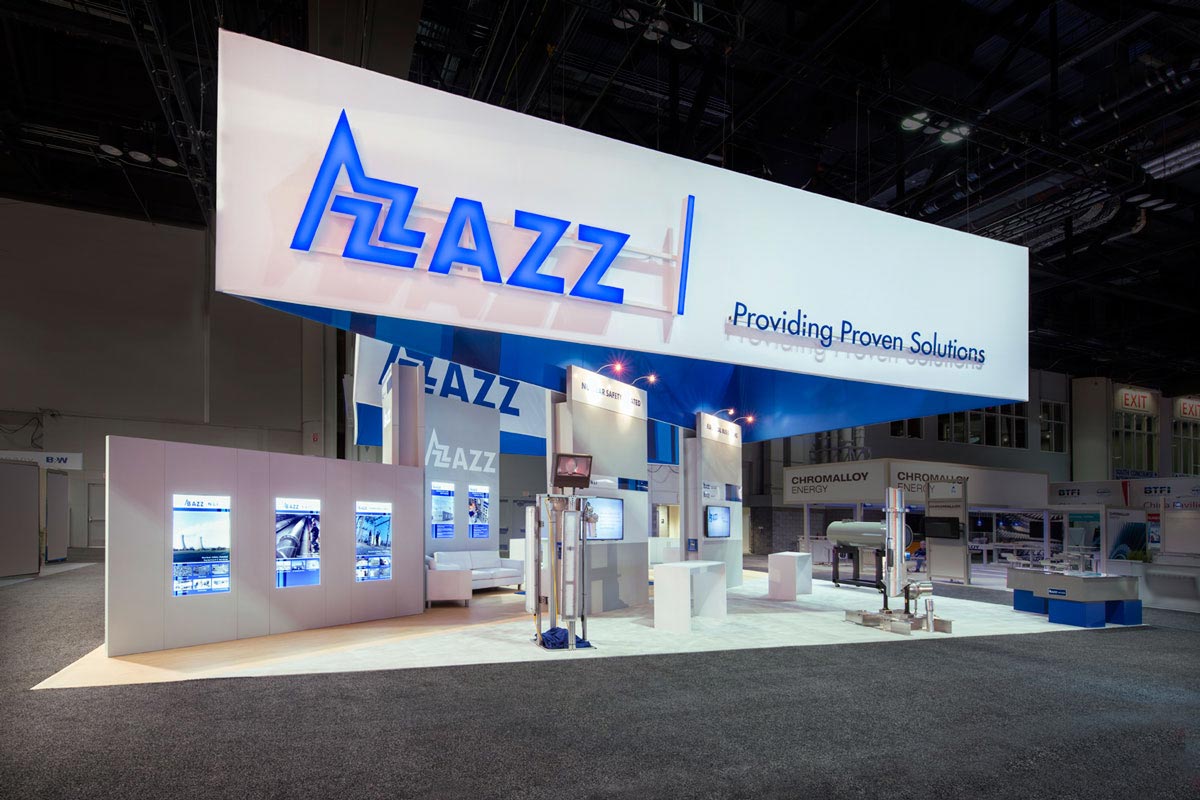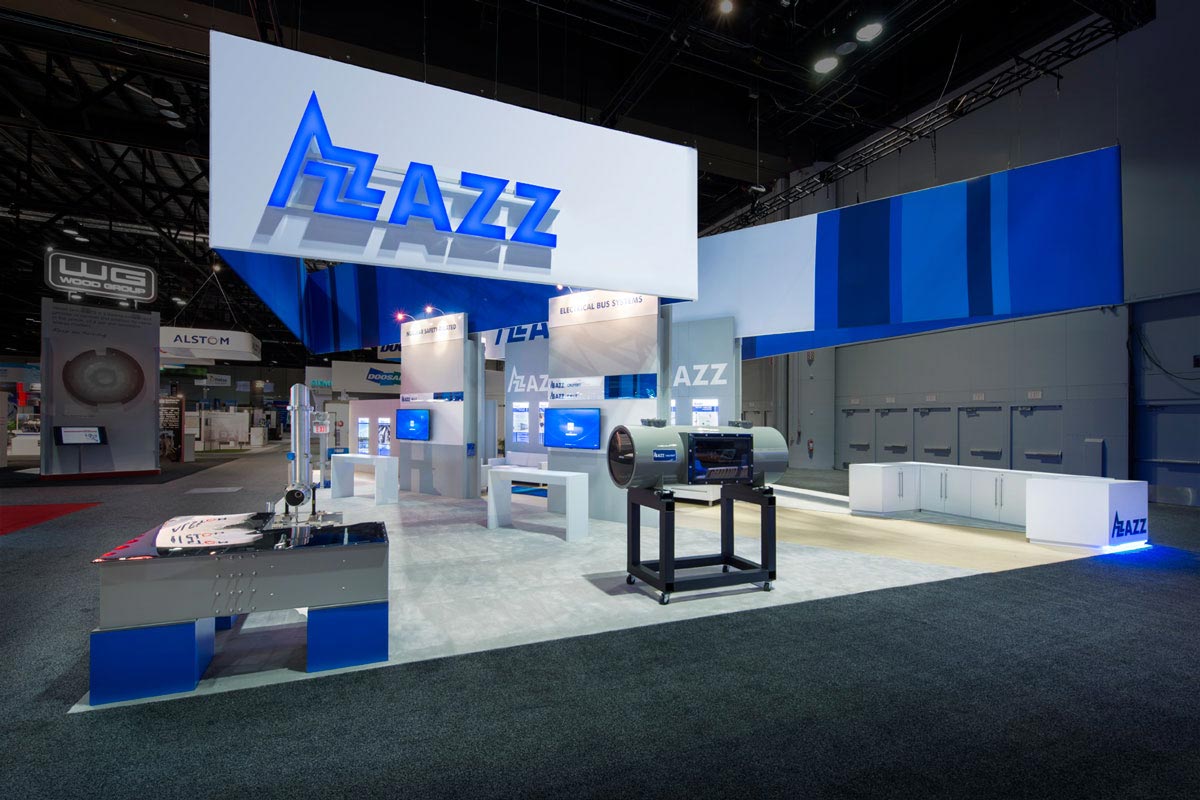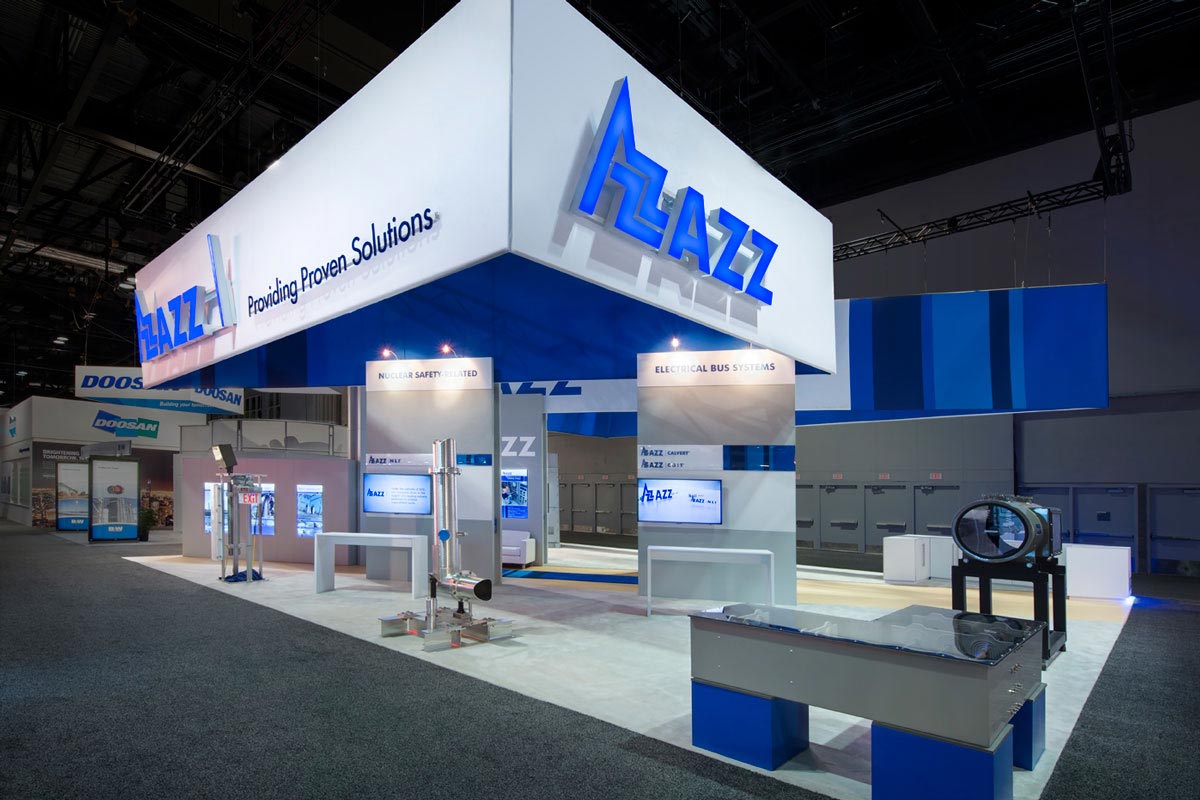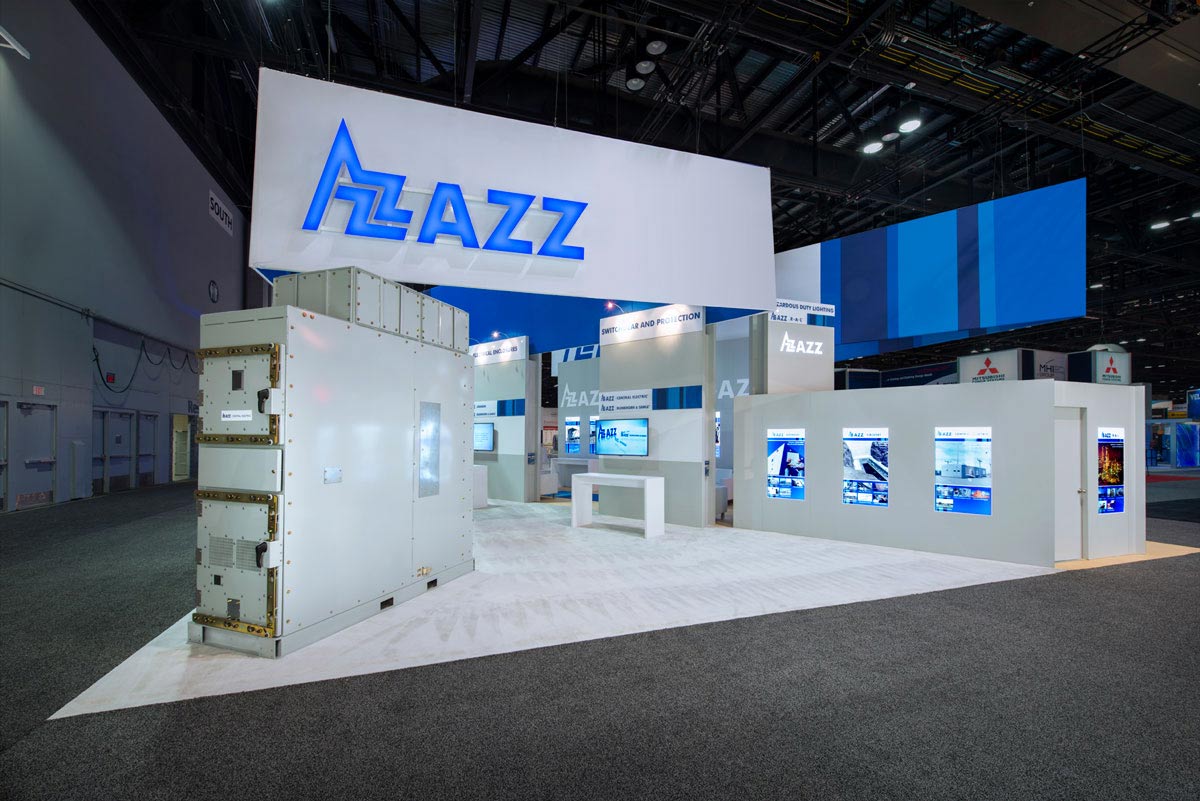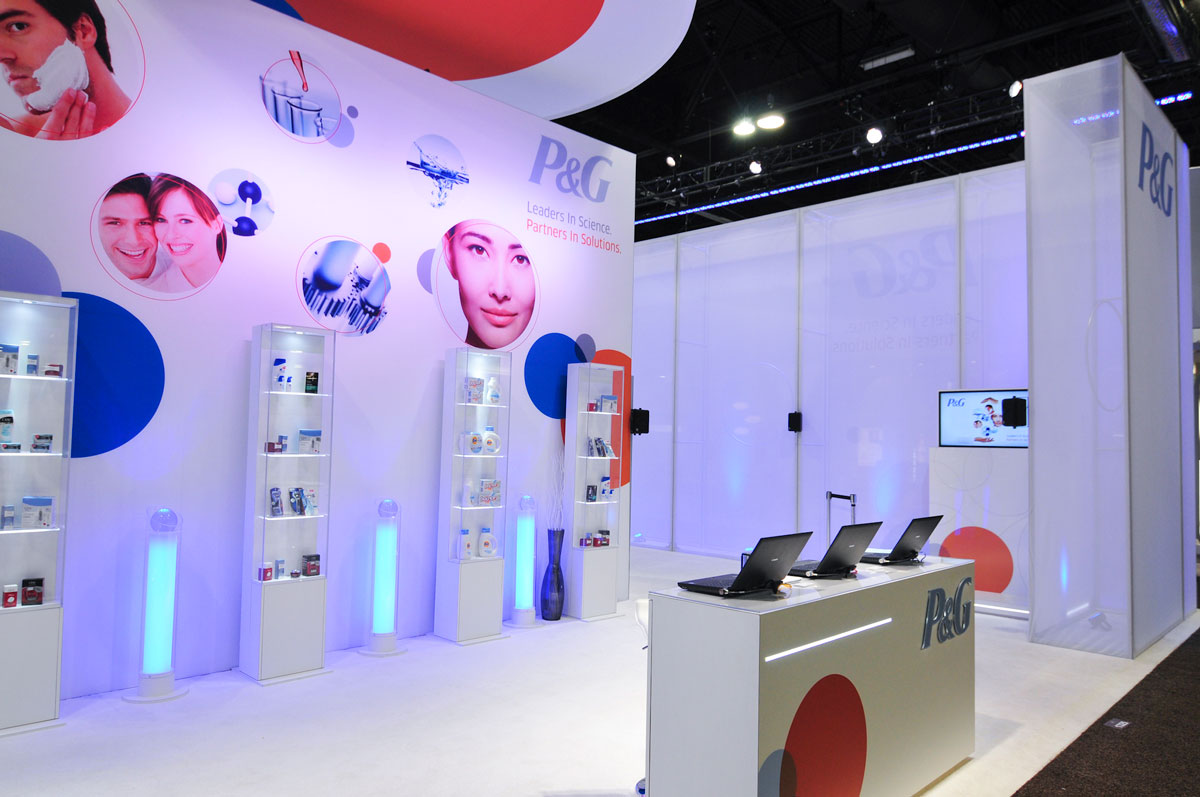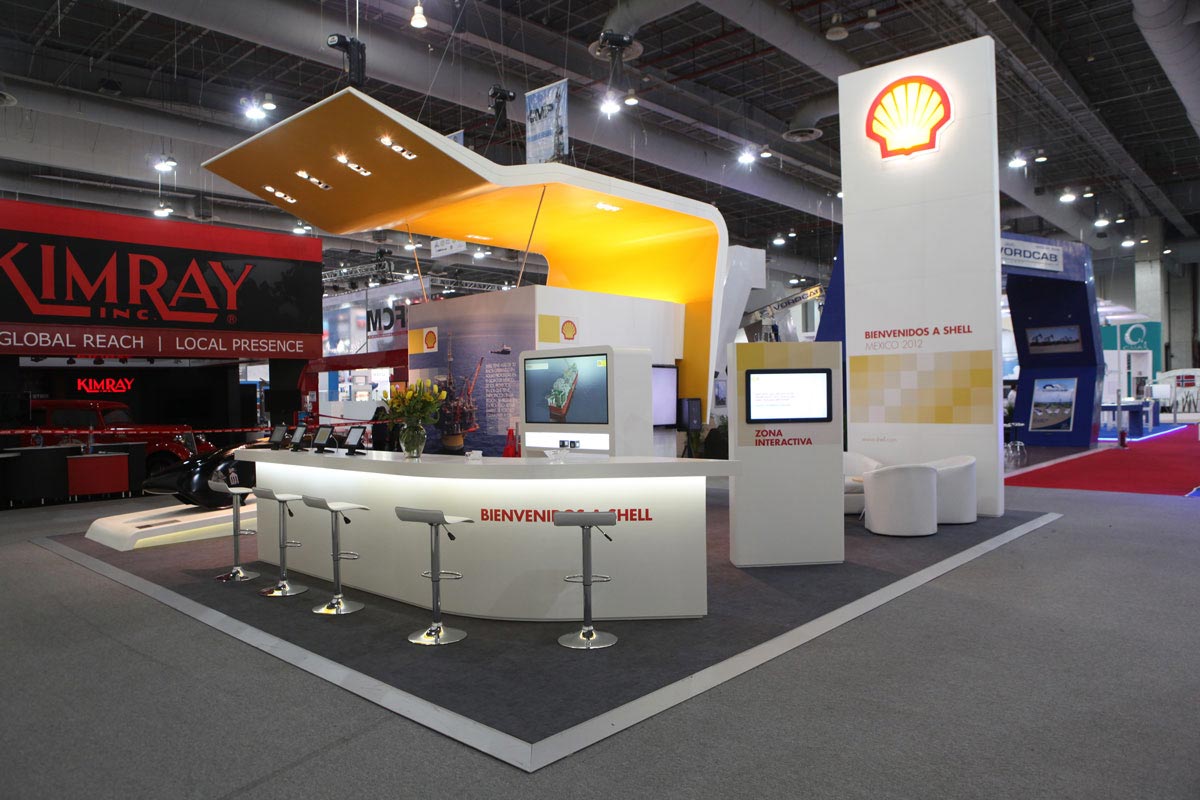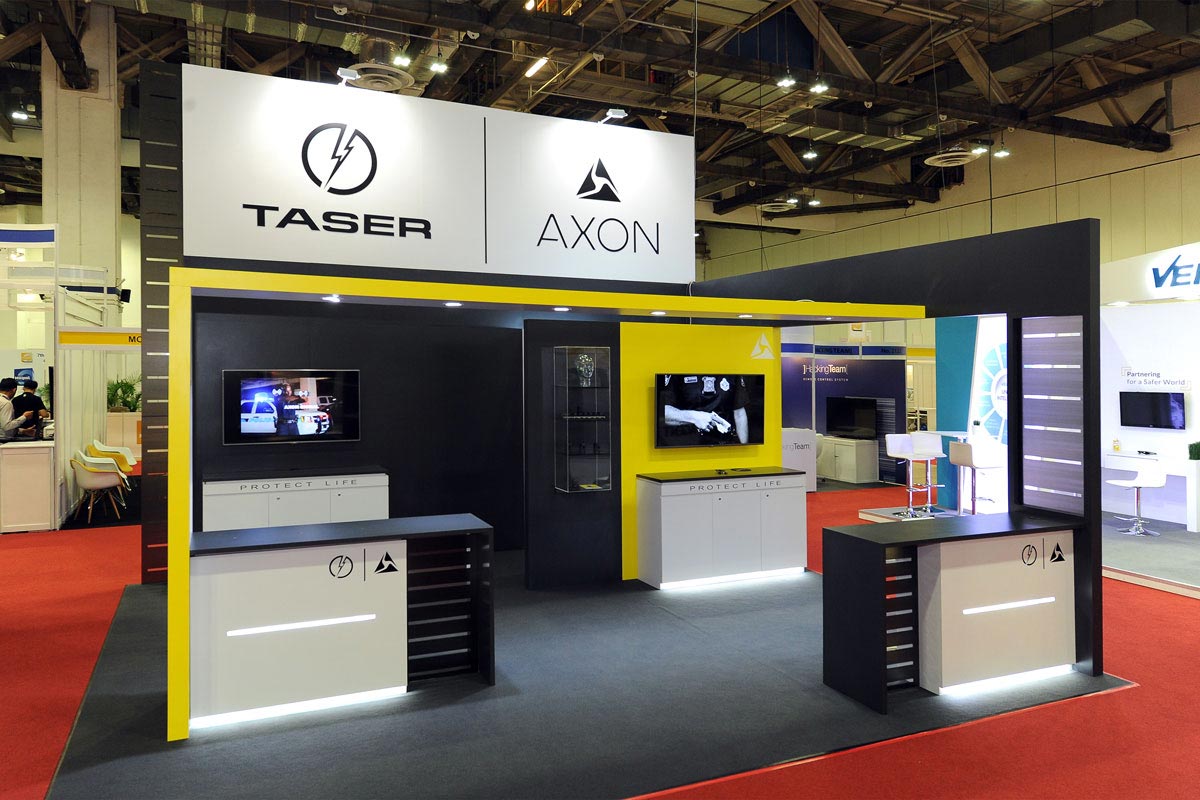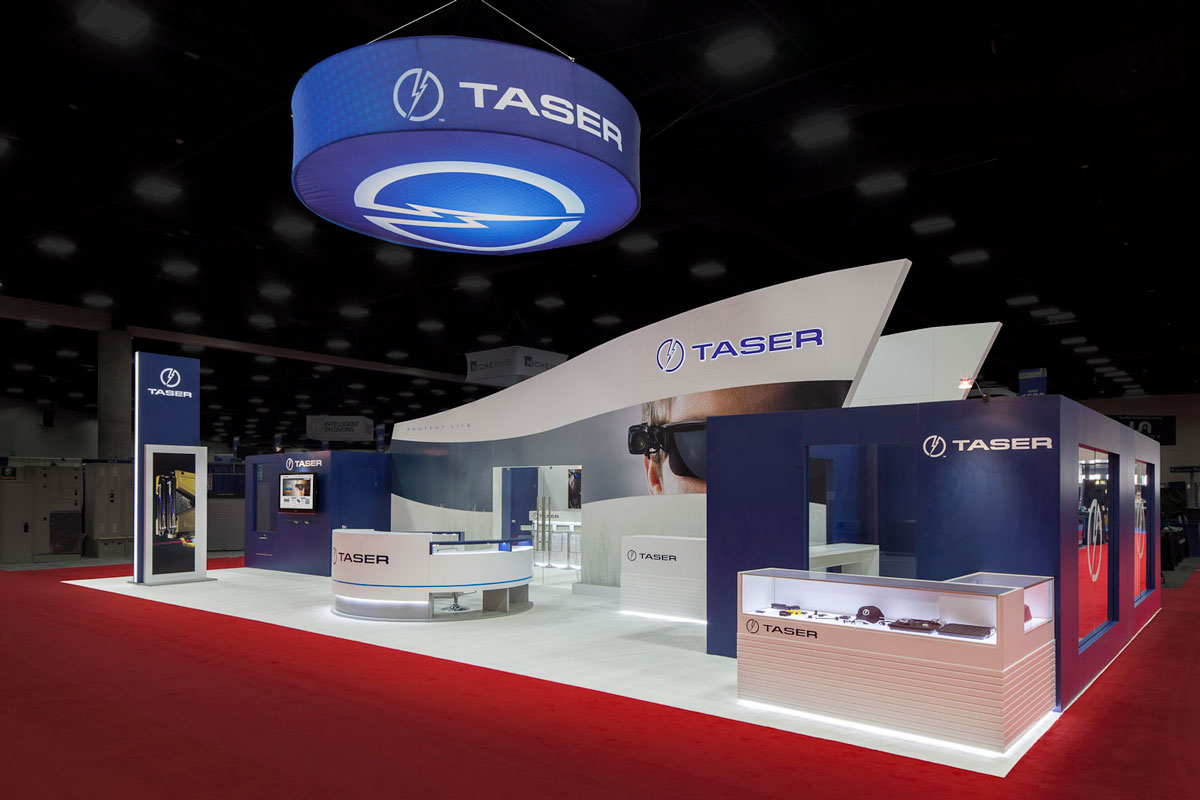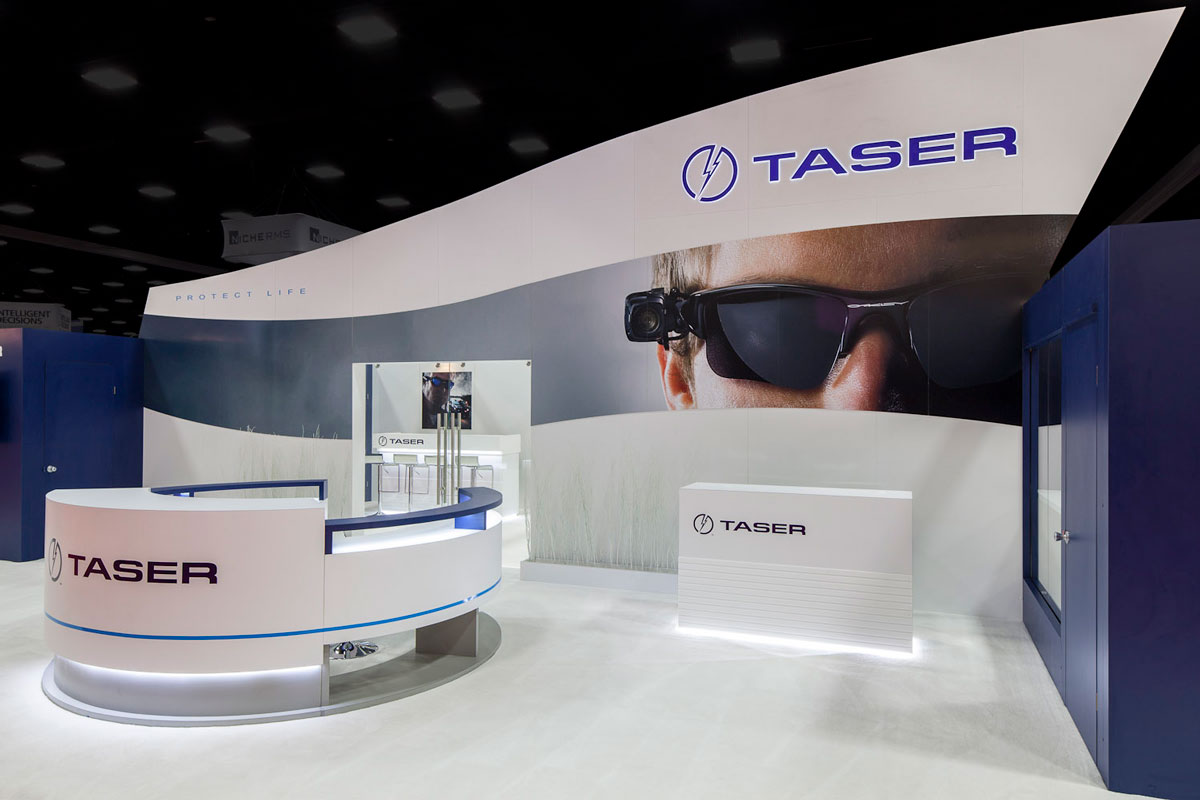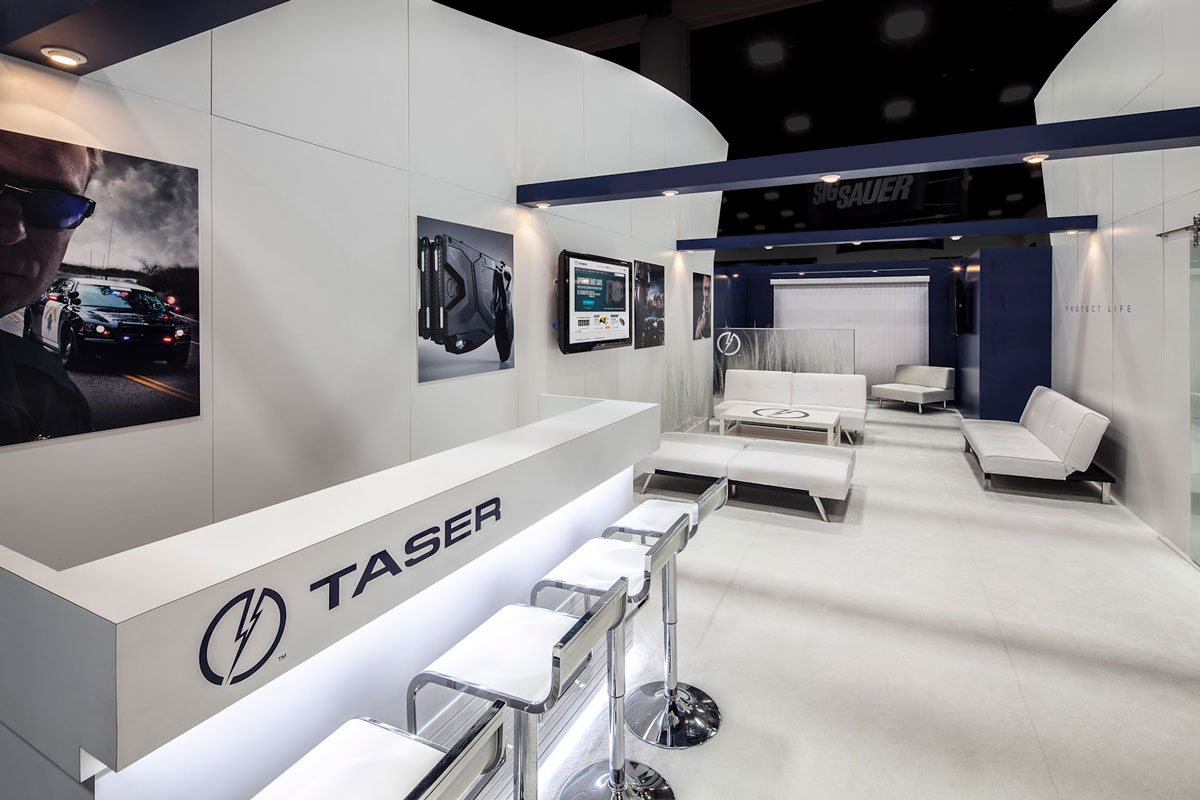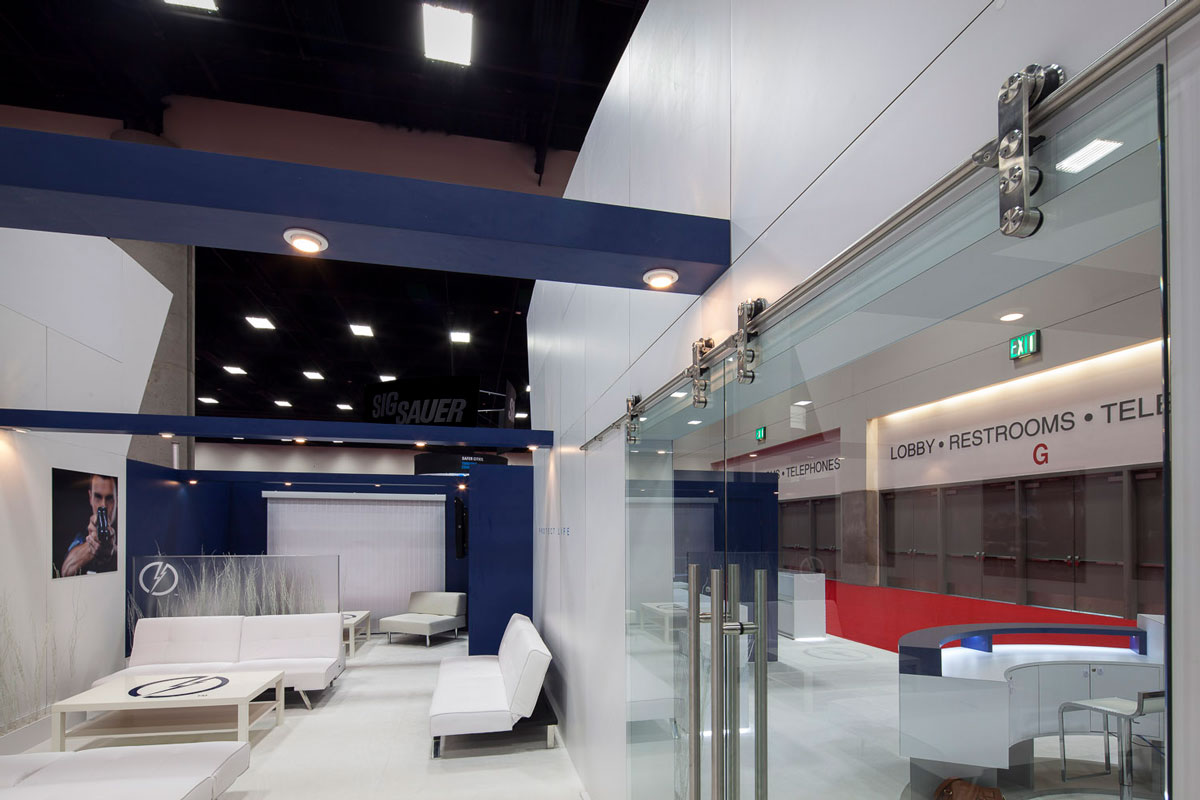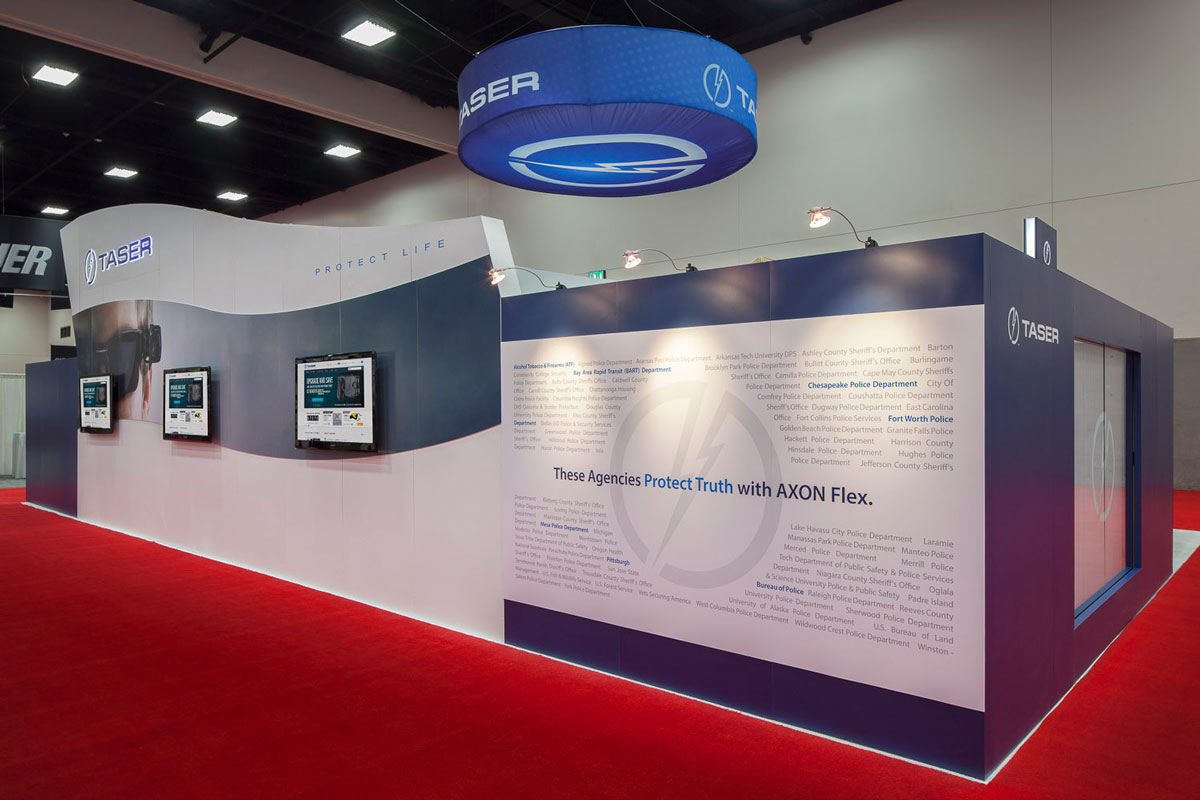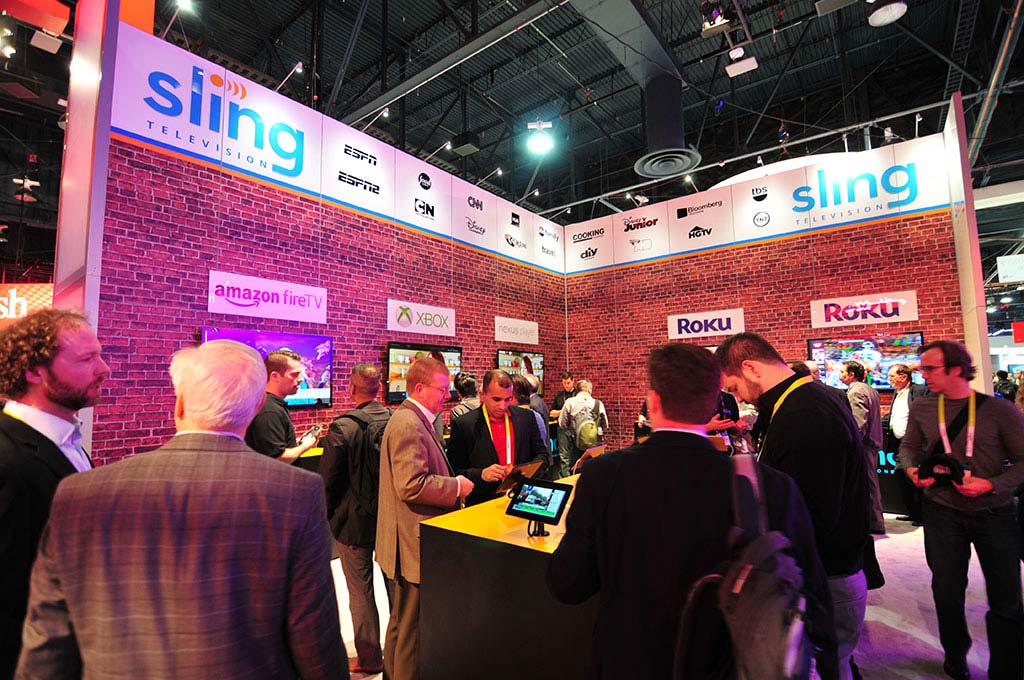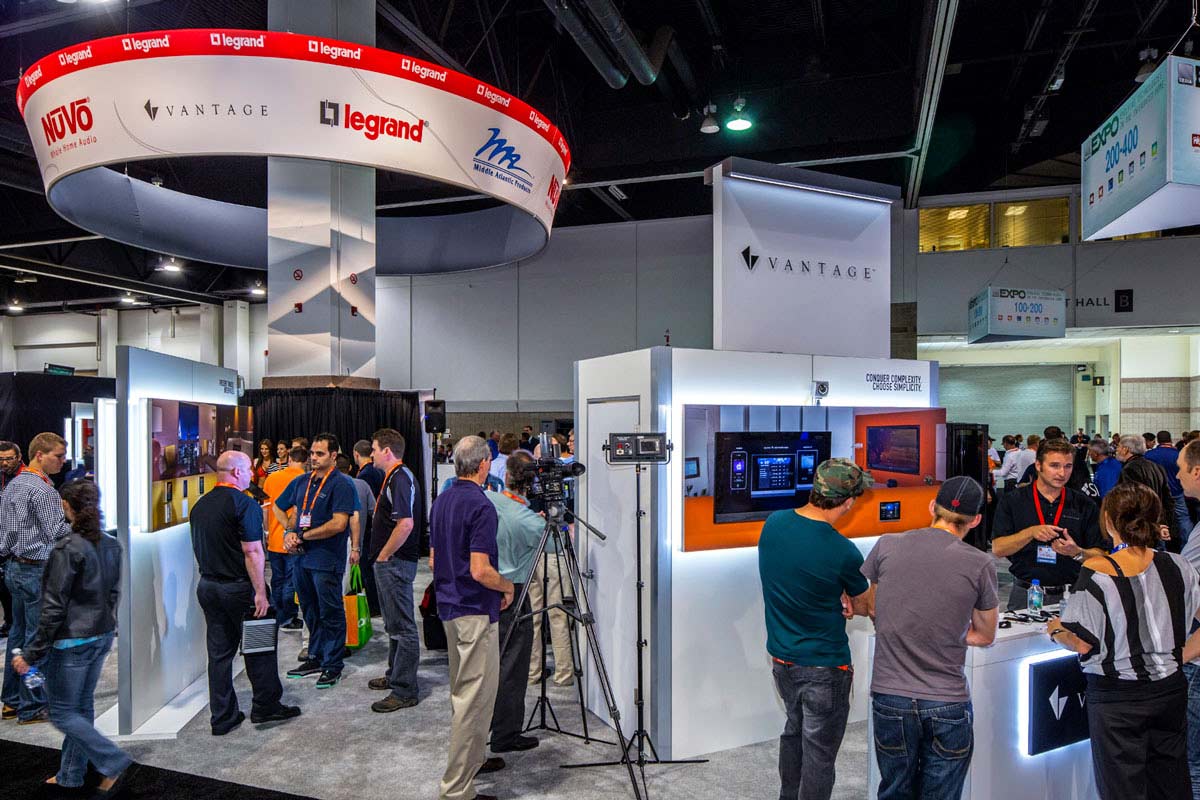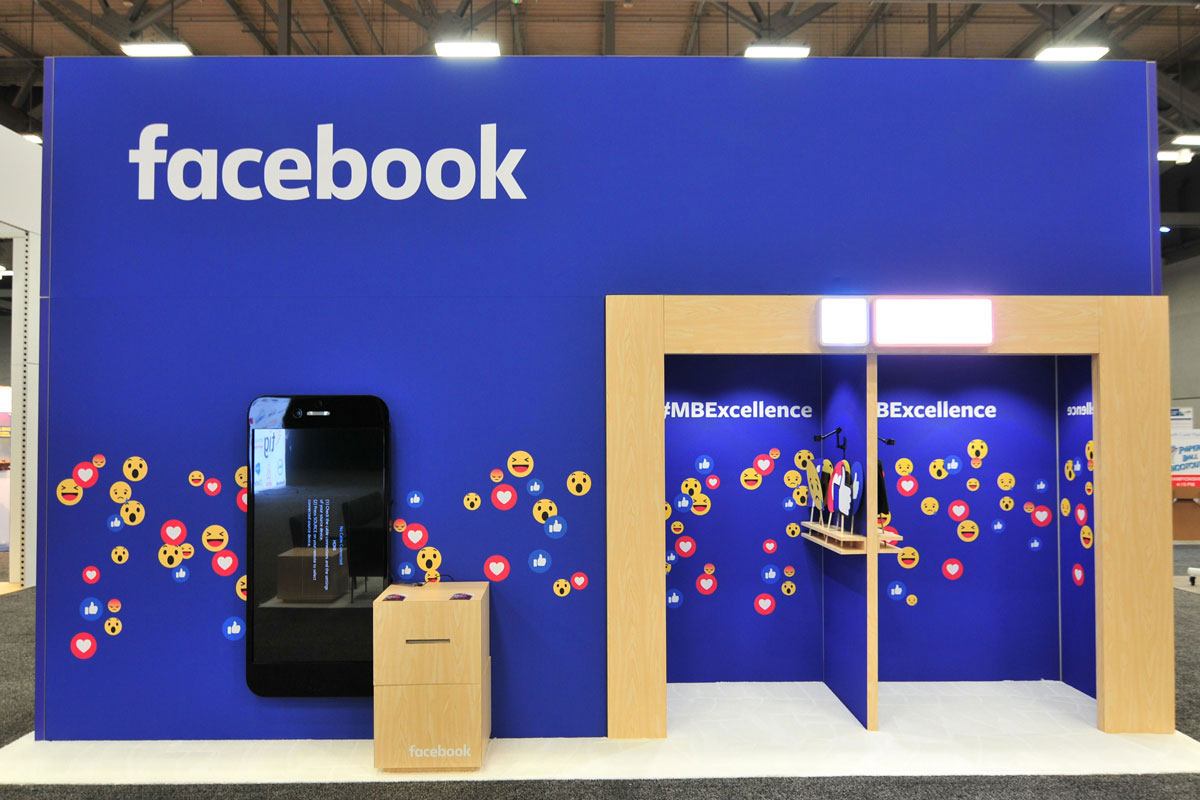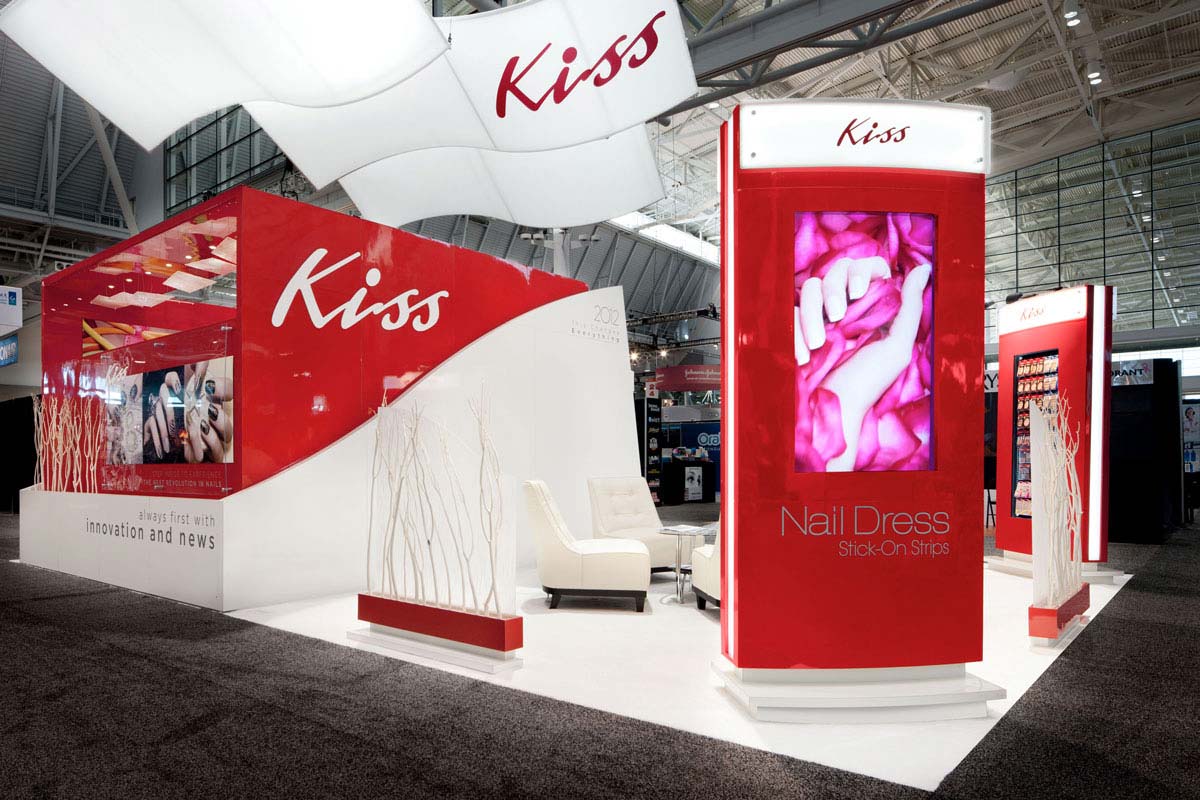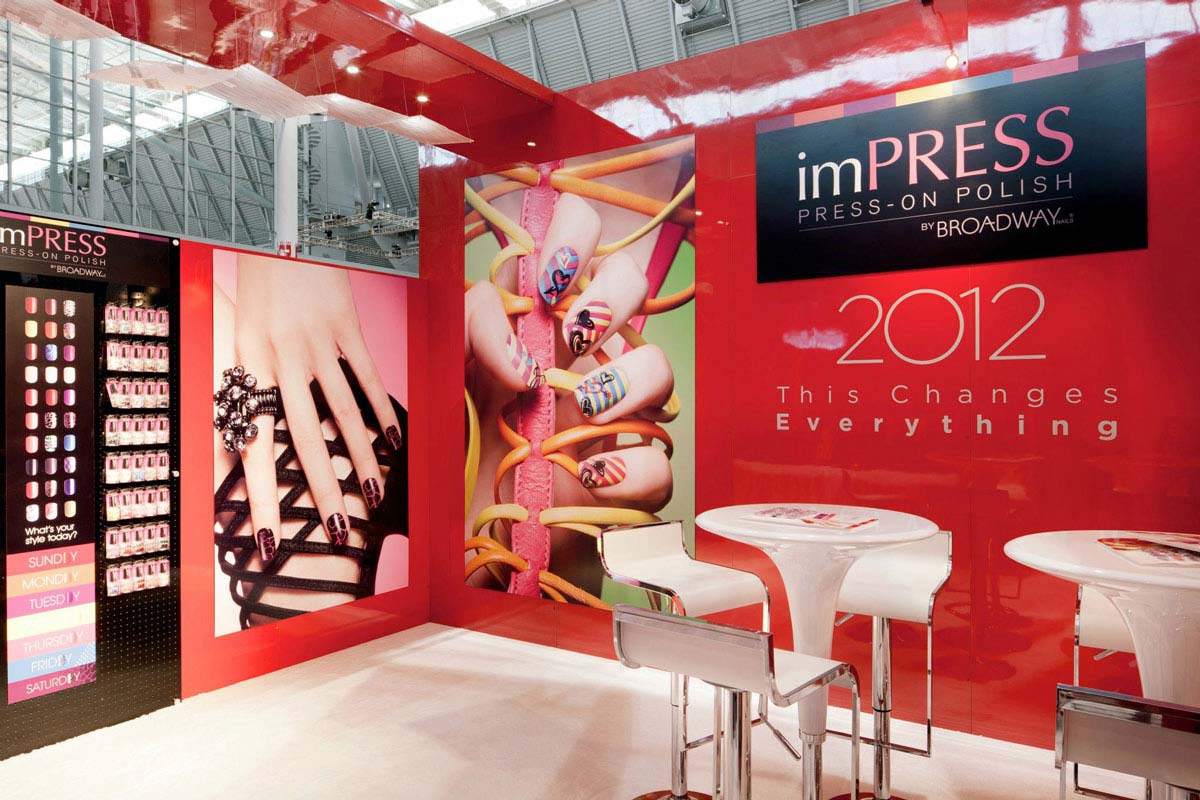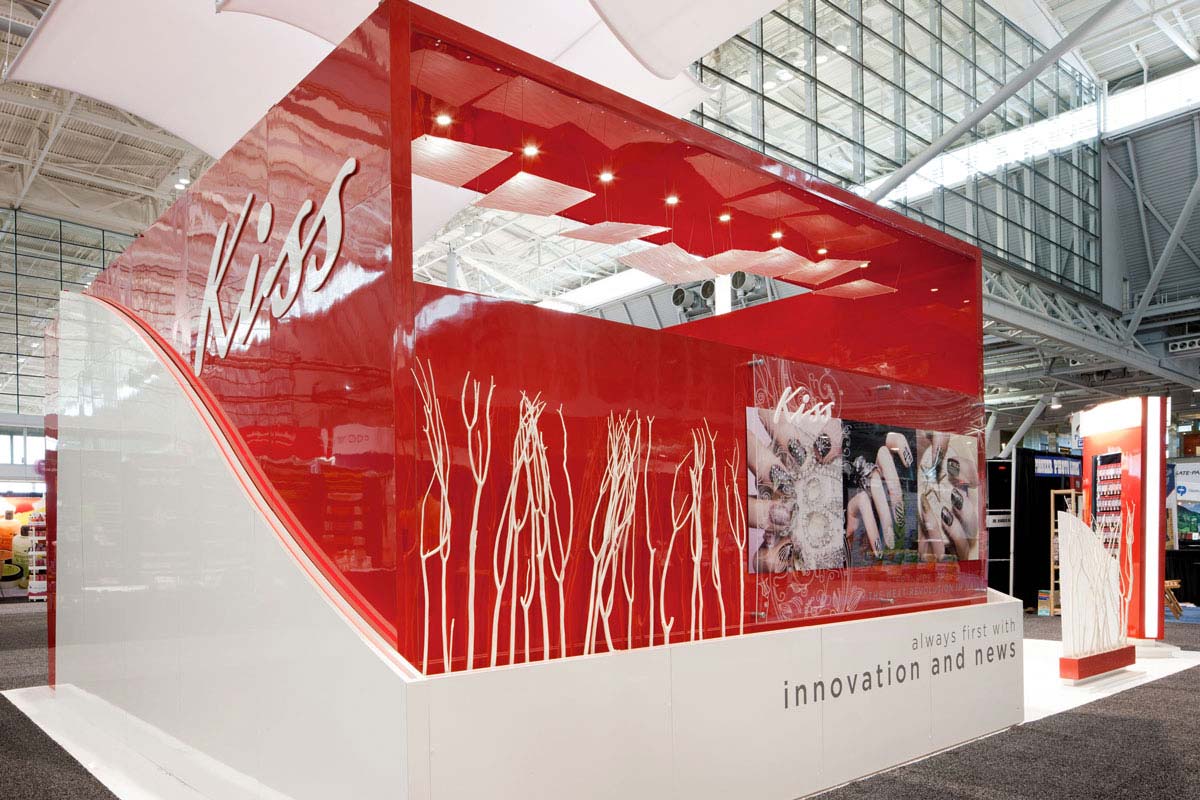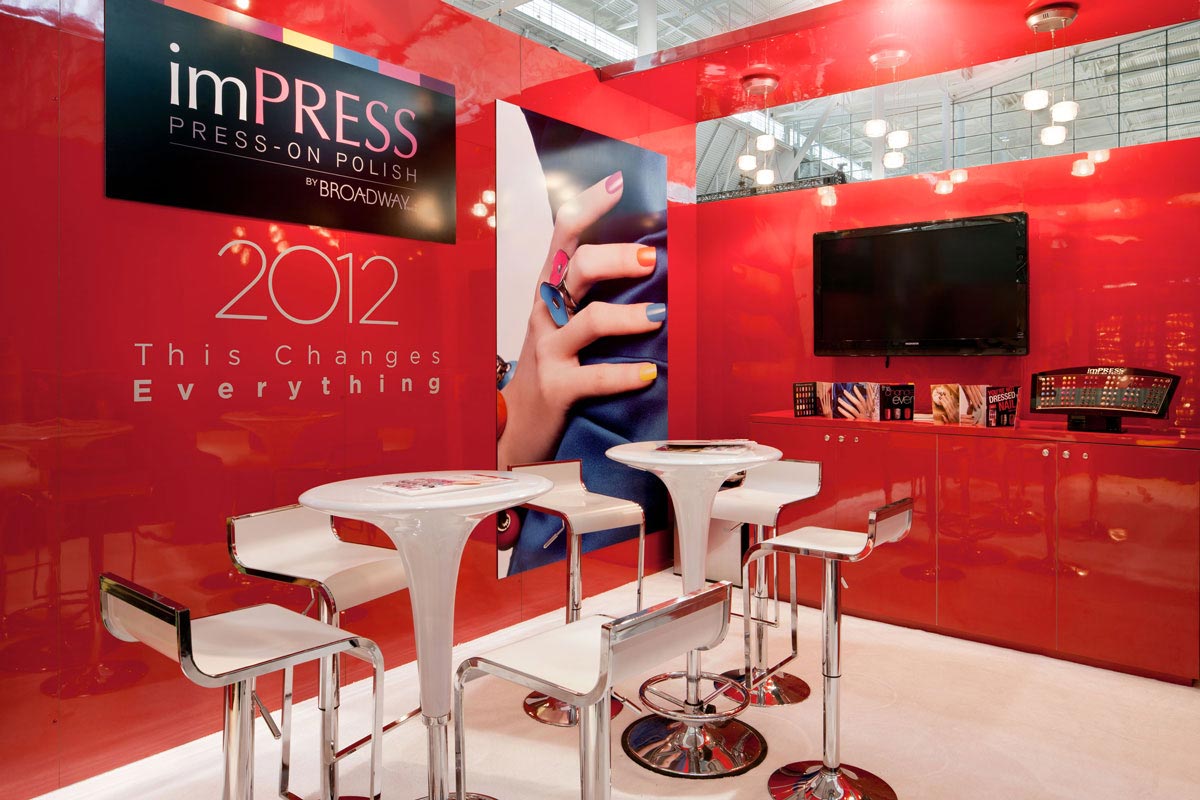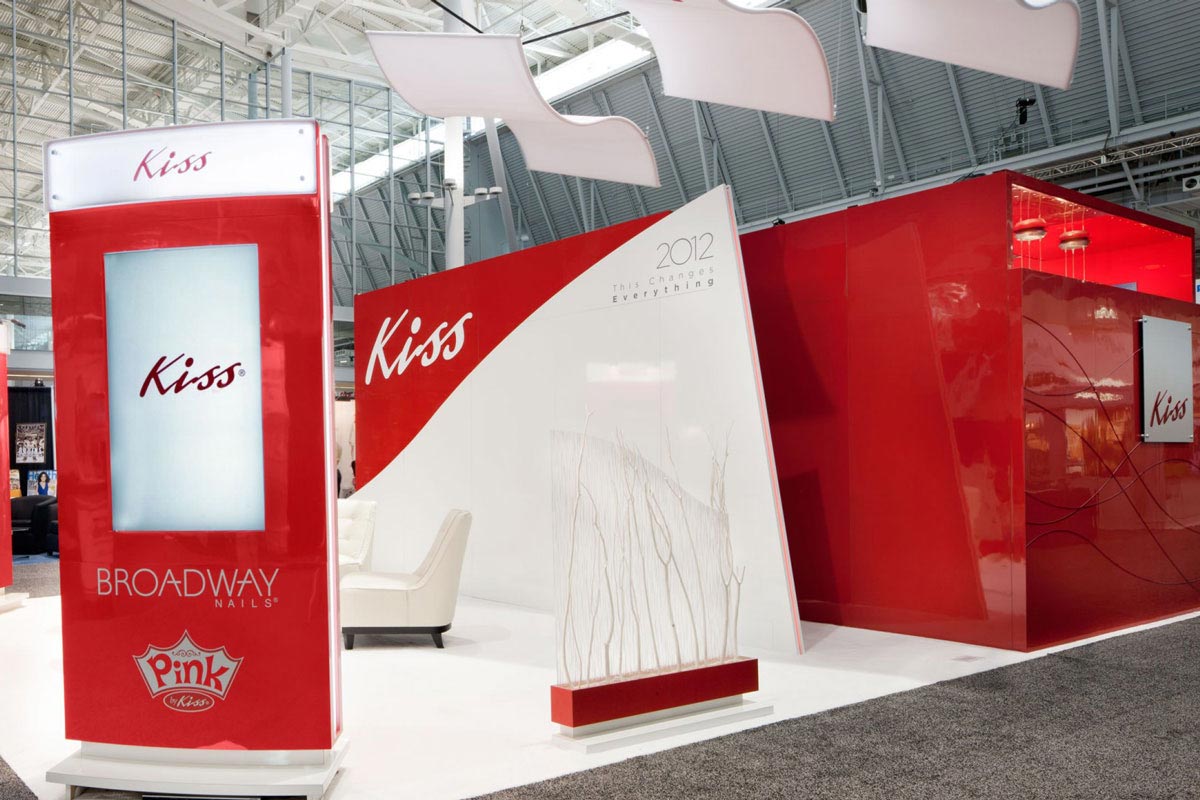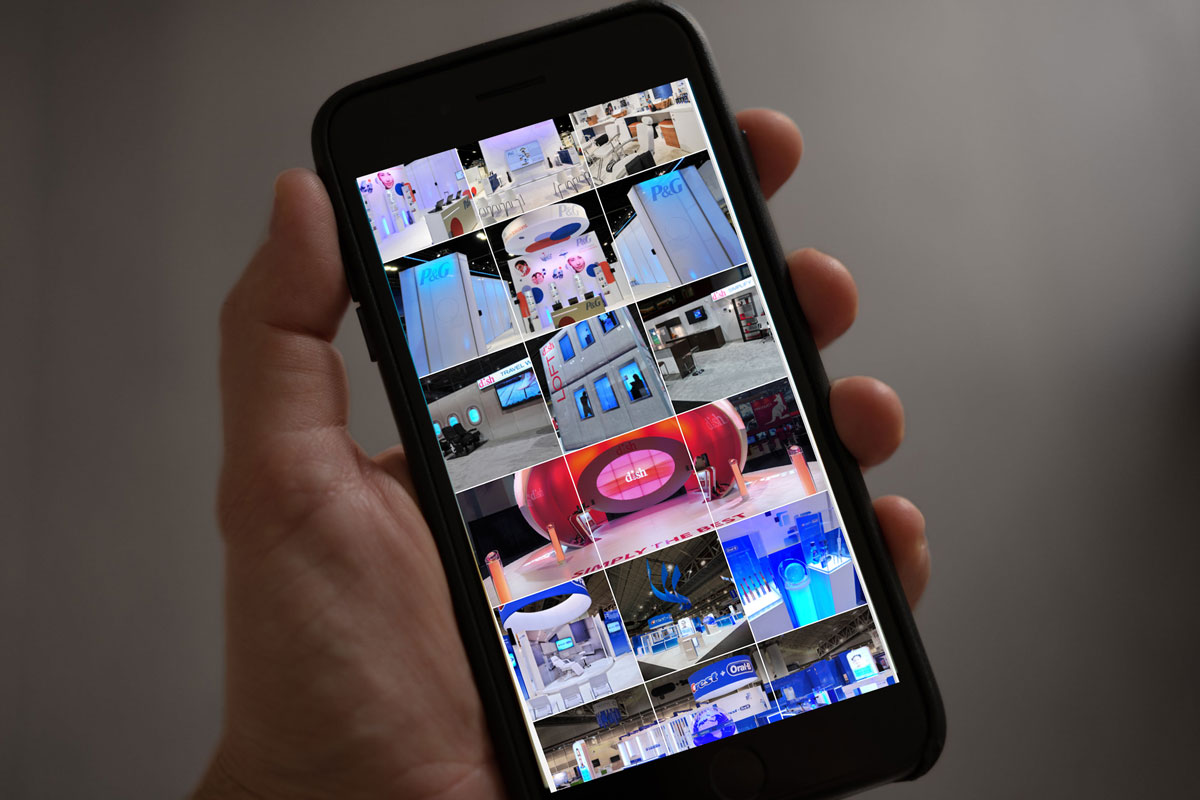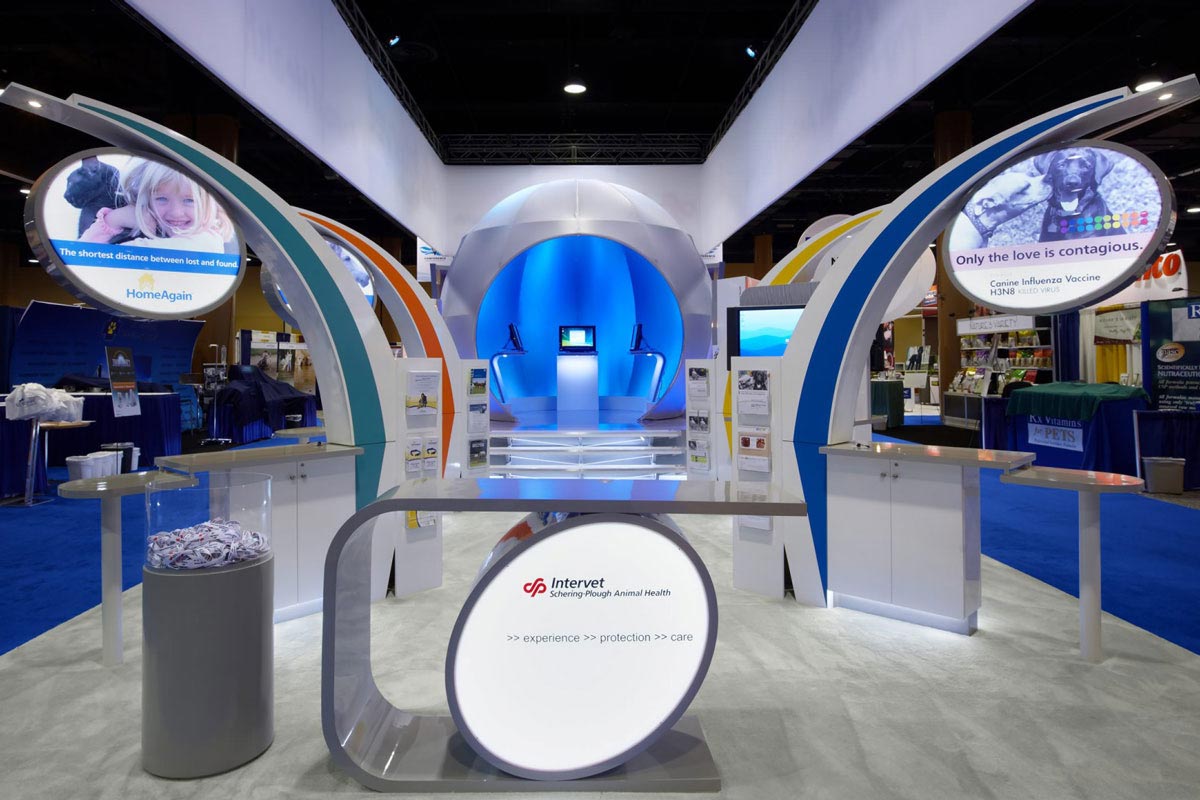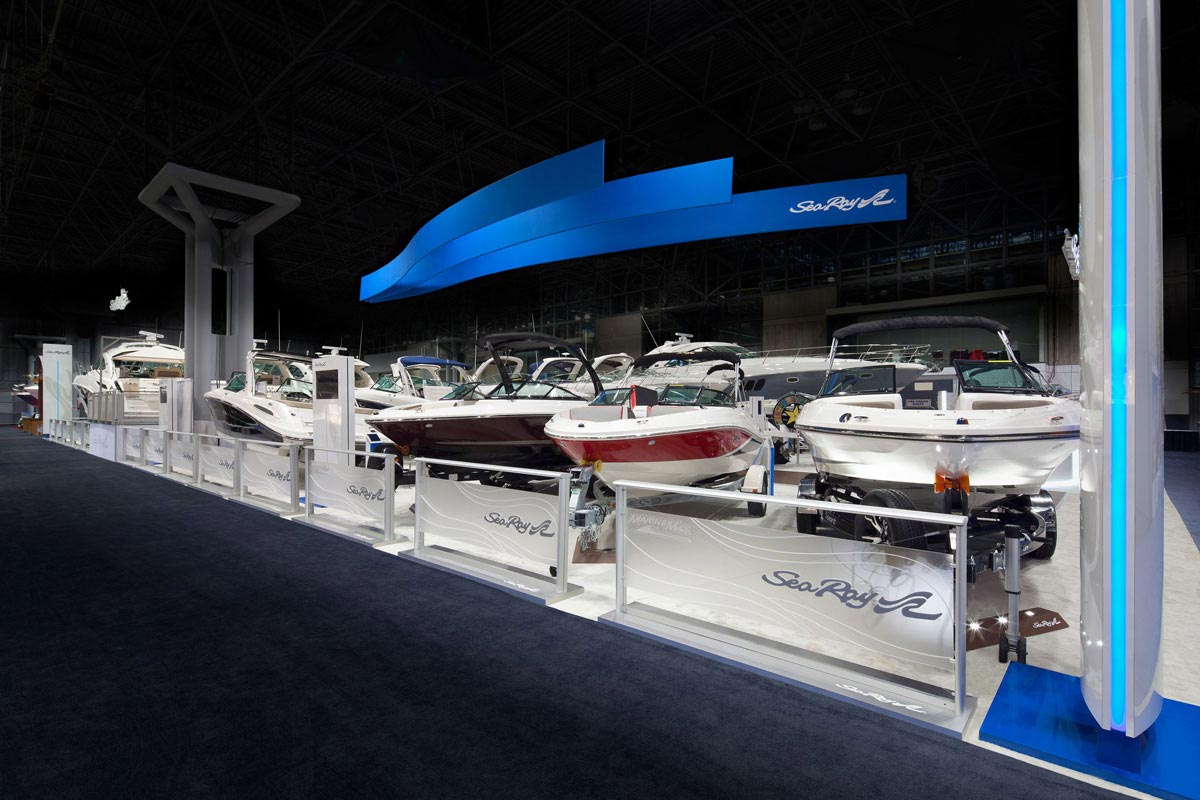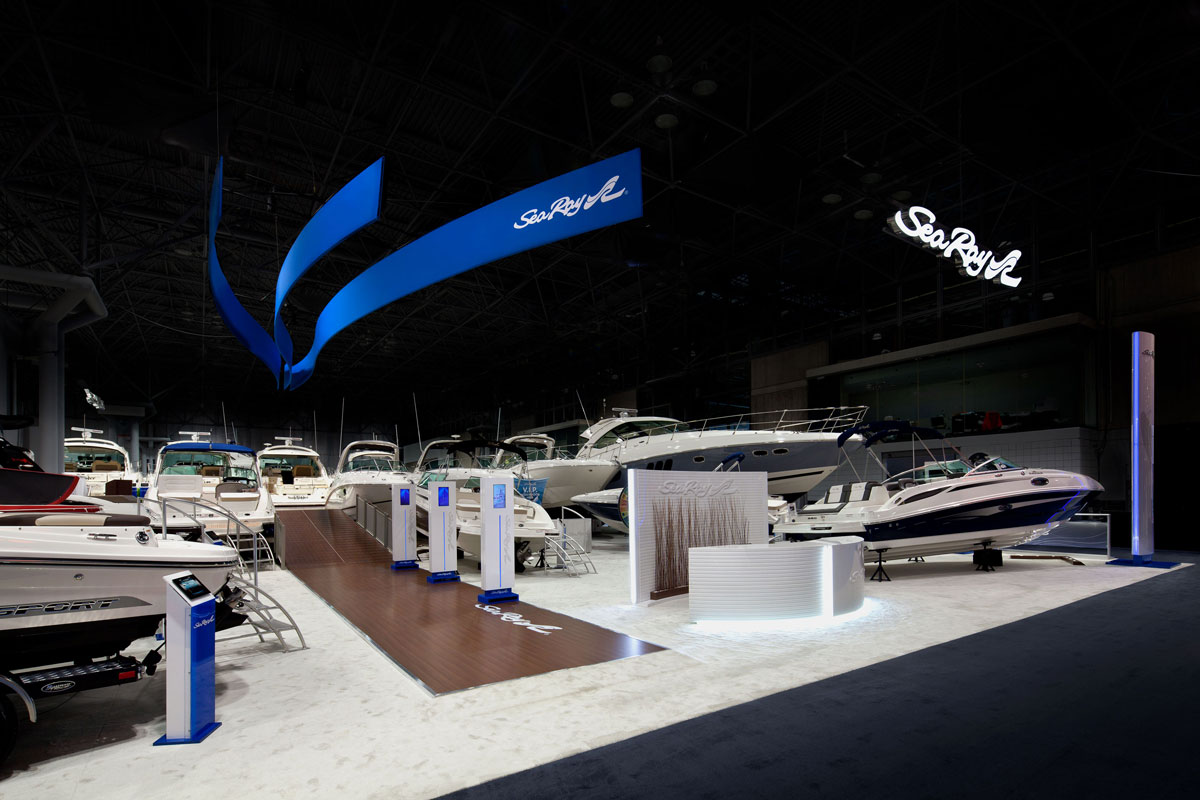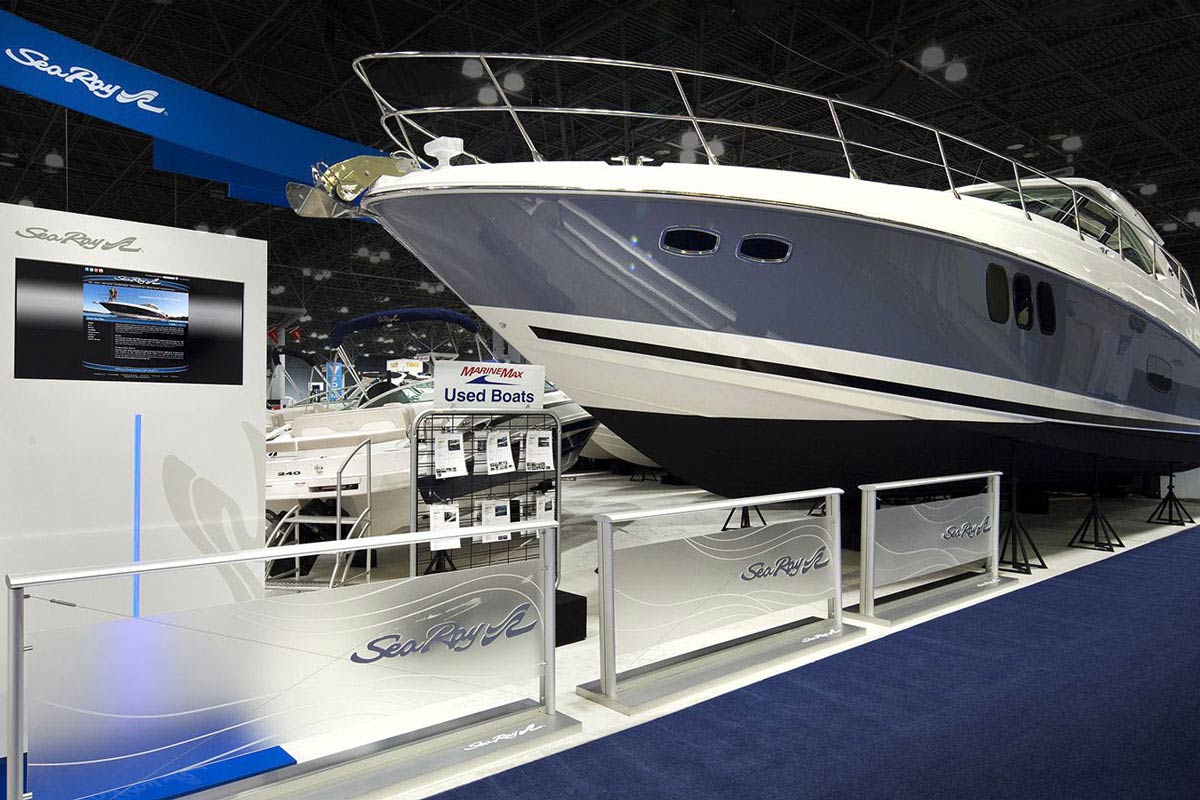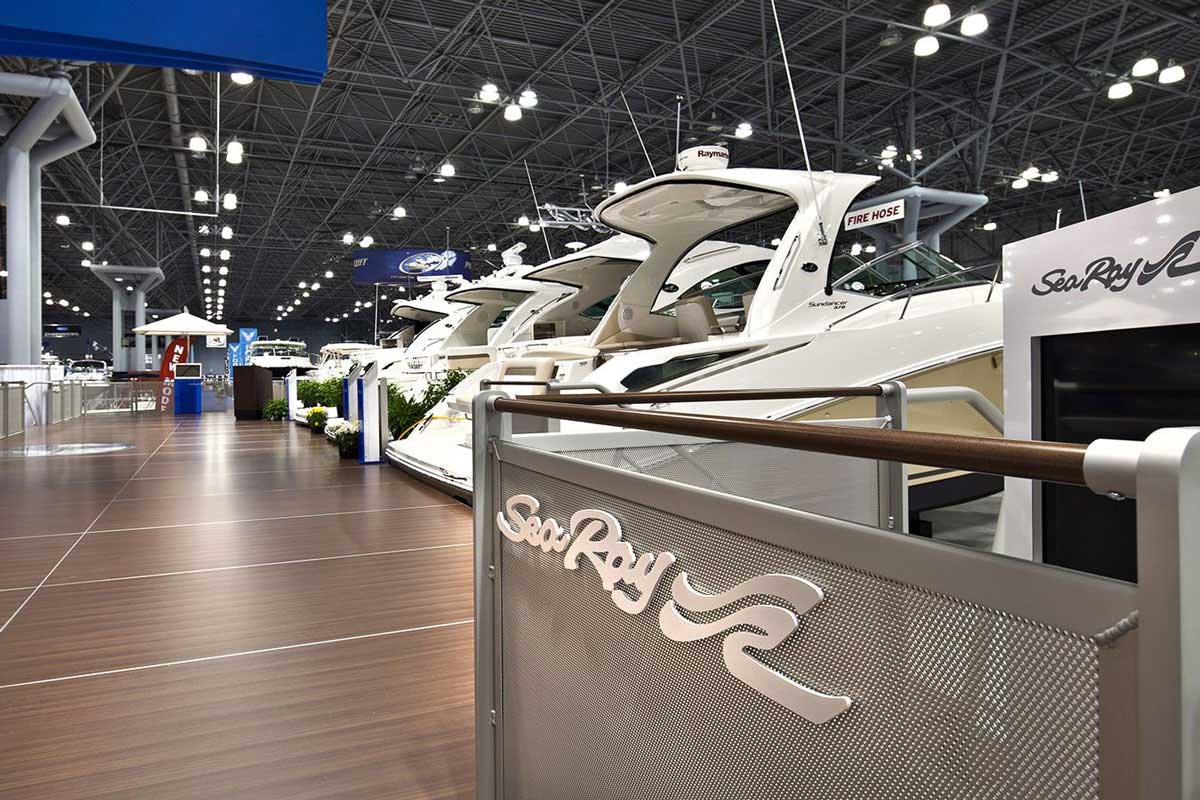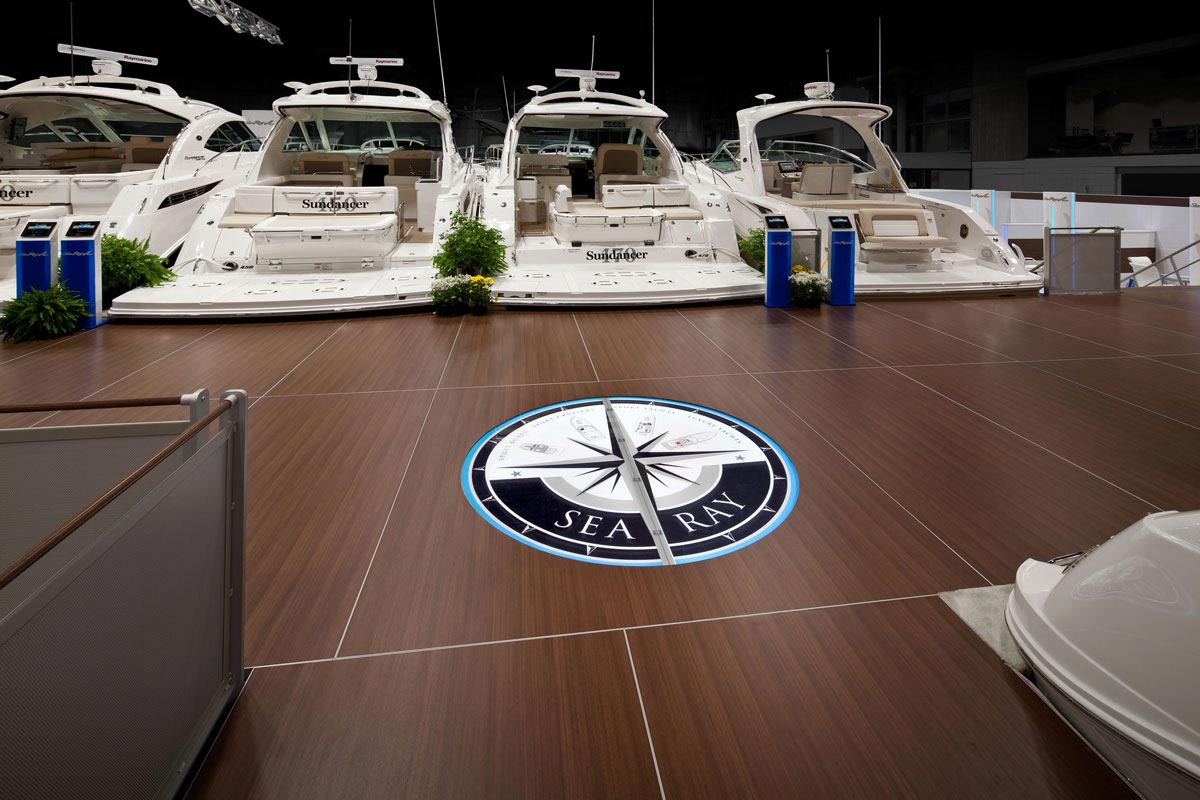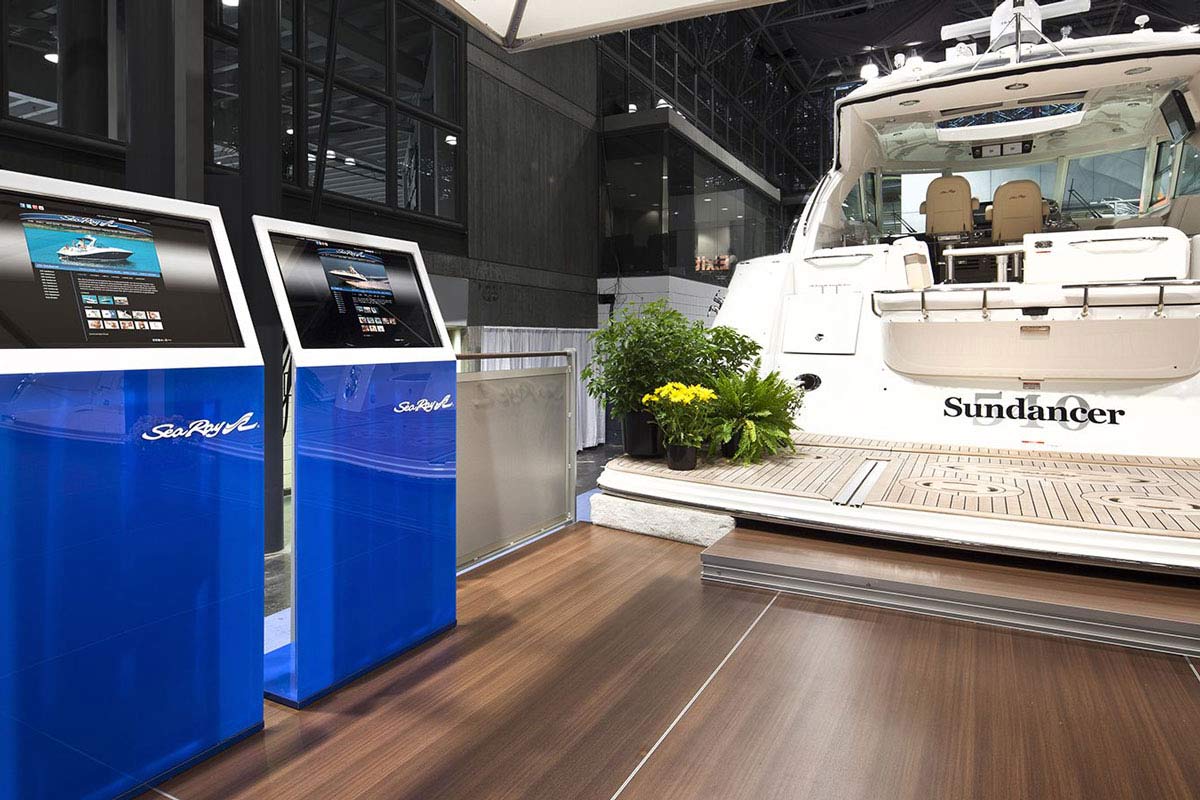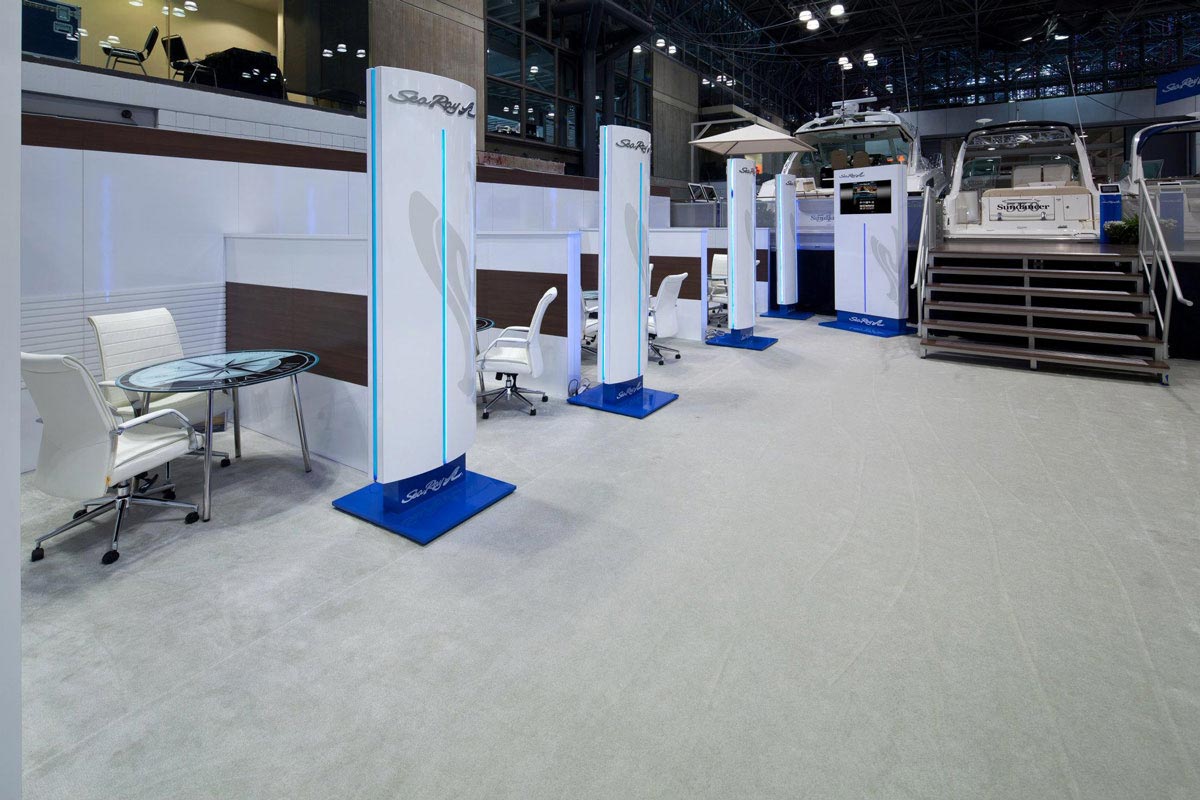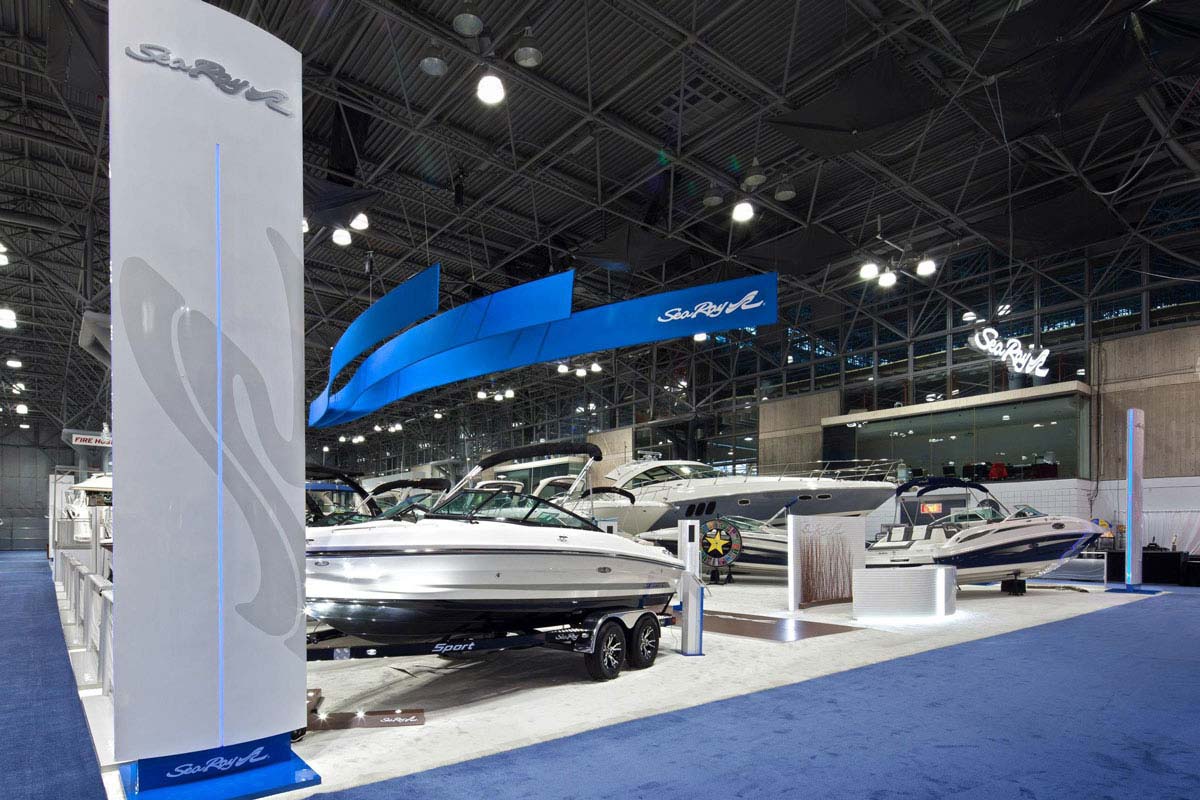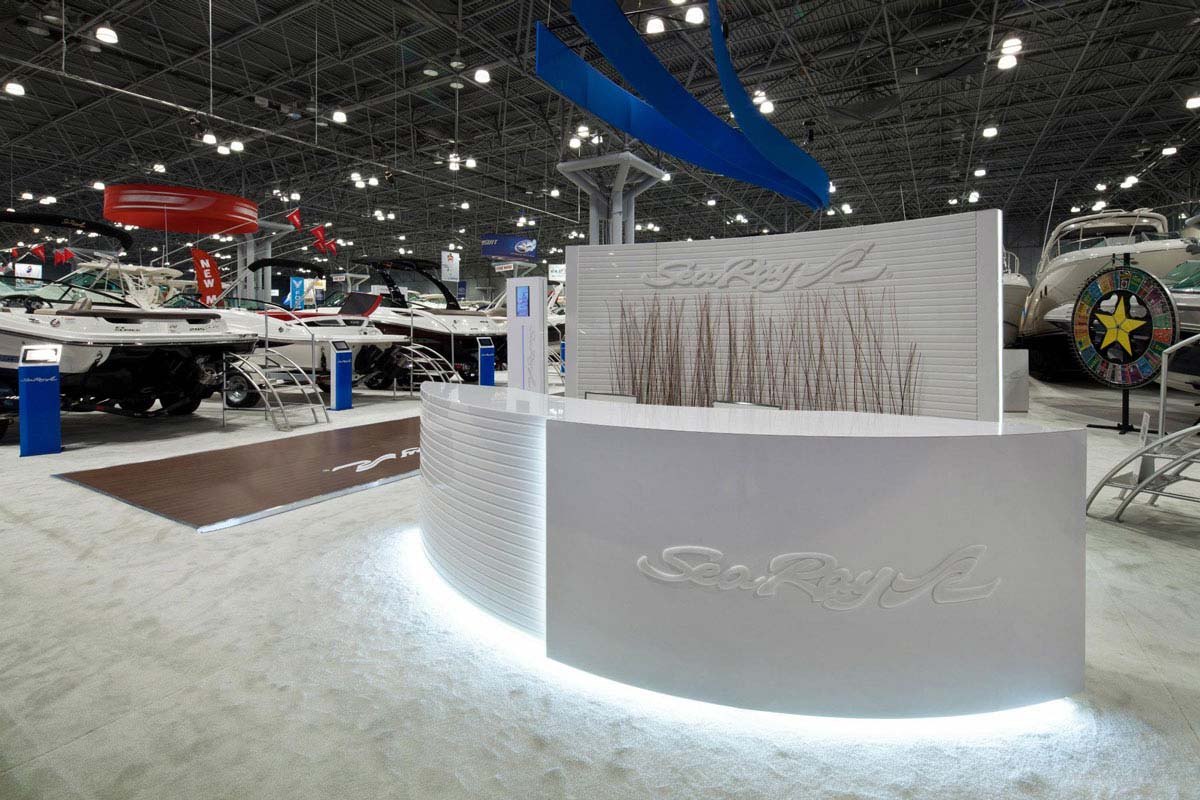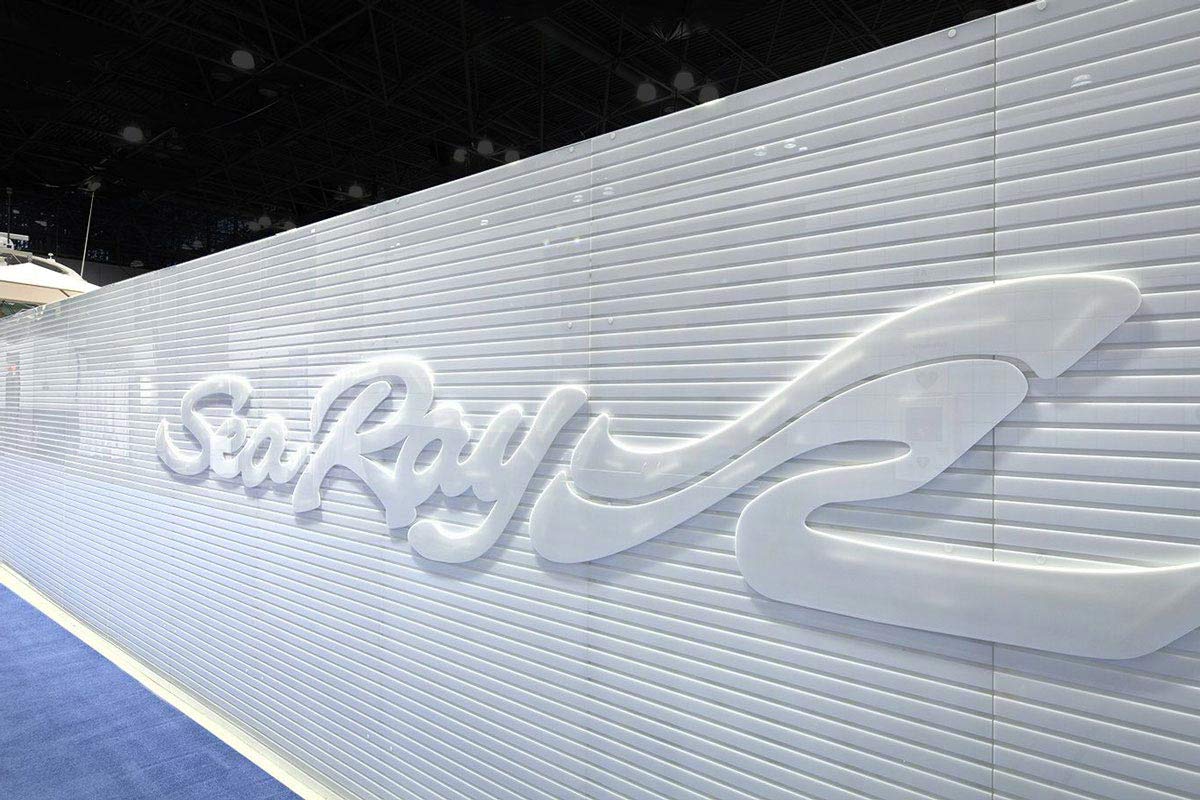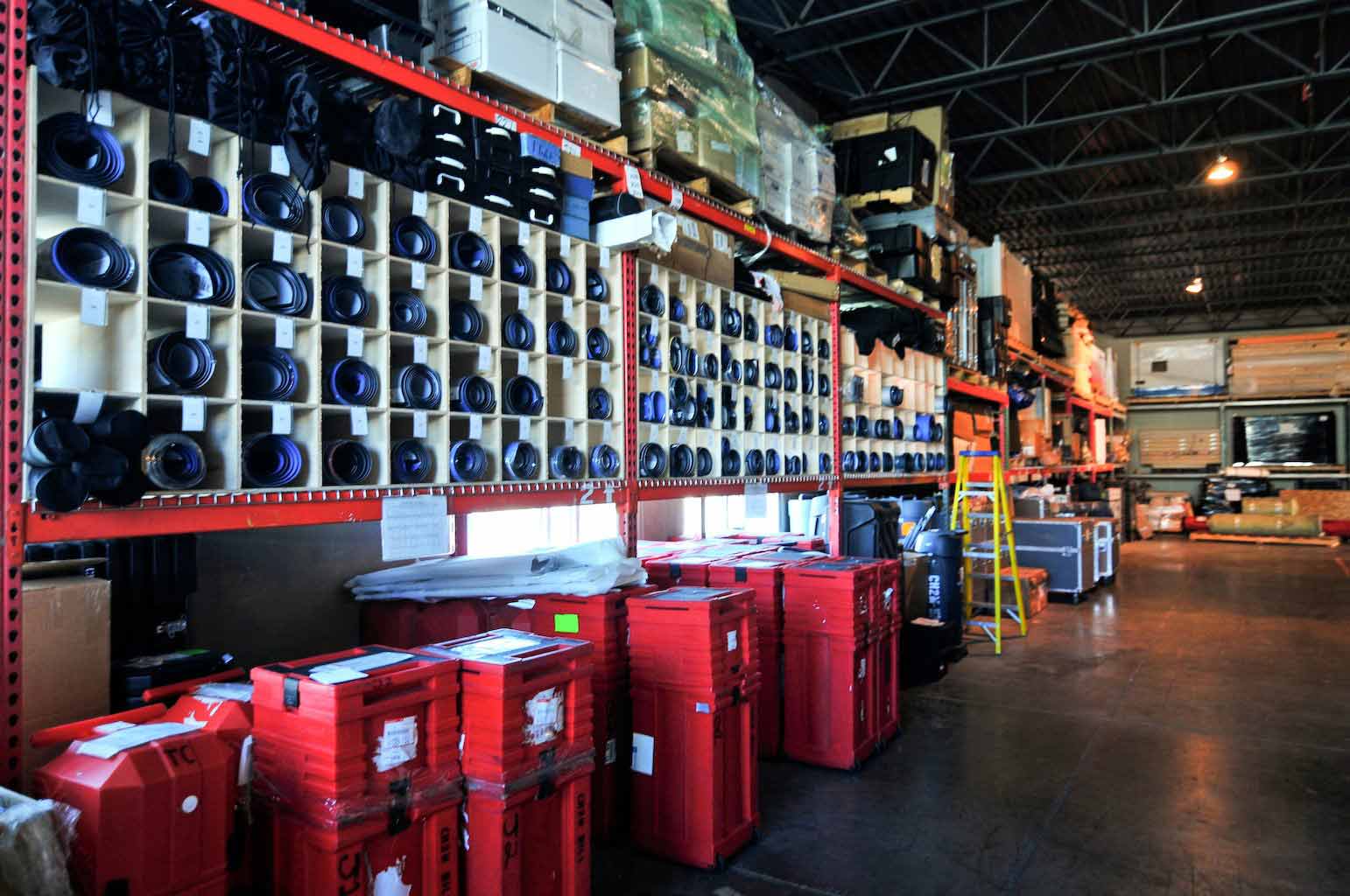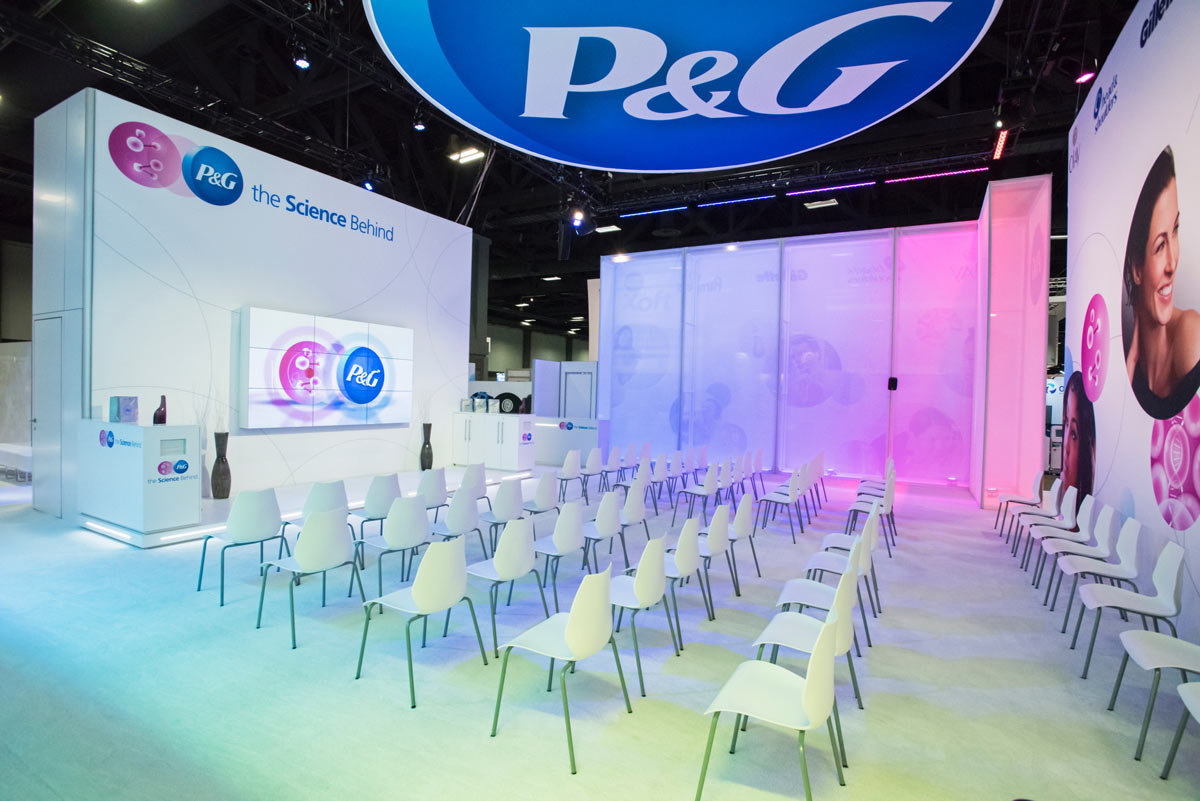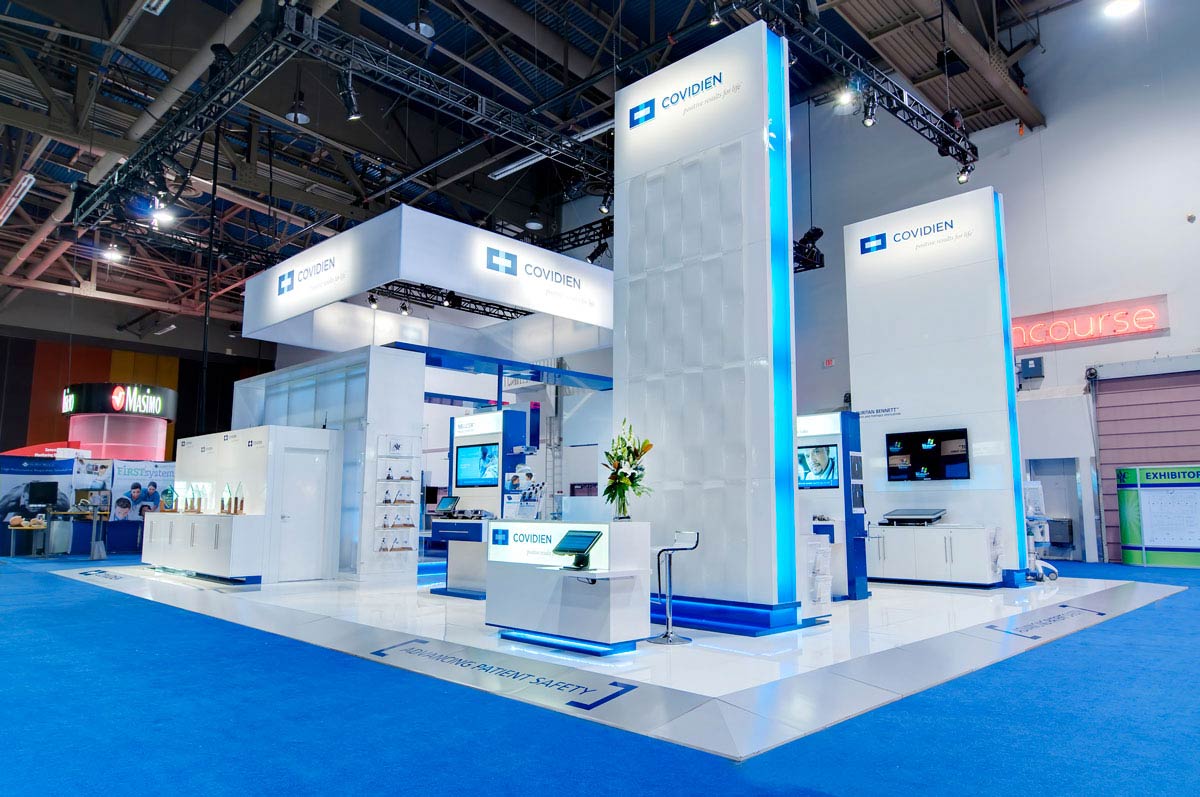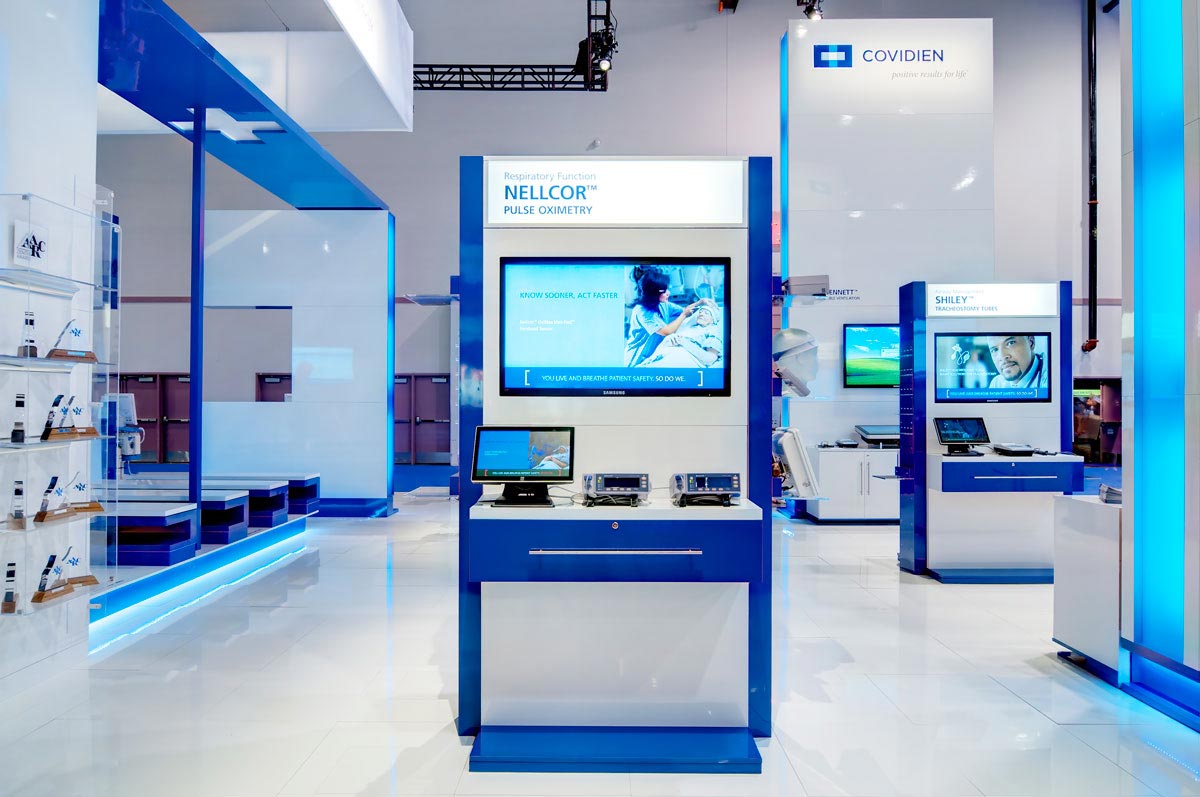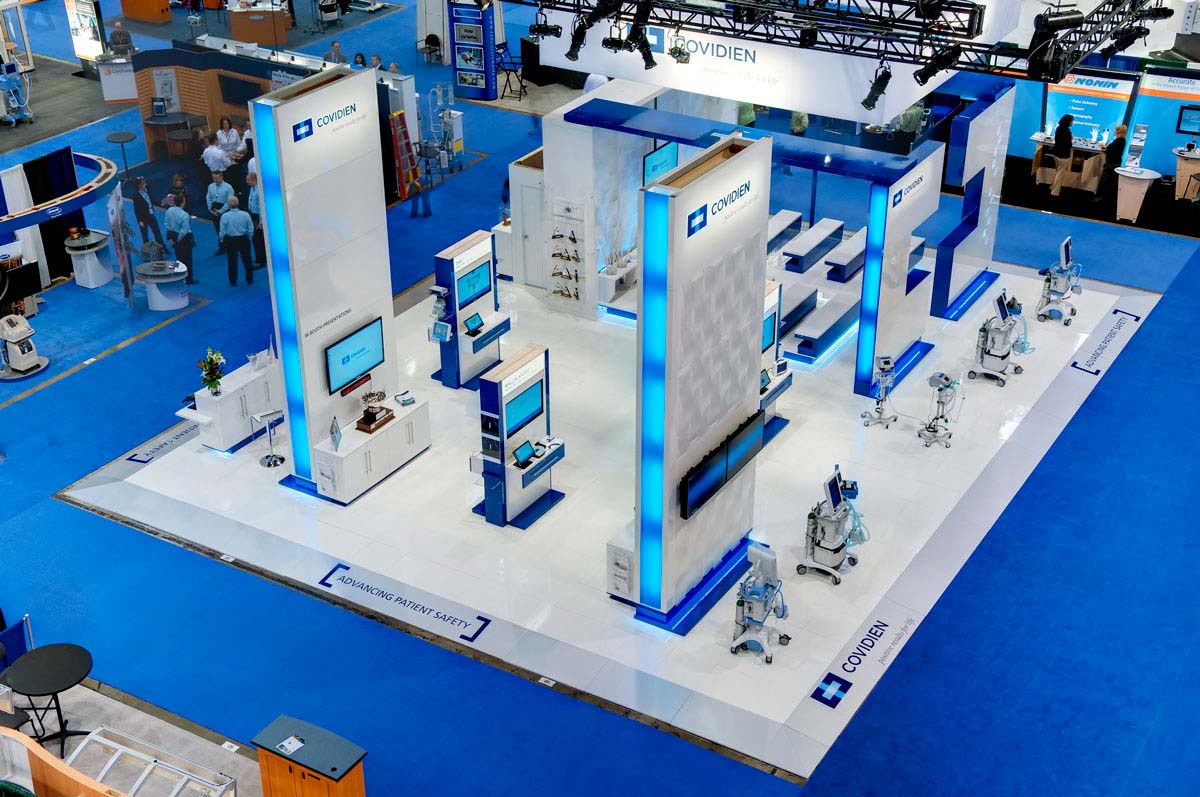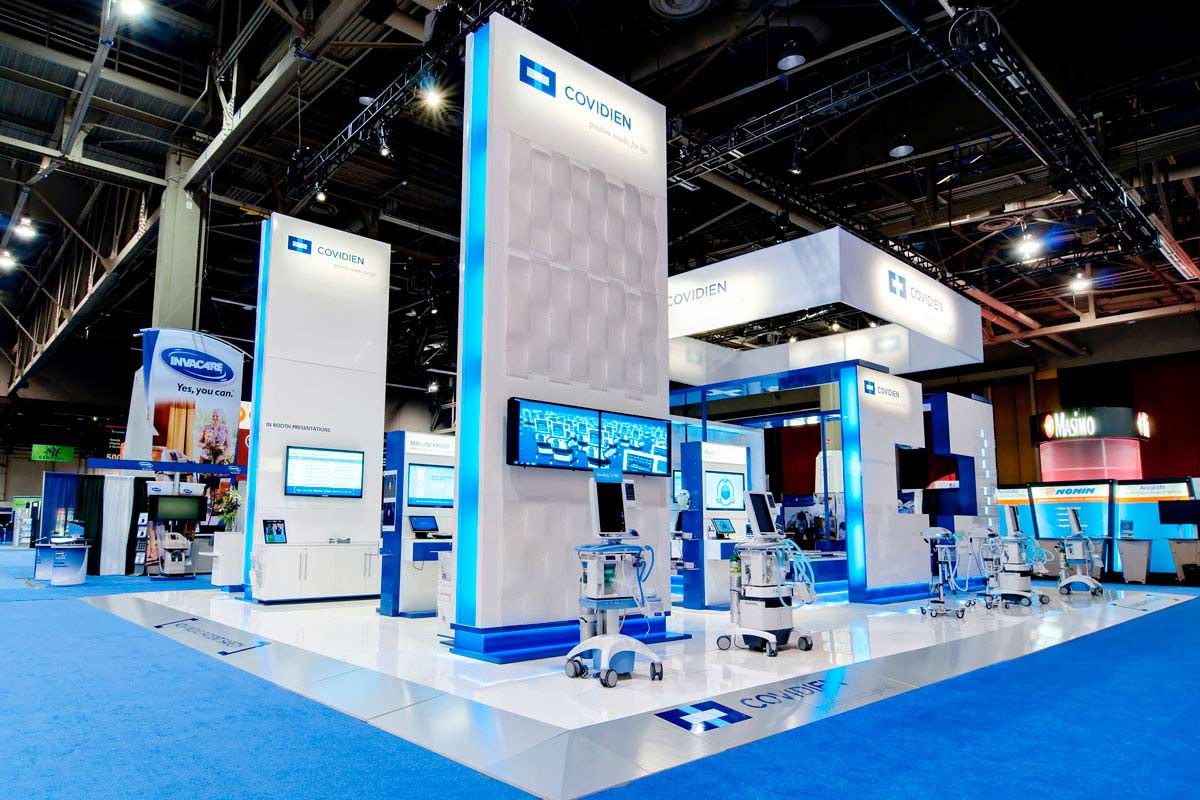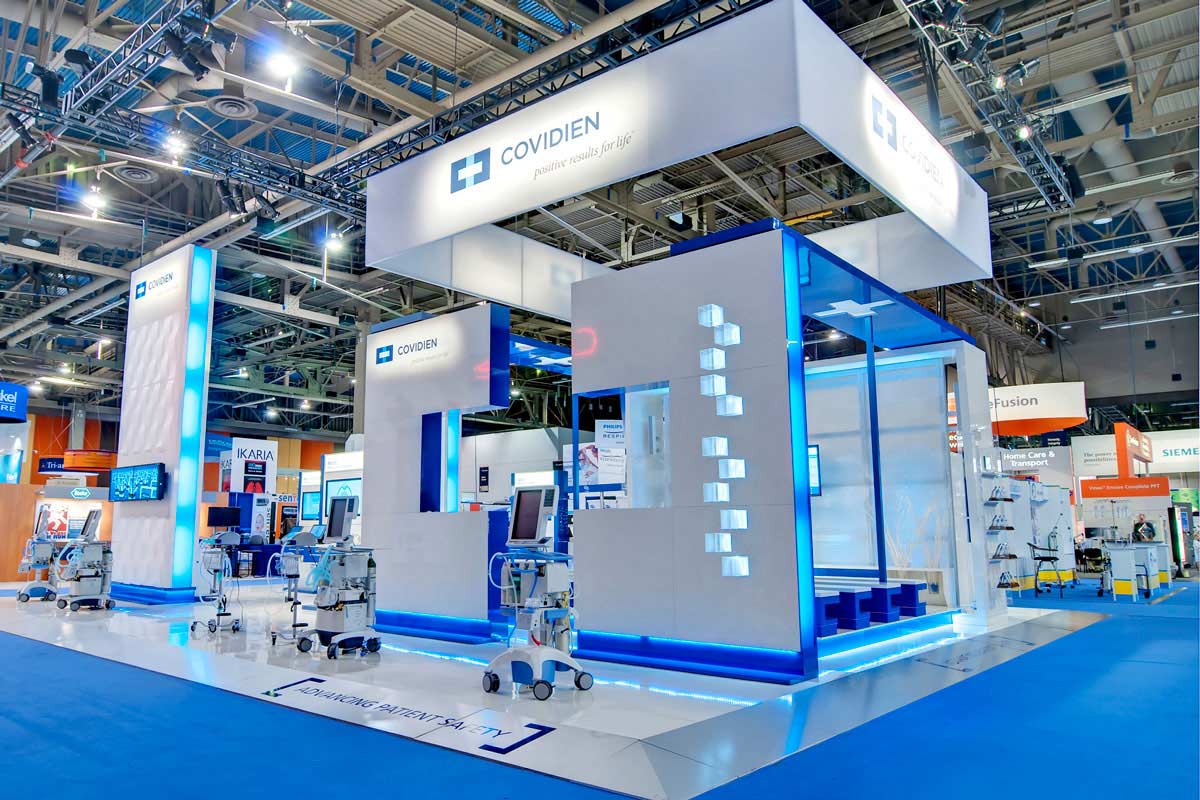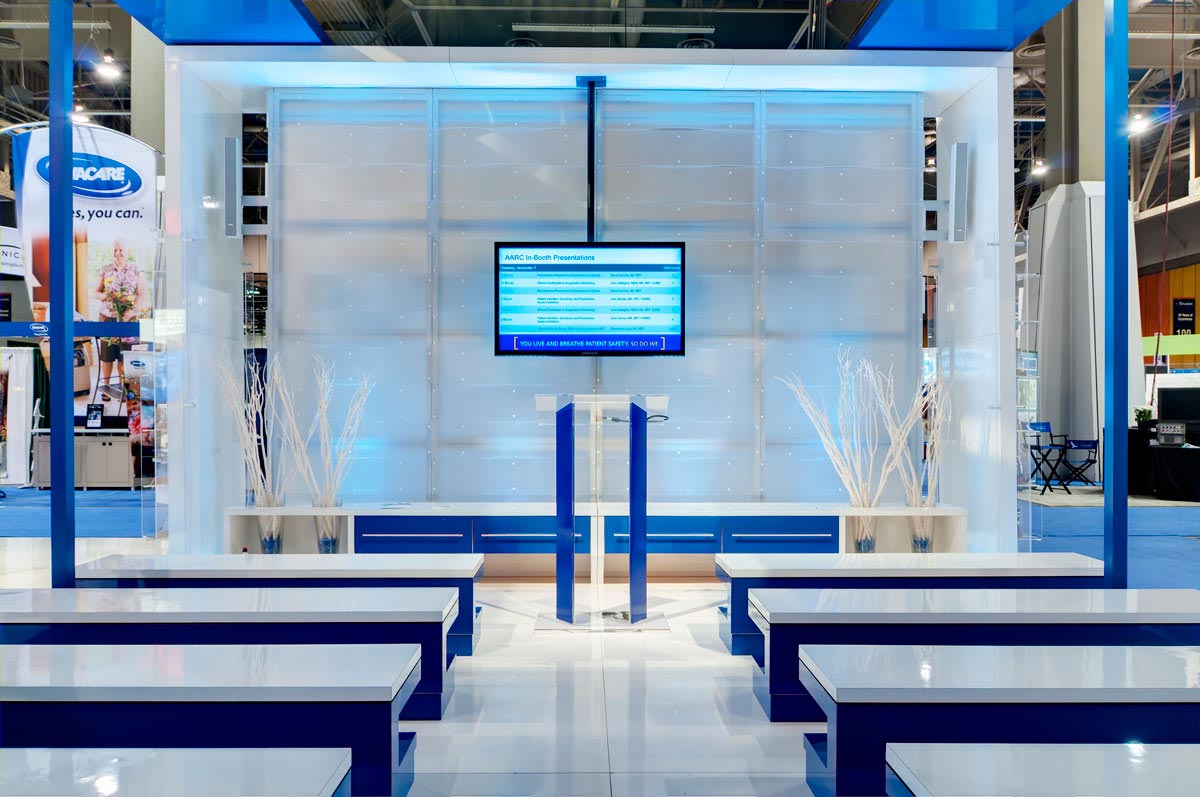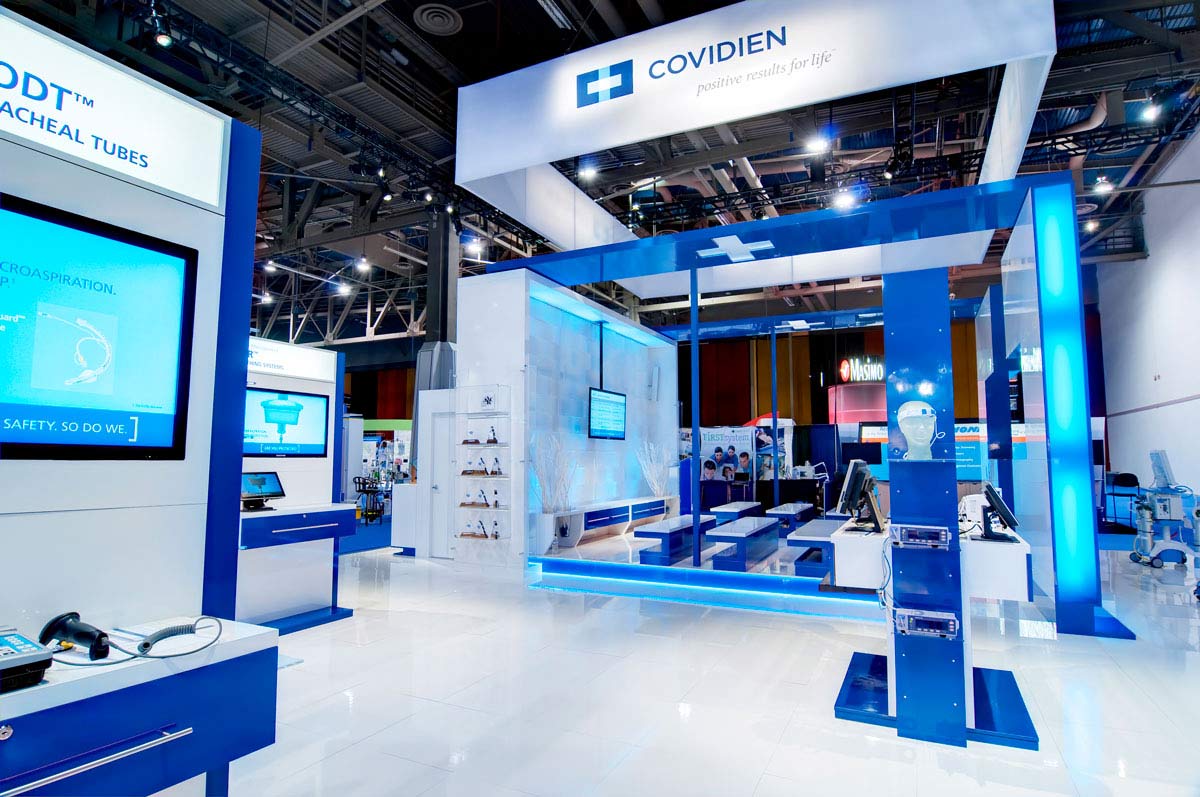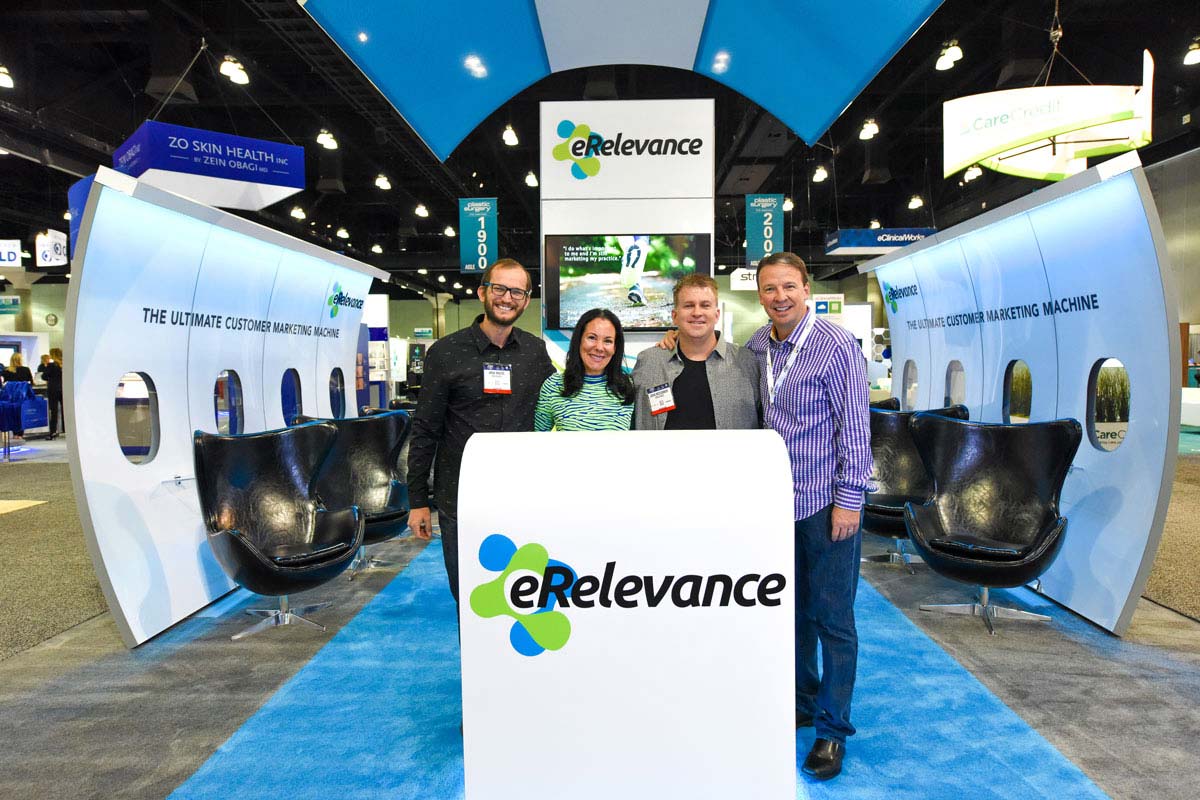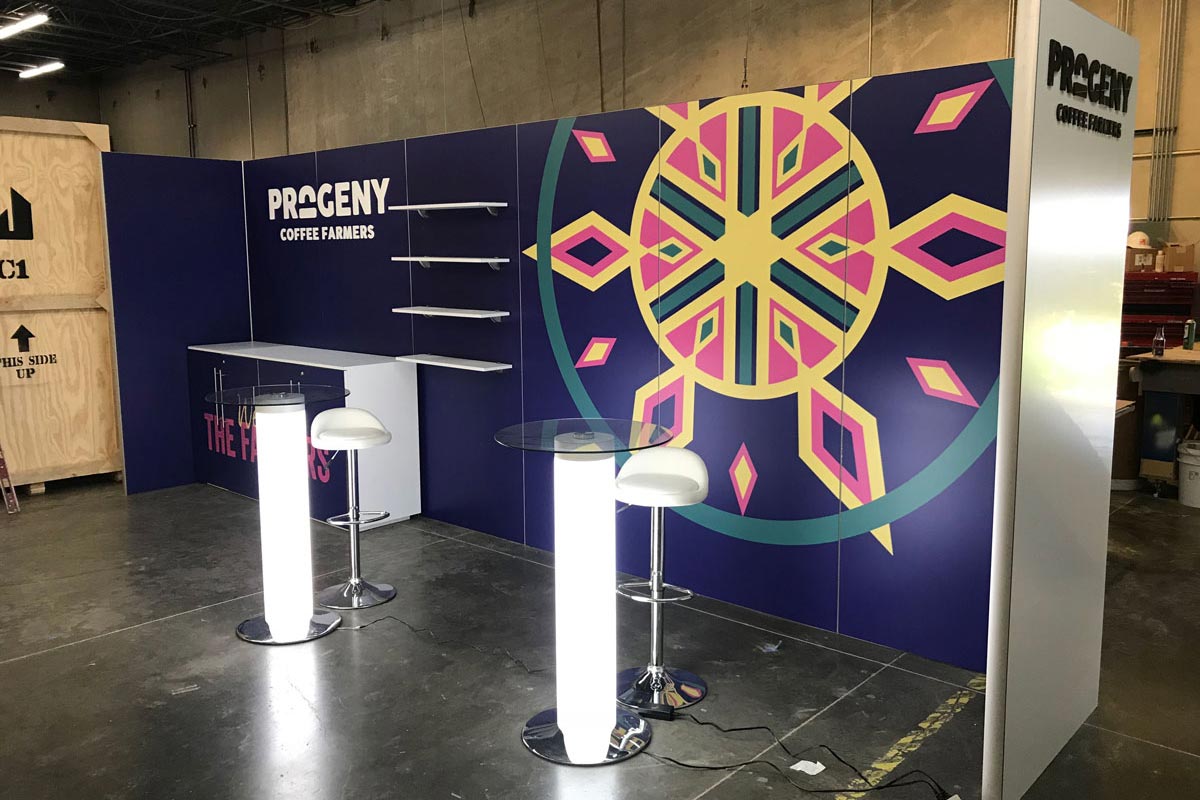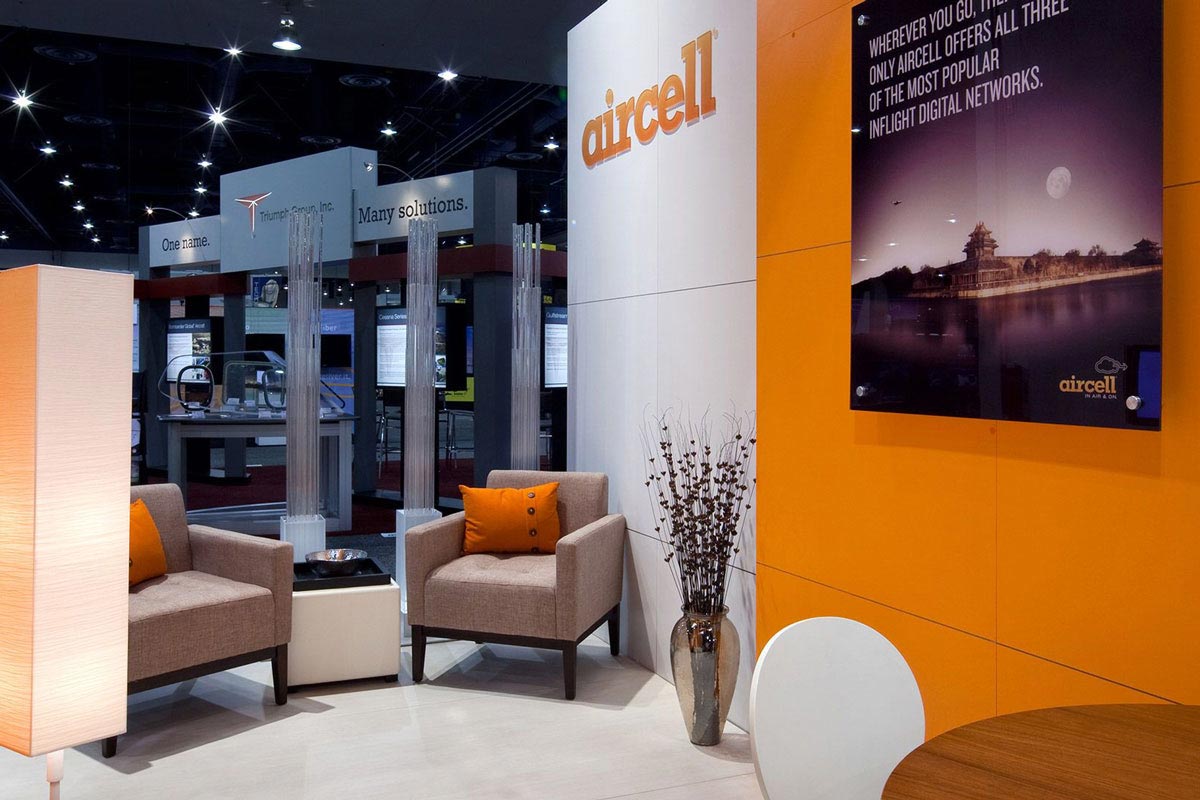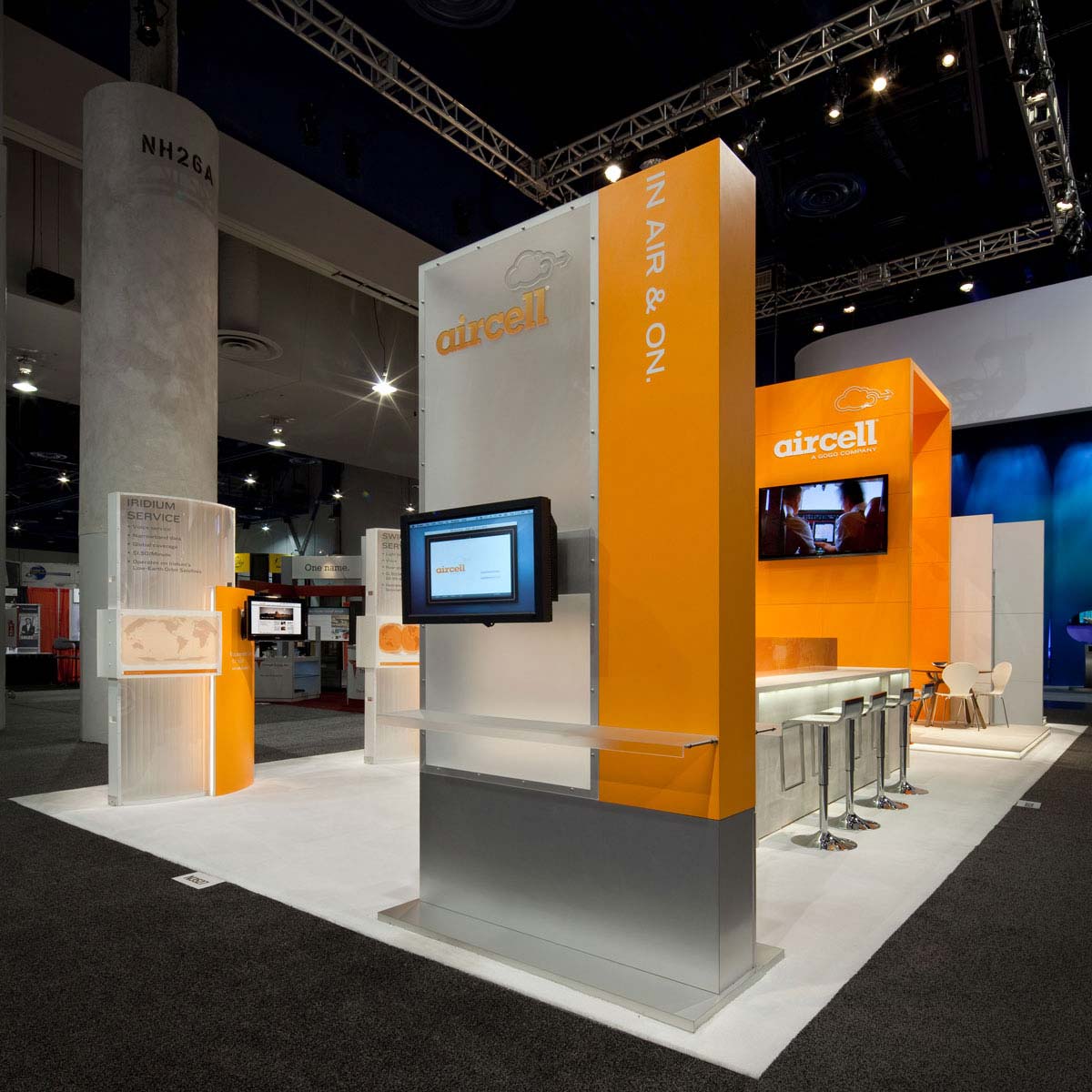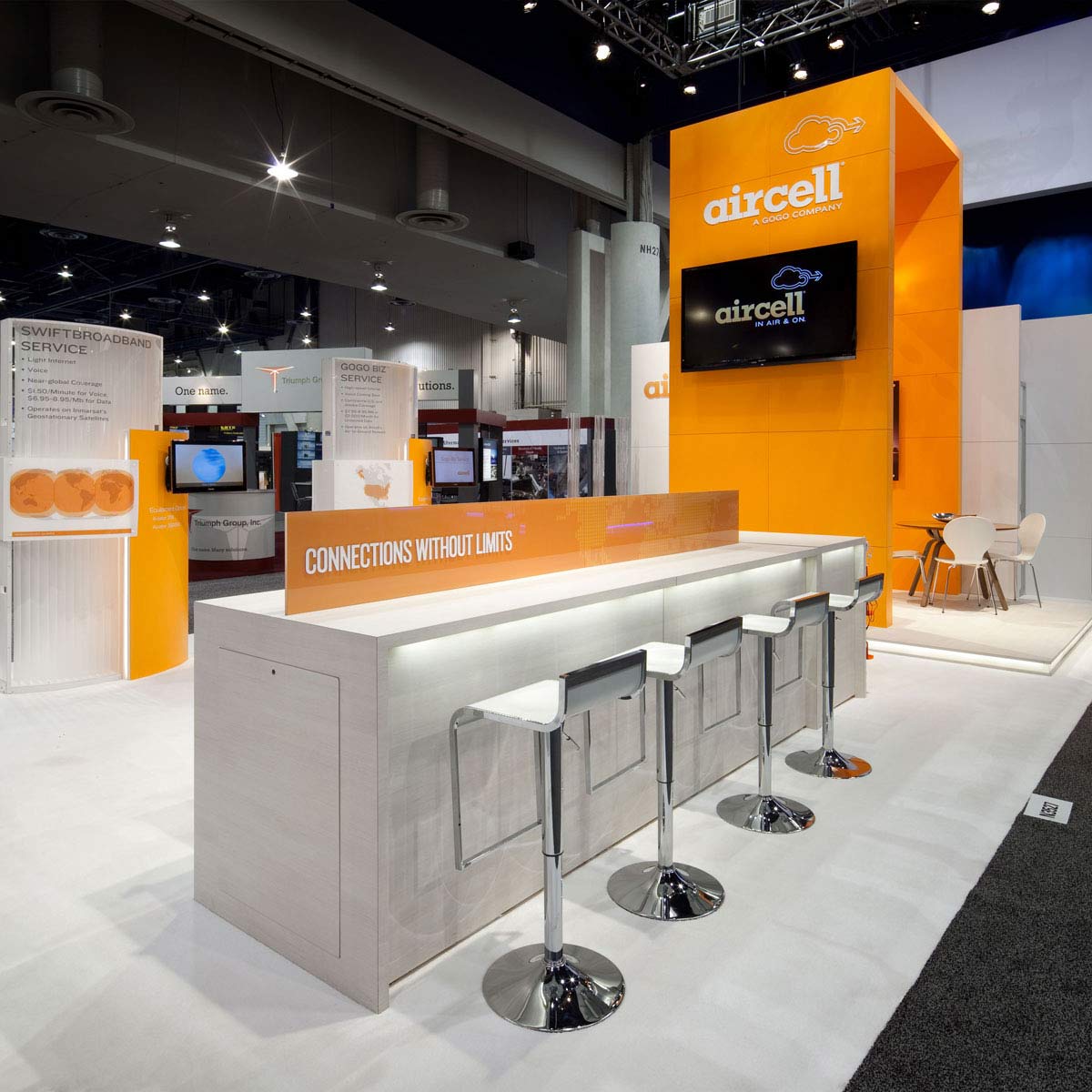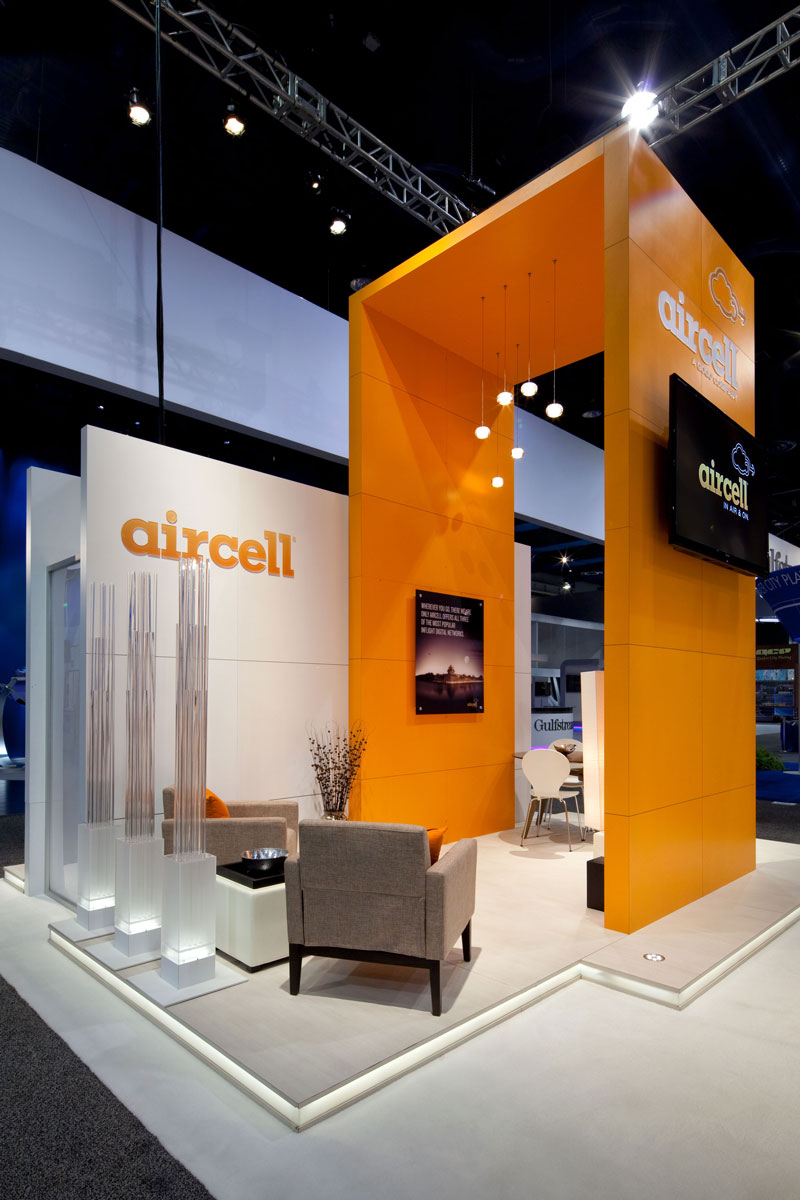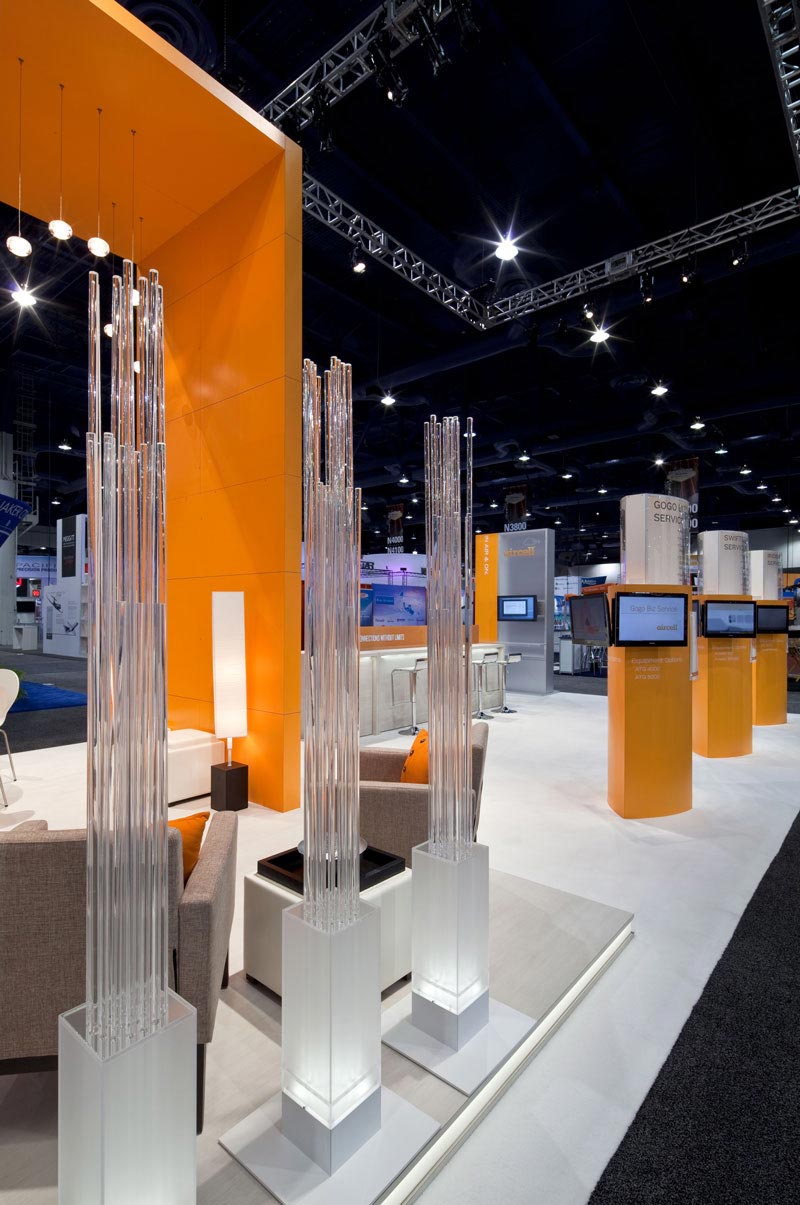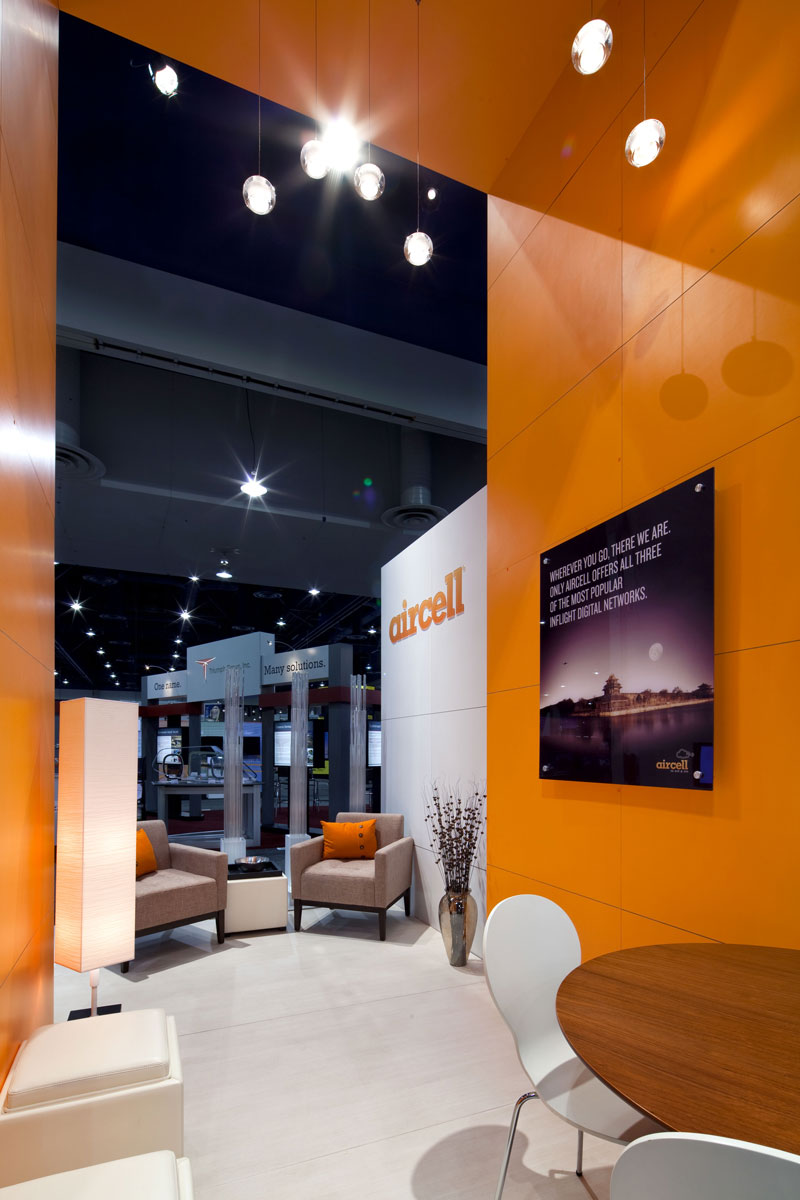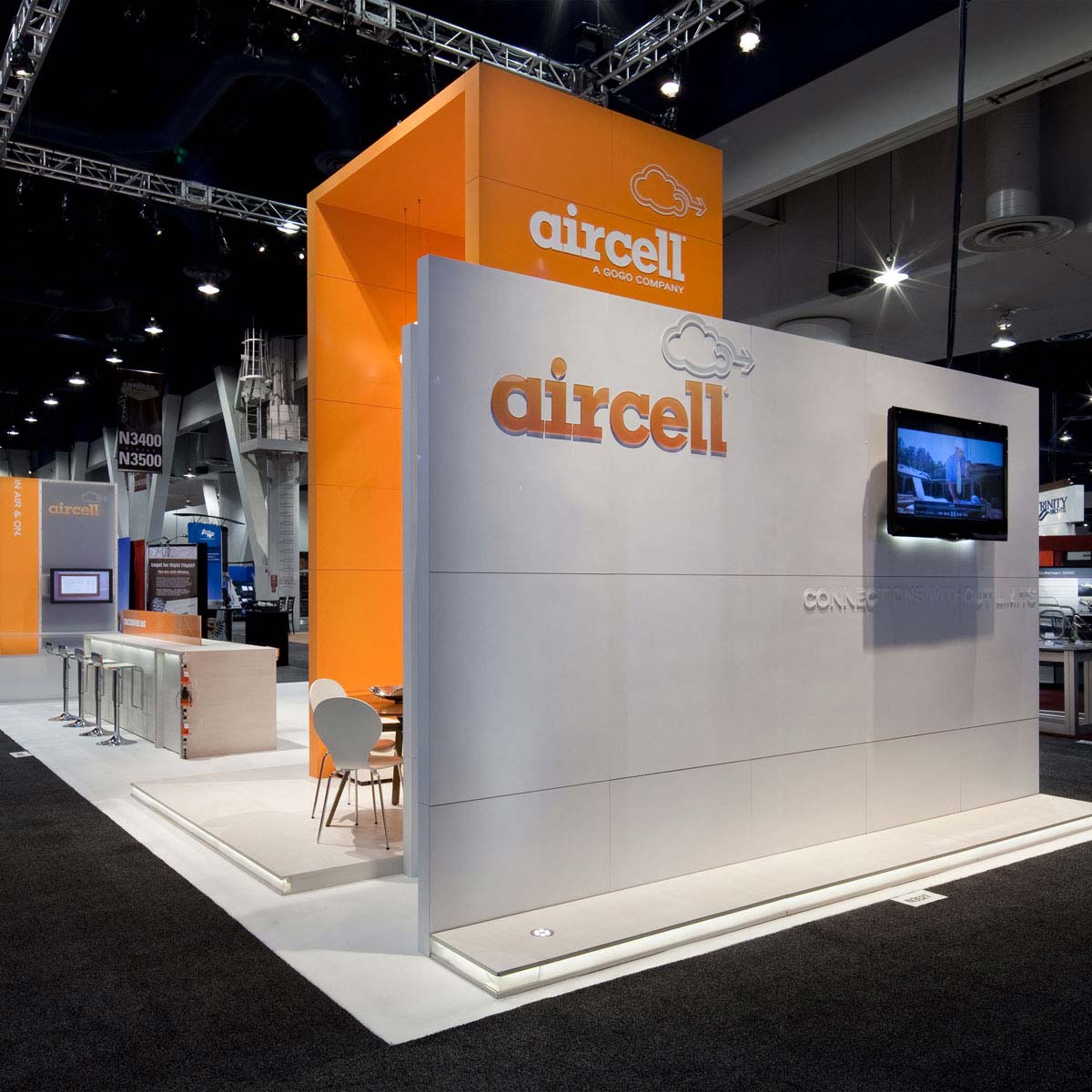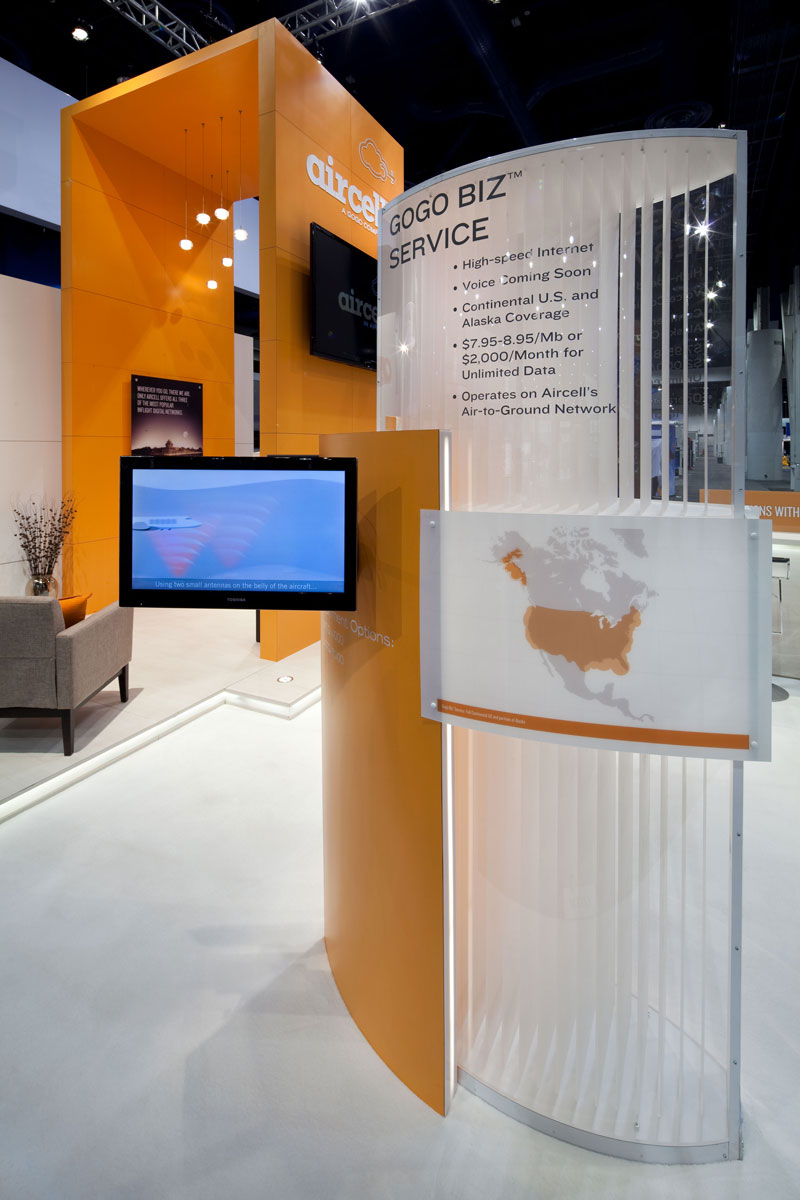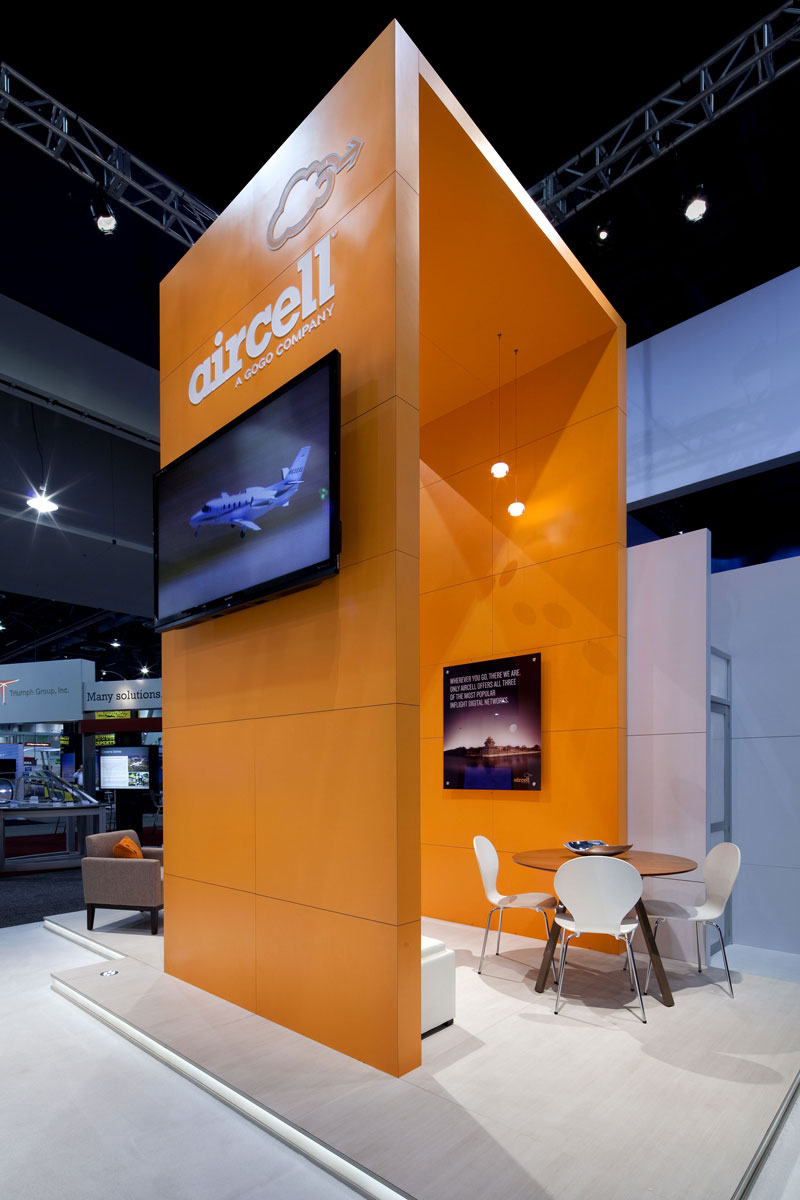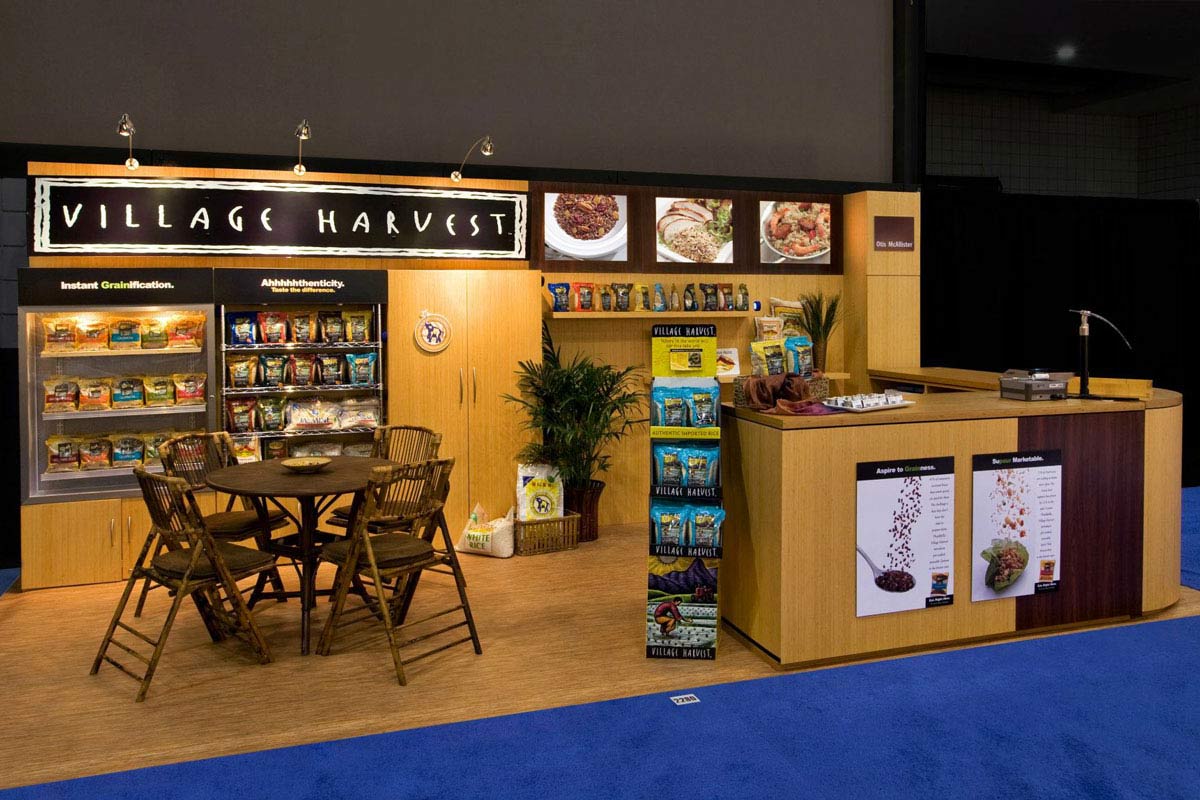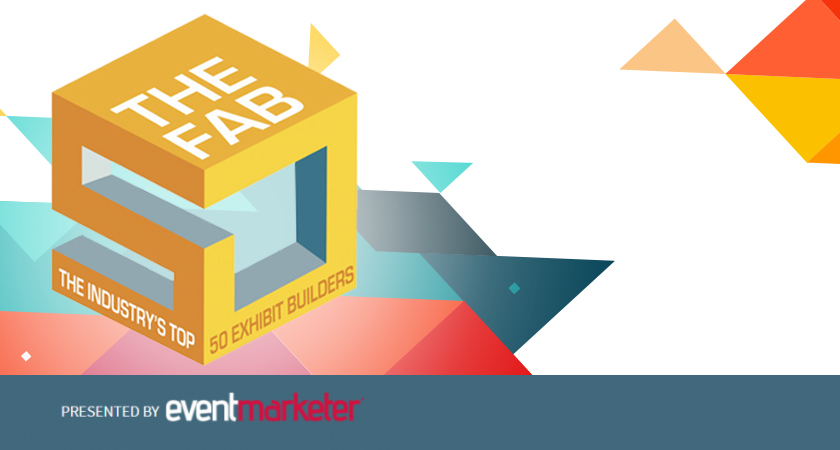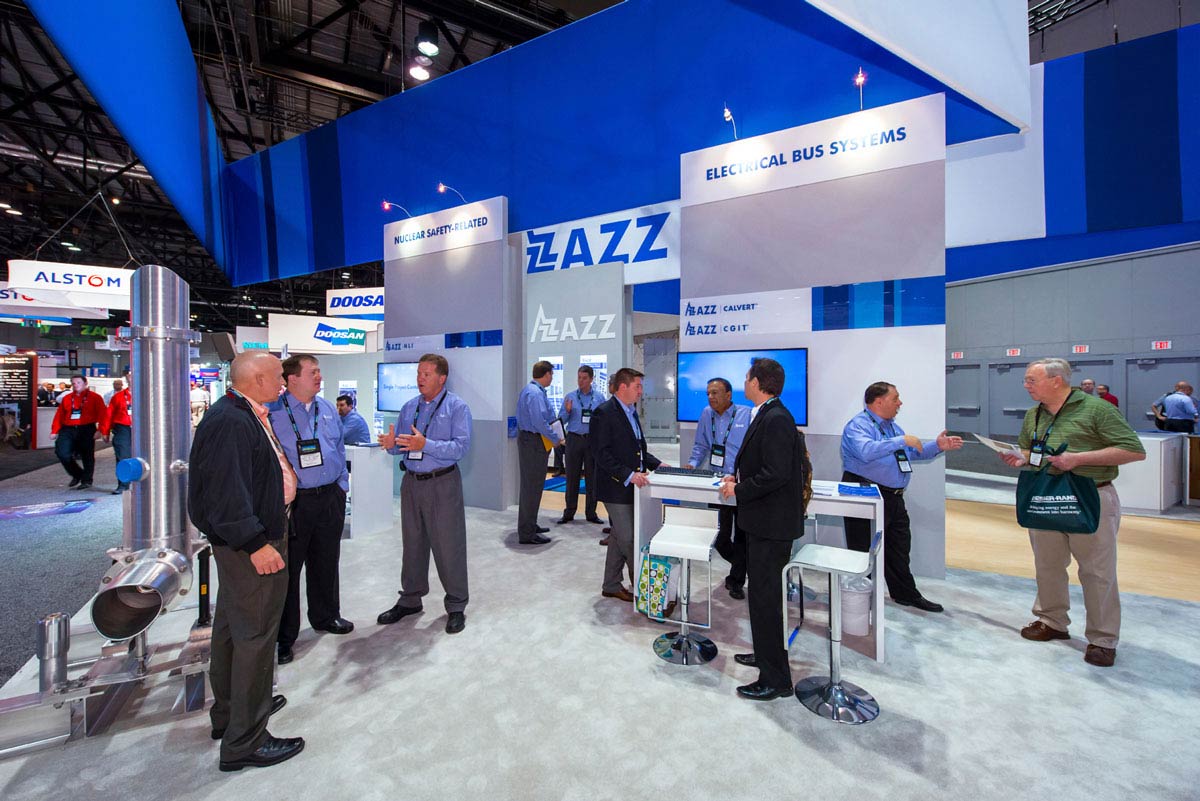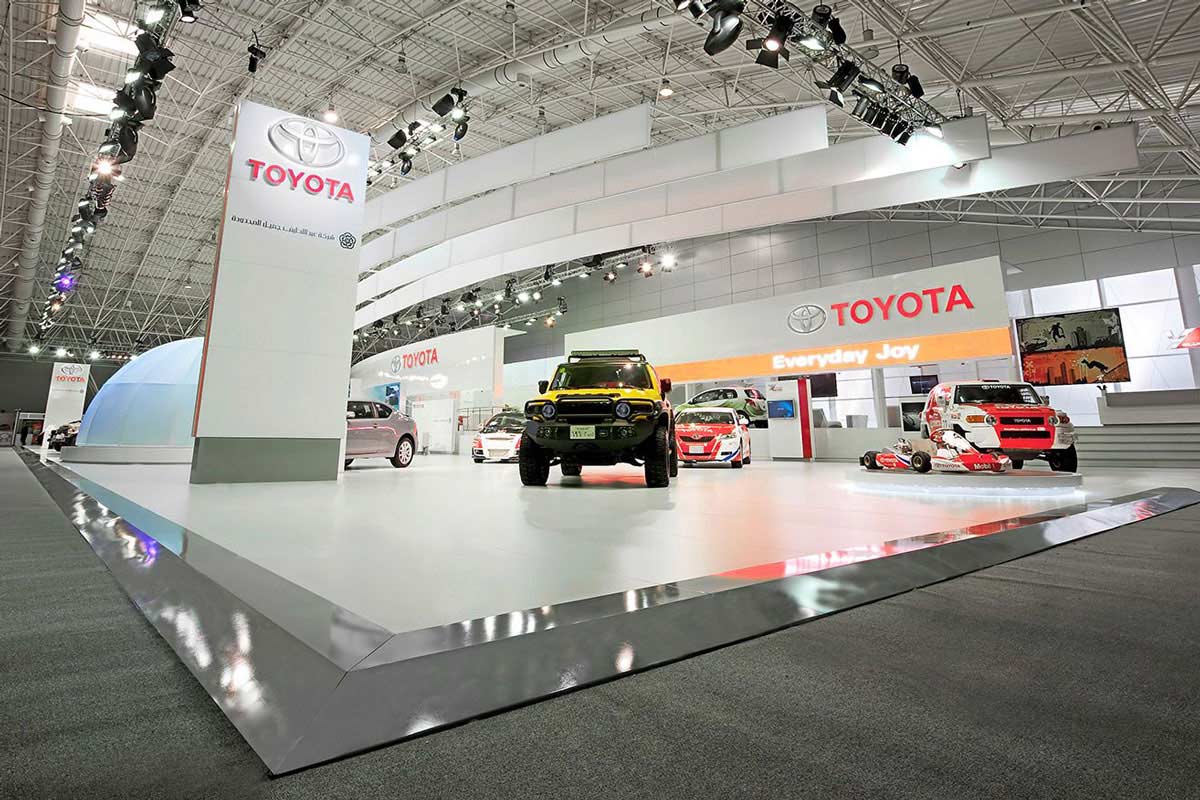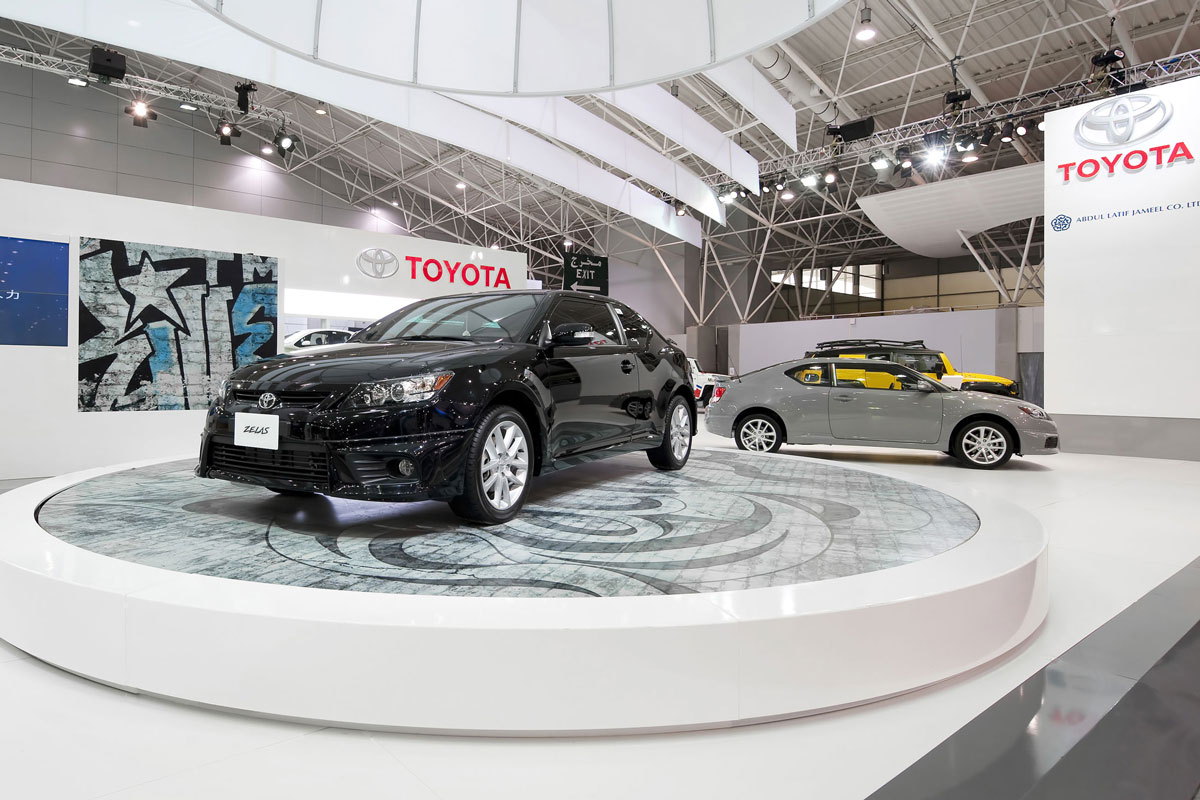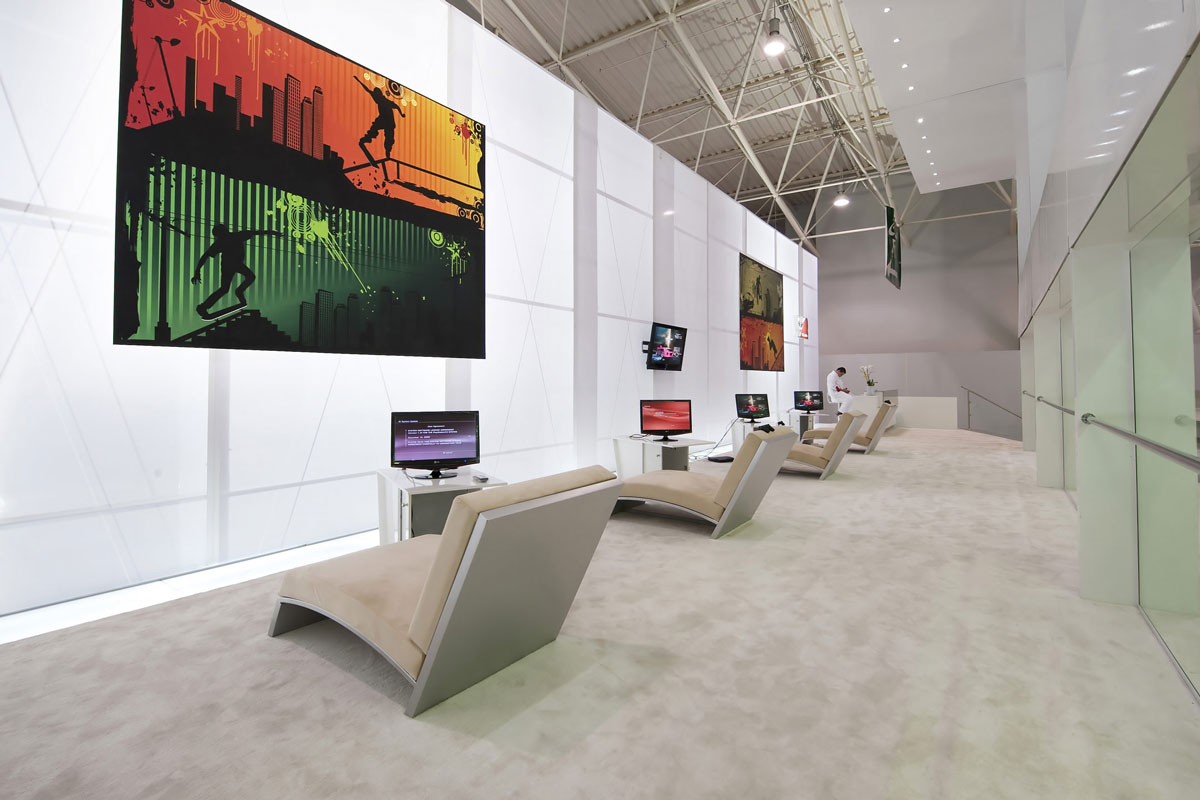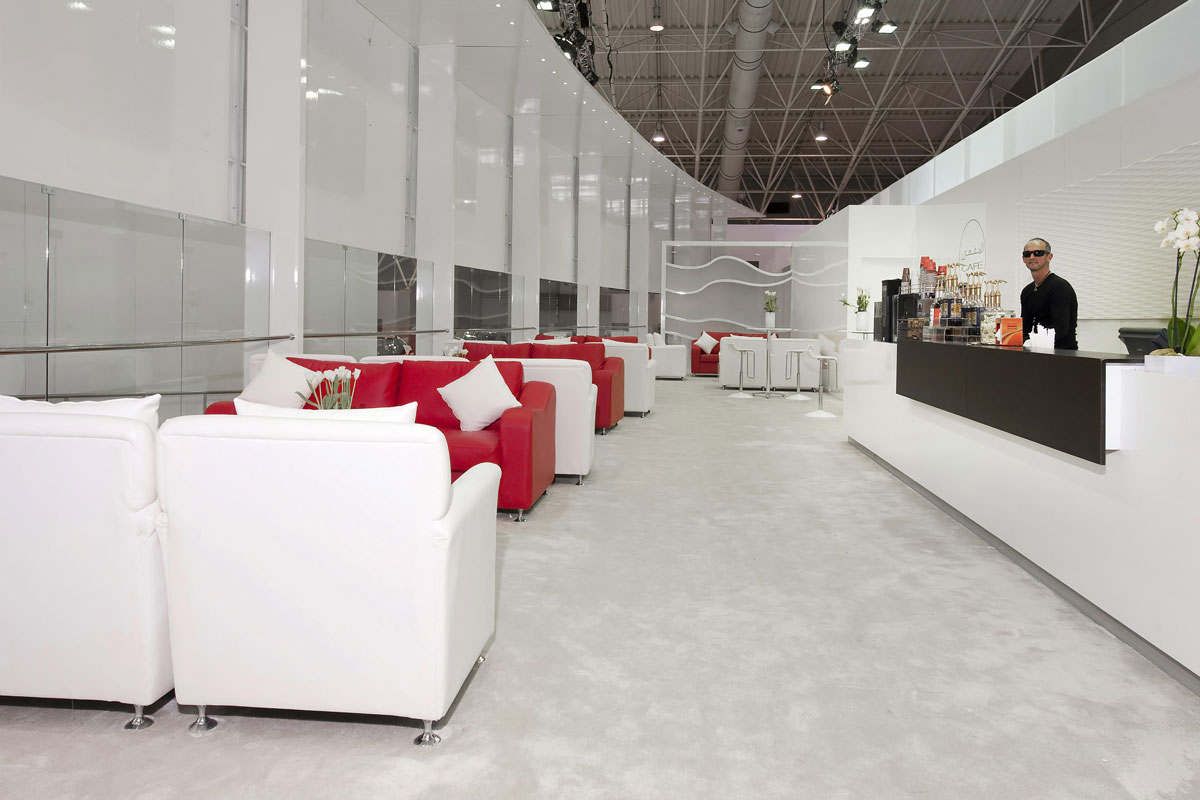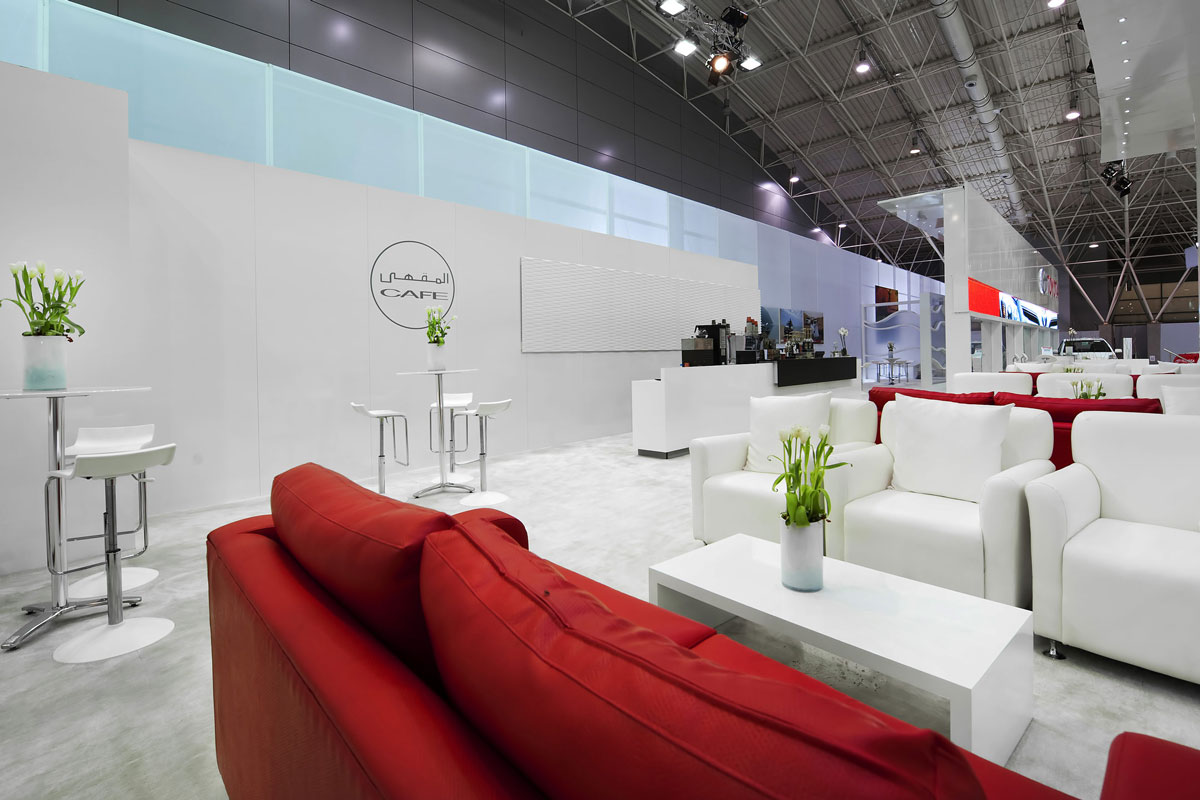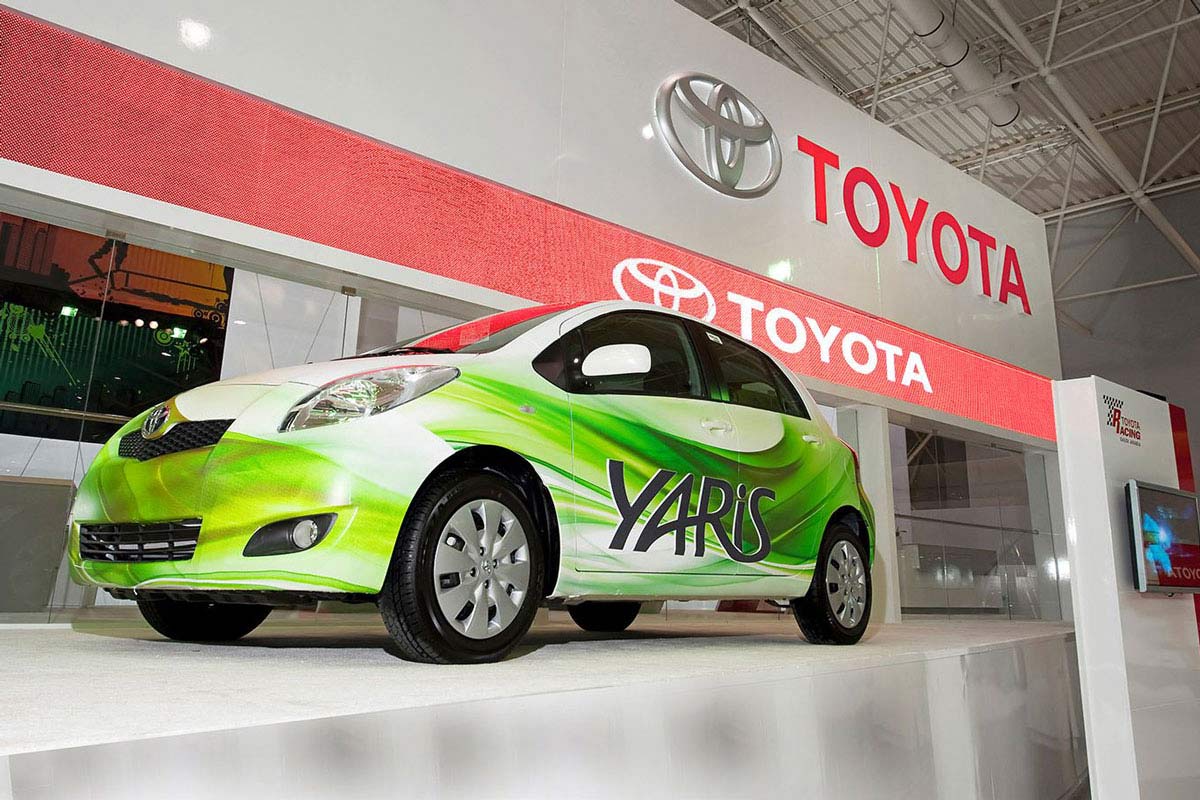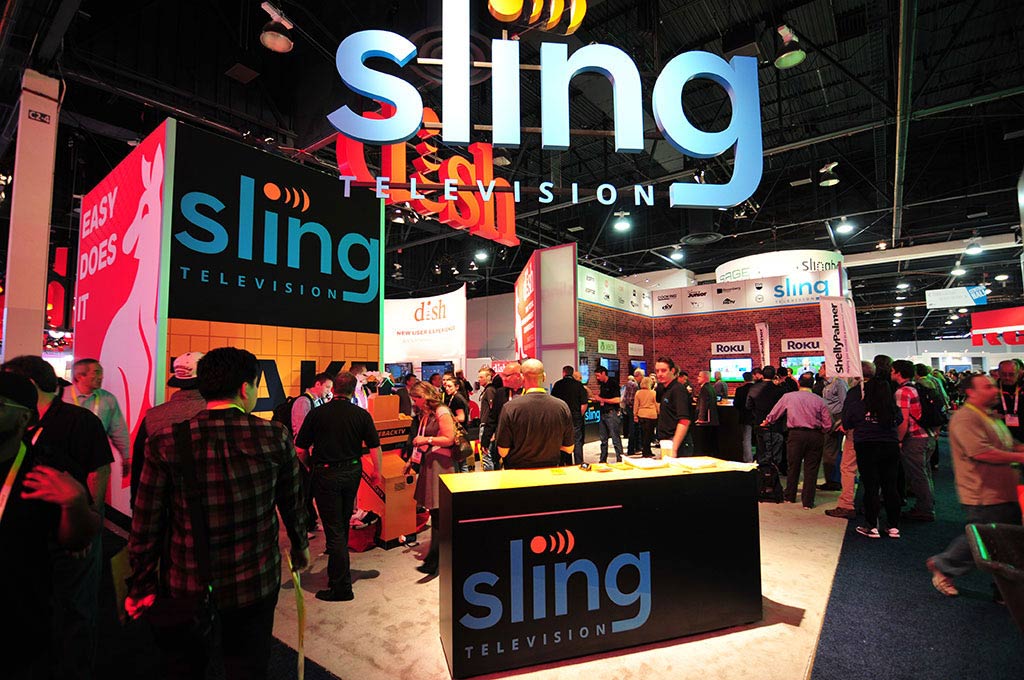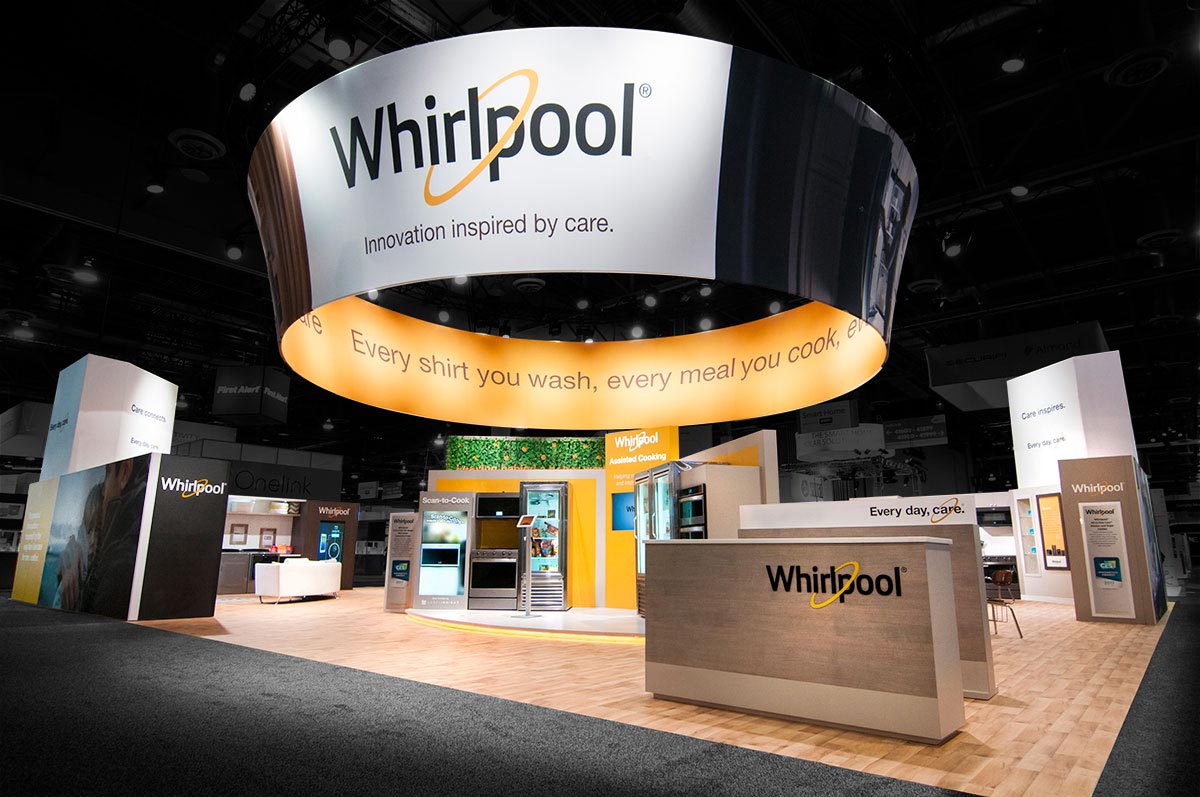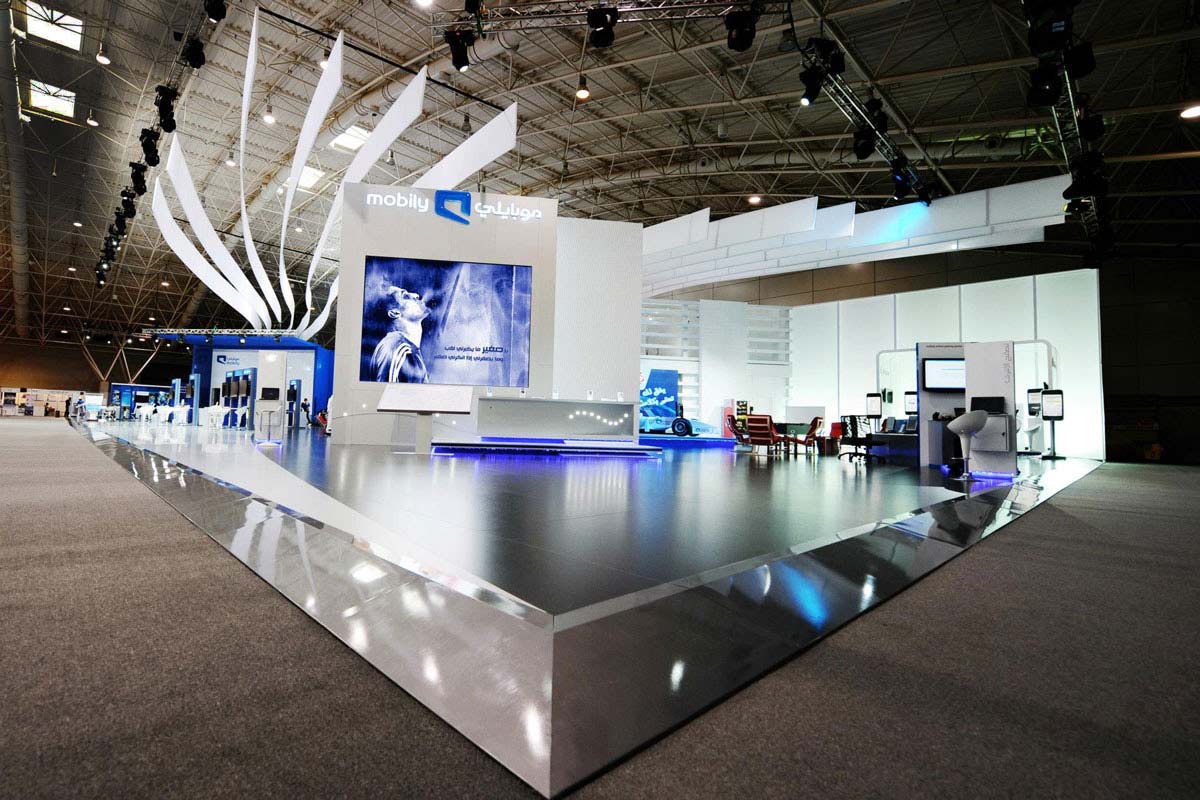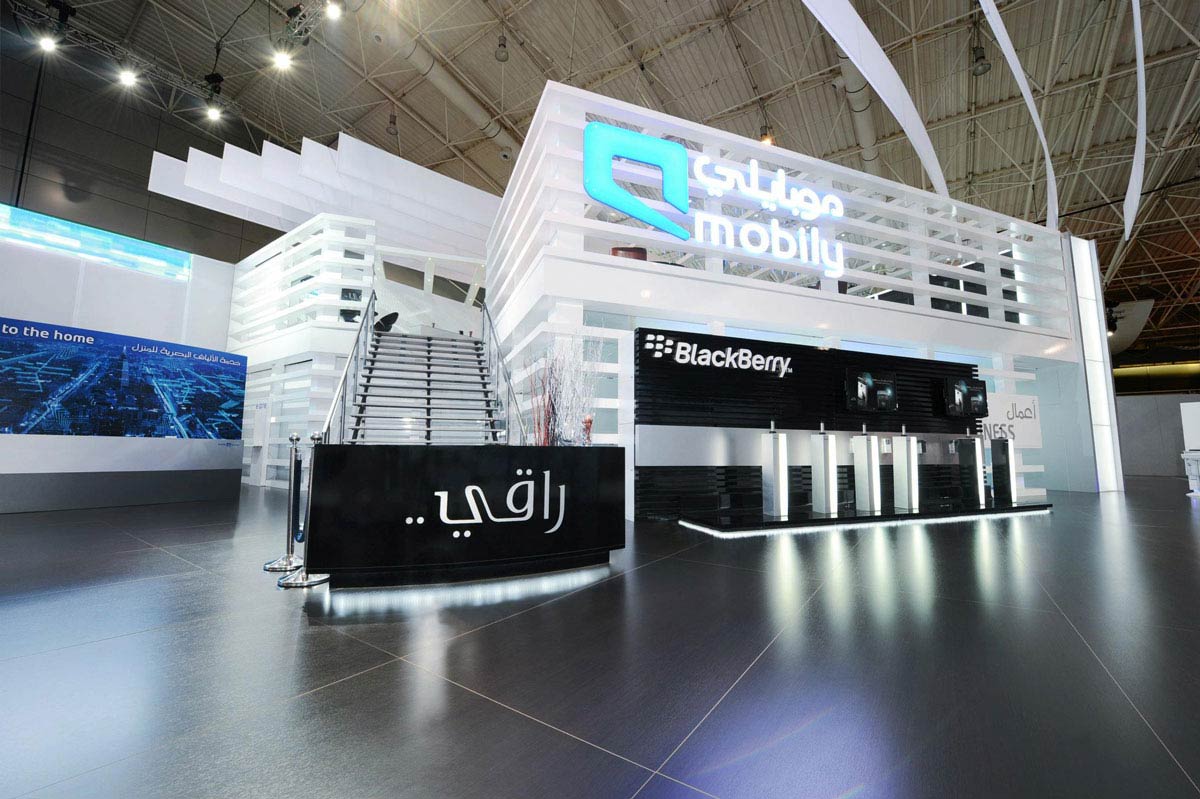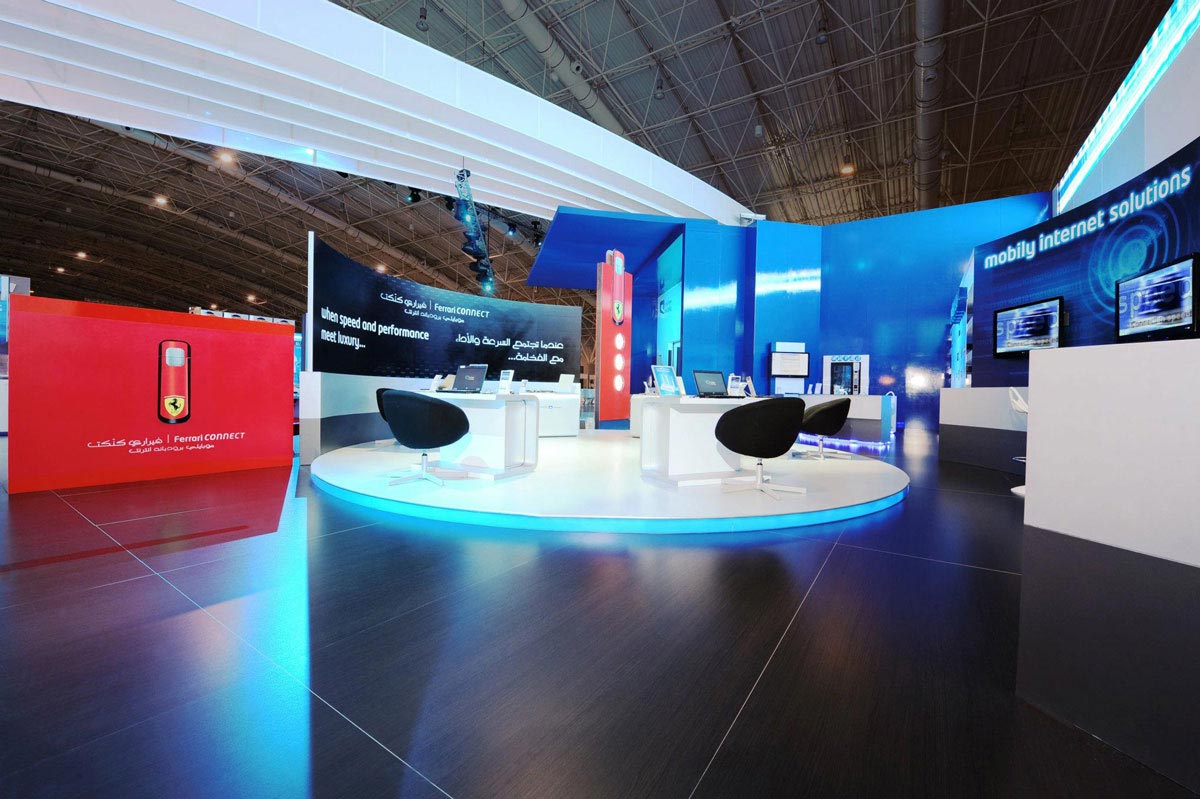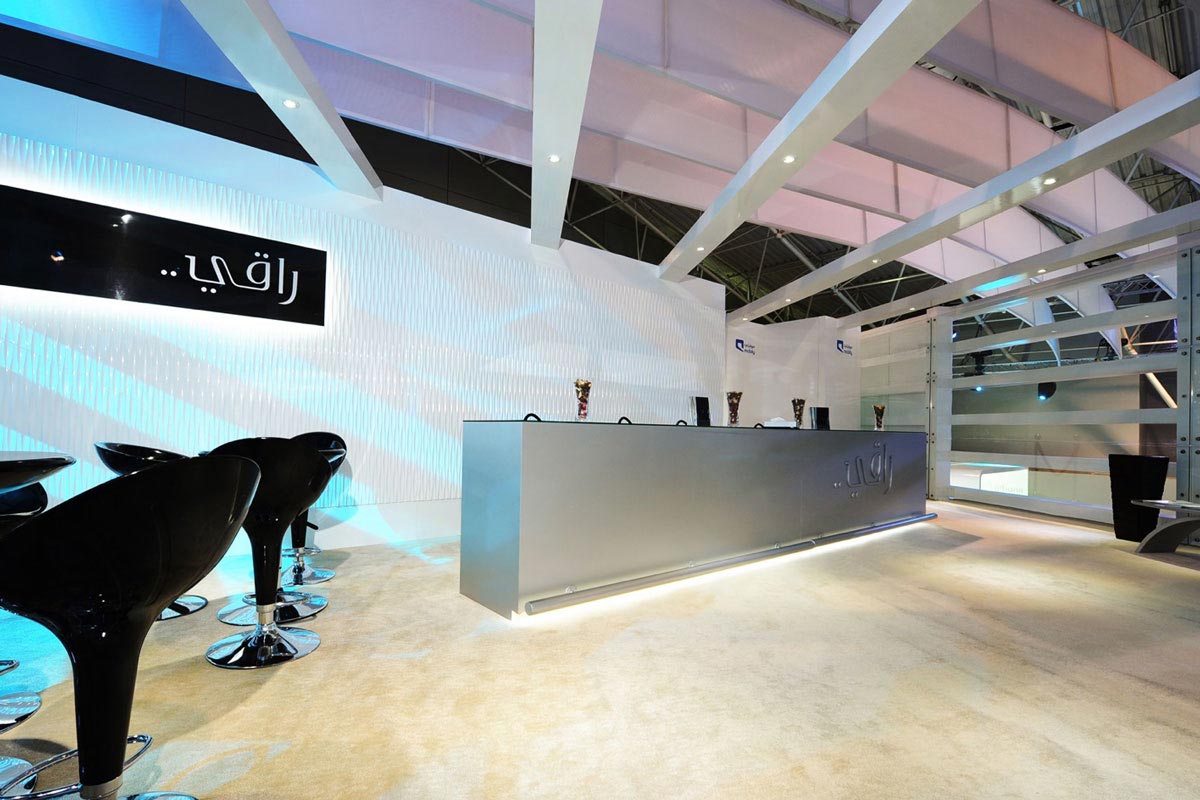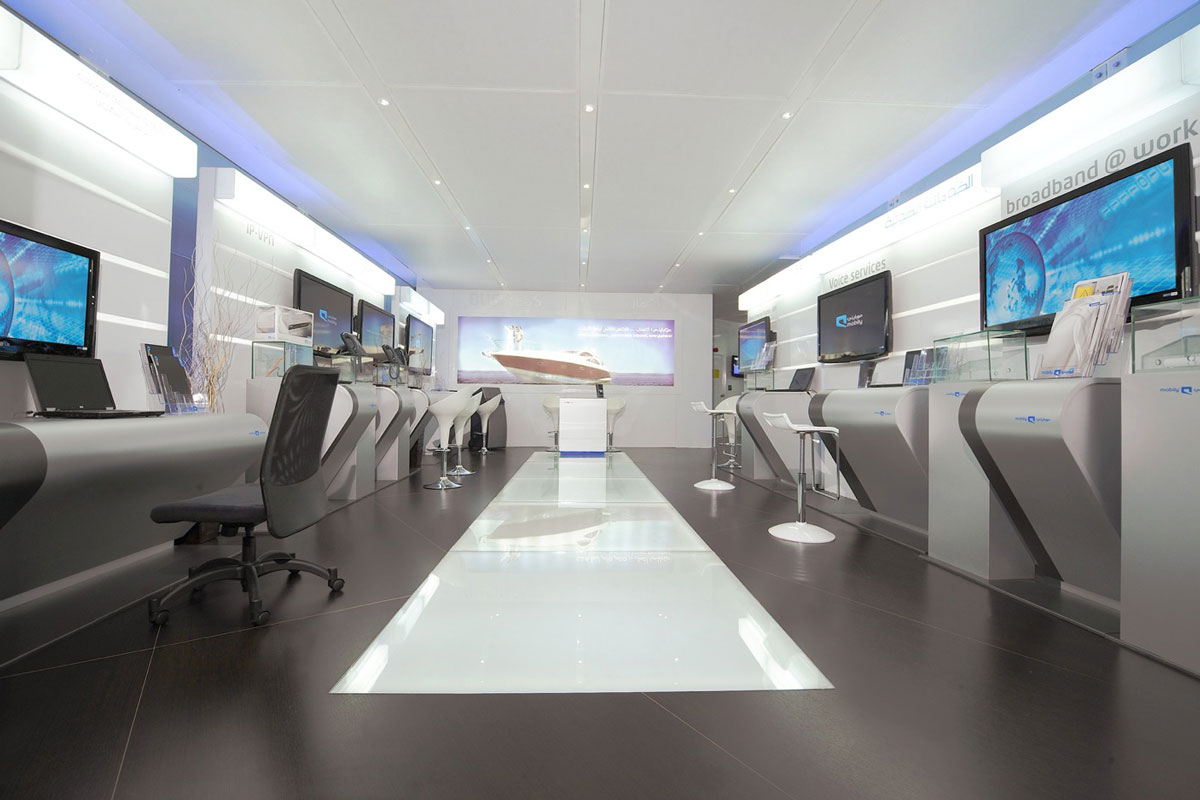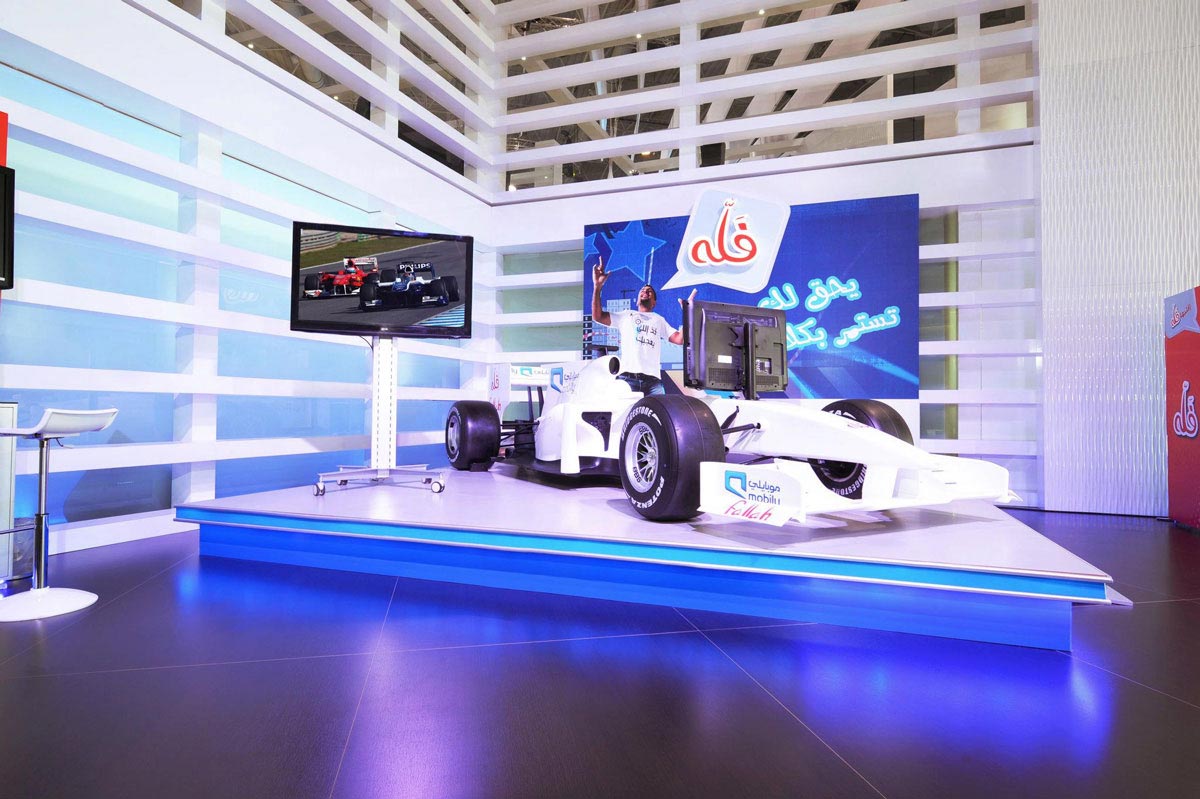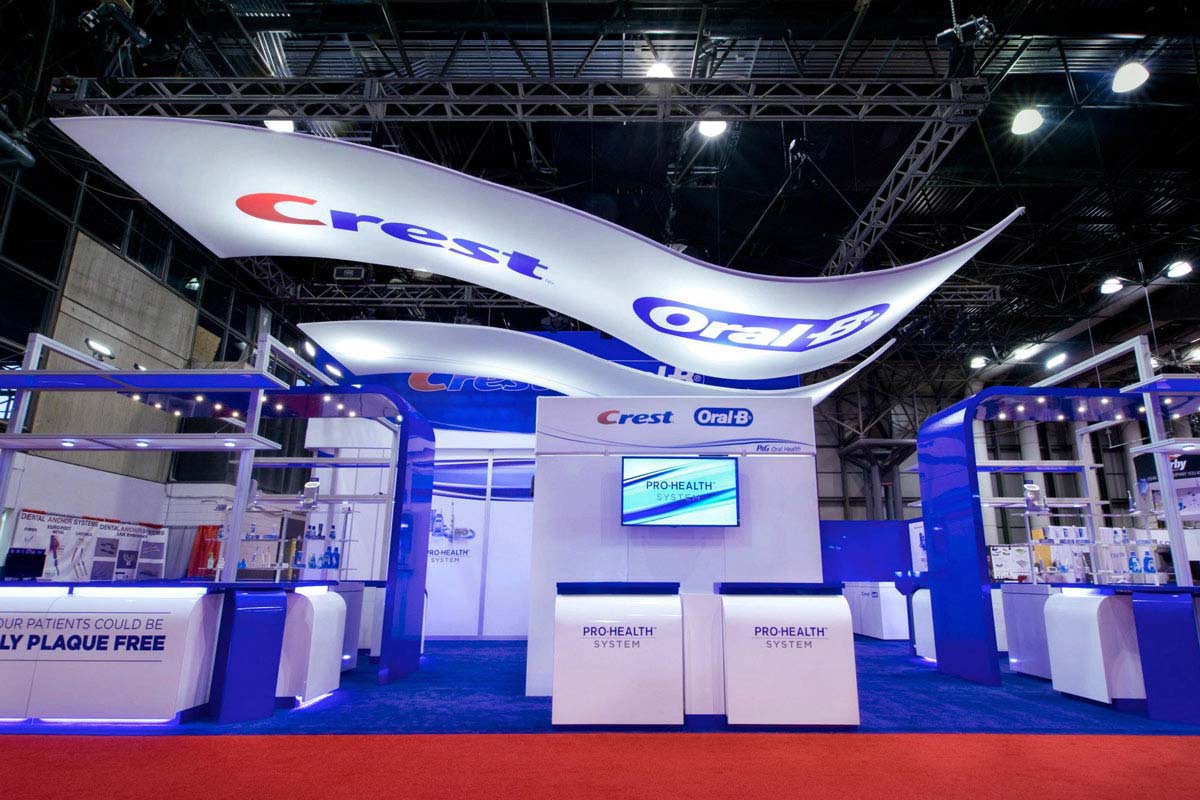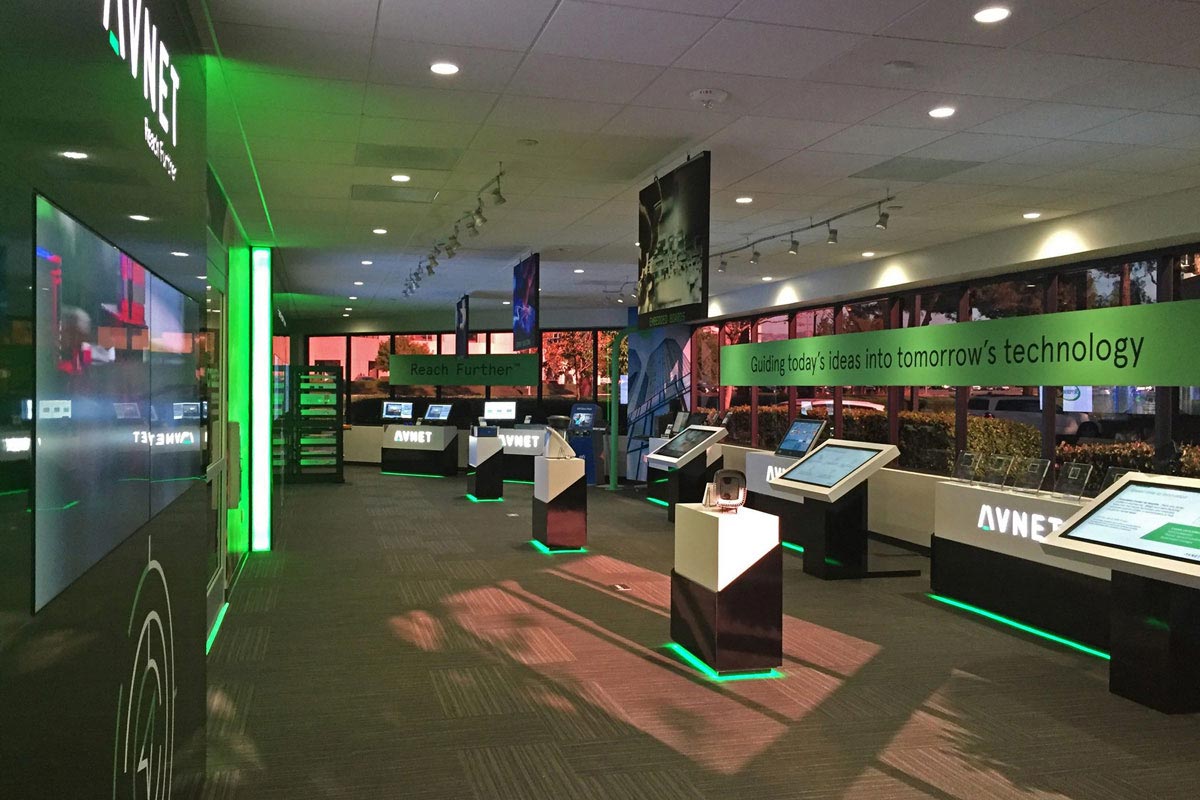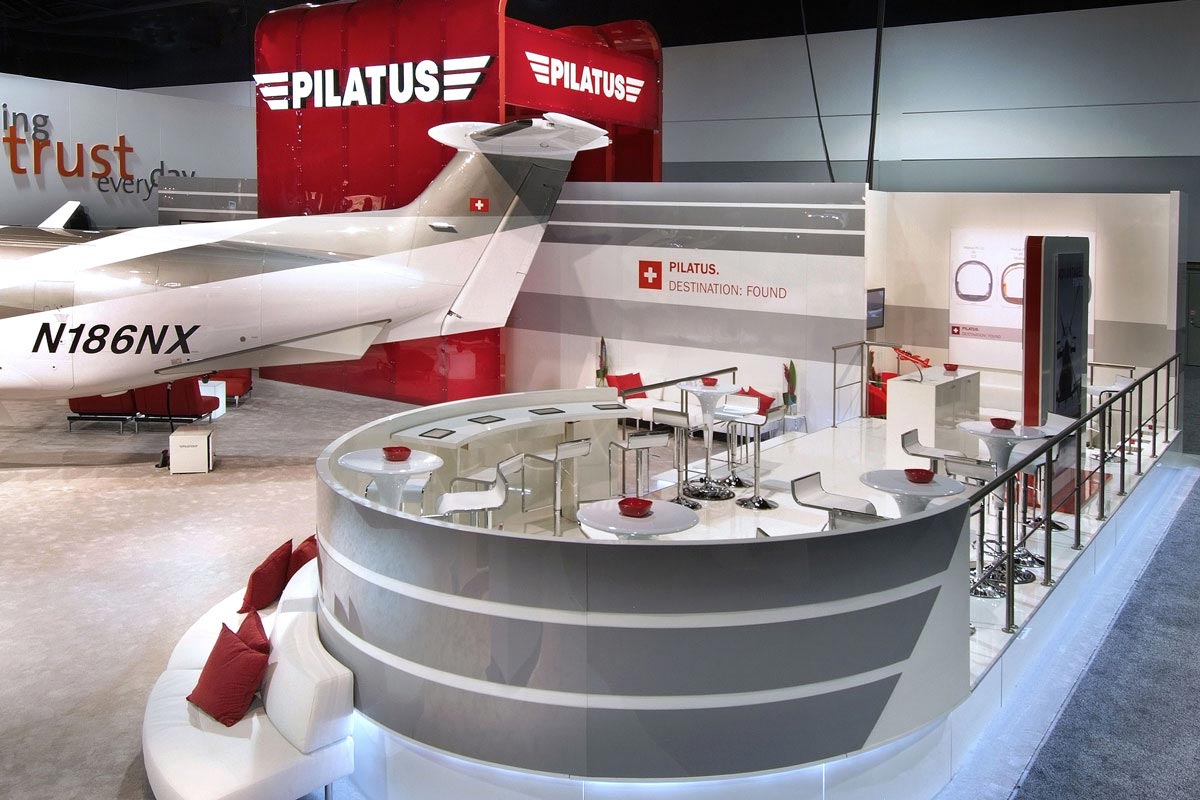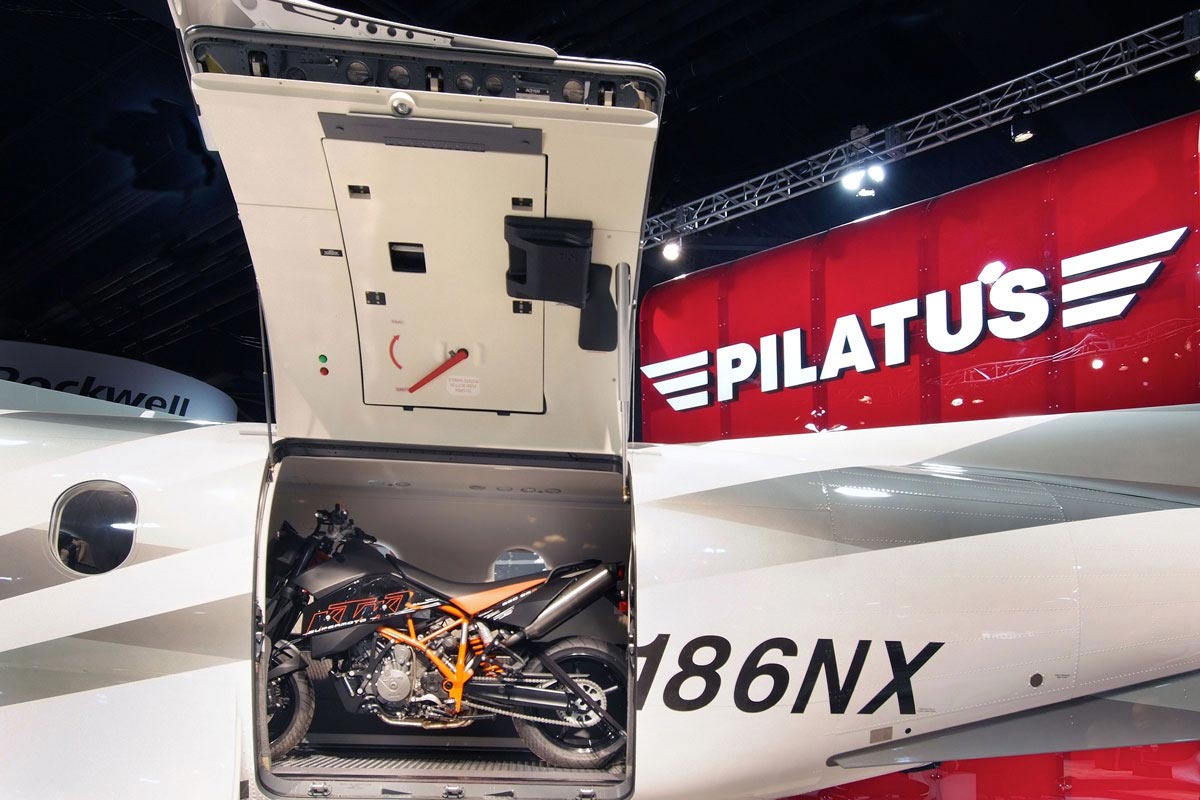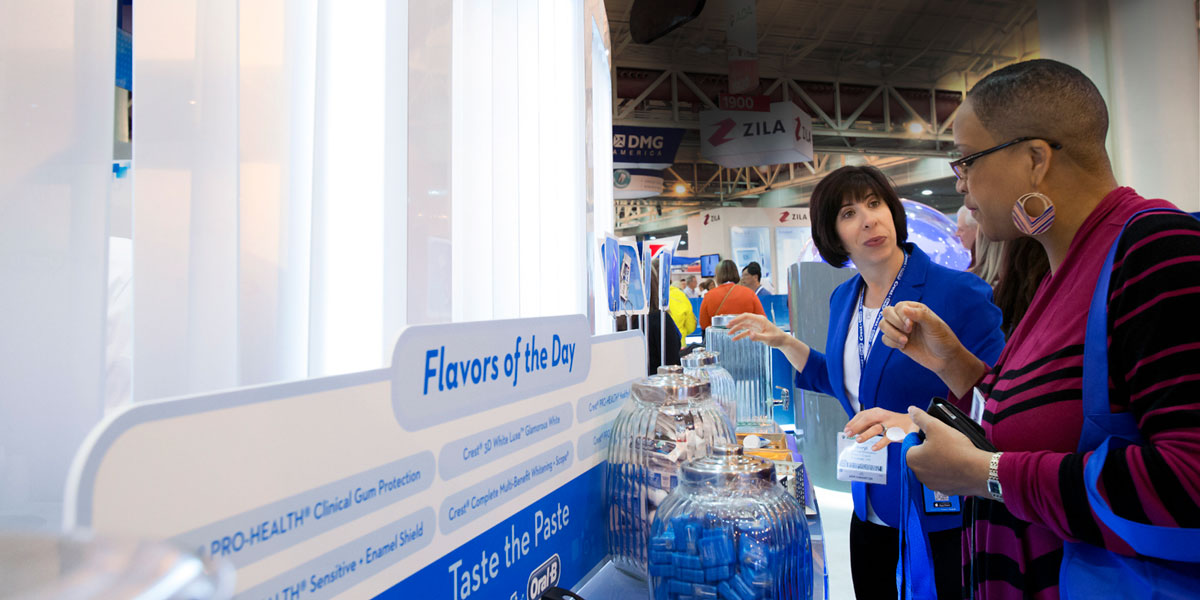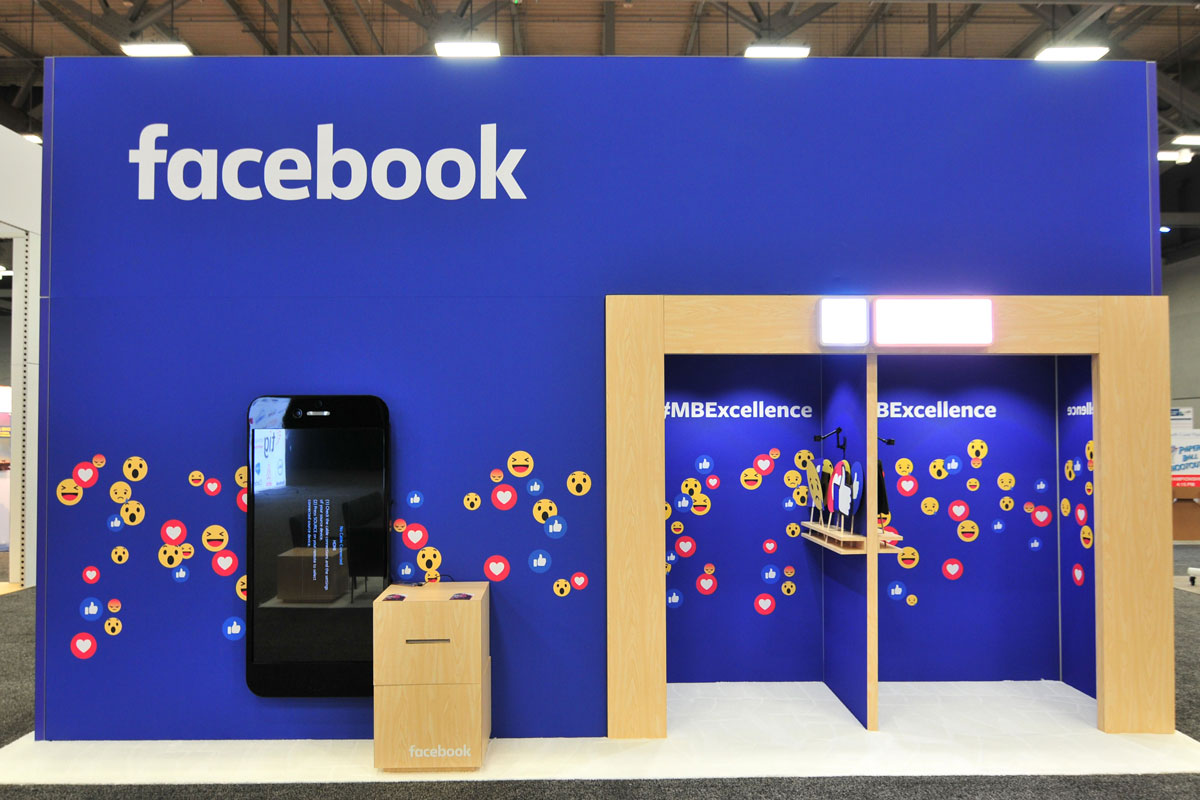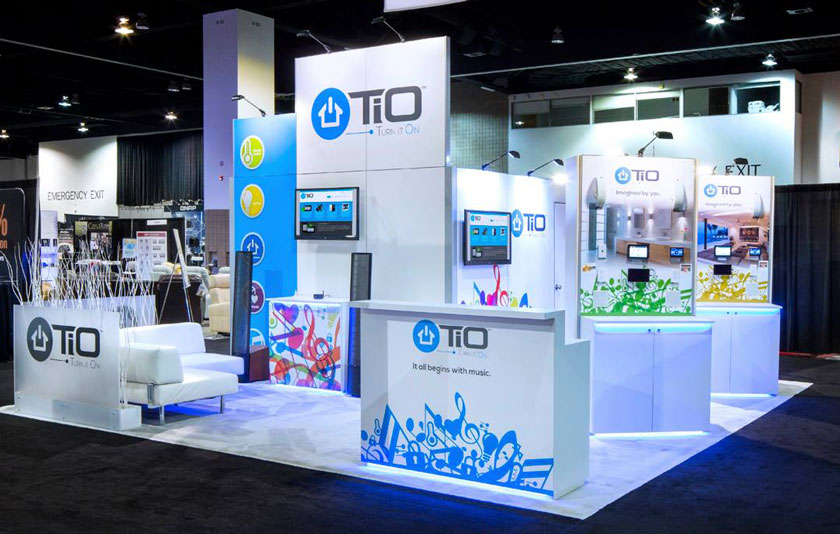
Marketing strategies have evolved significantly over the past decades, and two terms that frequently surface in discussions about innovative approaches are “experiential marketing” and “event marketing.”
Although they are sometimes used interchangeably, they represent distinct strategies with unique goals and methods. In this blog, we’ll define each term, compare and contrast them, and highlight how InterGlobal Exhibits (IGE) excels in both arenas through their custom trade show booths.
Defining Experiential Marketing
Experiential marketing, also known as engagement marketing, is a dynamic strategy that directly involves consumers, inviting them to actively participate in a brand experience. Unlike traditional advertising methods that passively deliver messages, experiential marketing immerses consumers in interactive and engaging activities.
This approach allows brands to create a deeper connection with their audience by providing experiences that are both memorable and impactful. Through activities such as product demonstrations, interactive installations, and live events, consumers are given the opportunity to engage with the brand in meaningful ways, fostering a sense of involvement and personal connection.
The primary goal of experiential marketing is to establish a memorable and emotional bond between the consumer and the brand. By creating experiences that resonate on an emotional level, brands can forge lasting relationships with their audience.
These emotional connections often translate into increased brand loyalty and advocacy, as consumers who have positive and memorable experiences with a brand are more likely to become repeat customers and recommend the brand to others. This emotional engagement is a powerful differentiator in a competitive market, where consumers are bombarded with countless advertising messages daily.
Experiential marketing goes beyond the limitations of traditional advertising by involving the consumer in a hands-on, immersive experience that often incorporates multi-sensory elements. This multi-sensory engagement can include visual, auditory, tactile, and even olfactory components, creating a rich and immersive environment that captures the consumer’s full attention.
For example, a cosmetics brand might set up a pop-up store where consumers can not only see and try the products but also smell fragrances and feel textures. By appealing to multiple senses, brands can create more impactful and memorable experiences, leaving a lasting impression on consumers and distinguishing themselves from competitors.
Key characteristics of experiential marketing include:
Interactive Elements: Consumers interact with the brand through activities, games, or other participatory experiences.
Memorability: Creating a lasting impression that consumers remember long after the experience has ended.
Emotional Connection: Building a deeper relationship by engaging consumers’ emotions.
Personalization: Tailoring experiences to meet the preferences and needs of individual consumers.
Defining Event Marketing
Event marketing involves the strategic organization or participation in various events to promote a product, service, or brand. These events can encompass a wide range of activities, from large-scale trade shows and industry conferences to more intimate product launches and sponsored community gatherings.
By engaging in event marketing, companies can present their offerings in a dynamic and interactive setting, capturing the attention of attendees and fostering a more personal connection with their audience. Events provide a unique platform for brands to showcase their products and services directly to potential customers in an environment conducive to interaction and engagement.
The primary goal of event marketing is to create valuable opportunities for face-to-face interactions with potential customers. These interactions are crucial as they allow brands to build personal relationships, answer questions in real-time, and provide hands-on demonstrations of their products.
Face-to-face engagement helps to establish trust and credibility, as consumers are more likely to be influenced by direct, personal experiences than by remote advertising. Additionally, these events offer a platform for brands to receive immediate feedback from attendees, allowing for a better understanding of customer needs and preferences.
In addition to fostering direct customer engagement, event marketing plays a significant role in building brand awareness and driving sales. By participating in high-profile events or creating their own, brands can significantly enhance their visibility within their target market. Well-executed event marketing campaigns can generate buzz and media coverage, amplifying the brand’s reach beyond the immediate audience.
Furthermore, events often lead to the generation of qualified leads and potential sales opportunities, as attendees who take the time to visit an event are usually interested in the products or services being showcased. The combination of increased brand awareness, direct customer interaction, and potential sales conversions makes event marketing a powerful tool in a brand’s overall marketing strategy.
Key characteristics of event marketing include:
Brand Promotion: Using events as platforms to showcase and promote the brand.
Lead Generation: Collecting contact information and generating leads for future sales.
Networking: Facilitating connections with potential customers, partners, and industry influencers.
Brand Experience: Providing attendees with a direct experience of the brand, often through demonstrations and hands-on activities.
Comparing and Contrasting Experiential and Event Marketing
While both experiential and event marketing aim to engage consumers and build brand awareness, they differ in their approaches and outcomes.
Scope and Focus
Experiential Marketing
Experiential marketing campaigns focus on creating unique, memorable experiences that forge emotional connections with consumers. By offering intimate and personalized interactions, this approach targets specific audience segments with tailored experiences that resonate deeply. Unlike traditional marketing strategies, experiential marketing immerses consumers in engaging activities that reflect their interests and values, making the brand experience highly relevant and impactful.
Whether through immersive pop-ups, interactive installations, or hands-on product demonstrations, experiential marketing ensures that consumers feel a personal connection to the brand, fostering loyalty and long-lasting relationships. This personalized engagement not only enhances brand perception but also drives word-of-mouth recommendations, amplifying the reach and influence of the marketing efforts.
Event Marketing
Event marketing centers around larger-scale marketing experiences that attract broader audiences, aiming to maximize brand visibility, facilitate networking, and generate leads. By participating in or organizing significant events such as trade shows, industry conferences, and product launches, brands can showcase their offerings to a diverse and extensive audience.
The primary focus of event marketing is to create impactful brand exposure, allowing companies to present their products and services to potential customers, partners, and industry influencers in a dynamic setting. These events provide valuable opportunities for networking, enabling brands to build relationships with key stakeholders and gather important contacts.
Additionally, event marketing channels are a powerful tool for lead generation, as it allows brands to collect information from interested attendees, ultimately driving sales and fostering long-term business growth.
Engagement Level
Experiential Marketing
Experiential marketing emphasizes active participation and sensory engagement, inviting consumers to touch, taste, smell, or interact with the product in meaningful ways. This hands-on approach allows consumers to experience the brand on a deeper level, engaging multiple senses to create a more immersive and memorable interaction.
By incorporating elements such as tactile displays, product samples, interactive installations, and sensory activations, brands can create a vivid and impactful experience that resonates with consumers. This sensory engagement not only captures attention but also helps to forge stronger emotional connections, making the brand more memorable and enhancing consumer loyalty.
Event Marketing
Event marketing strategies may include interactive elements, but the overall engagement level can vary depending on the event’s structure and goals. While some events are highly interactive, featuring immersive booths, live demonstrations, and hands-on activities, others may focus more on presentations, keynote speeches, and informational sessions. These varied formats allow brands to tailor their engagement strategies to the specific context and audience of each event.
For instance, a trade show booth might invite attendees to participate in interactive product demonstrations, while a conference might center around expert talks and panel discussions. This flexibility in engagement levels ensures that event marketing can effectively cater to diverse audience preferences and objectives, from passive information gathering to active participation and networking.
Outcomes
Experiential Marketing
Aims to leave a lasting emotional impact and foster long-term brand, product, or service loyalty. Success is measured by the depth of the consumer’s connection to the brand.
Event Marketing
Focuses on immediate outcomes such as lead generation, sales, and brand exposure. Success is often measured by the number of leads collected, sales made, and the overall reach of the event.
Examples
Experiential Marketing
A brand setting up a pop-up experience where consumers can immerse themselves in the product’s environment, such as a virtual reality adventure or a themed interactive installation.
Event Marketing
A company participating in a trade show to showcase its products, network with industry professionals, and generate leads.
How InterGlobal Exhibits Excels in Both Arenas
InterGlobal Exhibits (IGE) stands at the forefront of both experiential and event marketing, offering innovative solutions through their custom trade show booths. Here’s how IGE leads the industry in both areas:
Experiential Marketing Leadership
IGE understands the power of creating memorable experiences. Their custom trade show booths are designed to captivate audiences and foster deep emotional connections. By integrating advanced technologies such as augmented reality (AR), virtual reality (VR), and interactive displays, IGE ensures that visitors are not just passive observers but active participants in the brand’s story.
For example, IGE might design a booth where visitors can take a VR tour of a product’s development process, providing a behind-the-scenes look that creates a personal connection and deeper understanding of the brand’s values and mission. These immersive experiences are crafted to leave a lasting impression, turning visitors into loyal customers.
Event Marketing Excellence
In the realm of event marketing, IGE excels by creating booths that are not only visually stunning but also strategically designed to maximize brand exposure and lead generation. Their expertise in booth design ensures that each element, from layout to graphics, is optimized to attract attention and facilitate meaningful interactions.
IGE’s booths are often equipped with features that encourage visitor engagement, such as product demonstration areas, interactive touchscreens, and comfortable meeting spaces for networking. By providing a comprehensive and engaging brand experience, IGE helps companies stand out in crowded event spaces and achieve their marketing goals.
Customized Solutions
One of IGE’s key strengths is their ability to tailor their solutions to meet the unique needs of each client. They offer a no-cost consultation that includes a free 3D design and cost estimate, ensuring that the final product aligns perfectly with the client’s vision and budget. This personalized approach allows brands to create experiences that resonate with their target audience and achieve specific marketing objectives.
End-to-End Services
IGE’s commitment to excellence extends beyond design and construction. They offer end-to-end services that include logistics, installation, and on-site support, ensuring a seamless experience for their clients. This comprehensive approach allows companies to focus on their core activities while IGE handles the complexities of event execution.
Conclusion
Experiential marketing and event marketing are both powerful strategies that can significantly enhance a brand’s visibility and consumer engagement. While they have distinct differences, they also complement each other in creating a holistic marketing approach.
InterGlobal Exhibits exemplifies industry leadership in both experiential and event marketing through their innovative, custom trade show booths. By seamlessly blending advanced technology with strategic design, IGE creates immersive experiences that captivate and engage audiences. Their booths are not only visually stunning but also incorporate interactive elements such as augmented reality, virtual reality, and touchscreens to foster deep, emotional connections with consumers.
Additionally, IGE’s attention to detail ensures that every aspect of the booth, from layout to graphics, is optimized for maximum impact and functionality. This commitment to excellence and innovation allows brands to stand out at events, drive engagement, and achieve their marketing goals effectively.
By combining cutting-edge technology with strategic design and personalized service, IGE helps brands create unforgettable experiences and achieve their marketing goals. Whether you’re looking to create an immersive brand experience or stand out at a major event, IGE has the expertise and creativity to bring your vision to life.








